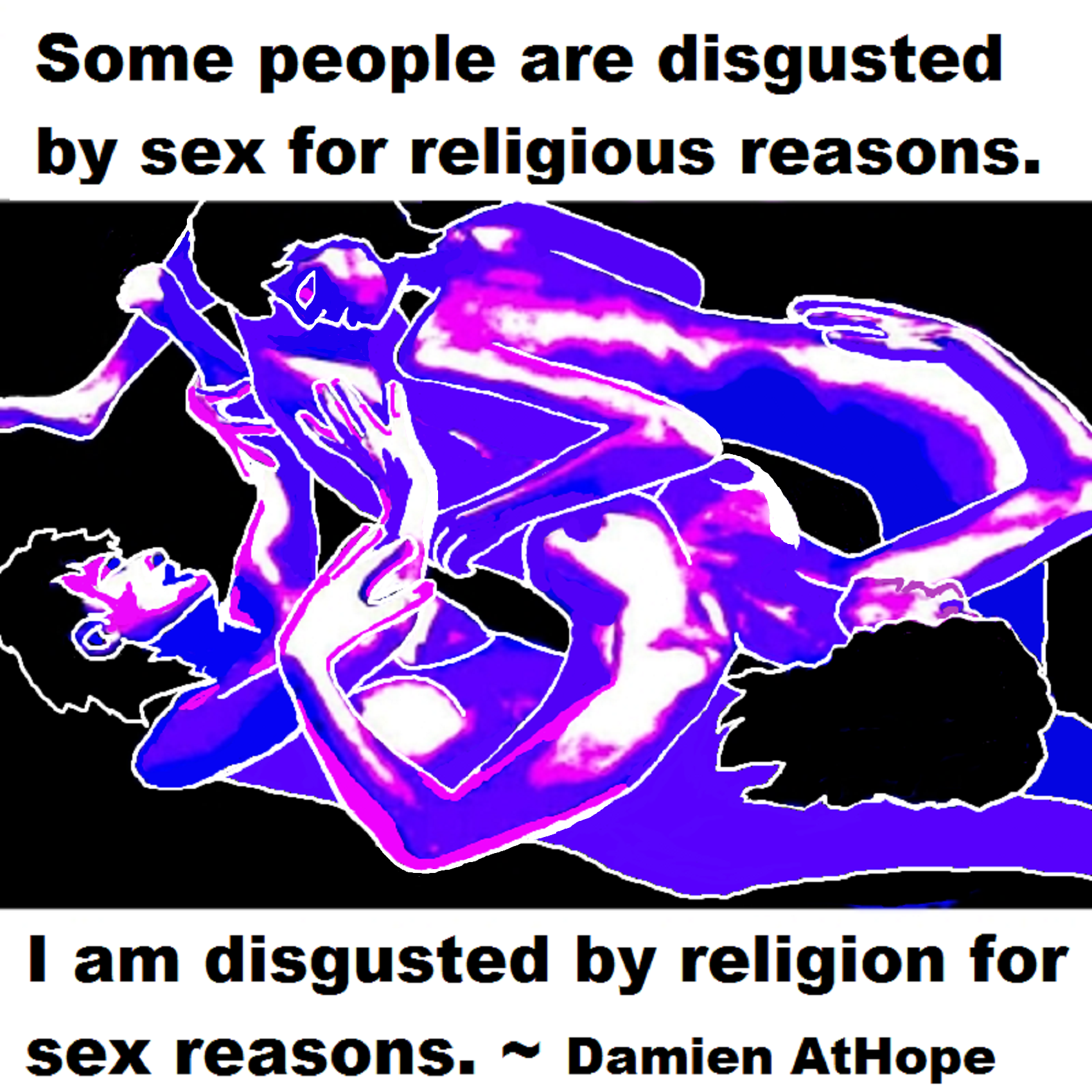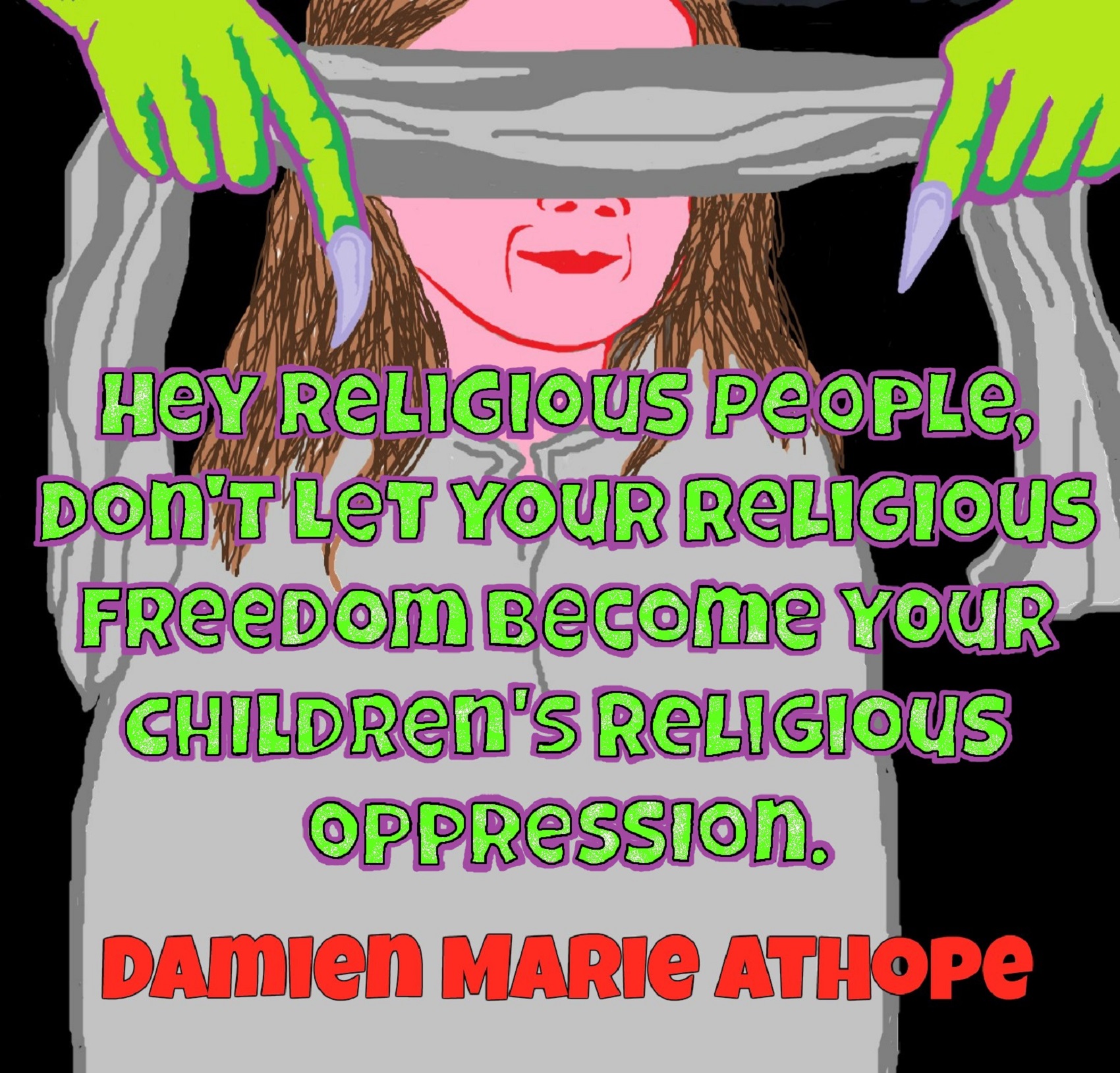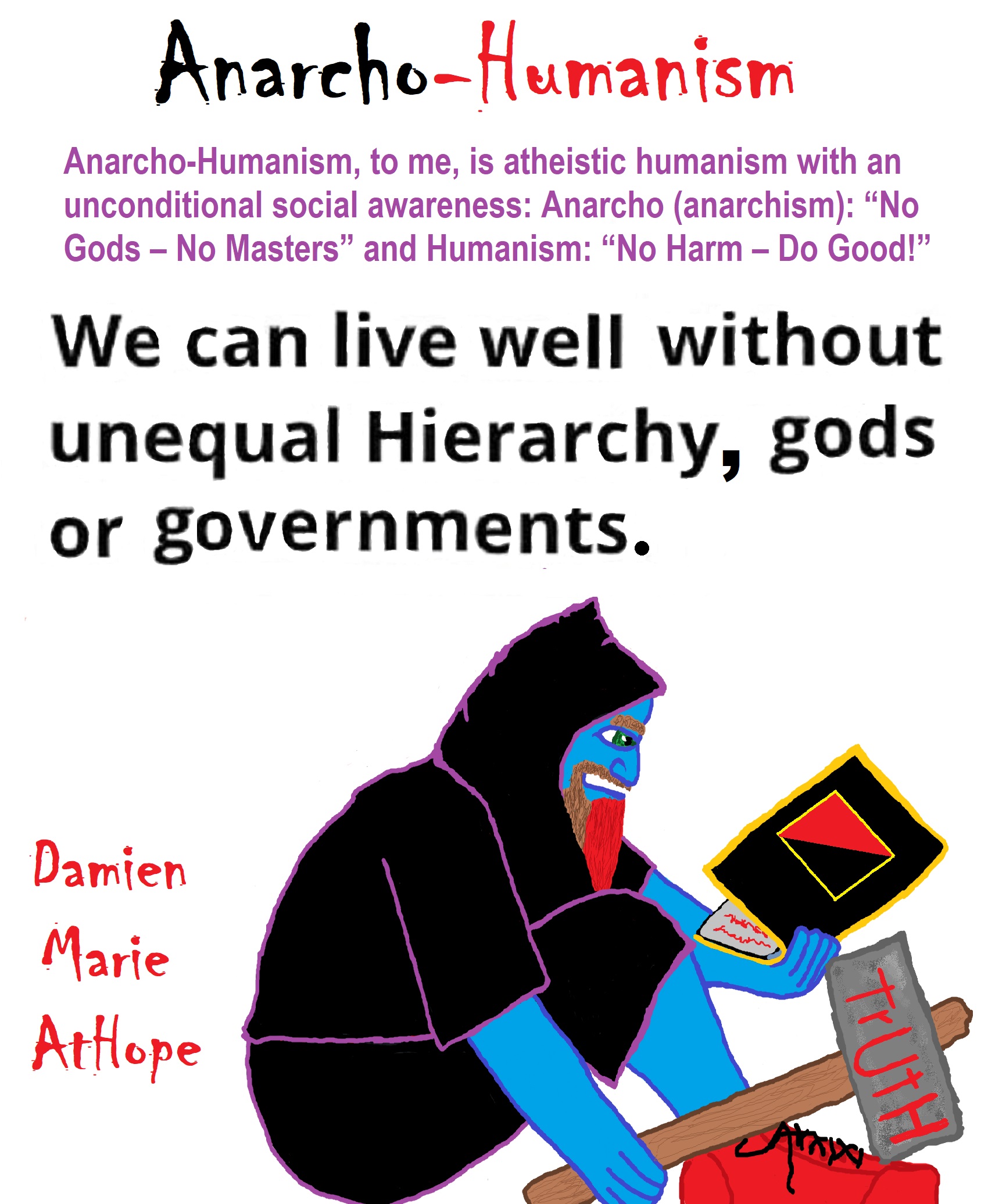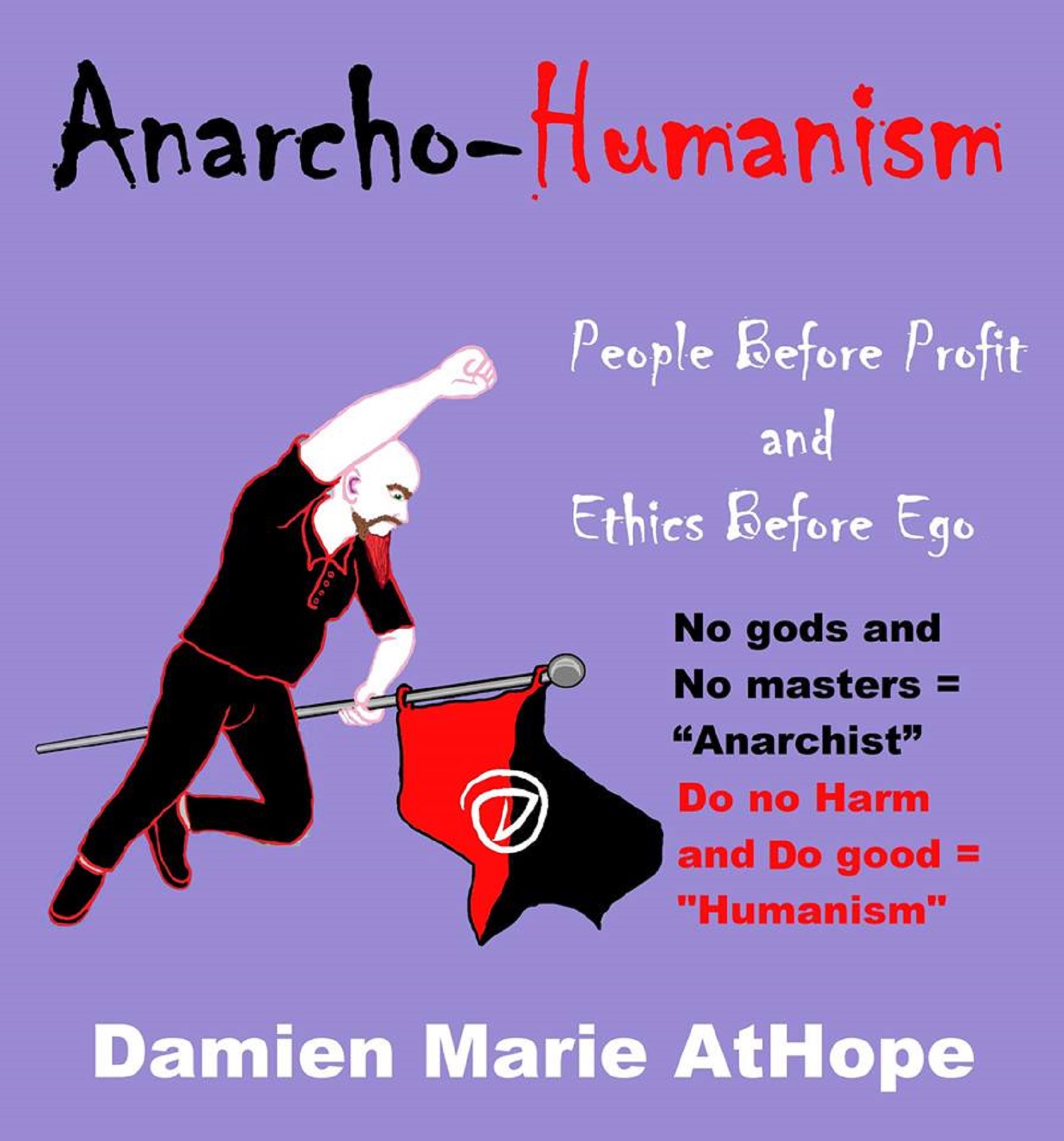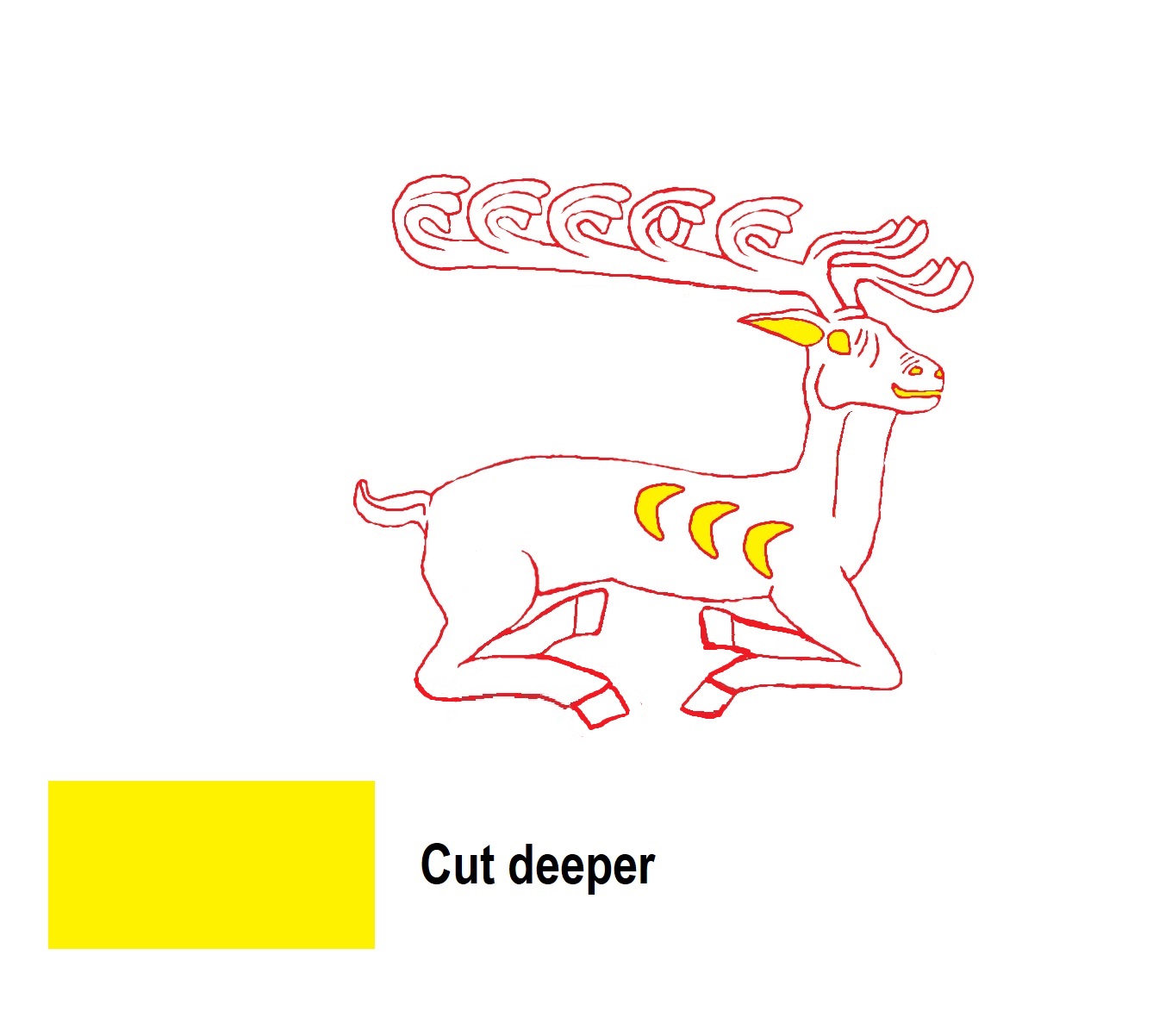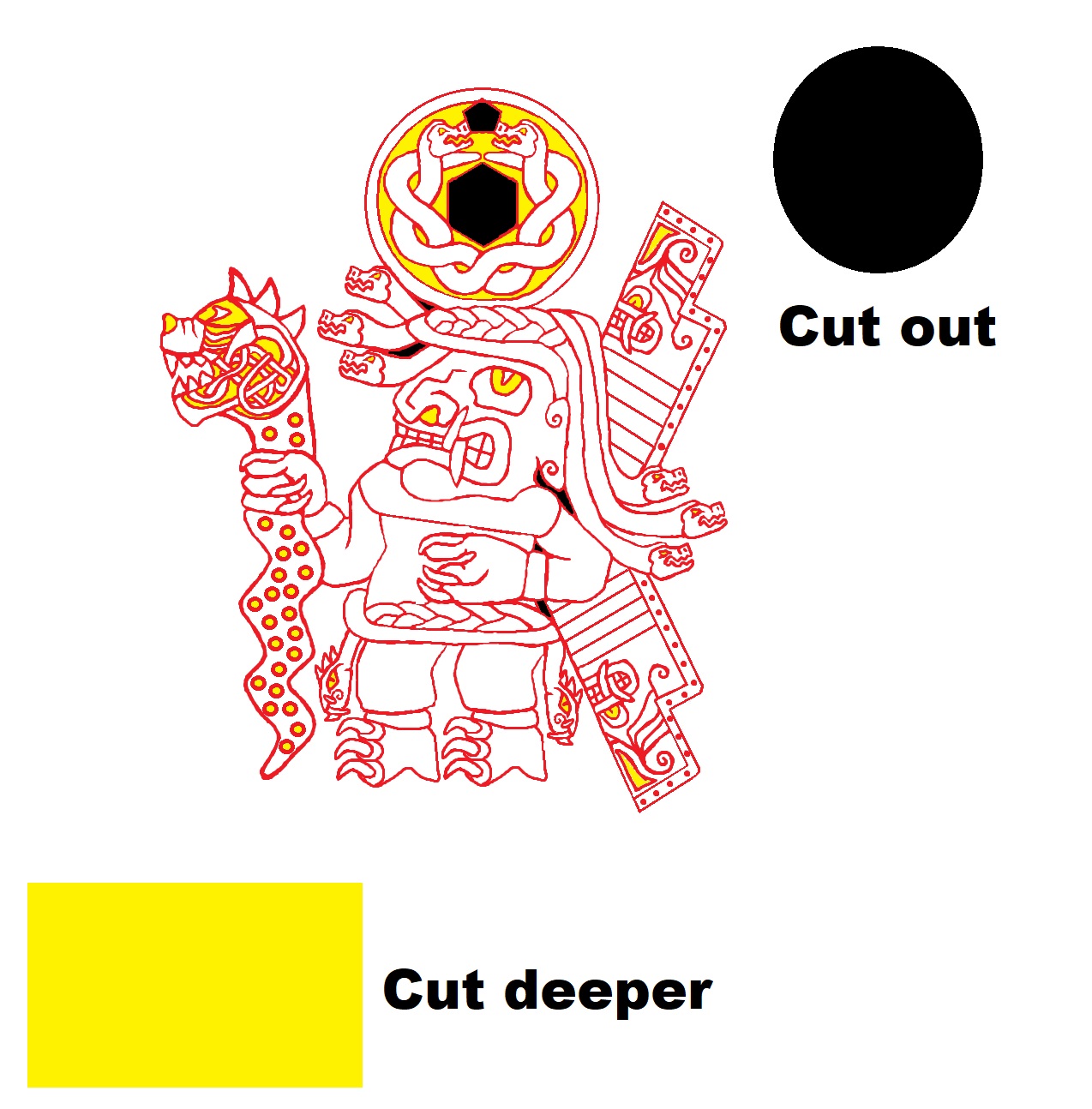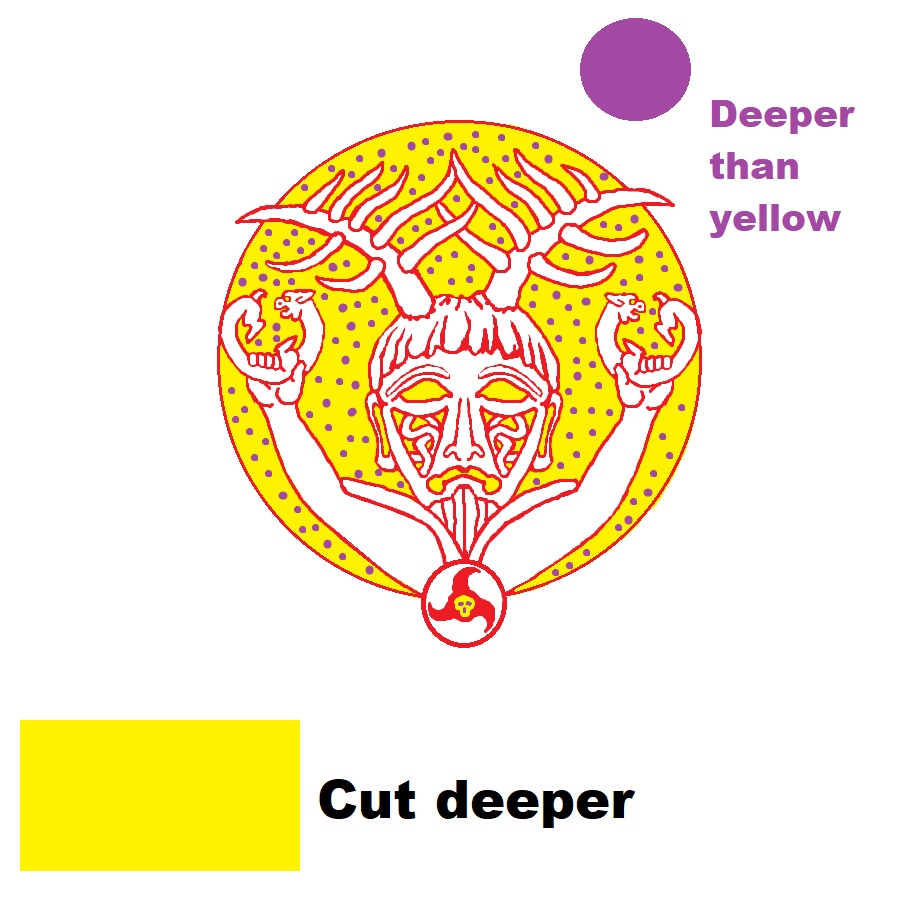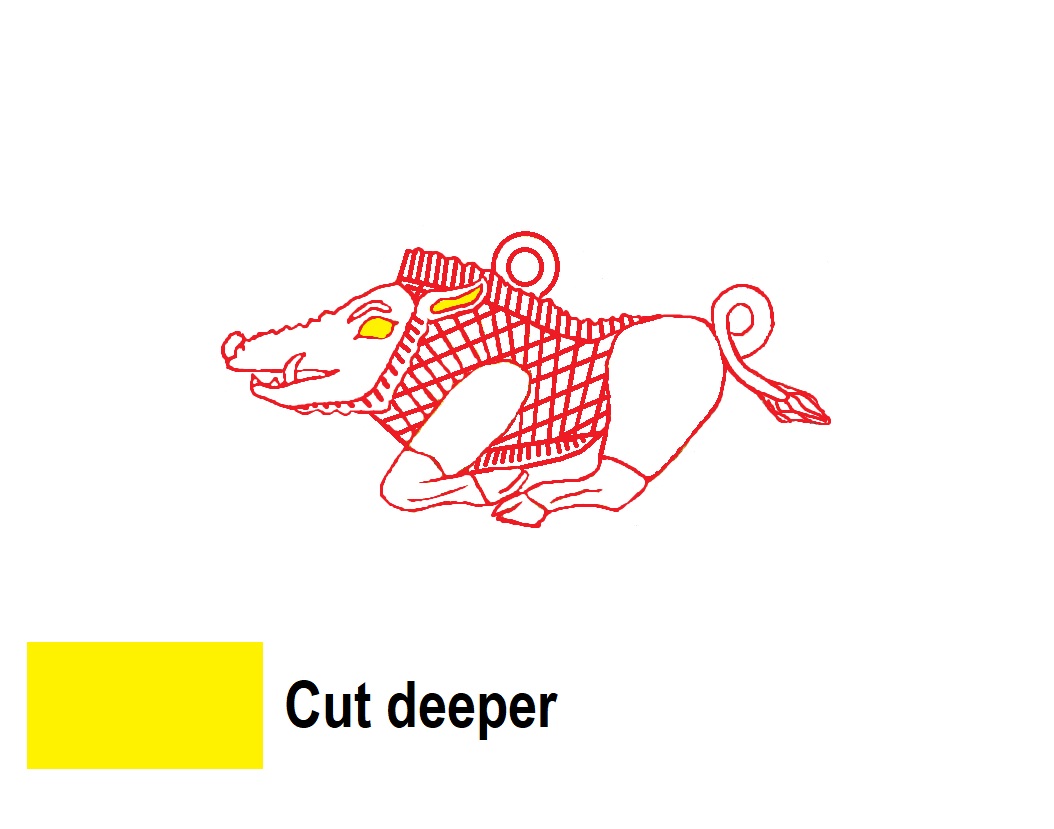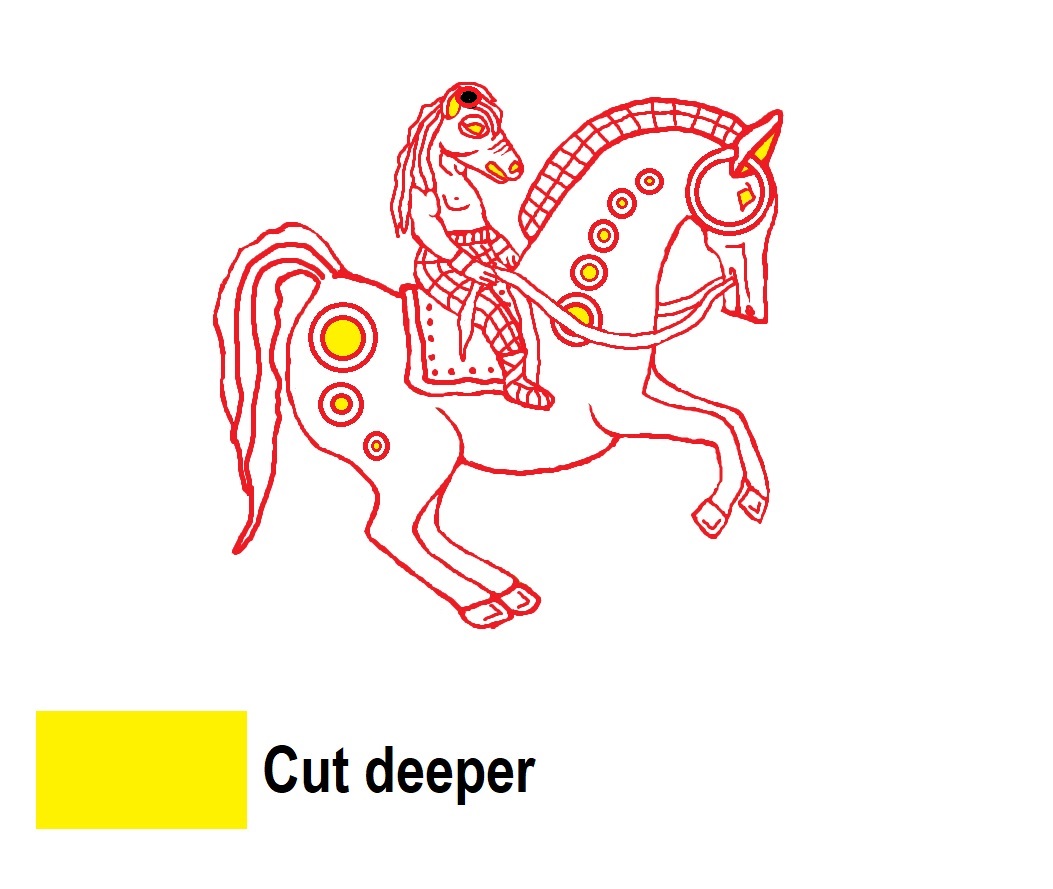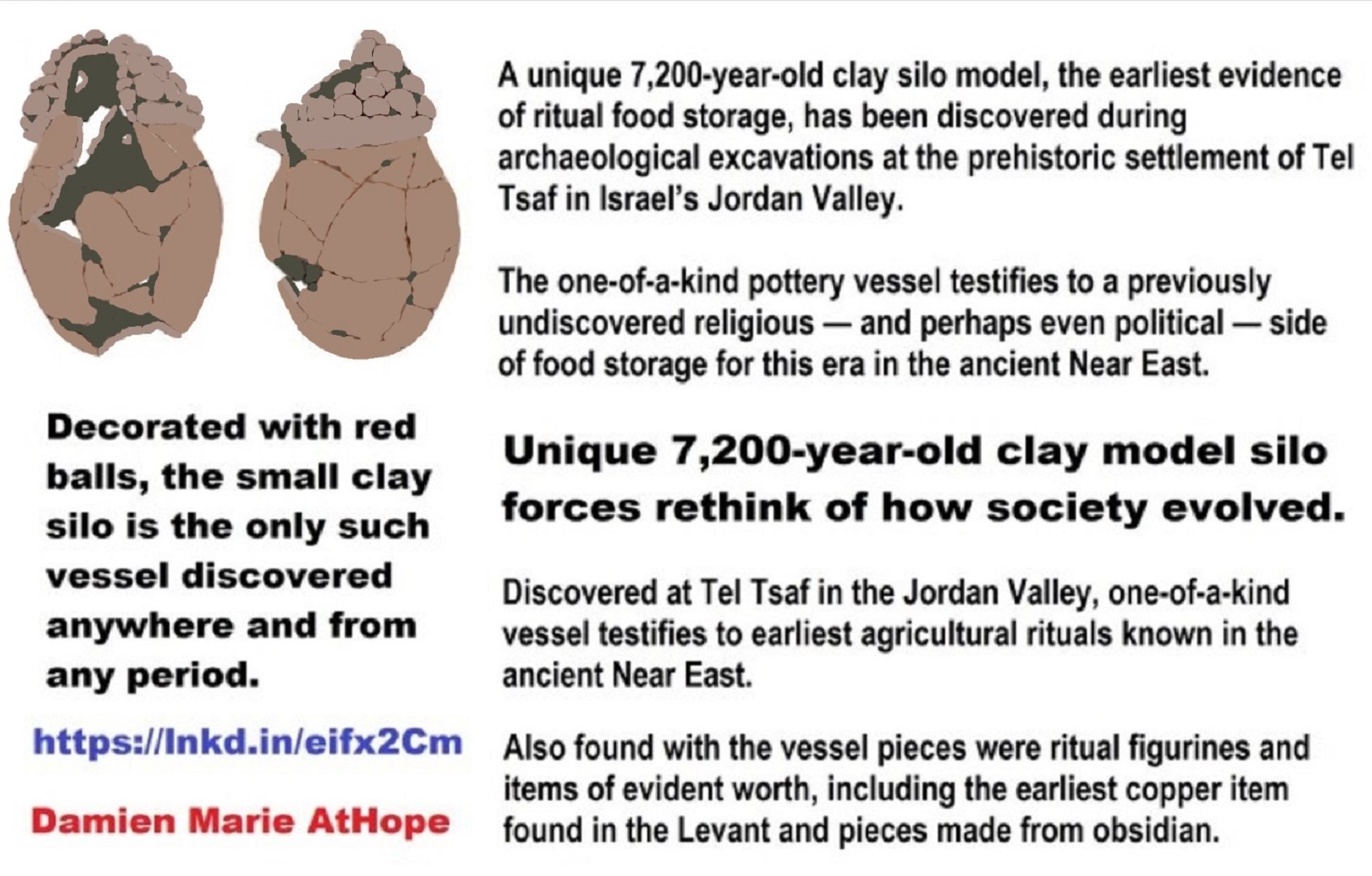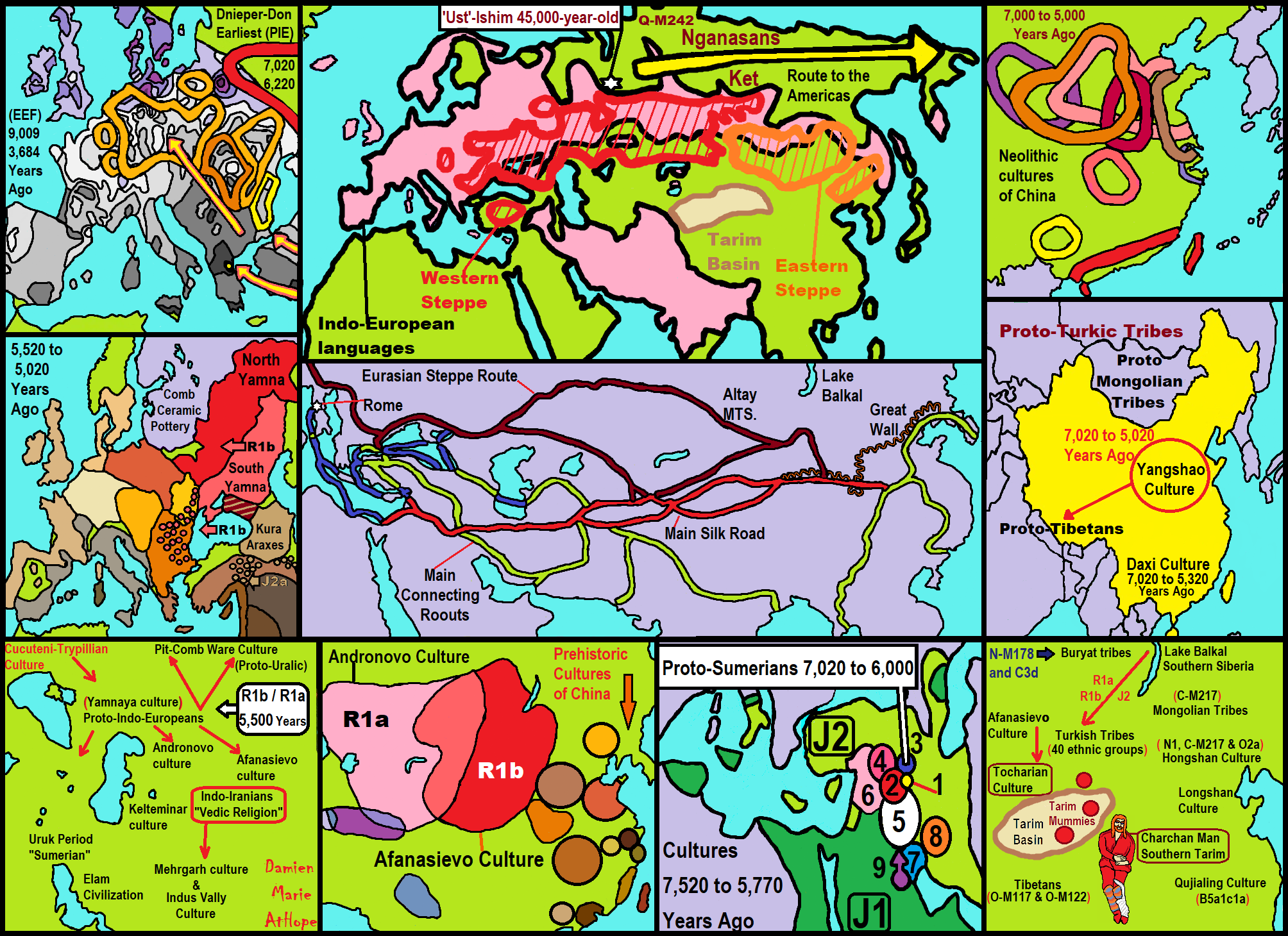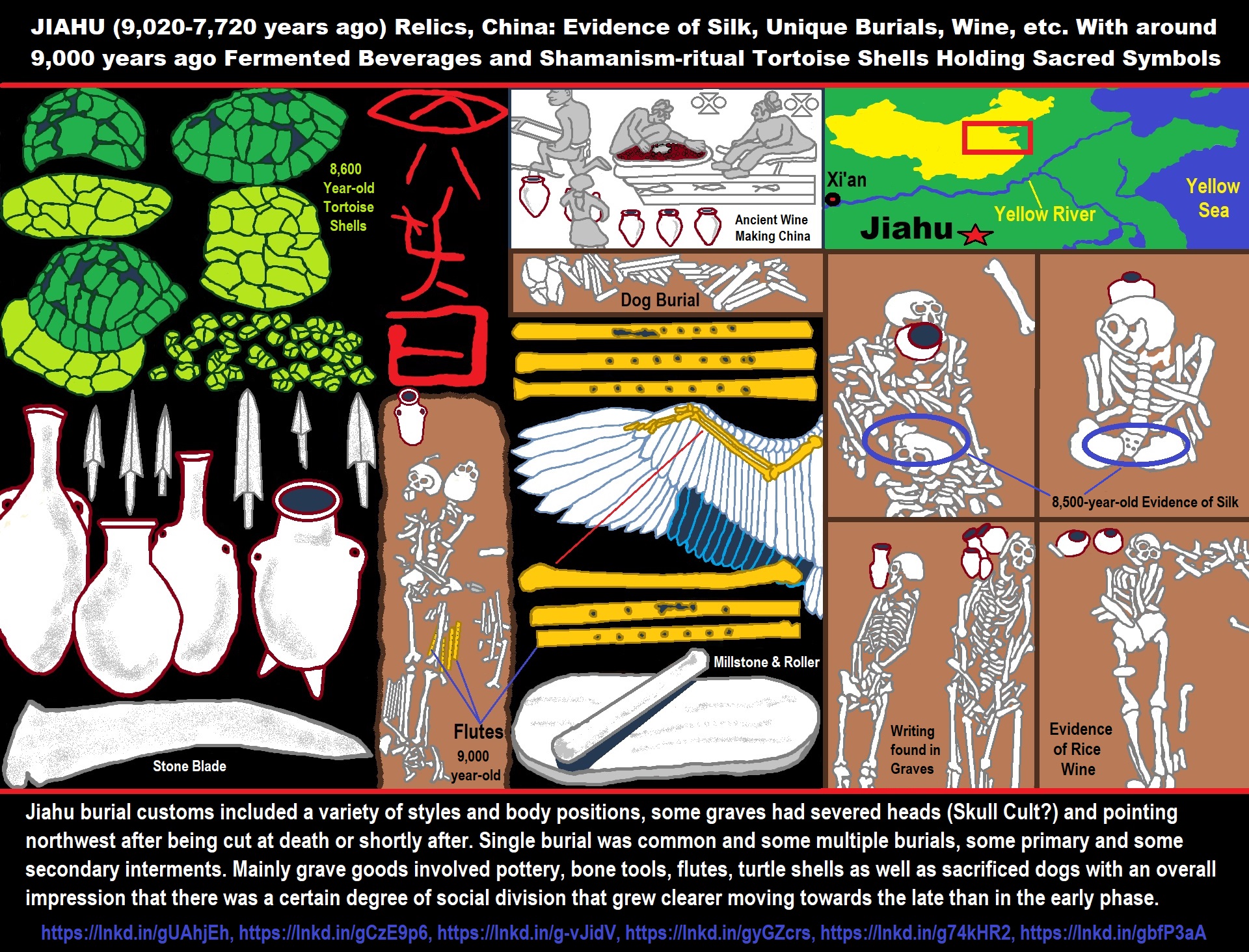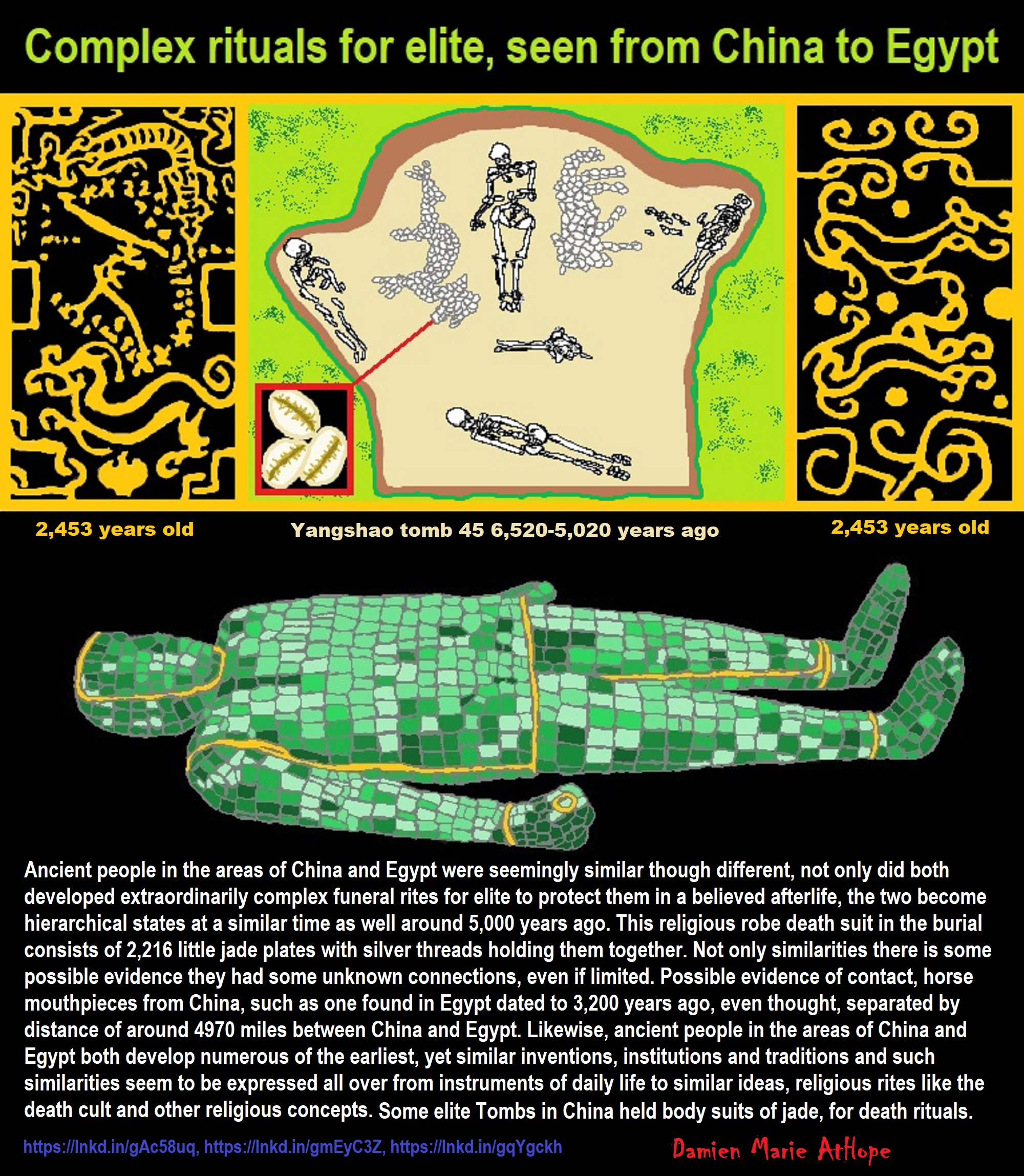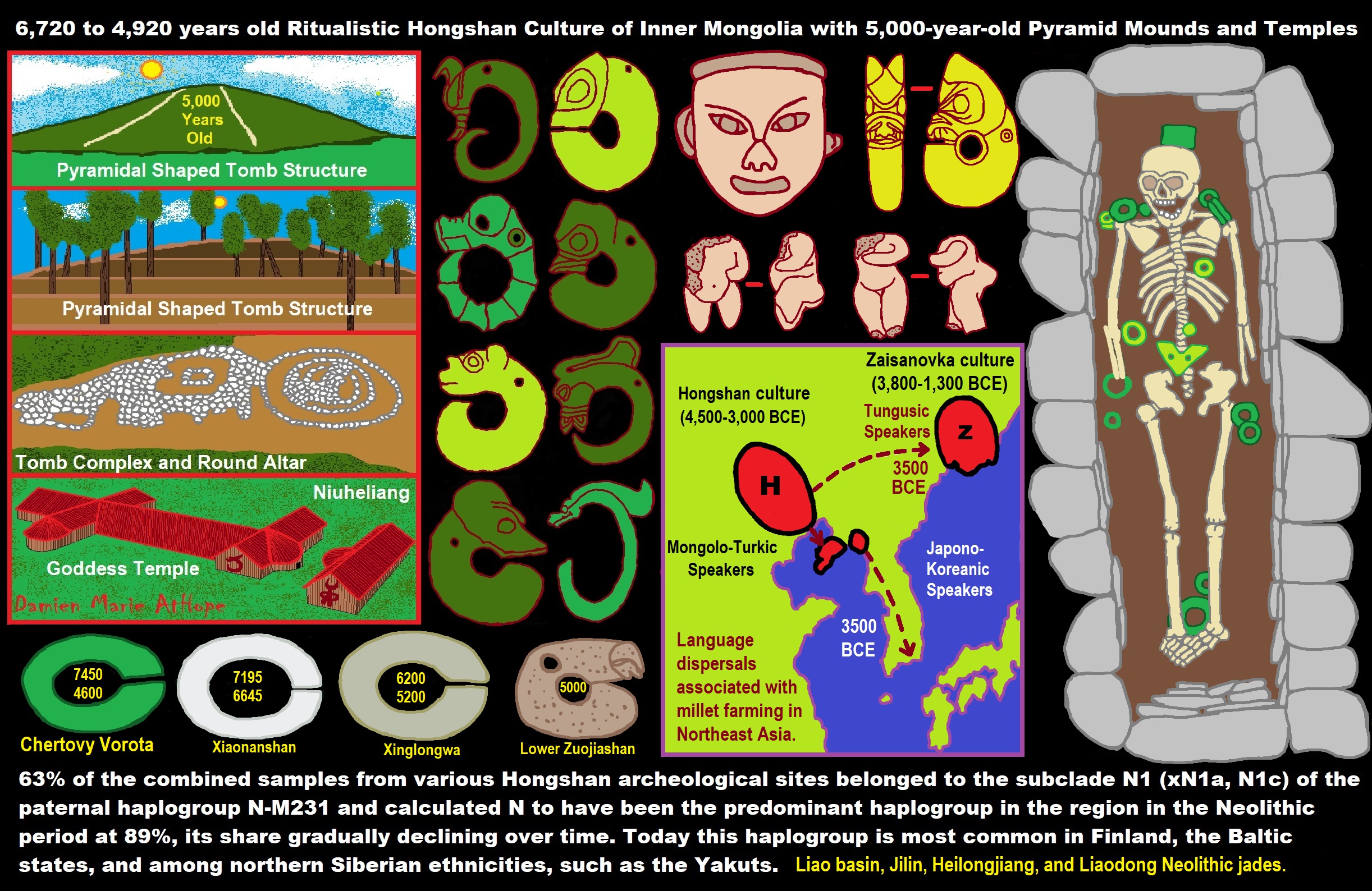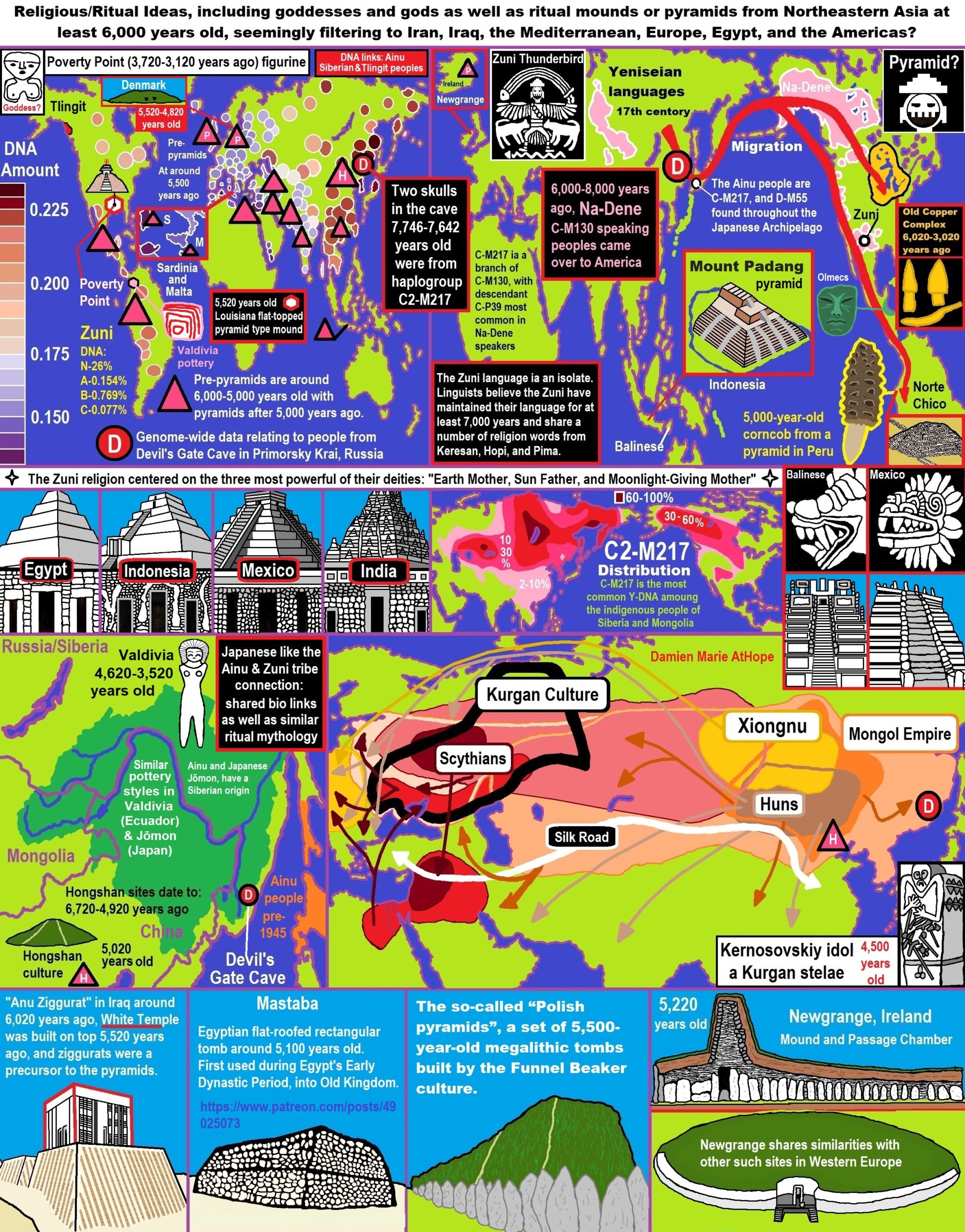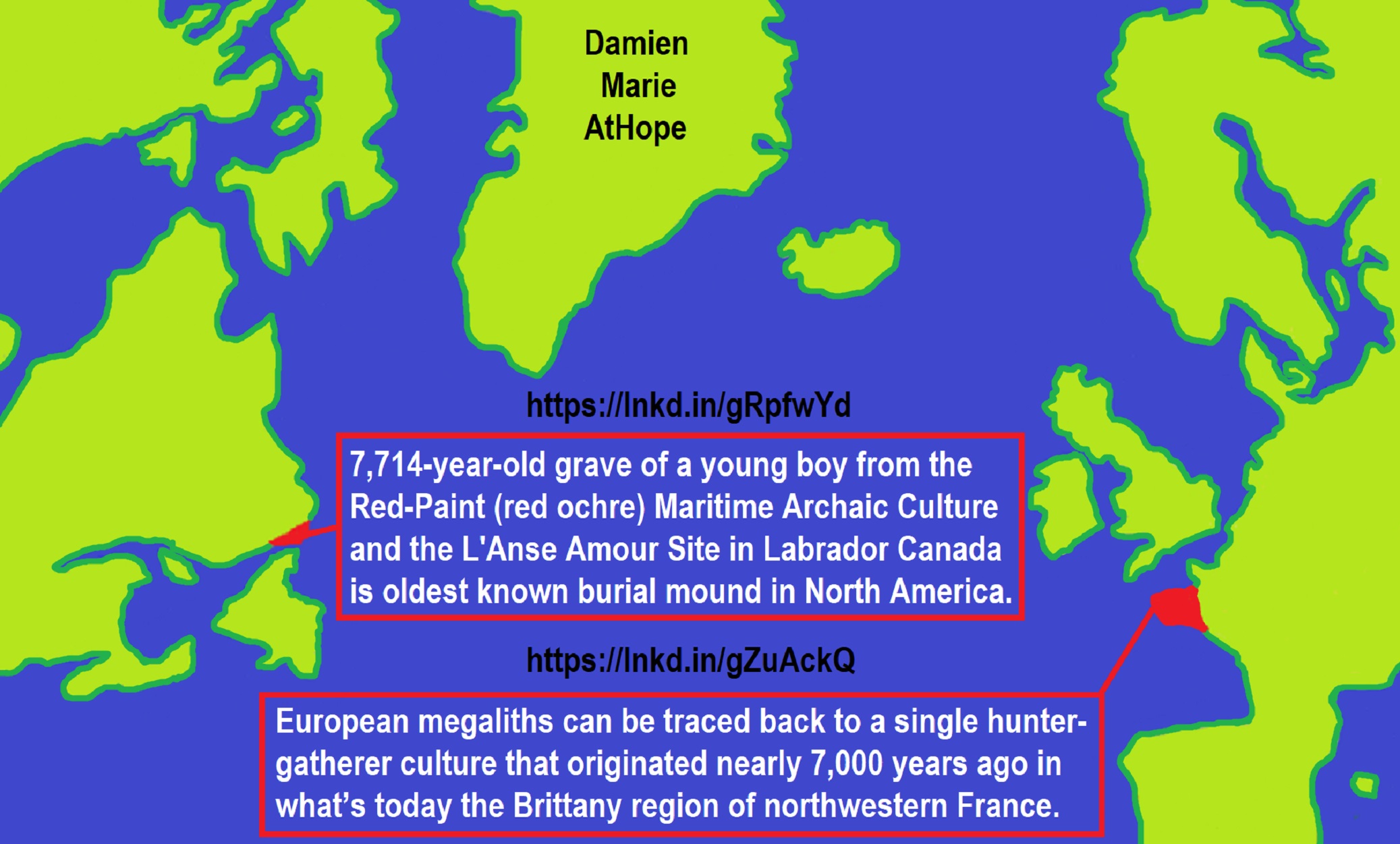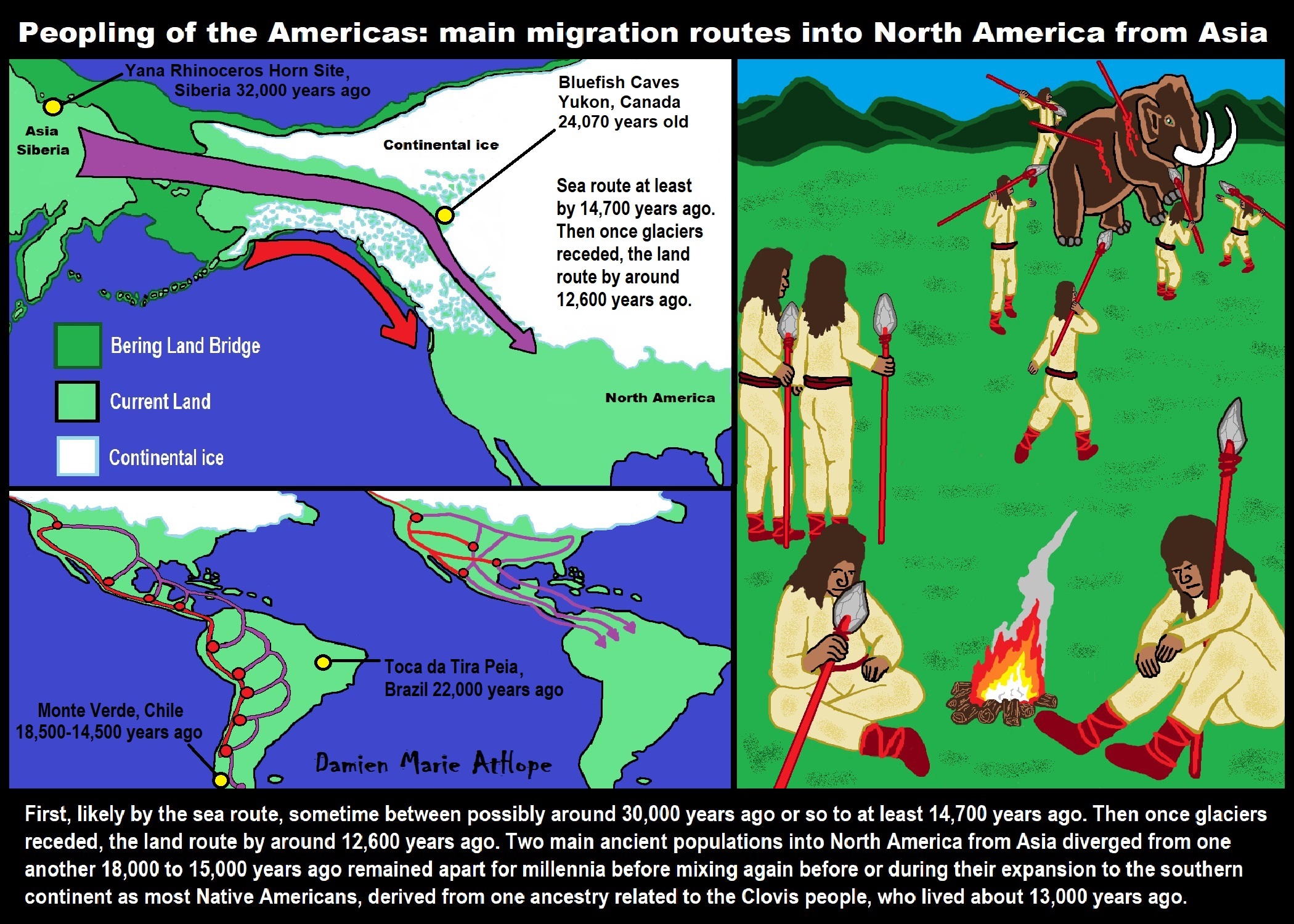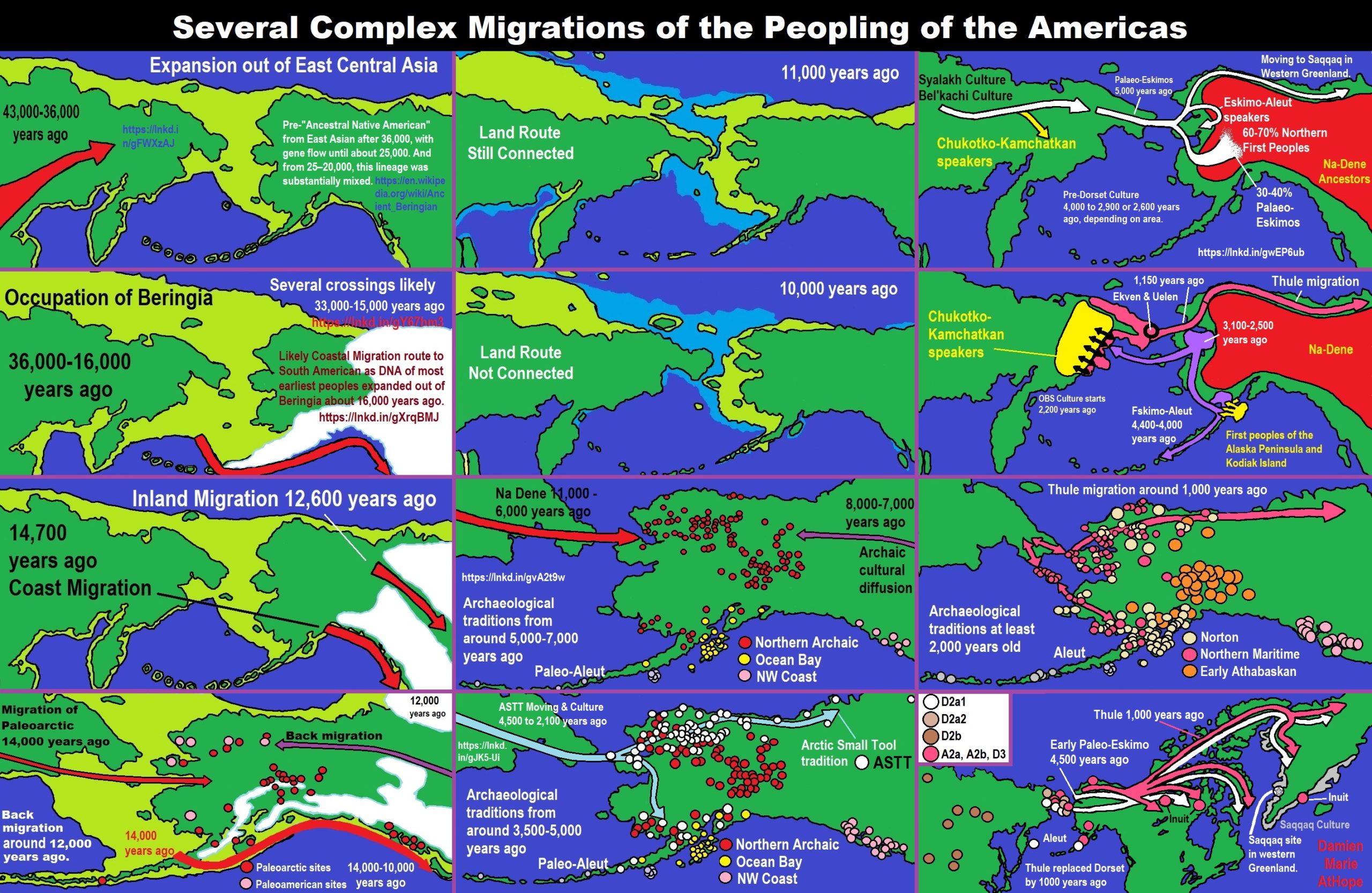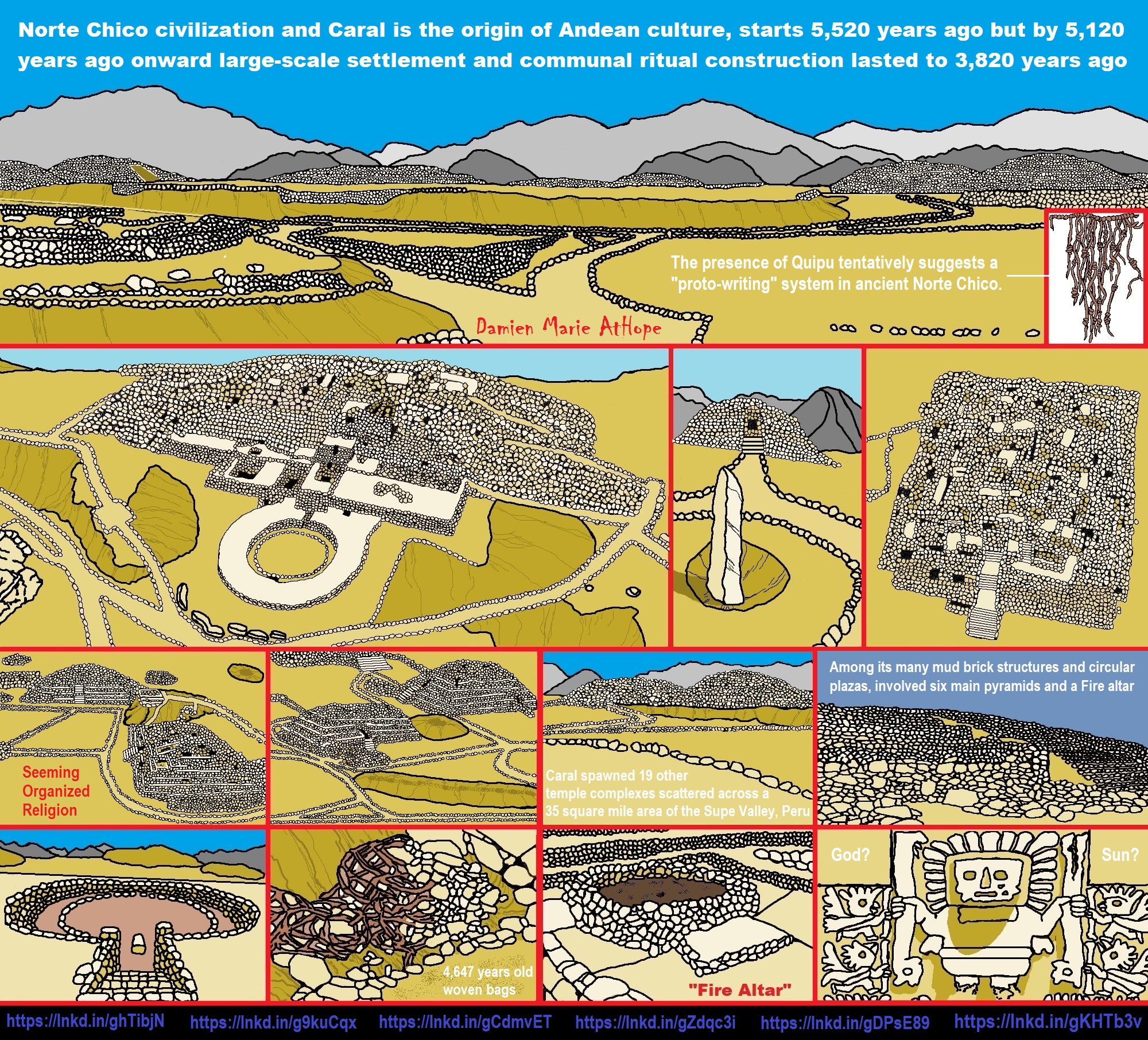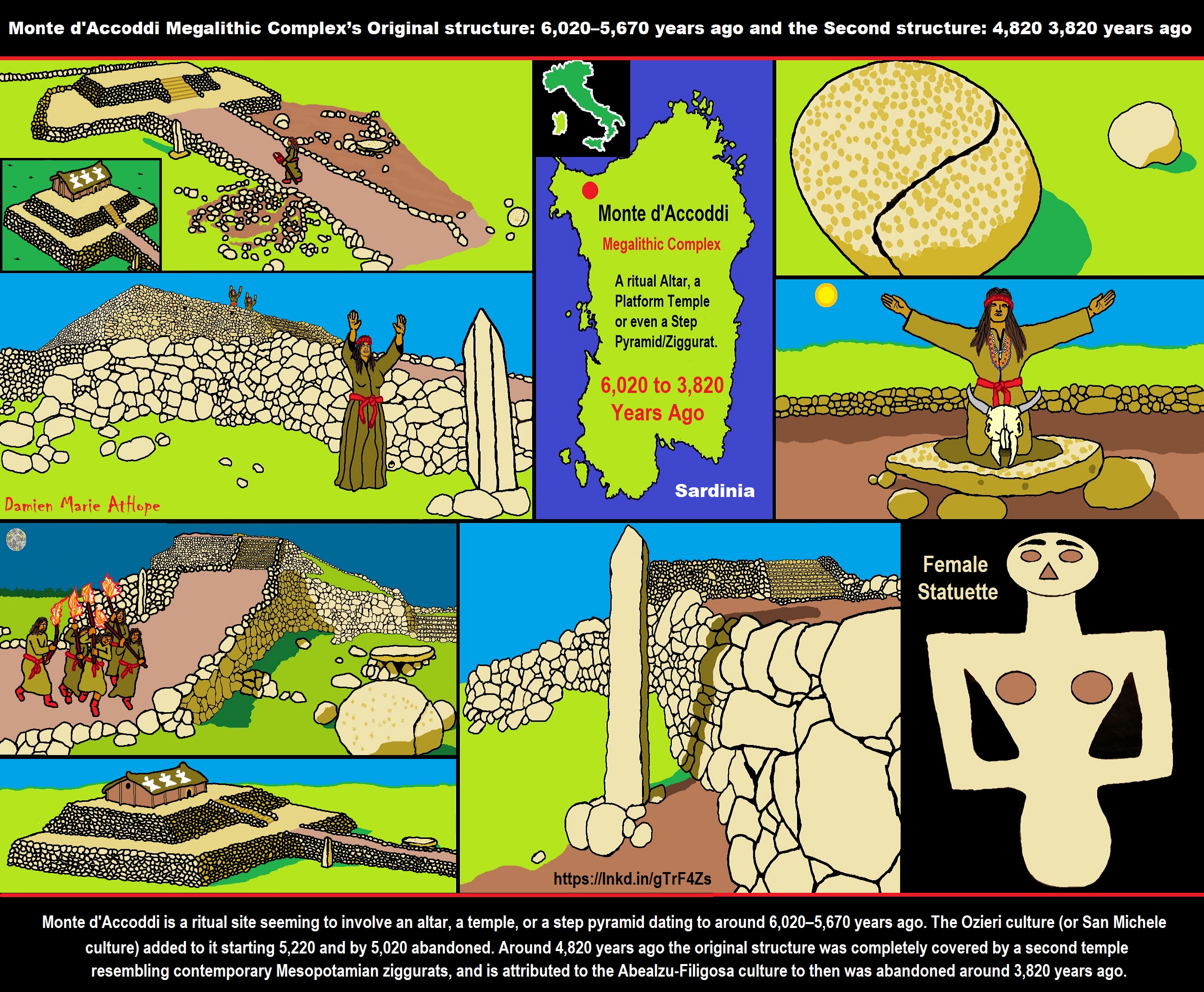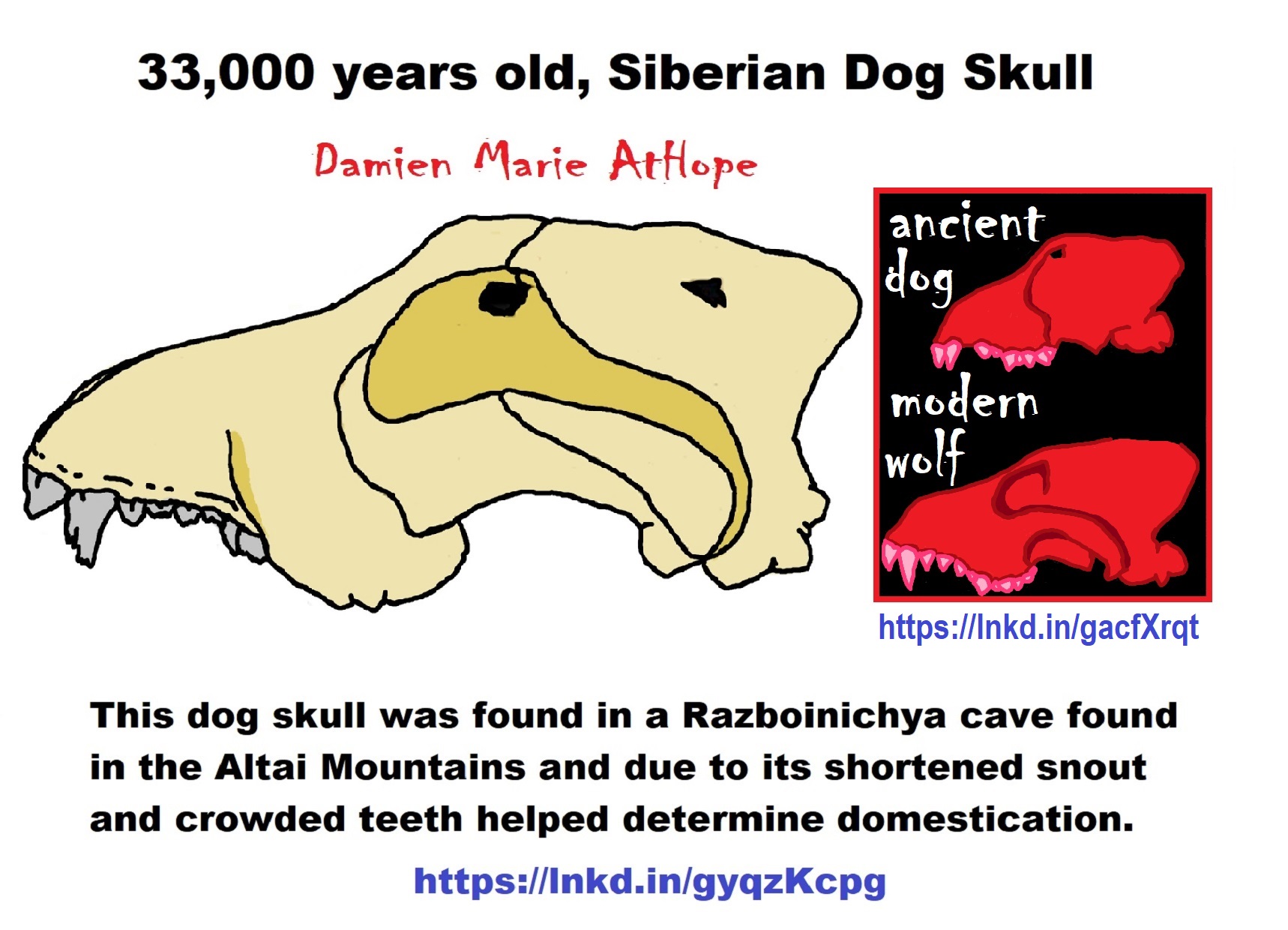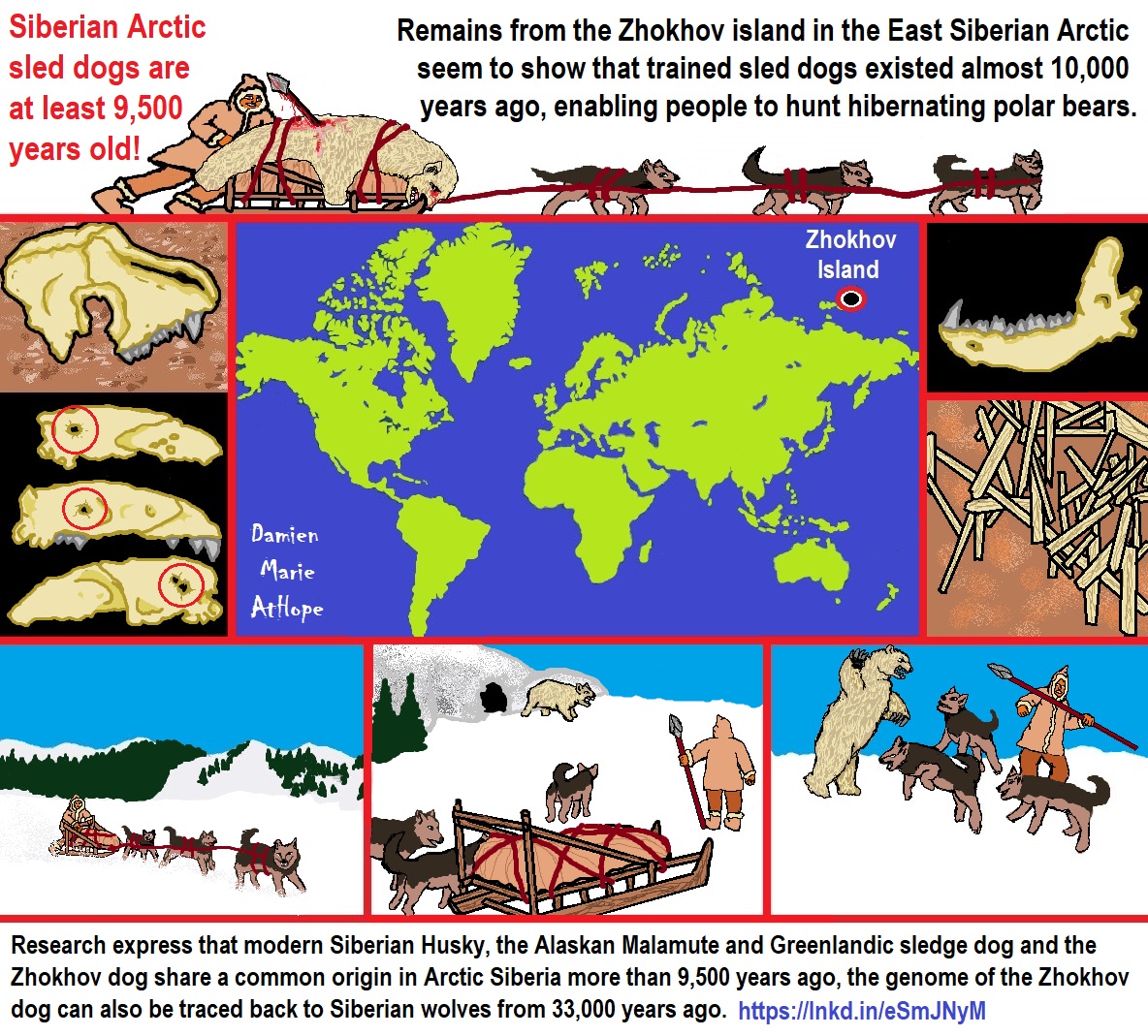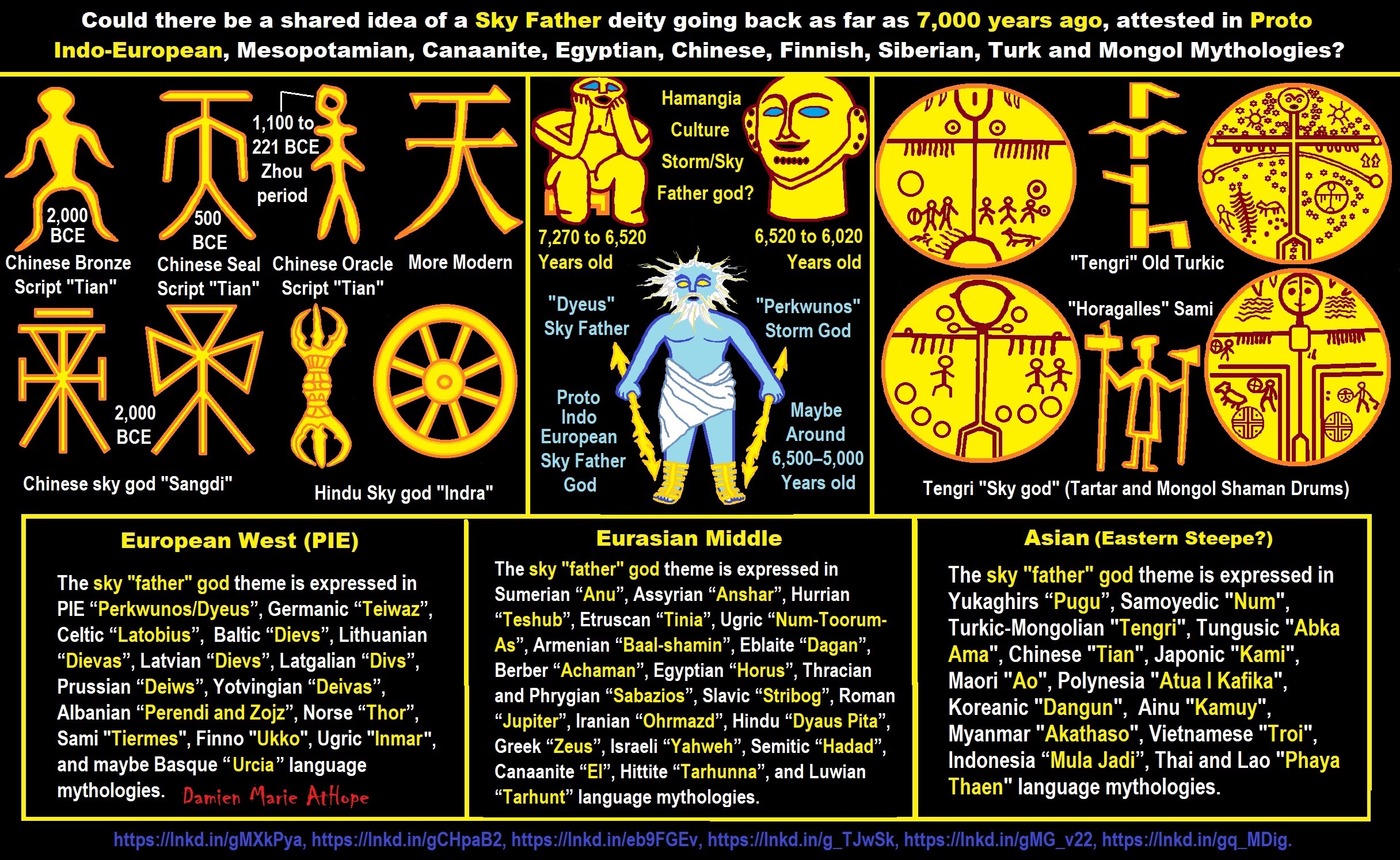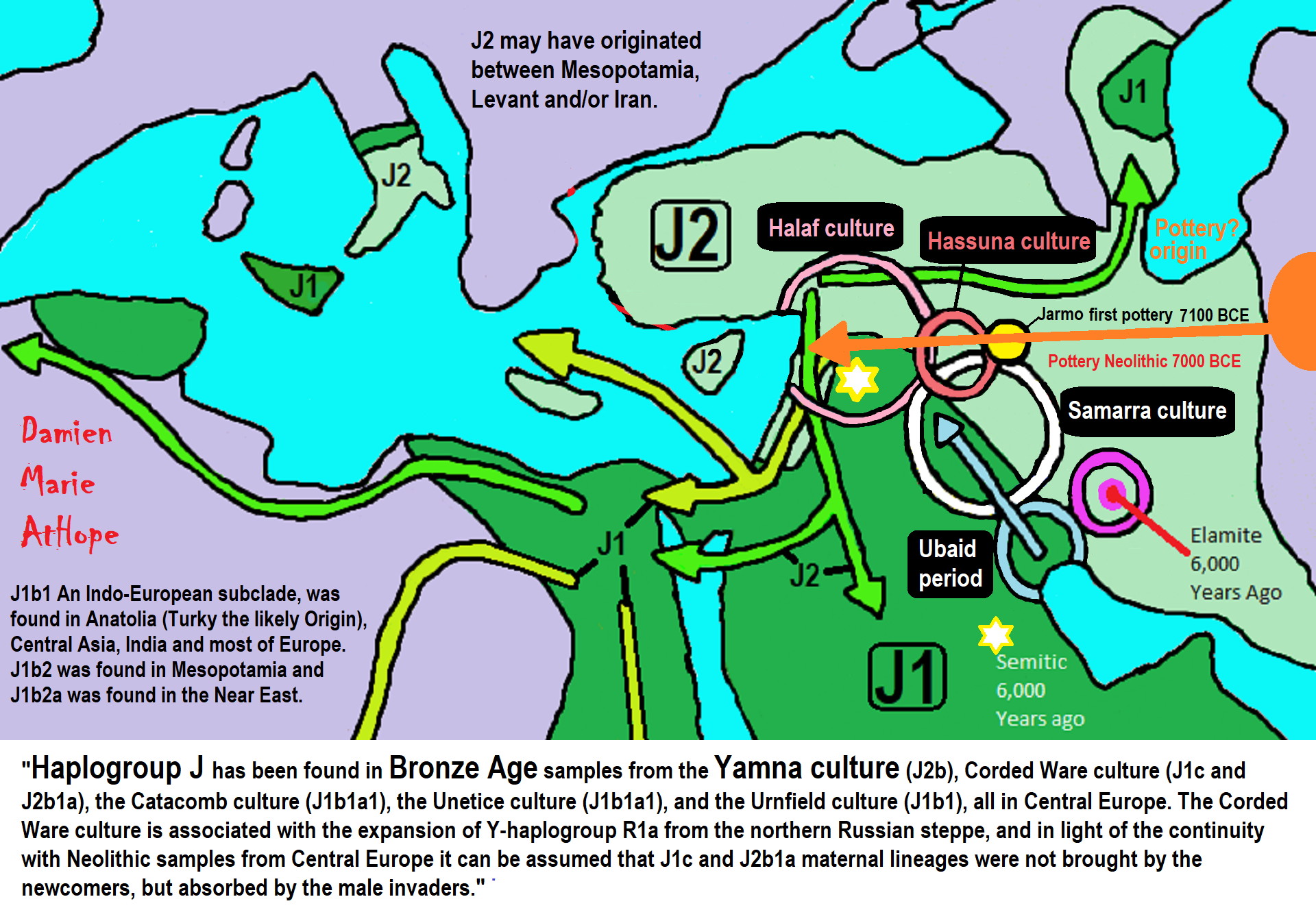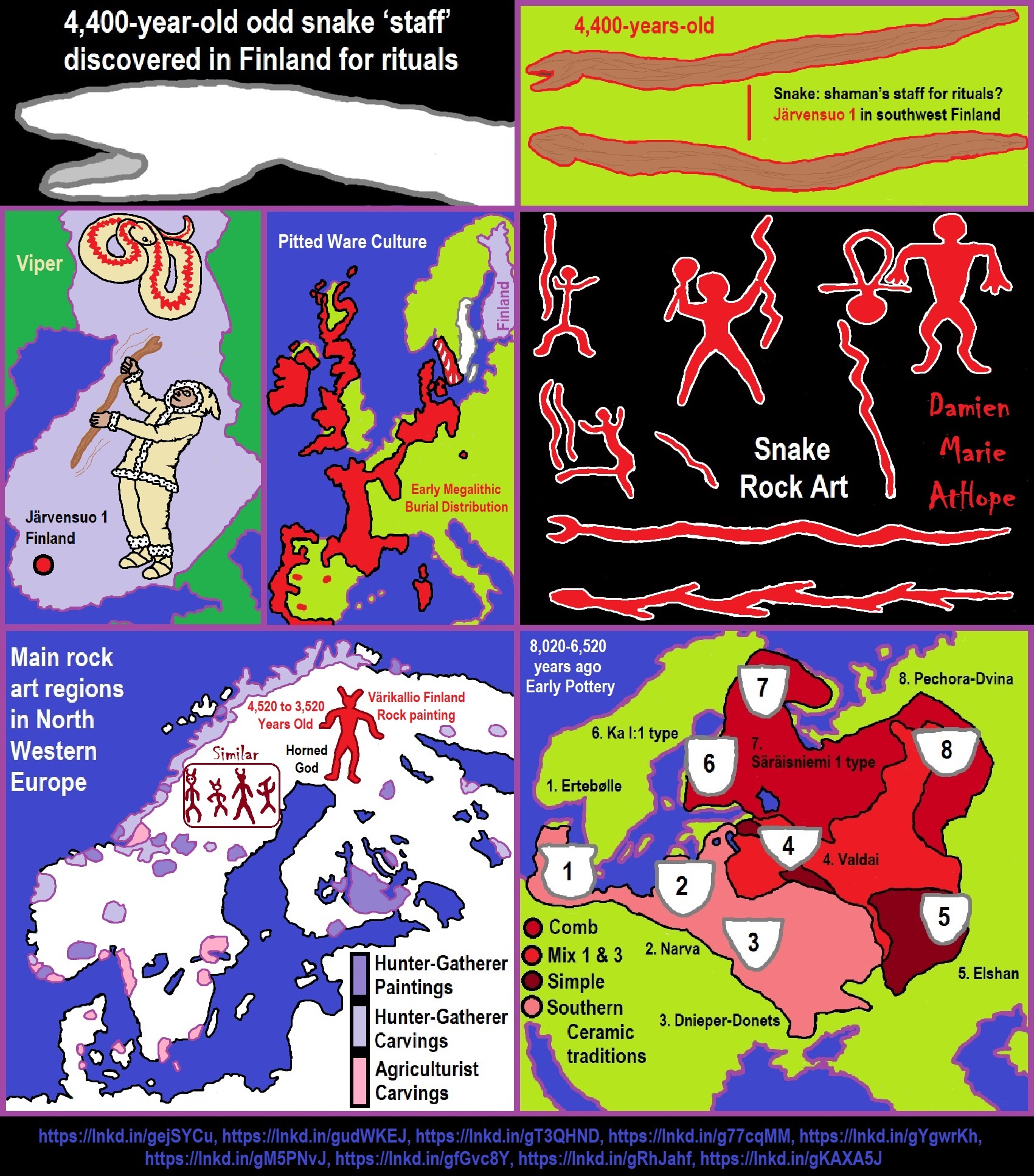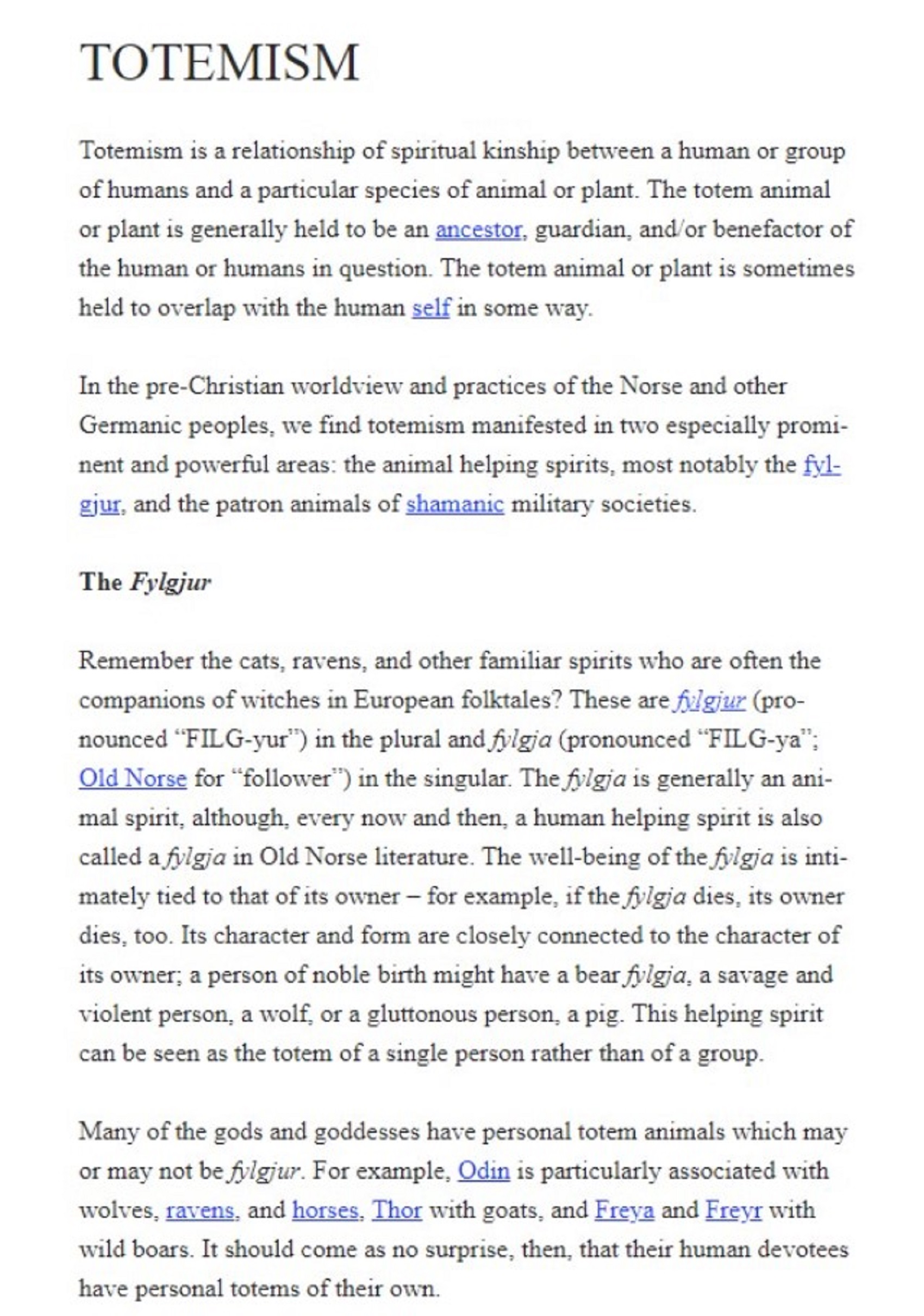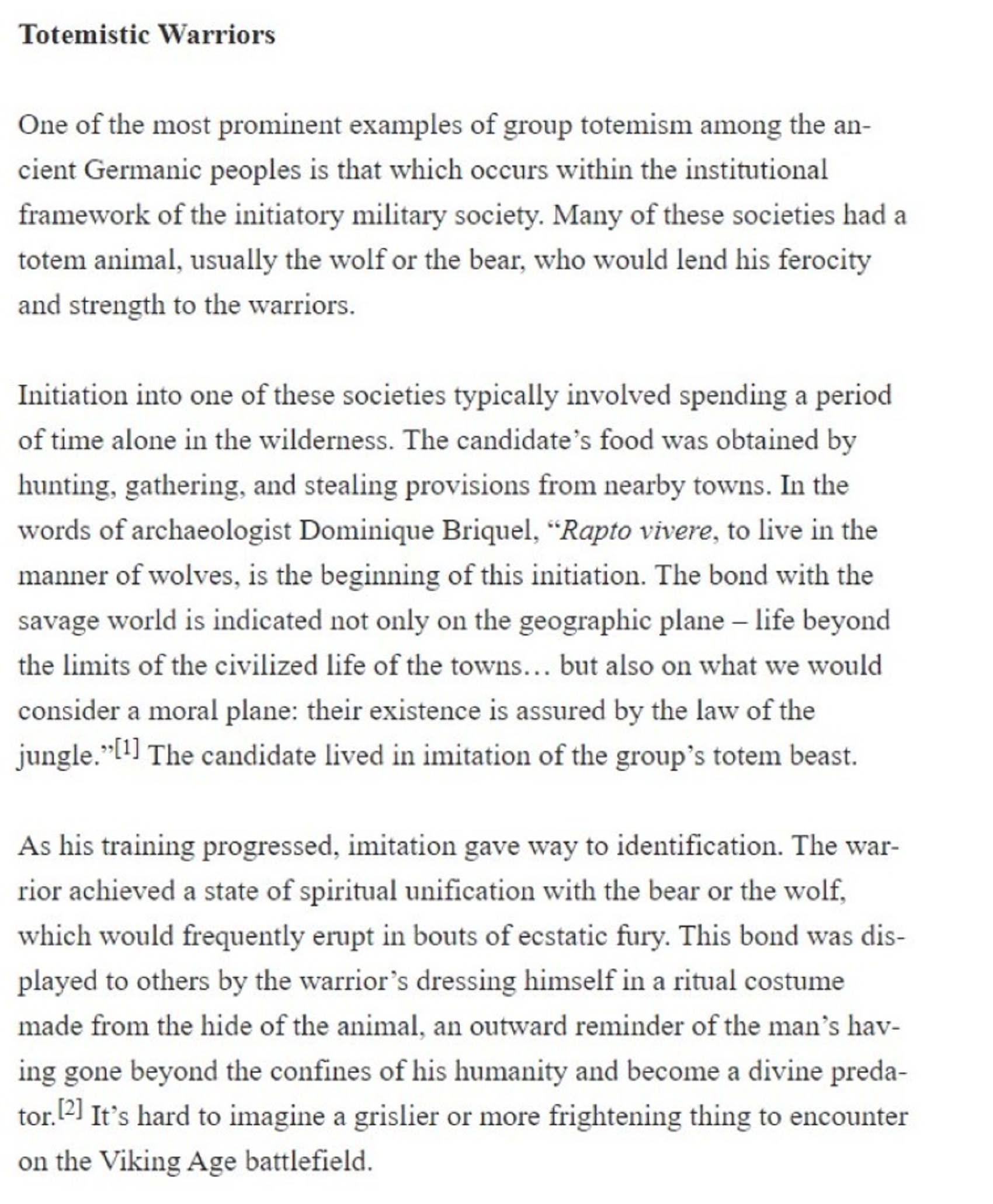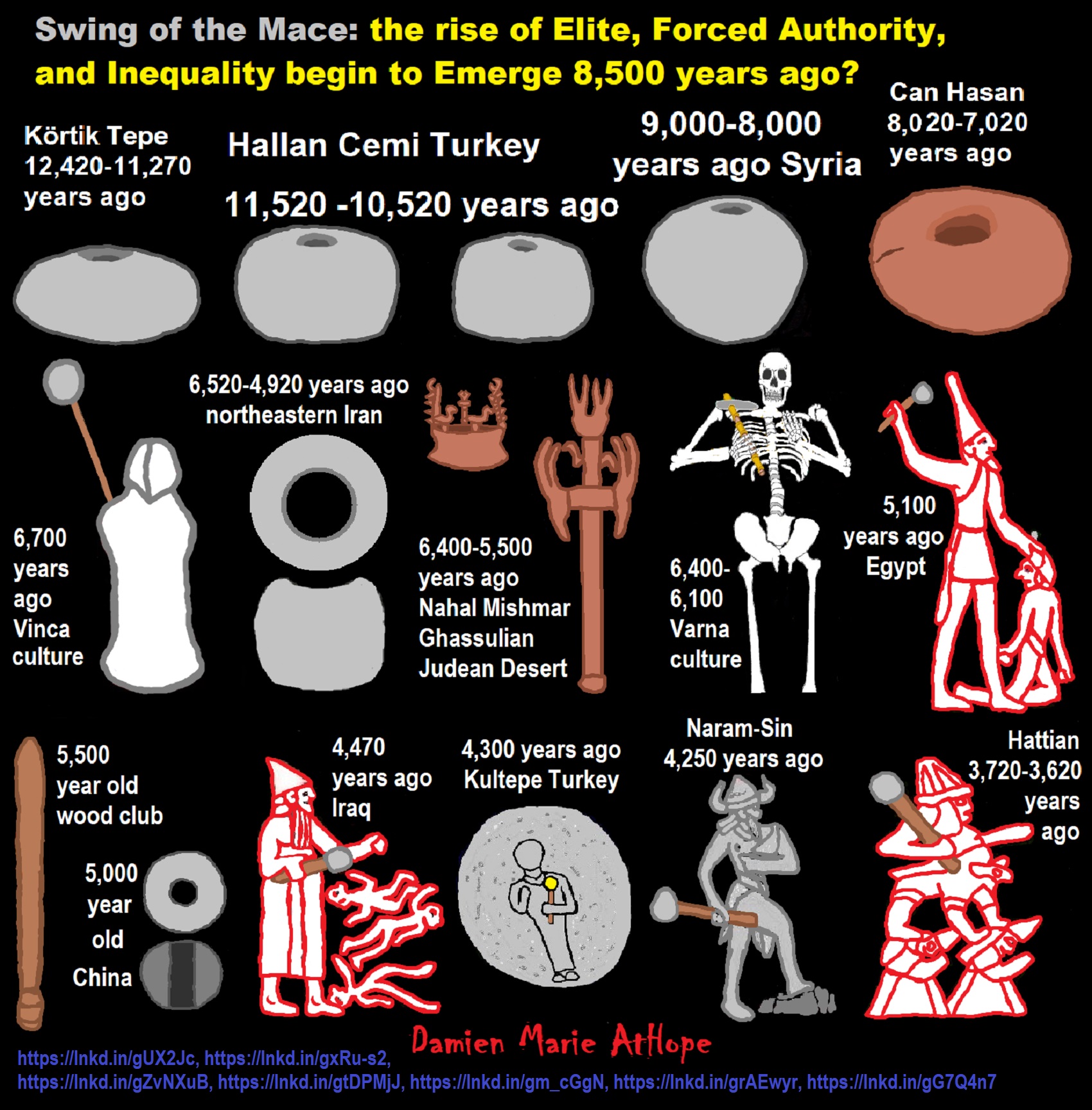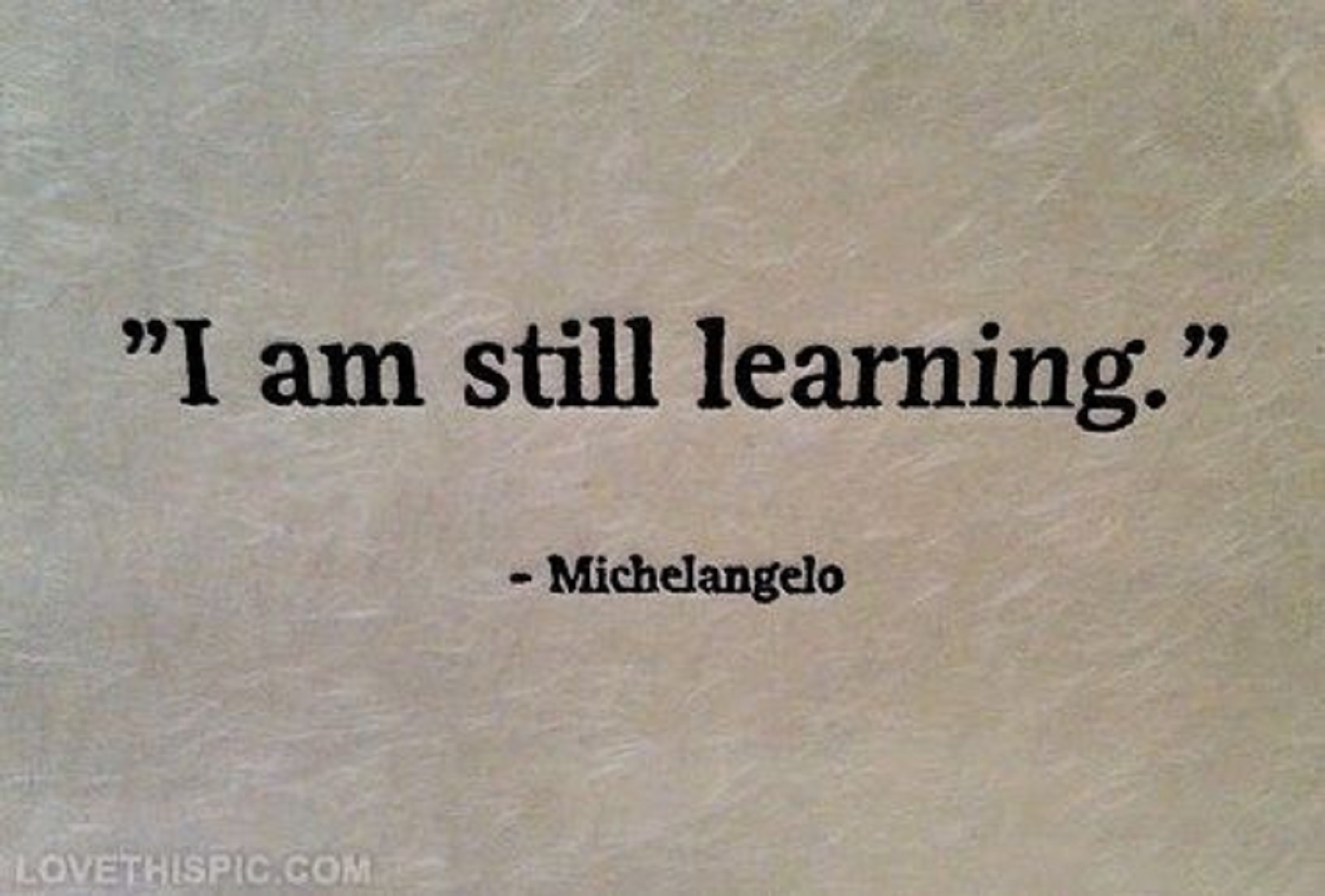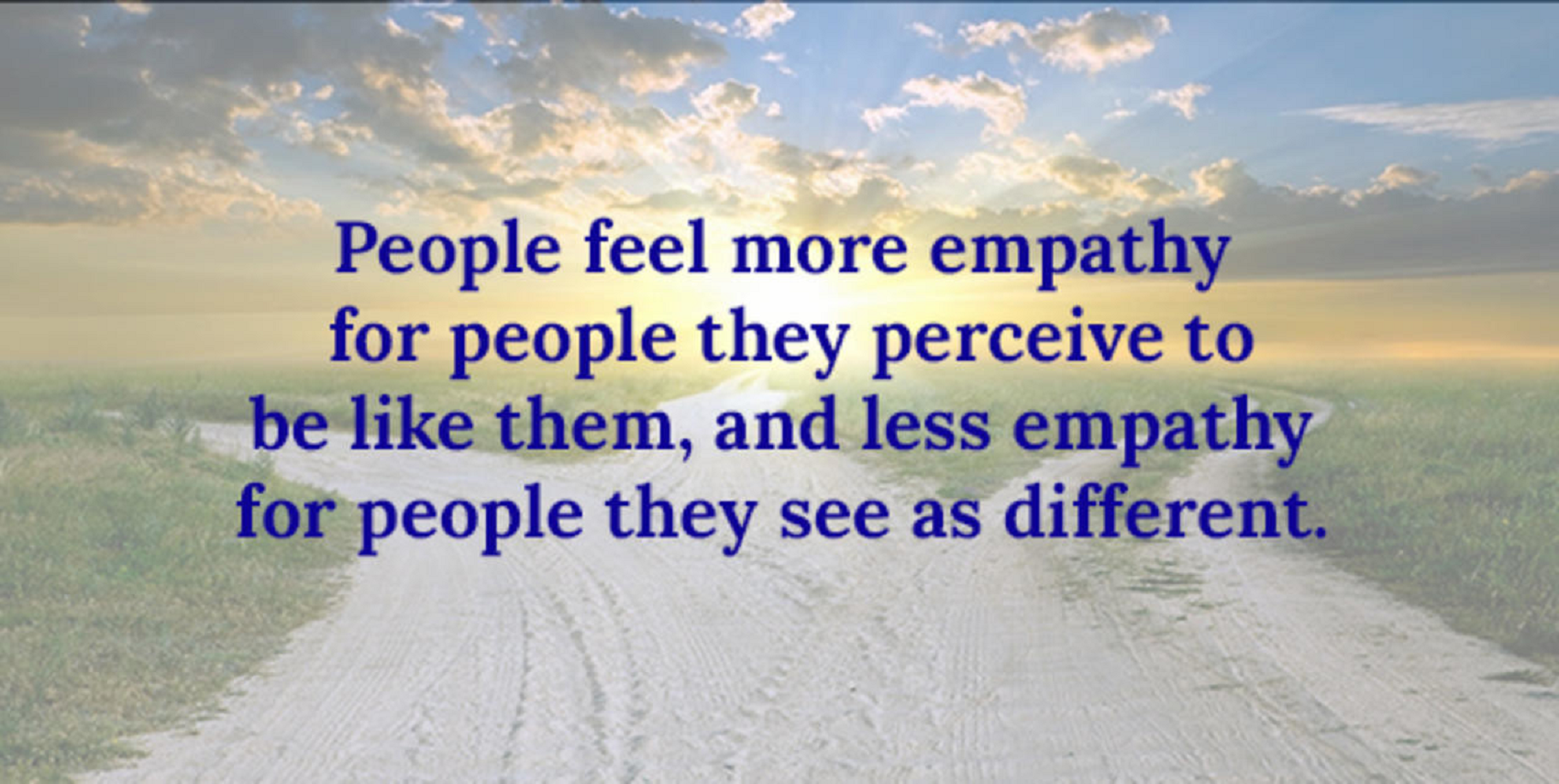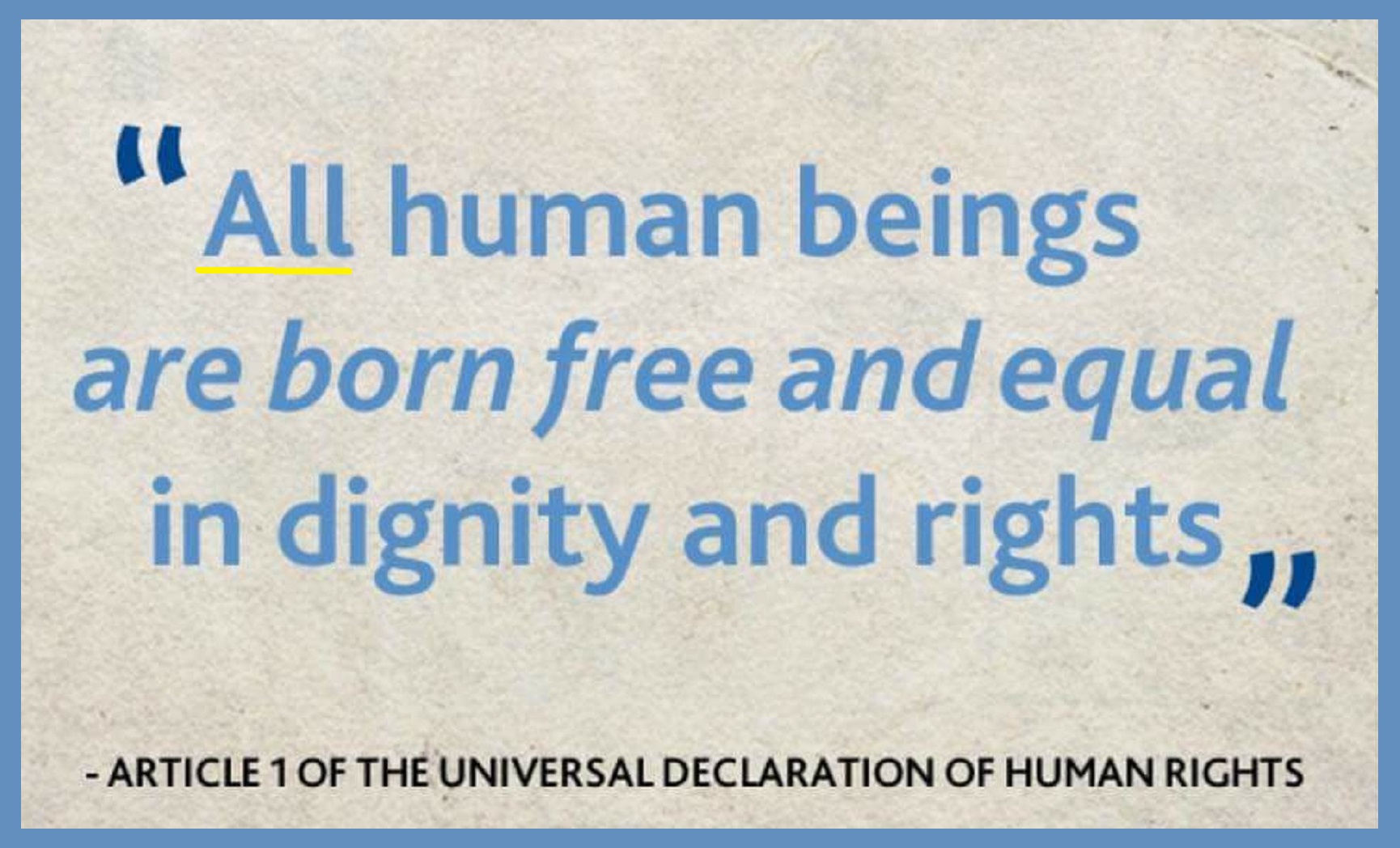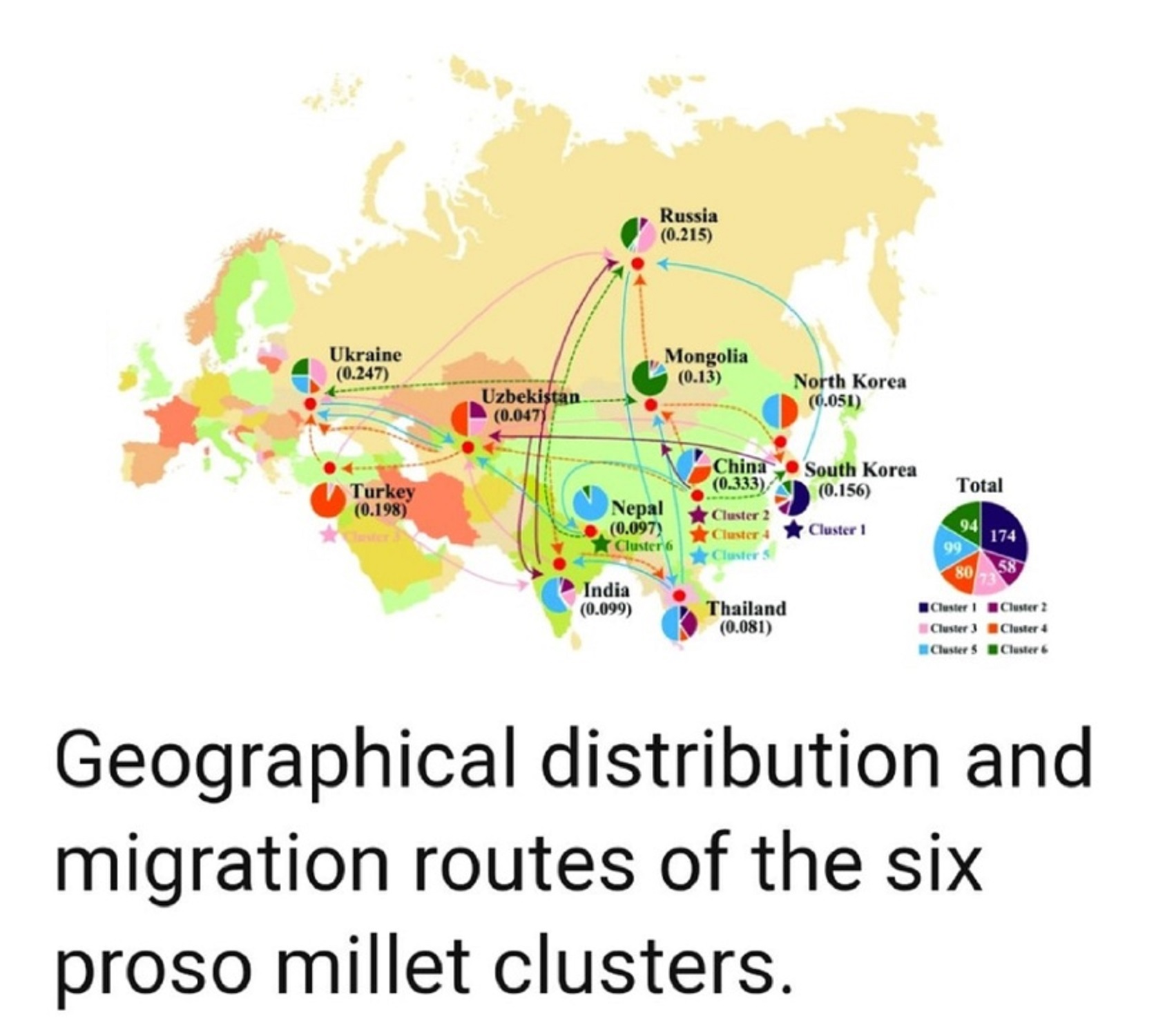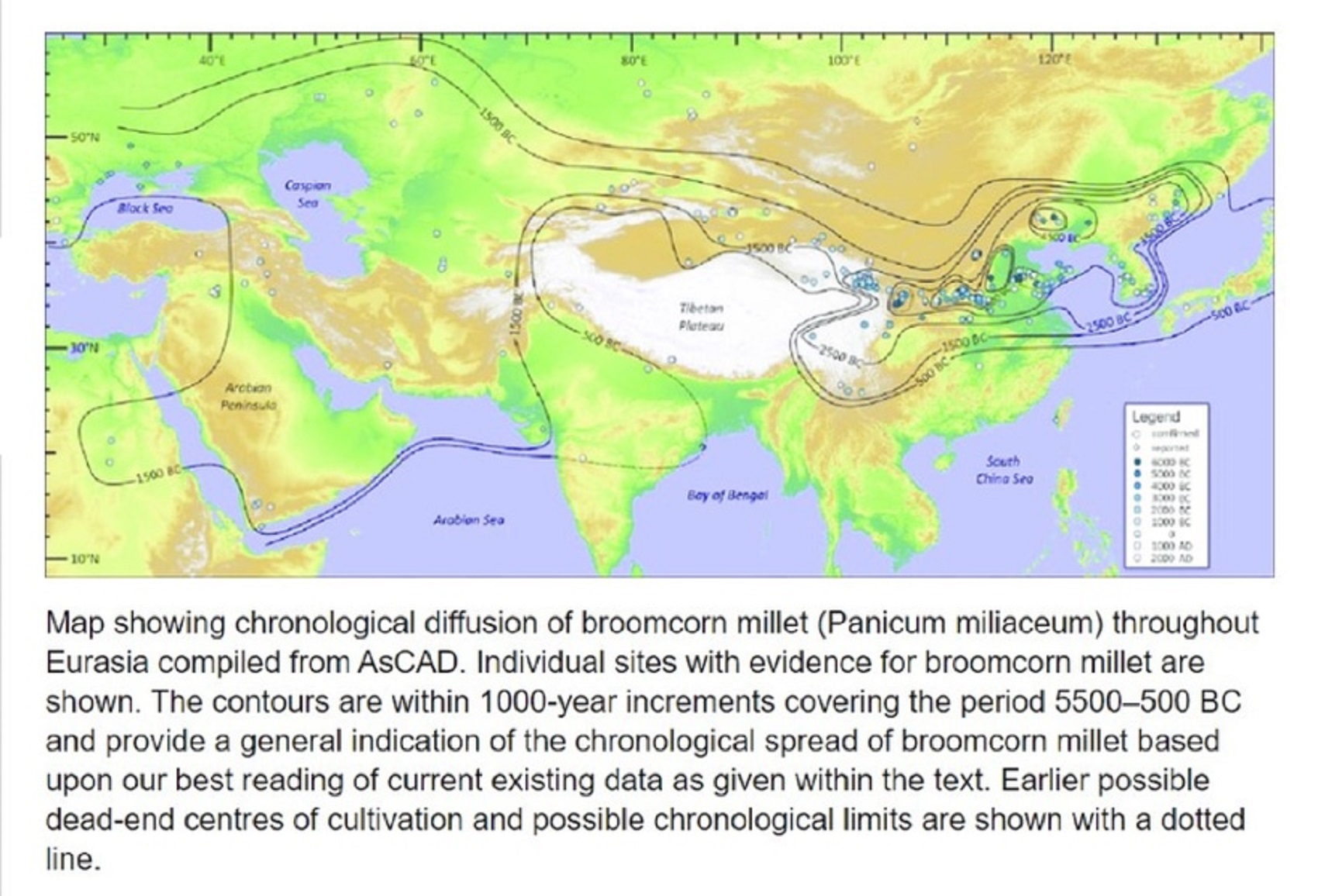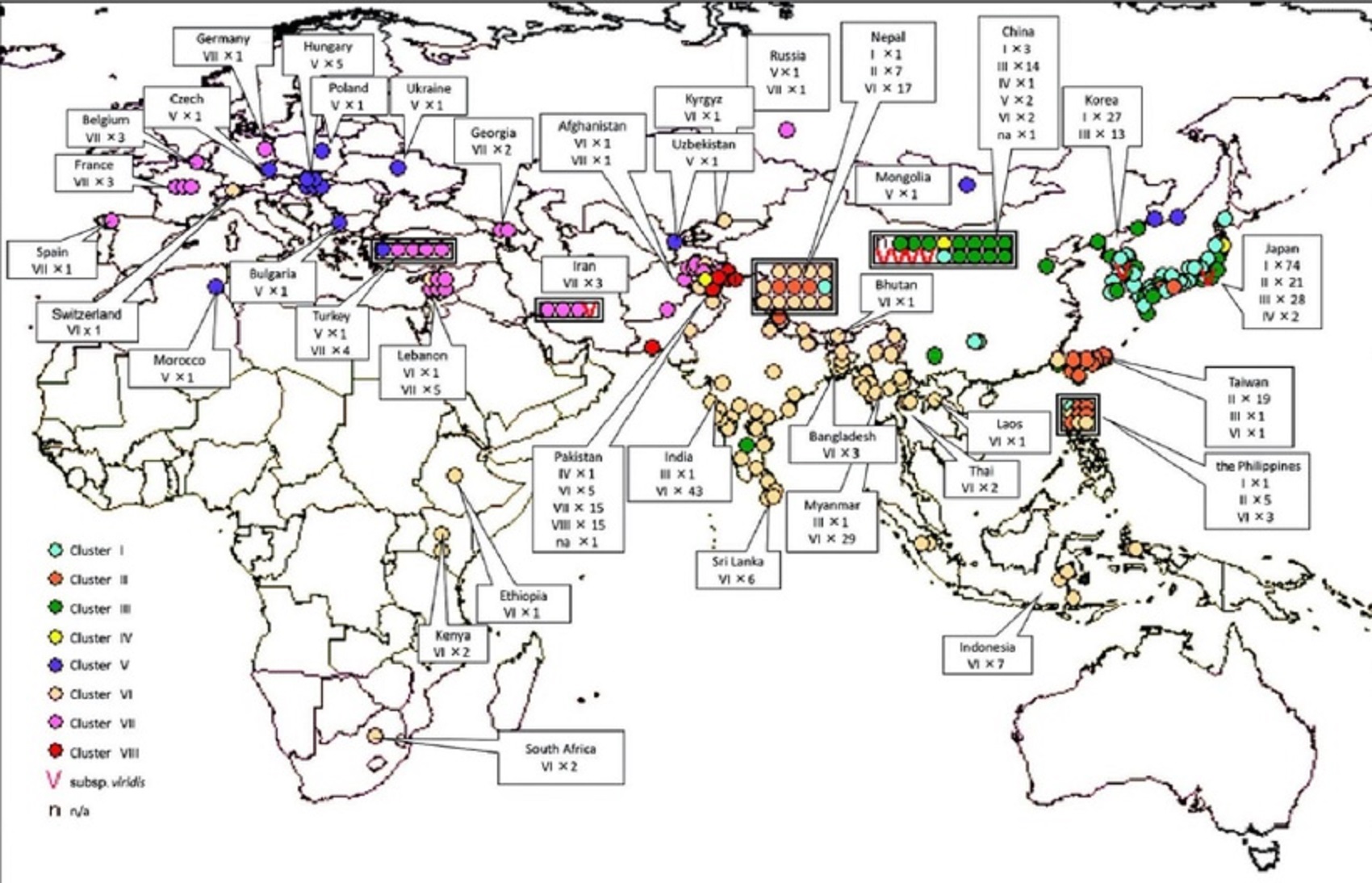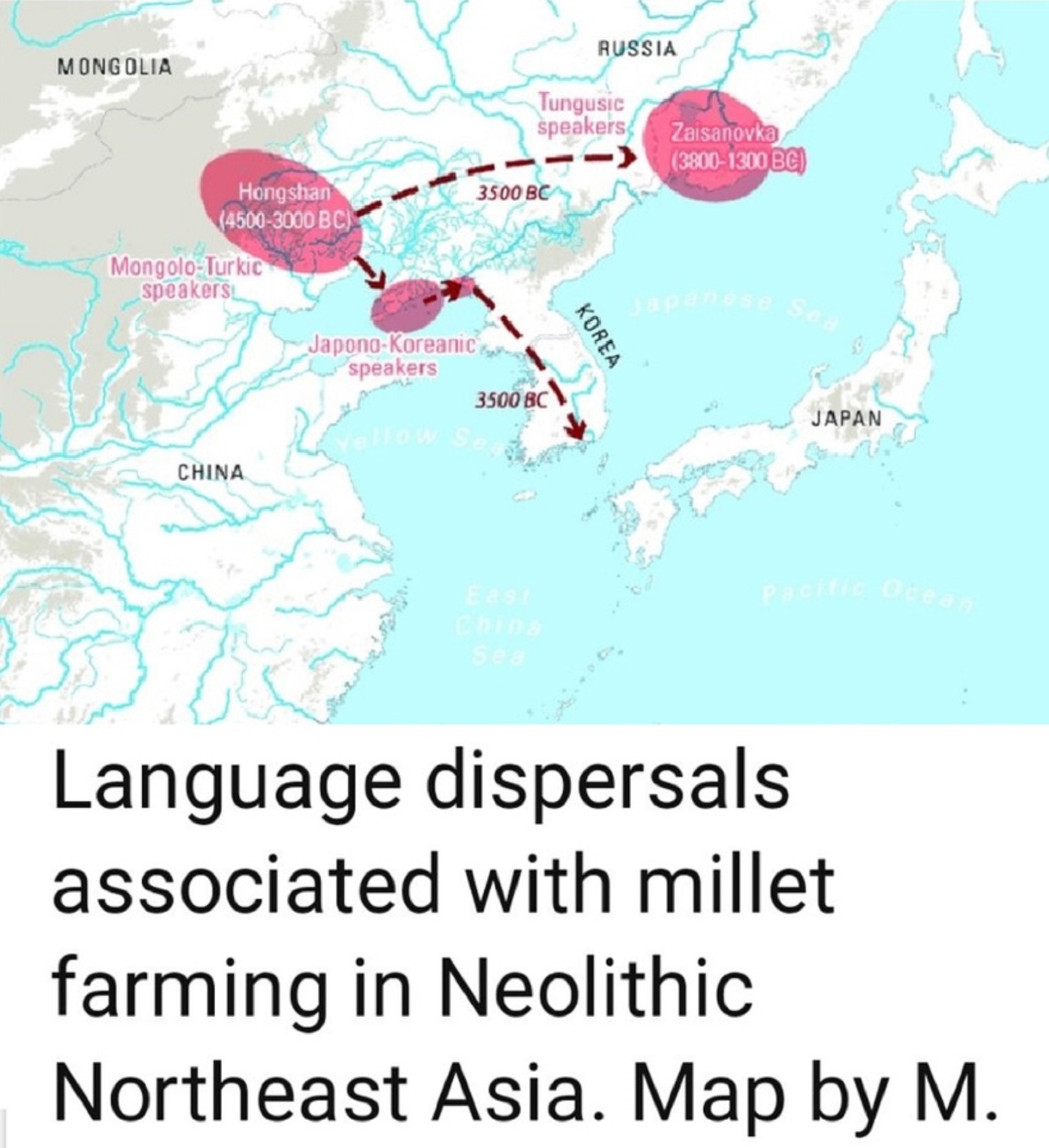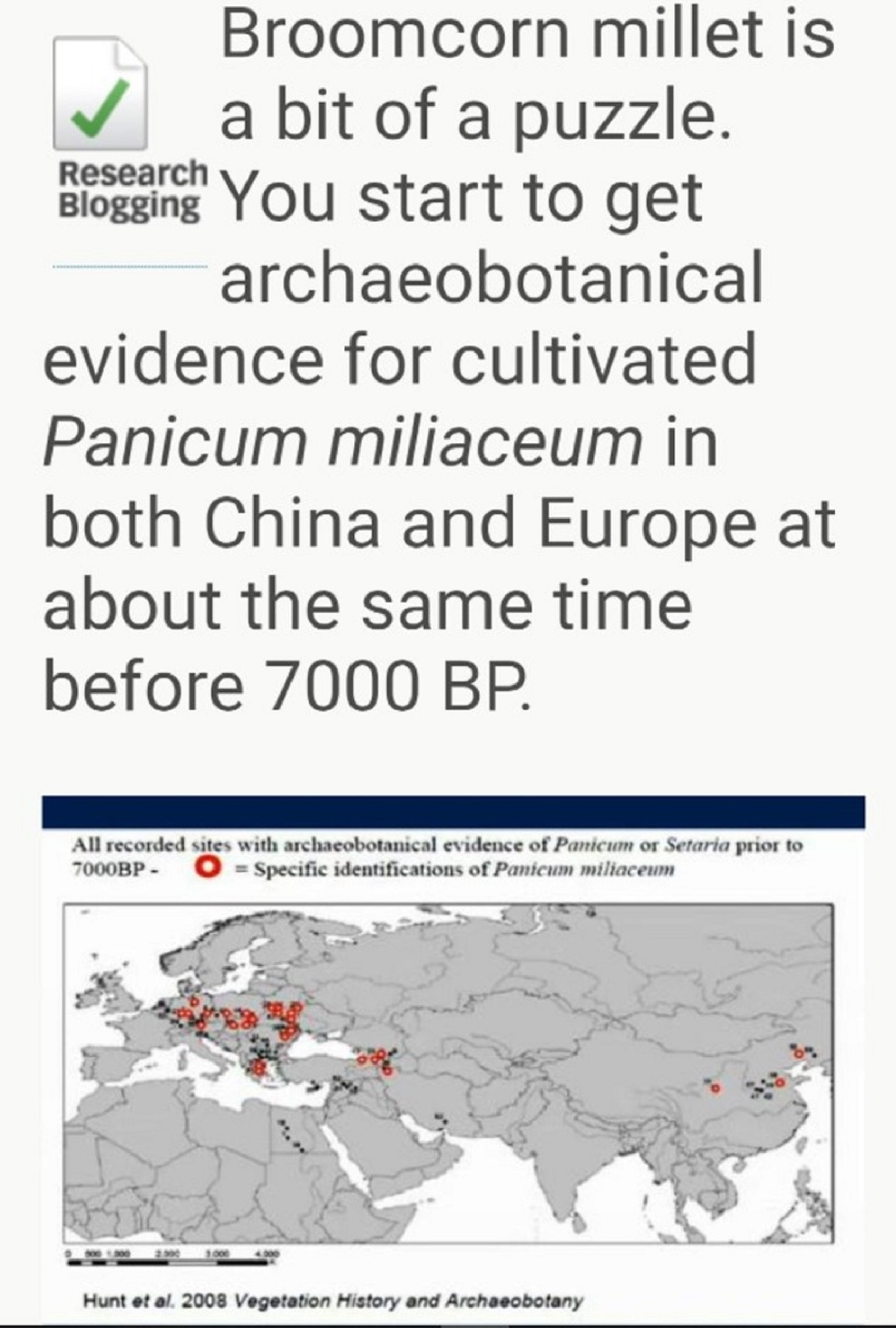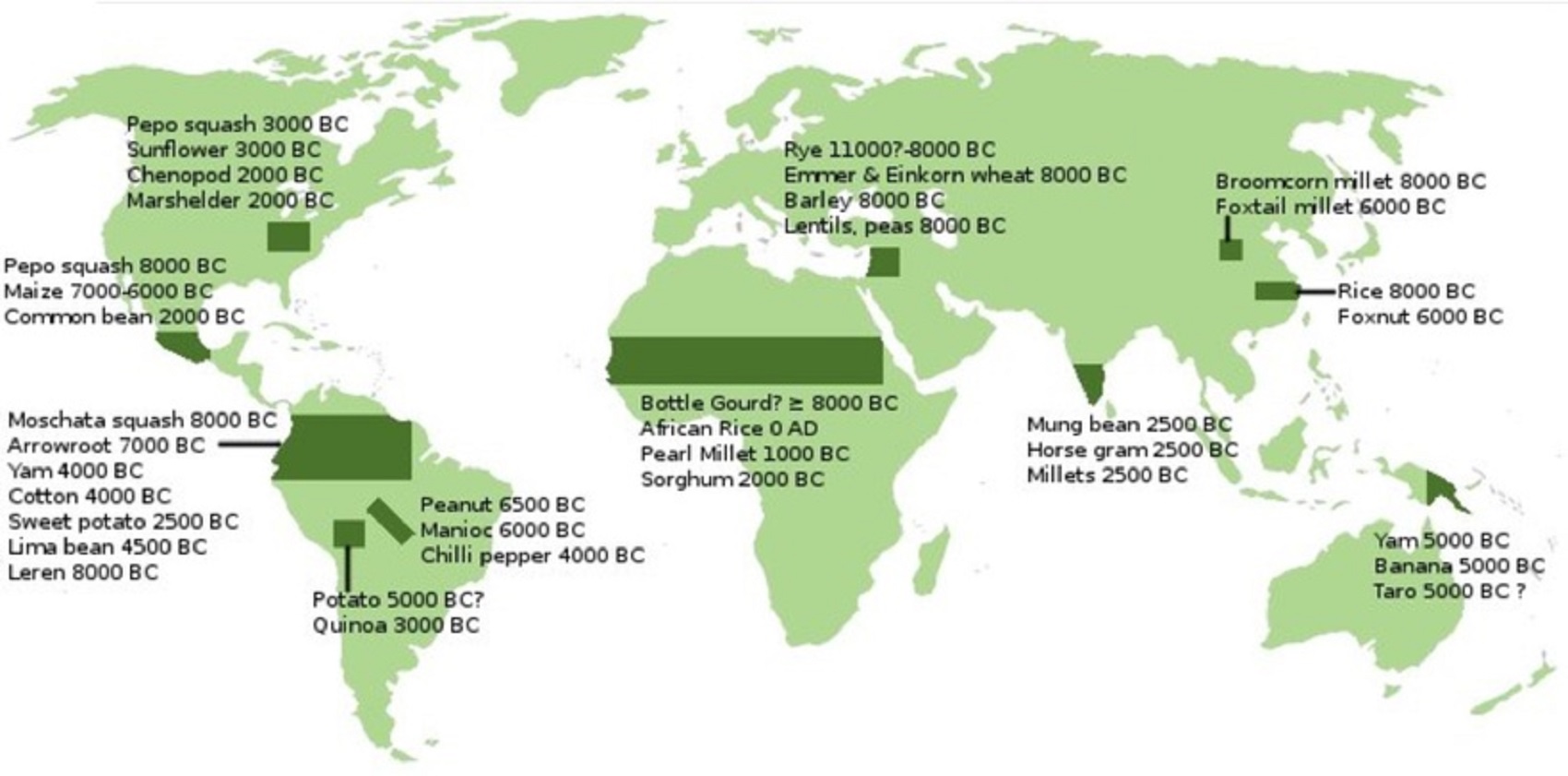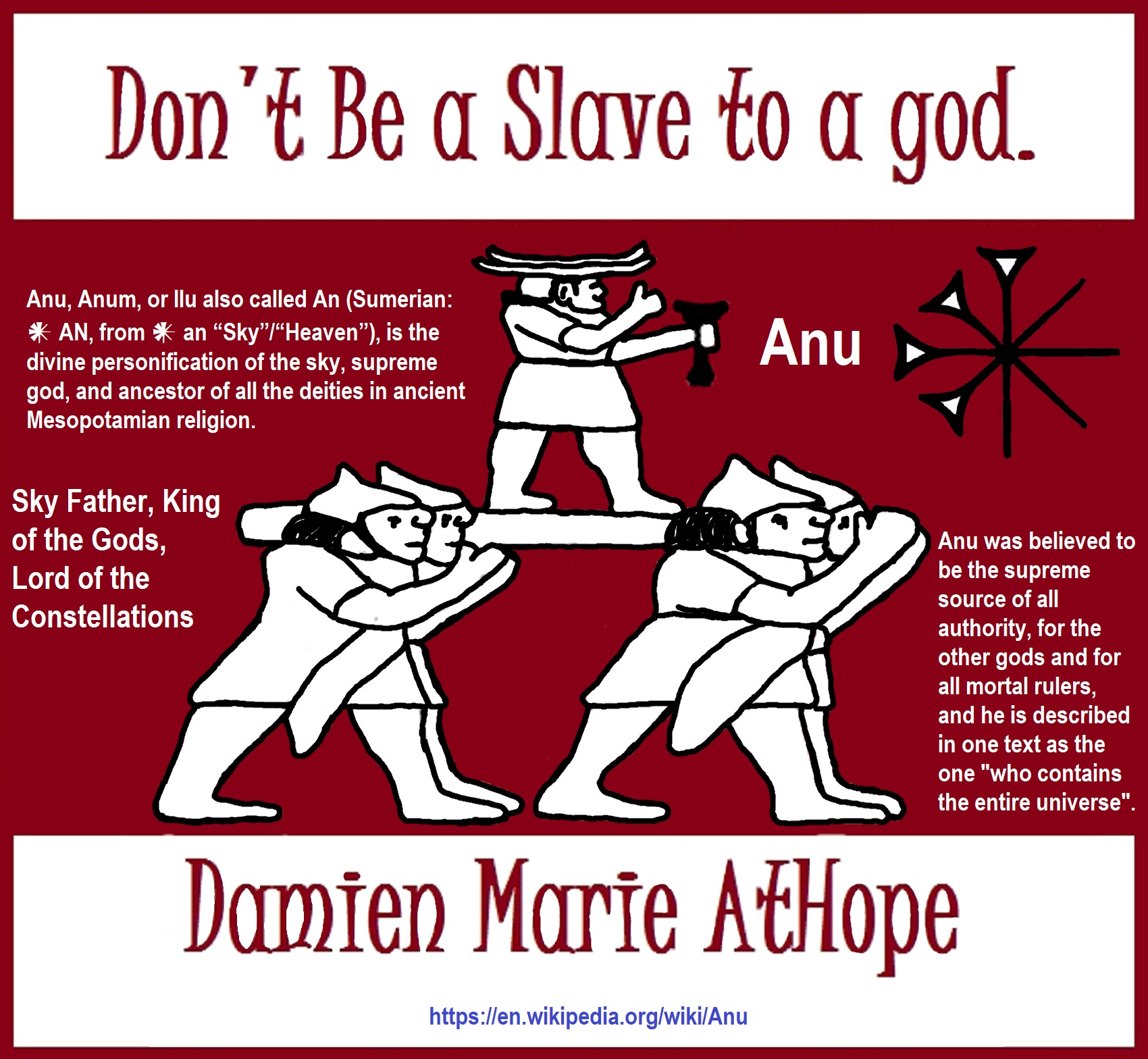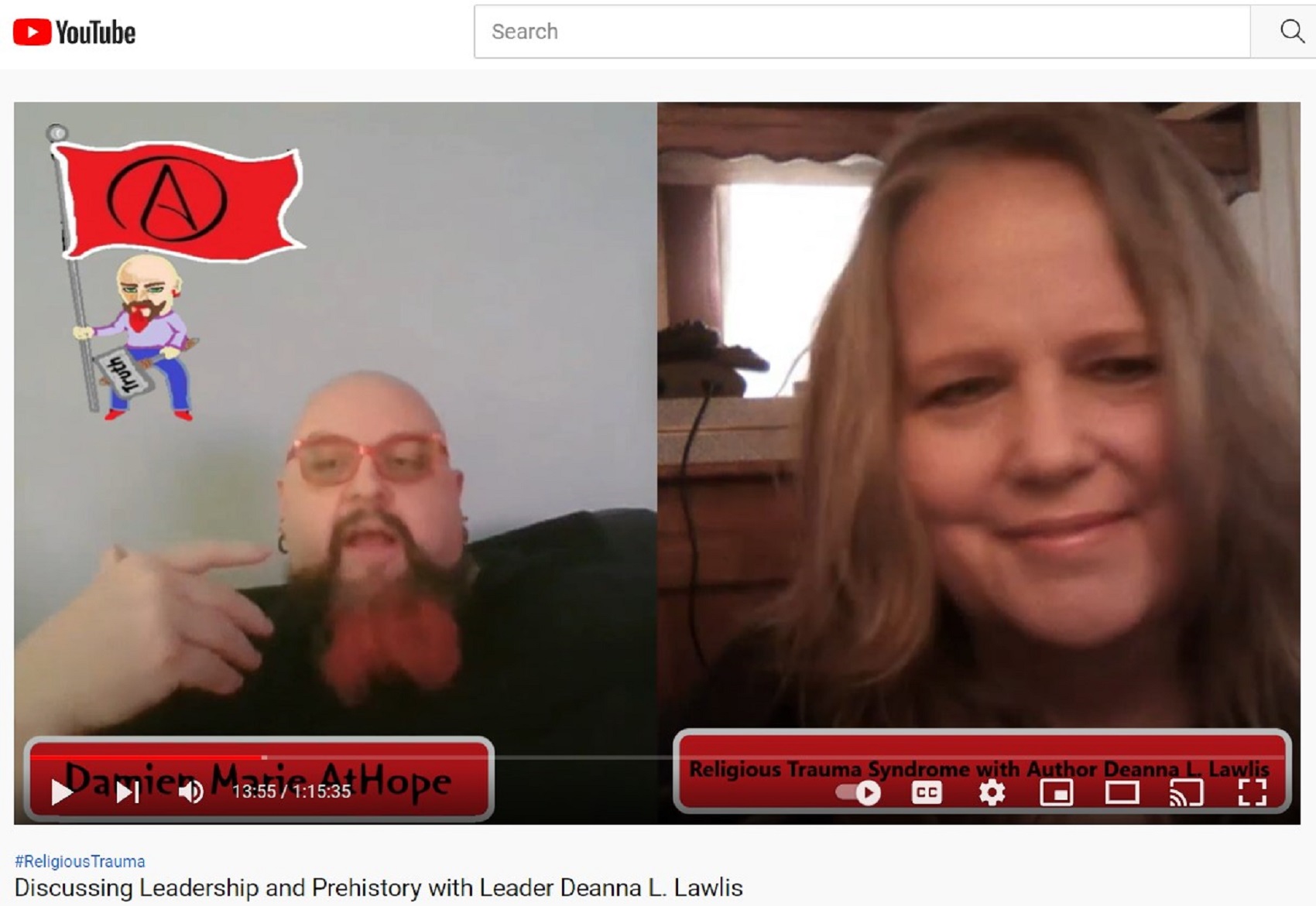
@DeannaLLawlis (this is her new link started in 2022)
Discussing Leadership and Prehistory with Leader Deanna L. Lawlis: VIEDO
I am a mutualist and a collectivist, not simply a socialist anarchist. I create mutualism relationships, that aid both. Mutualism: can be thought of as the doctrine that mutual dependence is necessary to social well-being.
Me in a message: I have interviewed or chatted with around 200 people.
“I’ve noticed… I’ve listened to a few of them.” – Leader Deanna L. Lawlis @DeannaLawlis
Me in a message: Cool, I did not know if anyone on here knew me as I did not start using Twitter until I got banned by Facebook and then Linkedin.
“Lol… I left Facebook in 2019… it became too….. churchy…. for me.” – Leader Deanna L. Lawlis @DeannaLawlis
Me in a message: I think I was too anti-churchy…. for them. lol
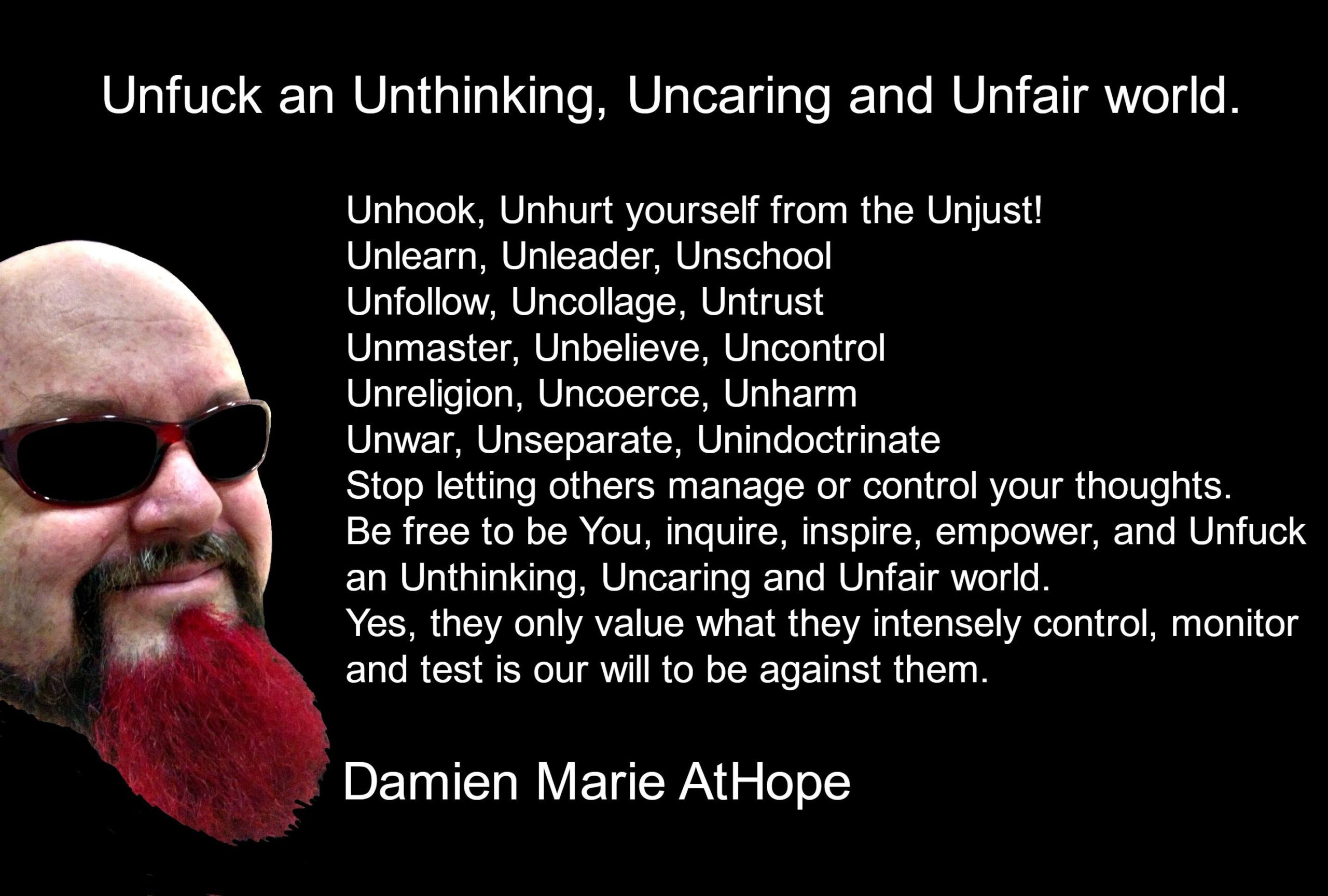
“GREAT MEME!” – Leader Deanna L. Lawlis @DeannaLawlis
Me in a message: Thanks, I appreciate your support.

“Likewise, and thanks again for sharing my RT. I lowered the cost to publishers cost only so that anyone deconstructing could afford it, and those who still cannot afford it I give it away for free. I began deconstructing in 2010 when the term was newly used and not often spoken of. I wrote my story to let others know they are heard, how they feel is relevant, and they are not alone. I released it in January of this year after seeing so many fleeing from the church in 2020. I felt it was time. It has been read in 4 different countries.” – Leader Deanna L. Lawlis @DeannaLawlis
Me in a message: I am proud of you, we are all needed, and should do all we can, the need is great. I have an old blog post on RT. I focus on prehistory and philosophy, mainly.
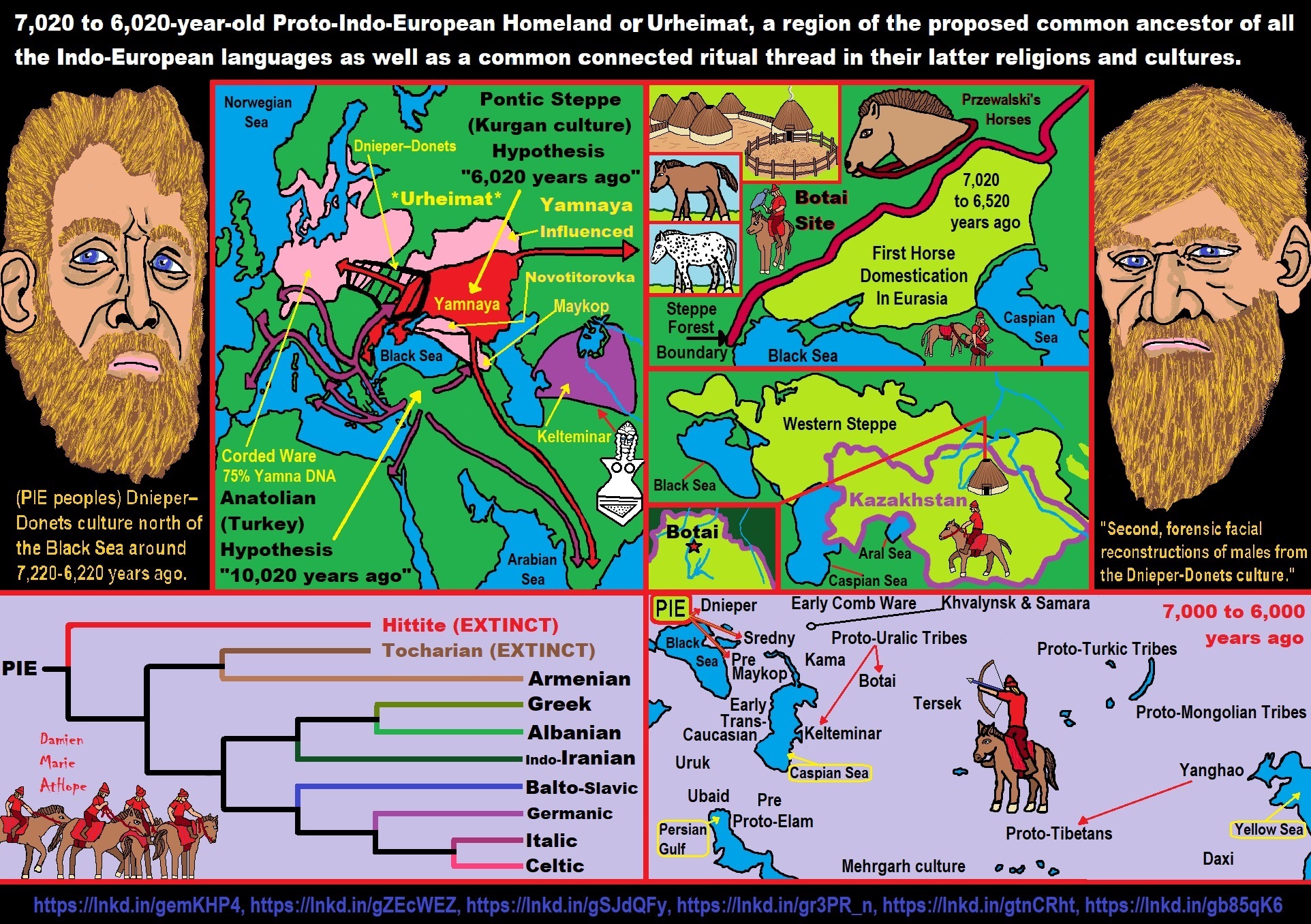
Proto-Indo-European language
“PIE is hypothesized to have been spoken as a single language from 4500 to 2500 BCR during the Late Neolithic to Early Bronze Age, though estimates vary by more than a thousand years. As speakers of Proto-Indo-European became isolated from each other through the Indo-European migrations, the regional dialects of Proto-Indo-European spoken by the various groups diverged, as each dialect underwent shifts in pronunciation (the Indo-European sound laws), morphology, and vocabulary. Over many centuries, these dialects transformed into the known ancient Indo-European languages. From there, further linguistic divergence led to the evolution of their current descendants, the modern Indo-European languages. Today, the descendant languages of PIE with the most native speakers are Spanish, English, Portuguese, Hindustani (Hindi and Urdu), Bengali, Russian, Punjabi, German, Persian, French, Marathi, Italian, and Gujarati.” ref
“PIE is believed to have had an elaborate system of morphology that included inflectional suffixes (analogous to English child, child’s, children, children’s) as well as ablaut (vowel alterations, as preserved in English sing, sang, sung, song) and accent. PIE nominals and pronouns had a complex system of declension, and verbs similarly had a complex system of conjugation. The PIE phonology, particles, numerals, and copula are also well-reconstructed. Asterisks are used as a conventional mark of reconstructed words, such as *wódr̥, *ḱwṓ, or *tréyes; these forms are the reconstructed ancestors of the modern English words water, hound, and three, respectively.” ref
Proto-Indo-Europeans
“The Proto-Indo-Europeans are a hypothetical prehistoric population of Eurasia who spoke Proto-Indo-European (PIE), the ancestor of the Indo-European languages according to linguistic reconstruction. Knowledge of them comes chiefly from that linguistic reconstruction, along with material evidence from archaeology and archaeogenetics. The Proto-Indo-Europeans likely lived during the late Neolithic, or roughly the 4th millennium BC. Mainstream scholarship places them in the Pontic–Caspian steppe zone in Eurasia (present-day Ukraine and southern Russia). Some archaeologists would extend the time depth of PIE to the middle Neolithic (5500 to 4500 BCE) or even the early Neolithic (7500 to 5500 BC) and suggest alternative location hypotheses.” ref
“By the early second millennium BCE, descendants of the Proto-Indo-Europeans had reached far and wide across Eurasia, including Anatolia (Hittites), the Aegean (the linguistic ancestors of Mycenaean Greece), the north of Europe (Corded Ware culture), the edges of Central Asia (Yamnaya culture), and southern Siberia (Afanasievo culture). According to some archaeologists, PIE speakers cannot be assumed to have been a single, identifiable people or tribe, but were a group of loosely related populations ancestral to the later, still partially prehistoric, Bronze Age Indo-Europeans.” ref
“This view is held especially by those archaeologists who posit an original homeland of vast extent and immense time depth. However, this view is not shared by linguists, as proto-languages, like all languages before modern transport and communication, occupied small geographical areas over a limited time span, and were spoken by a set of close-knit communities—a tribe in the broad sense. Researchers have put forward a great variety of proposed locations for the first speakers of Proto-Indo-European. Using linguistic reconstruction from old Indo-European languages such as Latin and Sanskrit, hypothetical features of the Proto-Indo-European language are deduced.” ref
“Assuming that these linguistic features reflect the culture and environment of the Proto-Indo-Europeans, the following cultural and environmental traits are widely proposed:
- pastoralism, including domesticated cattle, horses, and dogs
- agriculture and cereal cultivation, including technology commonly ascribed to late-Neolithic farming communities, e.g., the plow
- transportation by or across water
- the solid wheel, used for wagons, but not yet chariots with spoked wheels
- worship of a sky god, *Dyḗus Ph2tḗr (lit. “sky father”; > Vedic Sanskrit Dyáuṣ Pitṛ́, Ancient Greek Ζεύς (πατήρ) / Zeus (dyeus)), vocative *dyeu ph2ter (> Latin Iūpiter, Illyrian Deipaturos)
- oral heroic poetry or song lyrics that used stock phrases such as imperishable fame (*ḱléwos ń̥dʰgʷʰitom) and the wheel of the sun (*sh₂uens kʷekʷlos).
- a patrilineal kinship-system based on relationships between men.” ref
“A 2016 phylogenetic analysis of Indo-European folktales found that one tale, The Smith and the Devil, could be confidently reconstructed to the Proto-Indo-European period. This story, found in contemporary Indo-European folktales from Scandinavia to India, describes a blacksmith who offers his soul to a malevolent being (commonly a devil in modern versions of the tale) in exchange for the ability to weld any kind of materials together. The blacksmith then uses his new ability to stick the devil to an immovable object (often a tree), thus avoiding his end of the bargain. According to the authors, the reconstruction of this folktale to PIE implies that the Proto-Indo-Europeans had metallurgy, which in turn “suggests a plausible context for the cultural evolution of a tale about a cunning smith who attains a superhuman level of mastery over his craft.” ref
Proto-Indo-European mythology
“Proto-Indo-European mythology is the body of myths and deities associated with the Proto-Indo-Europeans, the hypothetical speakers of the reconstructed Proto-Indo-European language. Although the mythological motifs are not directly attested – since Proto-Indo-European speakers lived in preliterate societies – scholars of comparative mythology have reconstructed details from inherited similarities found among Indo-European languages, based on the assumption that parts of the Proto-Indo-Europeans’ original belief systems survived in the daughter traditions.” ref
“The Proto-Indo-European pantheon includes a number of securely reconstructed deities, since they are both cognates – linguistic siblings from a common origin –, and associated with similar attributes and body of myths: such as *Dyḗws Ph₂tḗr, the daylight-sky god; his consort *Dʰéǵʰōm, the earth mother; his daughter *H₂éwsōs, the dawn goddess; his sons the Divine Twins; and *Seh₂ul, a solar goddess. Some deities, like the weather god *Perkʷunos or the herding-god *Péh₂usōn, are only attested in a limited number of traditions – Western (European) and Graeco-Aryan, respectively – and could therefore represent late additions that did not spread throughout the various Indo-European dialects.” ref
“Some myths are also securely dated to Proto-Indo-European times, since they feature both linguistic and thematic evidence of an inherited motif: a story portraying a mythical figure associated with thunder and slaying a multi-headed serpent to release torrents of water that had previously been pent up; a creation myth involving two brothers, one of whom sacrifices the other in order to create the world; and probably the belief that the Otherworld was guarded by a watchdog and could only be reached by crossing a river. Various schools of thought exist regarding possible interpretations of the reconstructed Proto-Indo-European mythology. The main mythologies used in comparative reconstruction are Indo-Iranian, Baltic, Roman, and Norse, often supported with evidence from the Celtic, Greek, Slavic, Hittite, Armenian, Illyrian, and Albanian traditions as well.” ref
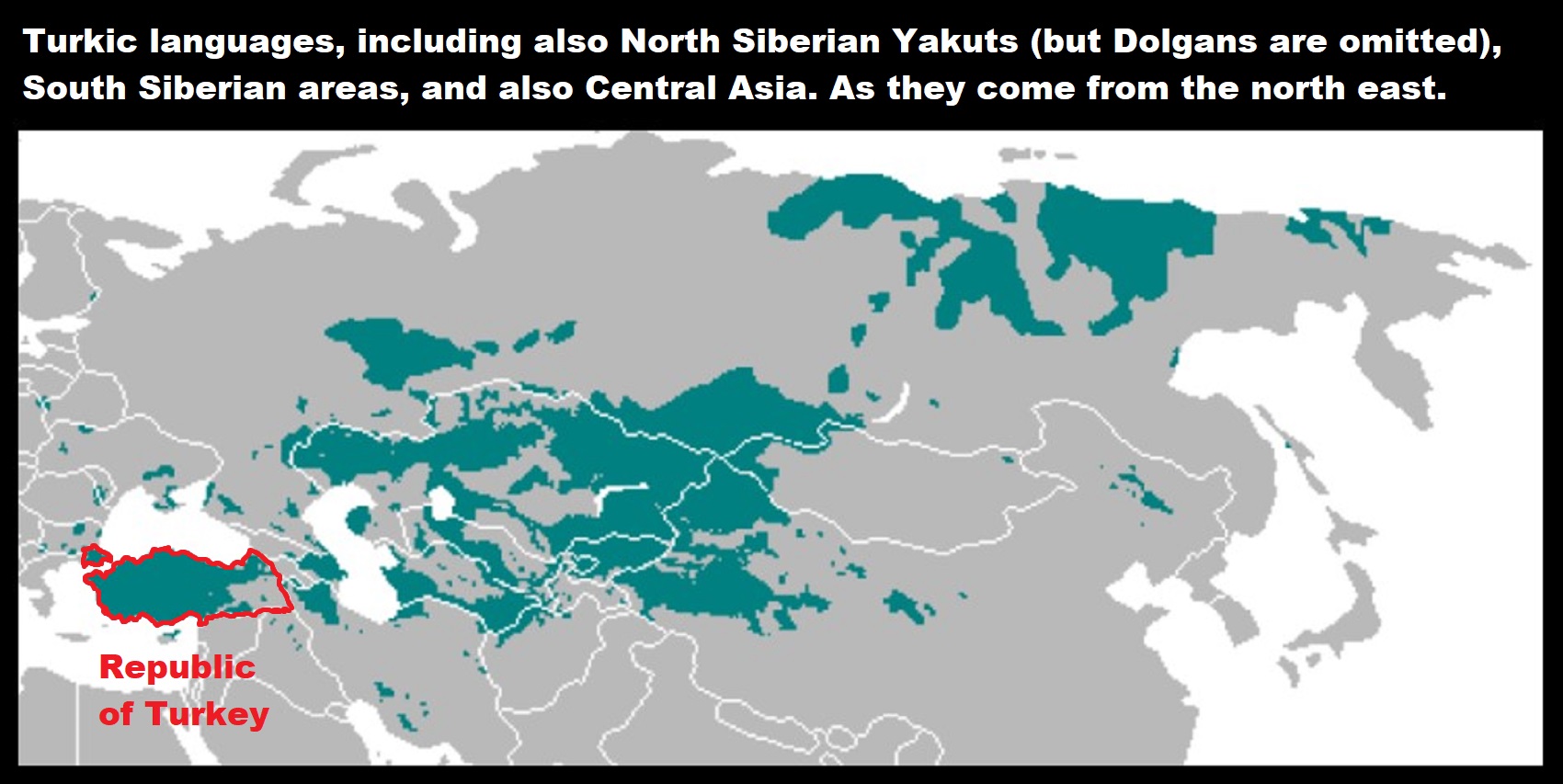


The “wheel” related word list
“Most linguists argue that the PIEs (Proto-Indo-Europeans) did have words for wheel. The candidates put forward for wheel or wagon-related words are nine reconstructed PIE word forms. These are:
- *hurki , argued to mean “wheel”
- *roteh2, argued to mean “wheel”
- *kwékwlo-, argued to mean “wheel”
- *kwelh1-, argued to mean “turn” perhaps in the sense of a turning wheel.
- *h2eks-, argued to mean “axle”
- *h2ih3s-, argued to mean “thill” or “wagon shaft”
- *wéĝh-, argued to mean “convey in a vehicle”
- *h3nebh-, argued to mean “nave” or “wheel hub”
- *iugó-, argued to mean “yoke” ref
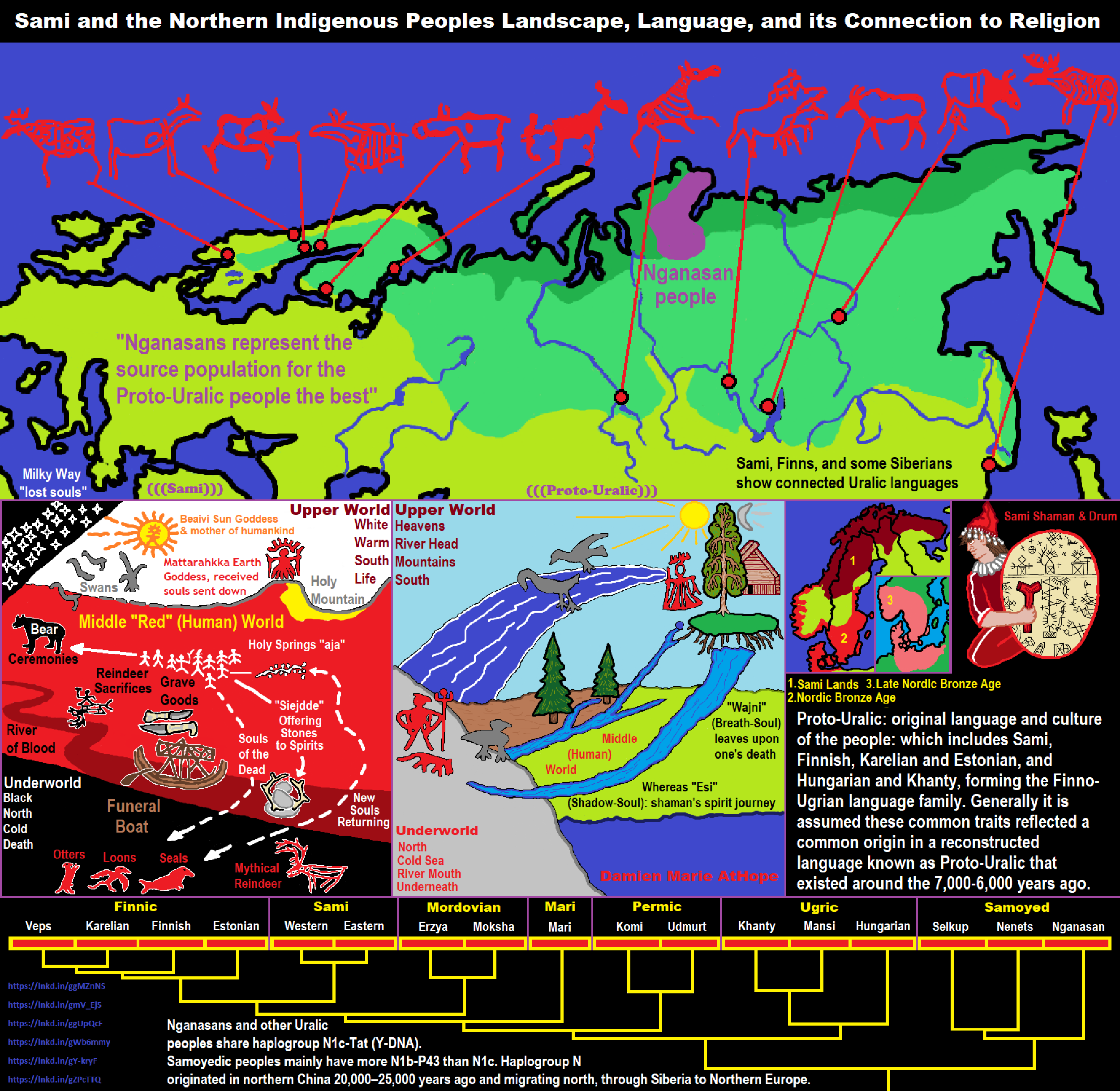
ref, ref, ref, ref, ref, ref, ref, ref, ref, ref, ref, ref, ref, ref, ref, ref, ref, ref, ref
“Logging off… I’ll be back! Thanks again, Damien!” – Leader Deanna L. Lawlis @DeannaLawlis
Me in a message: Most religions sound like other people’s religions because they share connections seen in languages and how they are connected. Take care.
————————
“Hey Damien, I changed the number on the retweet after reading a few other blogs. And technically, it’s 1-2 out of every 100 if including those with xxy xyy chromosomes… I’m going to do some mite reading to better educate myself.” – Leader Deanna L. Lawlis @DeannaLawlis
Me in a message: Right on, it is not my main focus, so I am not as informed as I could be either.
“I’m a huge statistics person! I LOVE seeing the numbers behind a fact… Roughly 3,600 infants are born intersex each year with both m/f parts, but there are intersex with gender dysmorphia and intersex born with m part and female chromosomes and vice versa.” – Leader Deanna L. Lawlis @DeannaLawlis
Me in a message: I like thinking and I use facts, to support thinking.
“These are additional to those born having both parts, which is probably the reason behind the 1-2 in 100 statistics… Absolutely.” – Leader Deanna L. Lawlis @DeannaLawlis
Me in a message: I hear you and know you are a reasoned thinker and I know that way more Intersex people exist than they think.
“I’m certain of it. Watching your YouTube vid on it now.” – Leader Deanna L. Lawlis @DeannaLawlis
Me in a message: Right on, let me know what you think.
“Haha! You had me lmao at the end… “is that an appropriate response? Someone makes you mad and you kill them all because… fuck it” It’s a great video.. can I share it on the Twitter feed? Very good information… thank you for sharing it!” – Leader Deanna L. Lawlis @DeannaLawlis
Me in a message: I appreciate your support and yes feel free to share. Intersex-Genderqueer ME presenting as male!
“I’ve been judged my entire life, even as a Christian for 23 years…” – Leader Deanna L. Lawlis @DeannaLawlis
Me in a message: You have to do what is good for you. Religious people can be quite toxic.

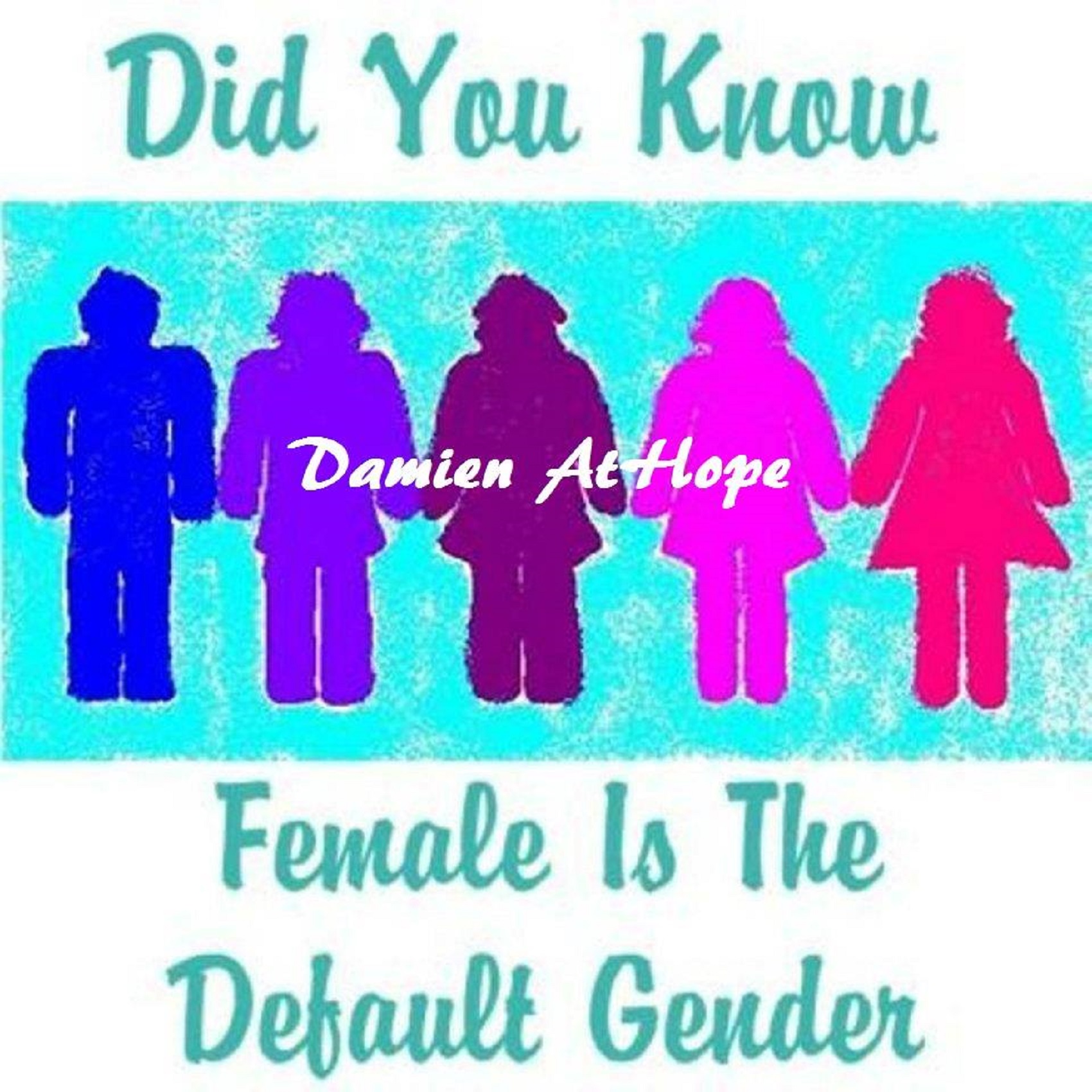
“Haha! You had me lmao at the end… “is that an appropriate response? Someone makes you mad and you kill them all because… fuck it” It’s a great video.. can I share it on the Twitter feed? Very good information… thank you for sharing it!” – Leader Deanna L. Lawlis @DeannaLawlis
Me in a message: I added your info to a blog post of mine, but Twitter will not let me send it as it mentions religions killing. Here is a blog post which Twitter will not let me send you:
Migrations and Changing Europeans Beginning around 8,000 Years Ago https://damienmarieathope.com/2019/03/migrations-and-changing-europeans-beginning-around-8000-years-ago/?v=32aec8db952d
“Thank you! Oh, man! Lol, ok. That’s a very thorough and logical blog…. and thank you for adding my name via Religious Trauma. I am honored!” – Leader Deanna L. Lawlis @DeannaLawlis
Me in a message: You are welcome.
“Thank you so much!” – Leader Deanna L. Lawlis @DeannaLawlis
Me in a message: We rise by helping each other.
“I meant to ask if we are still on for the 16th?” – Leader Deanna L. Lawlis @DeannaLawlis
Me in a message: Yes, I am looking forward to it.
“Thank you, Damien I think you have many important views and are a wonderful human!” – Leader Deanna L. Lawlis @DeannaLawlis
Me in a message: I appreciate your support.
“Likewise, brother.” – Leader Deanna L. Lawlis @DeannaLawlis
Me in a message: I try to share your stuff often as I want to help you.
“I’ve noticed and thank you! Hey Damien! What is the topic title on the 16th so that I can begin advertising it? And when will it be released for viewing?” – Leader Deanna L. Lawlis @DeannaLawlis
Me in a message: It is to promote you, your book, and whatever else you want to talk about. I had not thought about a title yet so if you have ideas I am open to hearing them. I like that you address psychology as my BA is in psychology.
“Ahhhhhh yes… I love the study of the human mind! I have a BA in Ministerial Counseling, and was in school for my BA in Science Psychology, minoring in Criminal Justice 7 years ago. Needless to say, I worked full time, as well, so my secondary BA hit the dust. *bit the dust.” – Leader Deanna L. Lawlis @DeannaLawlis
“I used my BA in Ministerial Counseling to open 2 Recovery Houses for Women who were court-ordered to my homes after receiving charges for drug crimes. But after leaving religion, I’d planned to enter the prison system doing the same… just never made it… Family first.” – Leader Deanna L. Lawlis @DeannaLawlis
Me in a message: Cool, I was planning to be a Christian drug and alcohol counselor. Then I turned atheist in college.
“What is interesting is, (and you can attend AA or NA meetings to determine this, as well), many addicts have issues with the god factor… which is why Bill Wilson established the ‘god of your understanding’ in meetings. Sounds like we have similar hearts, Damien.” – Leader Deanna L. Lawlis @DeannaLawlis
Me in a message: I was in AA from 1989 until 2006 when I turned atheist and stopped going. I went to NA for about a year 1989-1990.
“In AA from 2003- 2013, which is when I relapsed 1 and 1/2 years after trauma and was diagnosed with PTSD and DID. Didn’t quit drinking again until Oct 2018… at my own will. In 2018, I stopped blaming myself for the criticism of others and walked away from alcohol dependence, realizing I was only harming myself for having been harmed… which made no sense.” – Leader Deanna L. Lawlis @DeannaLawlis
Me in a message: I was raised in what often felt to me like a Christian cult, it was called the Local Church.
“Yep… that about sums it up.” – Leader Deanna L. Lawlis @DeannaLawlis
Me in a message: From my childhood abuse, I turned sociopath. Religion fanatics as parents and both were mentally ill as well.
“Oh yeah…” – Leader Deanna L. Lawlis @DeannaLawlis
Me in a message: My father was schizophrenic and a narcissistic psychopath as well, it was a hell childhood. My mom seemed quite psychopathic/sociopathic or both as well but never as cruel as my father. My mom made some efforts to love me my father has always been too selfish to have a world for anyone but him king of all with a world of slaves.
“I express behavior that could have possible connections to mental issues or something emotional, just undiagnosed… I mean, there’s the obvious delusion that coincides with belief in a sky daddy… but OCD, Narcissism, maybe some Bi-Polar intermingled…” – Leader Deanna L. Lawlis @DeannaLawlis
Me in a message: I feel for you and appreciate who you are now.
“See, married for 13 years. And I understand, prisoners in our own homes.” – Leader Deanna L. Lawlis @DeannaLawlis
Me in a message: I had 20 years of counseling. I understand that my home was a terror. “I was raised in what felt like a Christian cult called the Local Church”, they like to take legal action when they get called a cult, I have heard.
Me in a message: “Based in southern California and founded by the late Chinese-American preacher Witness Lee (pictured to the left), the “Local Church” movement has for the past forty years been spreading a unique variant of Christianity across the globe. The group’s beliefs and practices are considered by many to be aberrant and cultic, although theologians often disagree on how best to classify it.” – https://lcinfo.org
Me in a message: The Local Churches: A Cult? https://lcinfo.org/?page=writings/research/rhodes
Me in a message: It was like Jahovia’s witnesses in many ways. Witness Lee CULT Exposed – Intro (Former Member Speaks Out) Their prayer reading is creepy. PRAY-READING THE WORD https://ministrybooks.org/books.cfm?xid=2D6VG2L7RTW1Q
“I began watching the Witness Lee video then went off on a YouTube squirrel chase. Back to it! Strange people!” – Leader Deanna L. Lawlis @DeannaLawlis
“I’d like to talk about mental conditioning (brainwashing) on Saturday vs. Tangible Reasoning, and what happens to the mind/body after Emotional Trauma (CPTSD) occurs causing Cognitive Dissonance leading to Dissociation of Identity (DID). What do you think?” – Leader Deanna L. Lawlis @DeannaLawlis
Me in a message: Sure I am good with that. I am more aware of that stuff like you are. I like deep thinking conversations.
“I think it will help those new to this type of trauma understand what they are going through so that they can more easily process through it.” – Leader Deanna L. Lawlis @DeannaLawlis
Me in a message: I am skilled at talking to people on the street or college professors. And, I appreciate your thoughtful input.
“I am a great writer, used to be a great speaker until trauma fried my brain, but I get the point across.” – Leader Deanna L. Lawlis @DeannaLawlis
Me in a message: I generally am just me. An ex-street kid who has been enlightened by reason.
“That’s beautiful!” – Leader Deanna L. Lawlis @DeannaLawlis
Me in a message: Thanks. I am an autodidact polymath who has been good at staying humble enough to learn from everything around me. My cat thought me kindness.
“I have always had what I called a Rubix cube brain. I liked taking things apart mentally and putting them back together to better understand them. Too bad I didn’t do that with religion earlier. I’m kind to everyone until they’re unkind to others, then I’m not so kind.” – Leader Deanna L. Lawlis @DeannaLawlis
Me in a message: My wife told me recently that I do that, “deconstruct and re-engineer” things to better understand them. I am kind even in my aggression as my goal is to inspire reason. To me, kindness is a life path, not something I do when convenient.
“Either I’ve not achieved that yet, or I’ll never achieve that… either way, it is who I am today.” – Leader Deanna L. Lawlis @DeannaLawlis
Me in a message: You will achieve it when you grasp the power kindness has in the hands of a skilled thinker like me. I am unstoppable when I embrace kindness. Kindness is not, never making others uncomfortable, rather it is only doing so wanting to help empower others. Challenge is healthy and so is needed change.
“I have a problem with an overkill of kindness, especially being that my kindness is what caused my sexual assault. Had I of understood there were moments when kindness is not appropriate, that mf would be 6 ft under. So, I guess what I’m saying is, I have no desire to be kind to everyone.” – Leader Deanna L. Lawlis @DeannaLawlis
Me in a message: I will explain it but please understand I don’t mean toxic positivity. You just need to be acquainted with a different approach to kindness. I will show you. I make bigots feel bad using kindness.
“I really don’t, though. I’m a very kind person until the person is unkind. That’s balance.” – Leader Deanna L. Lawlis @DeannaLawlis
Me in a message: I will get screenshots so you can see them. Kindness is not doing nice things for nice people it is an aviation of ethics in behavior. People are used to a very limited knowledge/understanding of kindness.
“I do kind things for others I guard my back with. But the moment they are unkind they are informed.” – Leader Deanna L. Lawlis @DeannaLawlis
Me in a message: I am kind even when I directly attack others. I do dignity attacks that hold people accountable.
“Holding people accountable is something I used to never do. I do it now.” – Leader Deanna L. Lawlis @DeannaLawlis
Me in a message: Having health standards is kindness to one’s self and others. I am different from all others as I see strength in the things others think are weaknesses. Lol People are good at opinions but bad at deep thought. All I do is deep thought.
“I don’t think kindness is a weakness, I simply believe there’s a balanced approach. Being kind to a victim of abuse will not look like kindness to the abuser. And if it is an assault in progress, it definitely will not look like kindness to the abuser.” – Leader Deanna L. Lawlis @DeannaLawlis
Me in a message: I am deep like the ocean. I am so deep some may drown trying to follow me in. Lol, The thing is, most people don’t grasp kindness, like I do. I use kindness as a strong motivational tool.

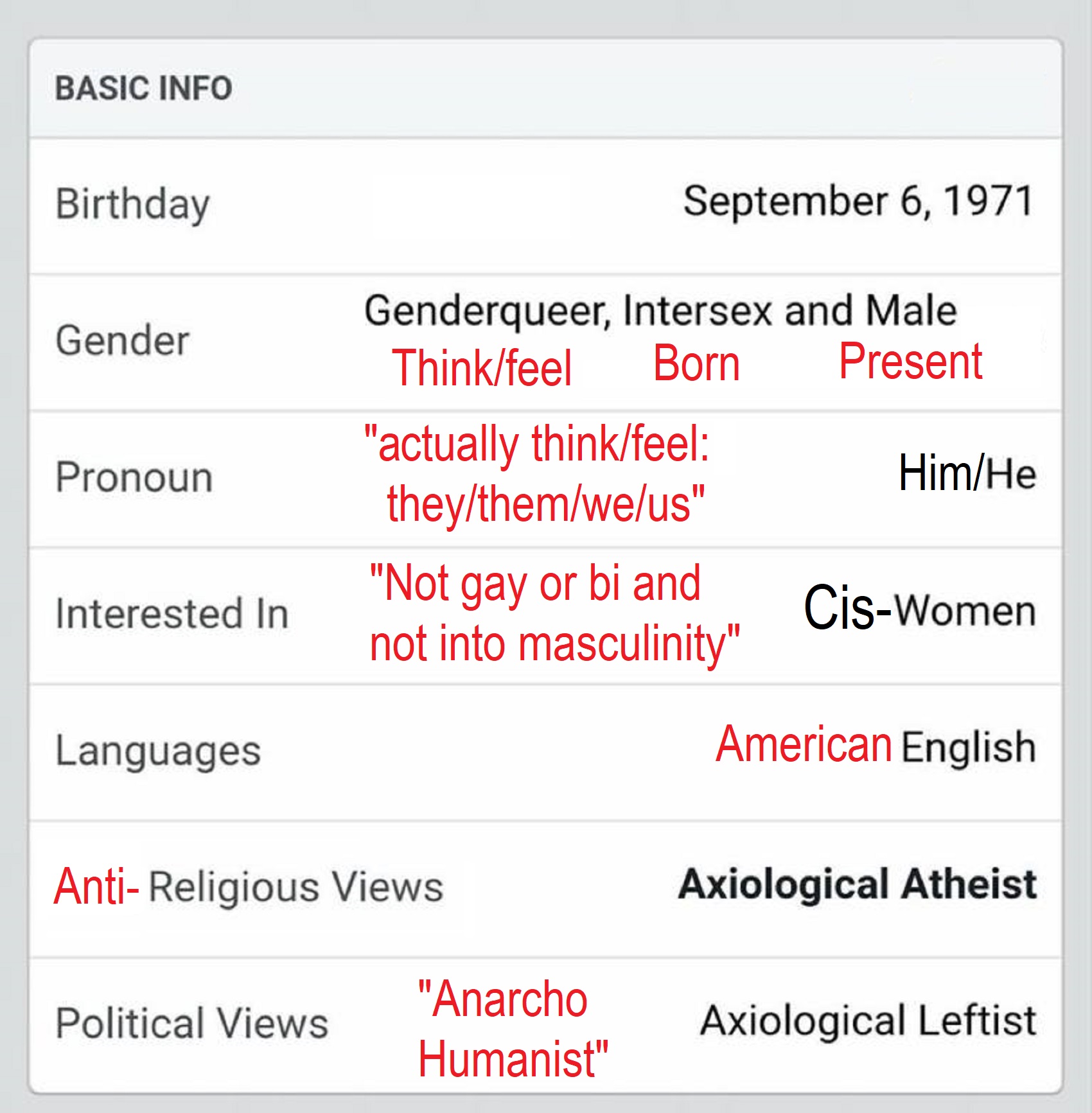
Intersex-Genderqueer ME presenting as male: https://www.patreon.com/posts/54634673
Me and My Gender Diversity: Genderqueer, Intersex, and Male: https://damienmarieathope.com/2016/02/me-and-my-gender-diversity-genderqueer-intersex-and-male/?v=32aec8db952d
Street-Kid Damien, Was He Really a BAD Kid? https://damienmarieathope.com/2021/05/street-kid-damien-was-he-really-a-bad-kid/?v=32aec8db952d
Intersex human rights? No, not really!!! https://damienmarieathope.com/2021/05/intersex-human-rights-no-not-really/?v=32aec8db952d
Intersex Me? https://damienmarieathope.com/2016/01/me-and-my-gender-diversity/?v=32aec8db952d
I am Pro-Body Sovereignty and Rights Against Genital Mutilation in Females, Males, as well as Intersex Persons: https://damienmarieathope.com/2016/02/i-am-pro-body-sovereignty-and-rights-against-genital-mutilation-in-females-males-as-well-as-intersex-persons/?v=32aec8db952d
LGBTQI-Phobia Hurts us All https://damienmarieathope.com/2019/06/lgbtqi-phobia-hurts-us-all/?v=32aec8db952d
Atheism and LGBTQI rights or support? https://damienmarieathope.com/2015/09/atheism-and-lgbtqi-rights-or-support/?v=32aec8db952d
Chatting with “The Spectacular Gay Atheist” on Atheism, Religion, LGBTQIA https://damienmarieathope.com/2021/04/chatting-with-the-spectacular-gay-atheist-on-atheism-religion-lgbtqia/?v=32aec8db952d
What did you say? You don’t like LGBTQ extremists??? https://damienmarieathope.com/2021/05/what-did-you-say-you-dont-like-lgbtq-extremists/?v=32aec8db952d
Damien Marie AtHope: Axiological Atheist, Anti-theist, Anti-religionist, Secular Humanist. Rationalist, Writer, Artist, Poet, Philosopher, Advocate, Activist, Psychology, and Armchair Archaeology/Anthropology/Historian.
I AM interested in: Freedom, Liberty, Justice, Equality, Ethics, Humanism, Science, Atheism, Antiteism, Antireligionism, Ignosticism, Left-Libertarianism, Anarchism, Socialism, Mutualism, Axiology, Metaphysics, LGBTQI, Philosophy, Advocacy, Activism, Mental Health, Psychology, Archaeology, Social Work, Sexual Rights, Marriage Rights, Woman’s Rights, Gender Rights, Child Rights, Secular Rights, Race Equality, Ableism/Disability Equality, Etc. And a far-leftist, “Anarcho-Humanist.”
I am an (Axiological Atheist) a far-leftist, “Anarcho-Humanist.” Also an atheist-humanist philosopher & pre-historical writer/researcher at damienmarieathope.com
Yes, YOU too, can be an Anarcho-Humanist?
Anarcho-Humanist sharing “Non-Anarchist Memes,” to Fight Bigotry?
I am Anti-Classist: addressing styles of anarchism and socialism, power to the people
Cory and Damien talking on issues in life: oppression, human rights, humanism, and equality.
Belief (Theism) and Disbelief (Atheism) in Anarchism and Socialism?
Yes, I am Wicked Smart and an Autodidactic Polymath
An axiological atheist and a cult educator address Trumpism/MAGA in association with cults
How would we know if you are actually a Humanist, in your thinking and behaviors?
Trump Troll and my Anarchist Atheist Response?
Atheist Rationalist Talking on “TRUTH” with a Spiritualist Philosopher
Mental Revolution/Dynomite, in one Blog Post?
My Close TV Opportunity Interview
Chatting on Axiological atheism, My deconversion, and My atheism
History of the Antifa (“anti-fascist”) Movements
Questions about Researching the Psychology of Religion
Yes, I am Actually an Atheist Anarchist
Are YOU Like Me, an Anti-Authoritarian Thinker?
Defending my Antireligious Firebrand Atheist Activism
What Inspires My Anarcho-Humanism?
The Professional Bio of Damien Marie AtHope
I am an Axiological Atheist, with a Rationalist Persuasion, who Supports Anarcho-Humanism
Axiological Ethics not Pseudo Morality
T.R.U.E. “The Rational Universal Ethics”
Moral fear and Moral love (which together motivate my axiological ethics)?
Feminist atheists as far back as the 1800s?
Chatting on Philosophy and Prehistory with the Dysevidentia Podcast: Sqeaky and Mako
Gillian Hovell: ‘The Muddy Archaeologist’ Ancient Historian & Archaeologist
Stefan Milo: “Atheist Archaeologist YouTuber”, Creating Videos on Human Evolution and Prehistory
Hammer of Truth that lying pig RELIGION: challenged by an archaeologist
Less Imperialism Worship in Prehistory/History, PLEASE
HISTORY OF CHINA relates to the History of Europe?
Interviewing Dr. David Miano, Historian, and Educational YouTuber
Atheist Pastor: Historian Christopher Atlee
Kultepe? An archaeological site with a 4,000 years old women’s rights document.
An Archaeological/Anthropological Understanding of Religion Evolution
Archaeological, Scientific, & Philosophic evidence shows the god myth is man-made nonsense.
Deeply Discussing Anthropology, Archaeology, Psychology, Science, Atheism, Philosophy, and Religion
Is there EXODUS ARCHAEOLOGY? The short answer is “no.”
I Believe Archaeology, not Myths & Why Not, as the Religious Myths Already Violate Reason!
[Antireligionist] blogs that address Religion: Archaeology, Anthropology, Philosophy, and History
Archaeology Knowledge Challenge?
Archaeology Disproves the Bible
Forget Religions’ Unfounded Myths, I Have Substantiated “Archaeology Facts.”
Sacred Mounds, Mountains, Kurgans, and Pyramids may hold deep connections?
Sacred Land, Hills, and Mountains: Sami Mythology
Beware of Pseudo-History like the Claims of a Hammer in a 400 Million Year Old Rock
The Pseudohistoric and Pseudoscientific claims about “Bakoni Ruins” of South Africa
Ancient Aliens Conspiracy Theorists are Pseudohistorians
My battle in the attack of “non-binary and Intersex” people by anti-non-binary thinkers!





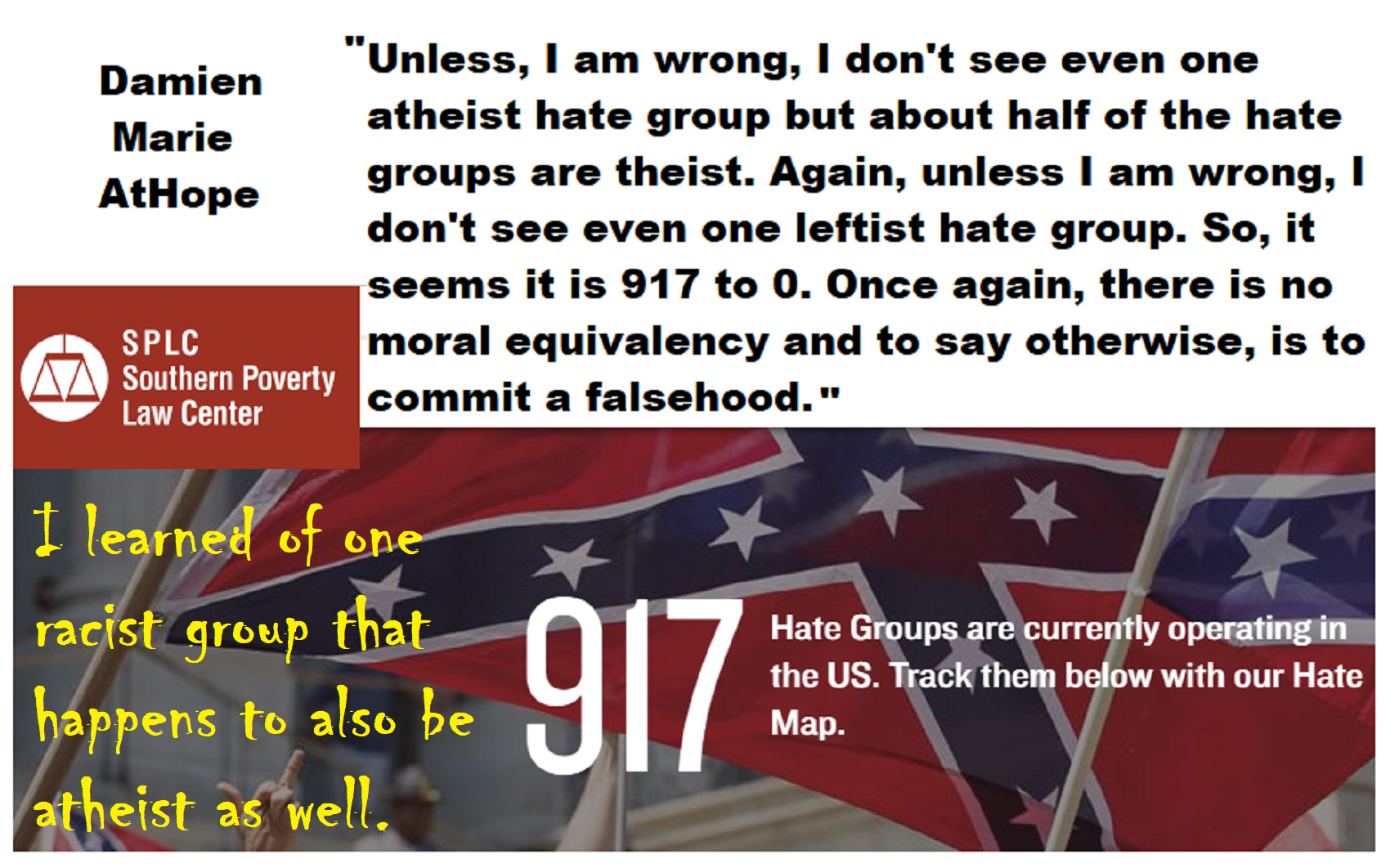



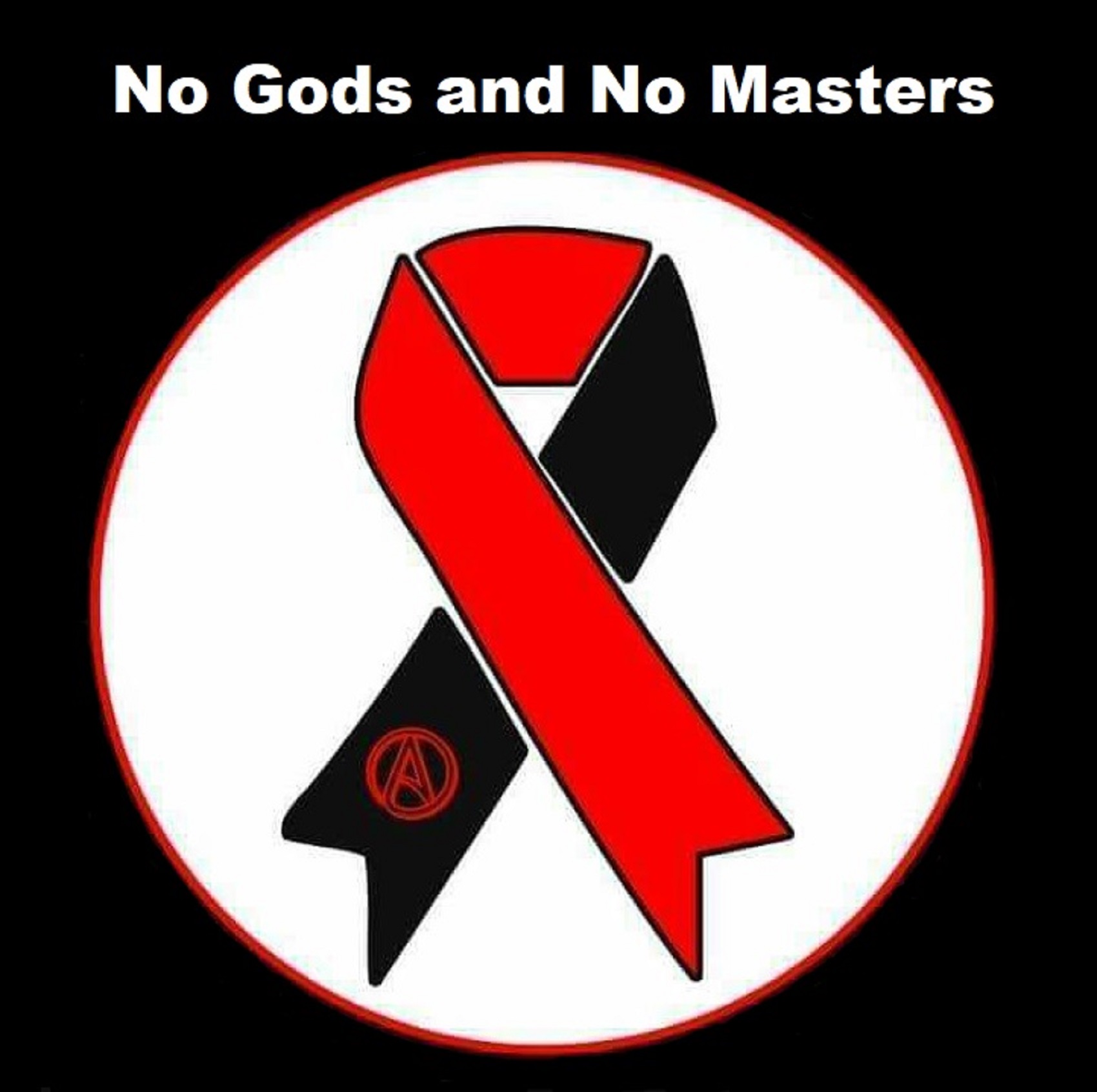

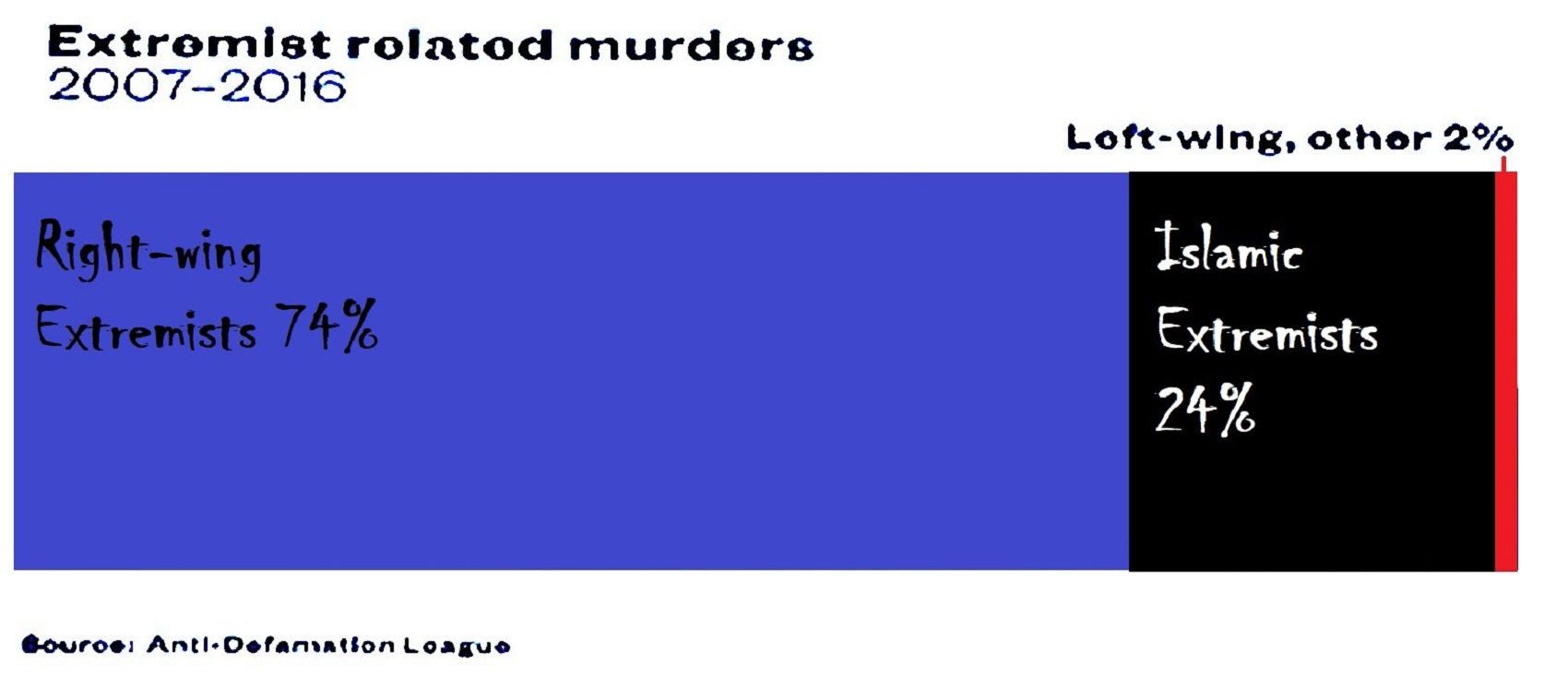
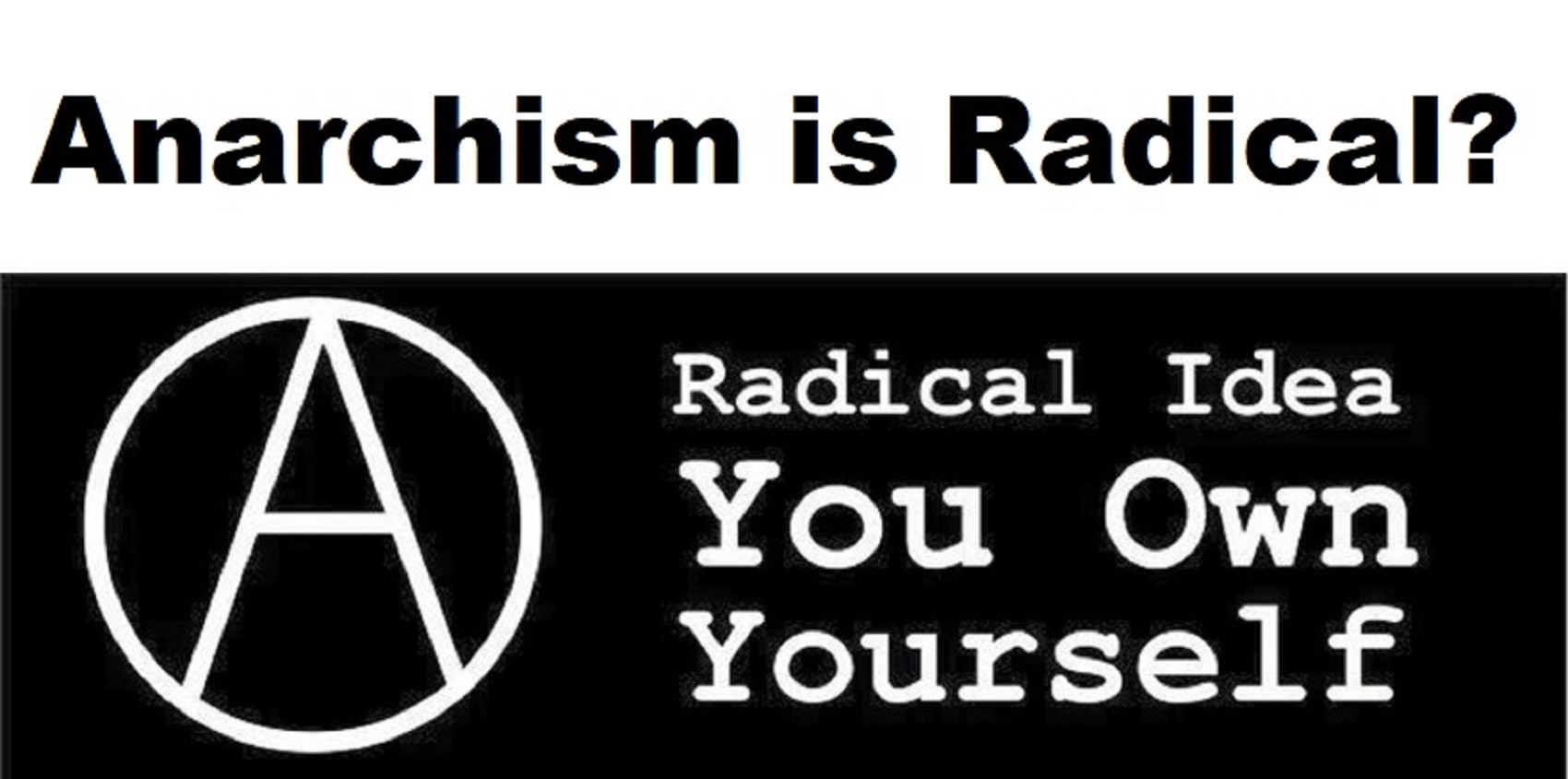

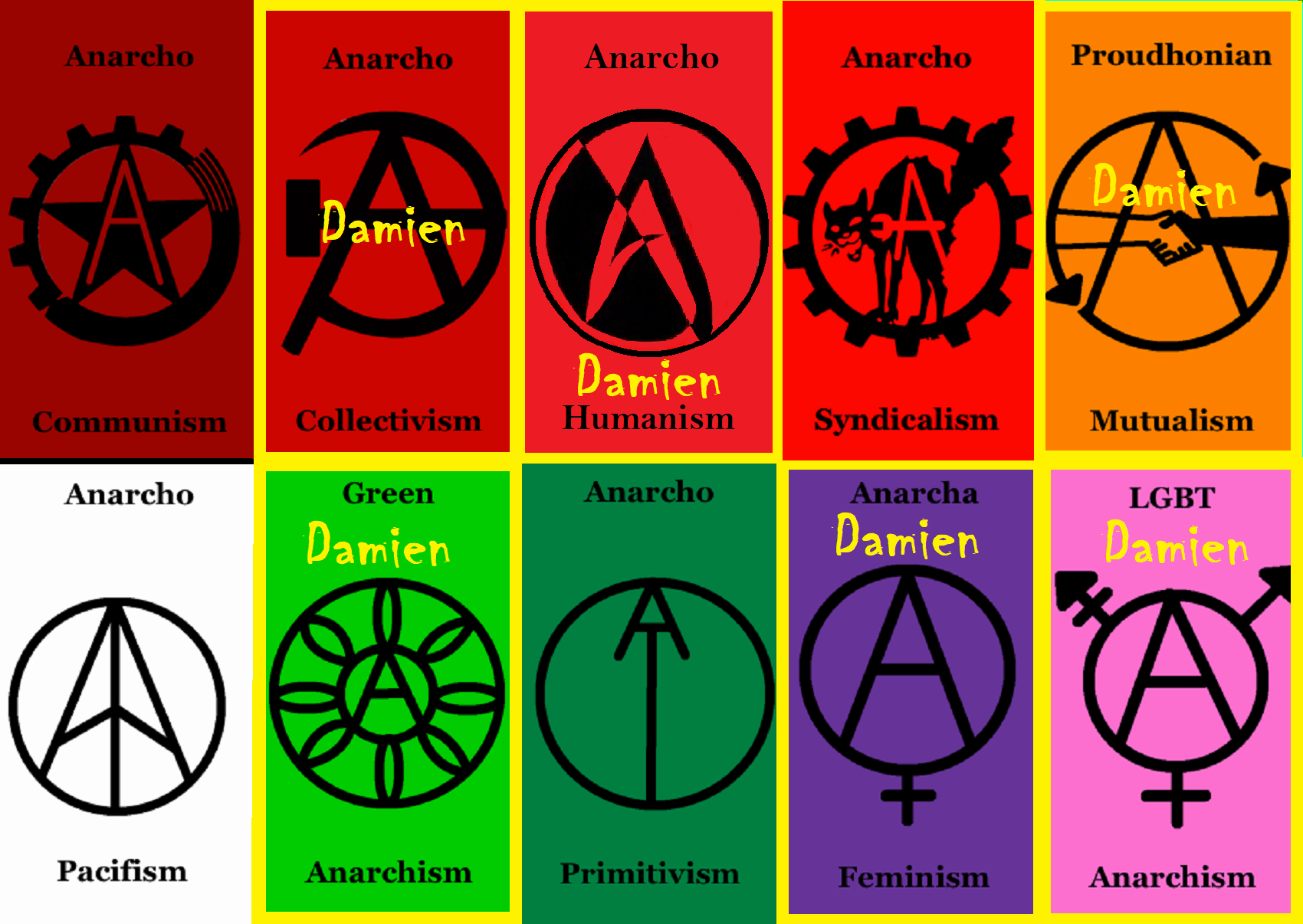



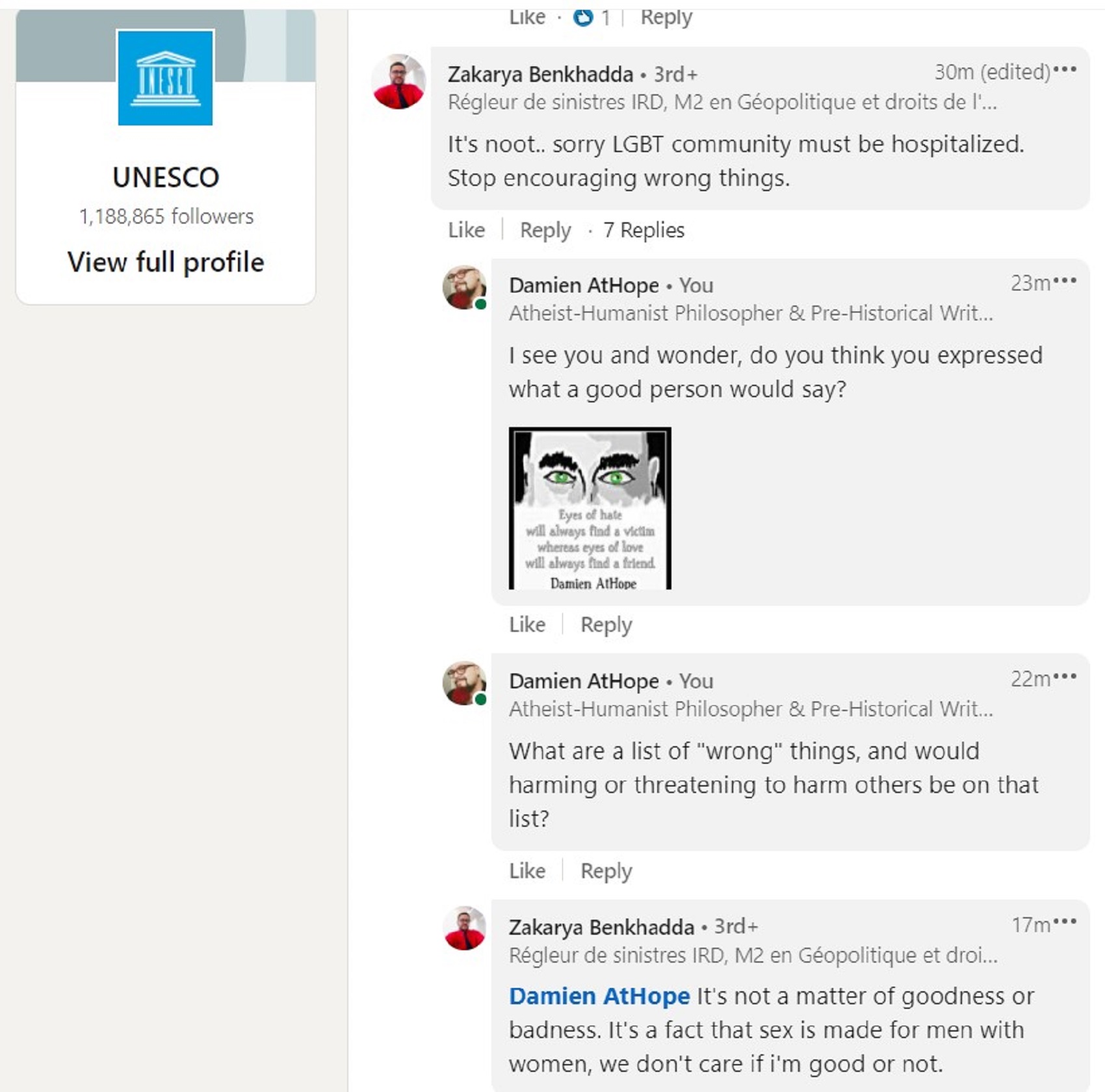
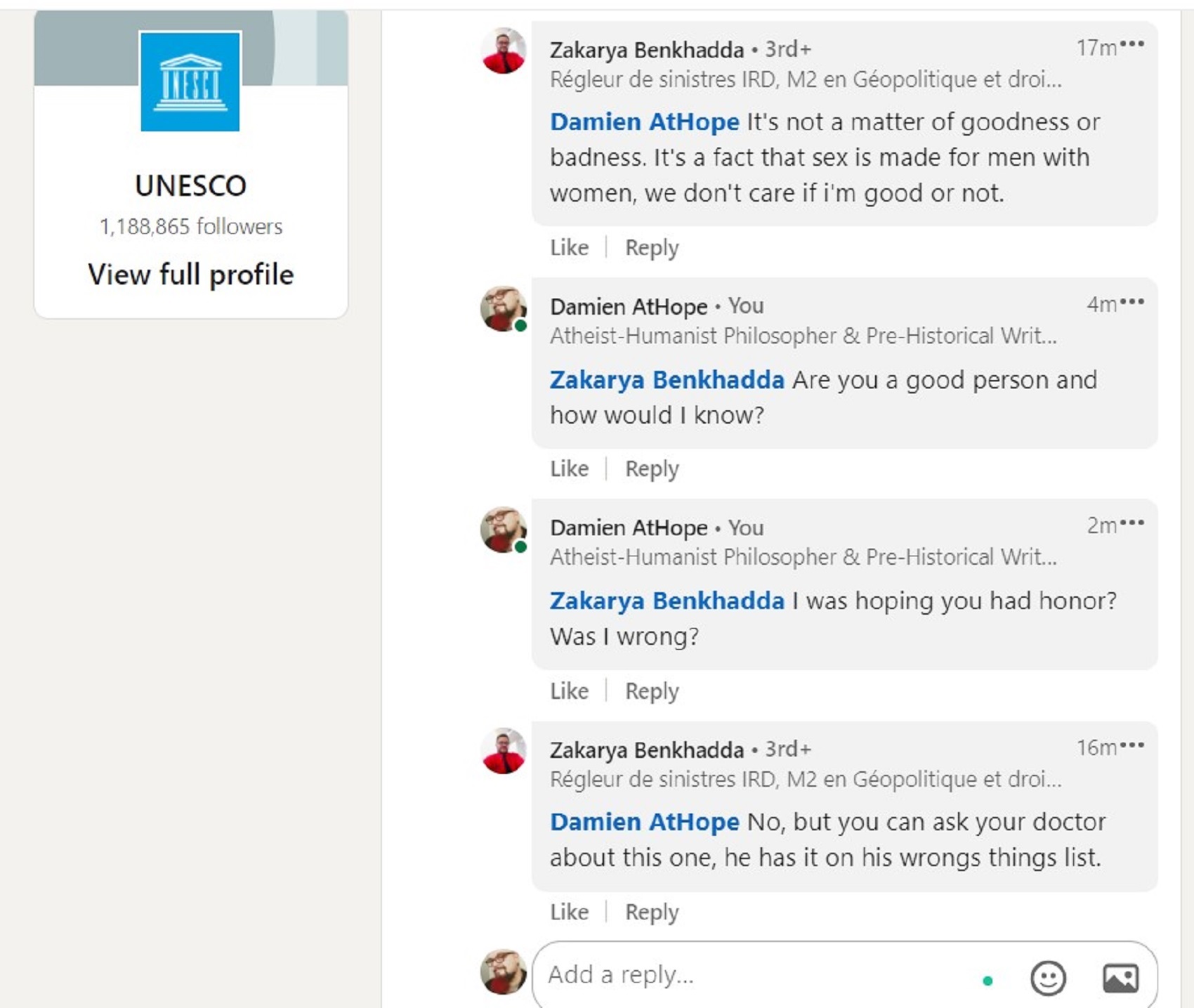
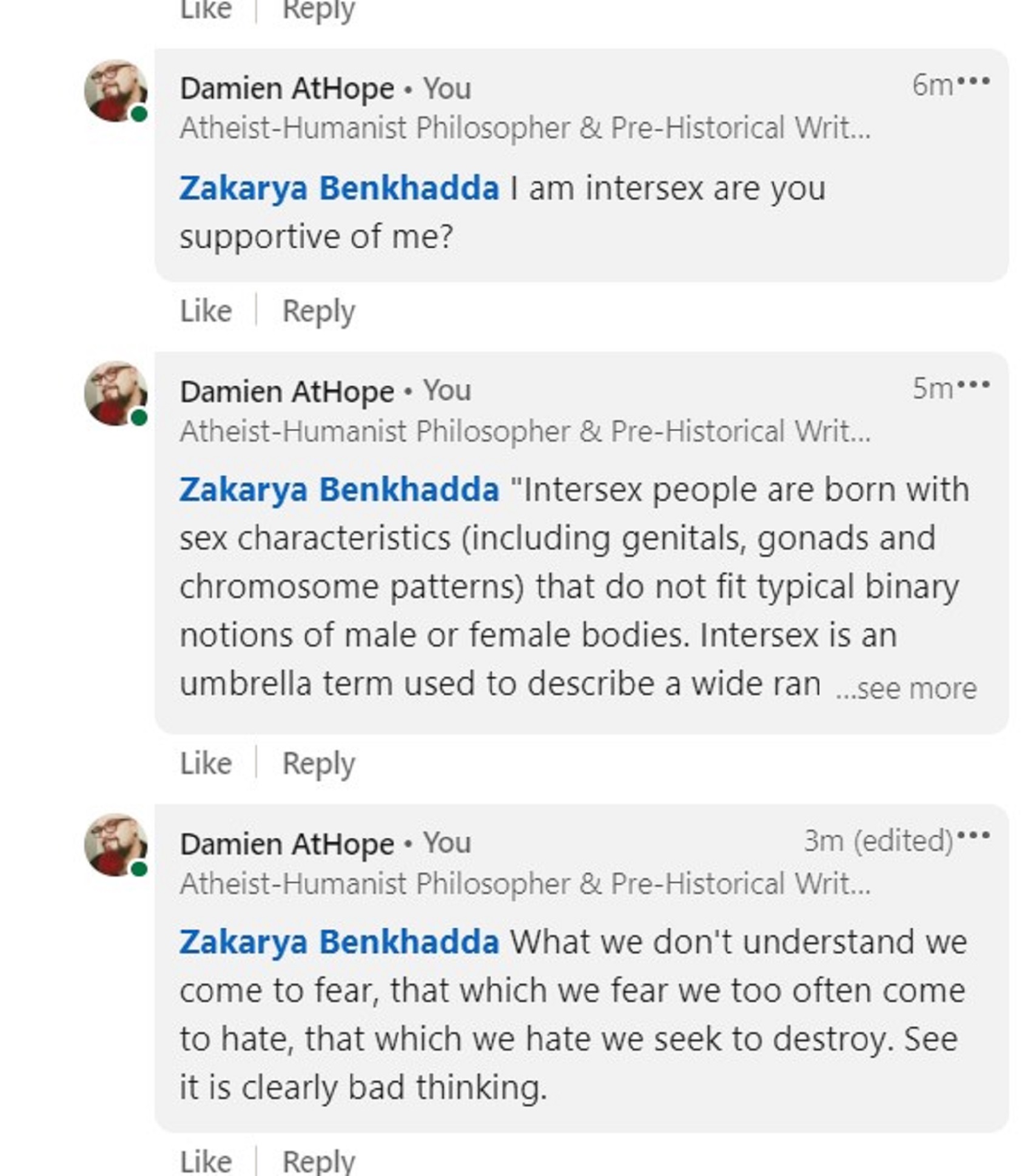
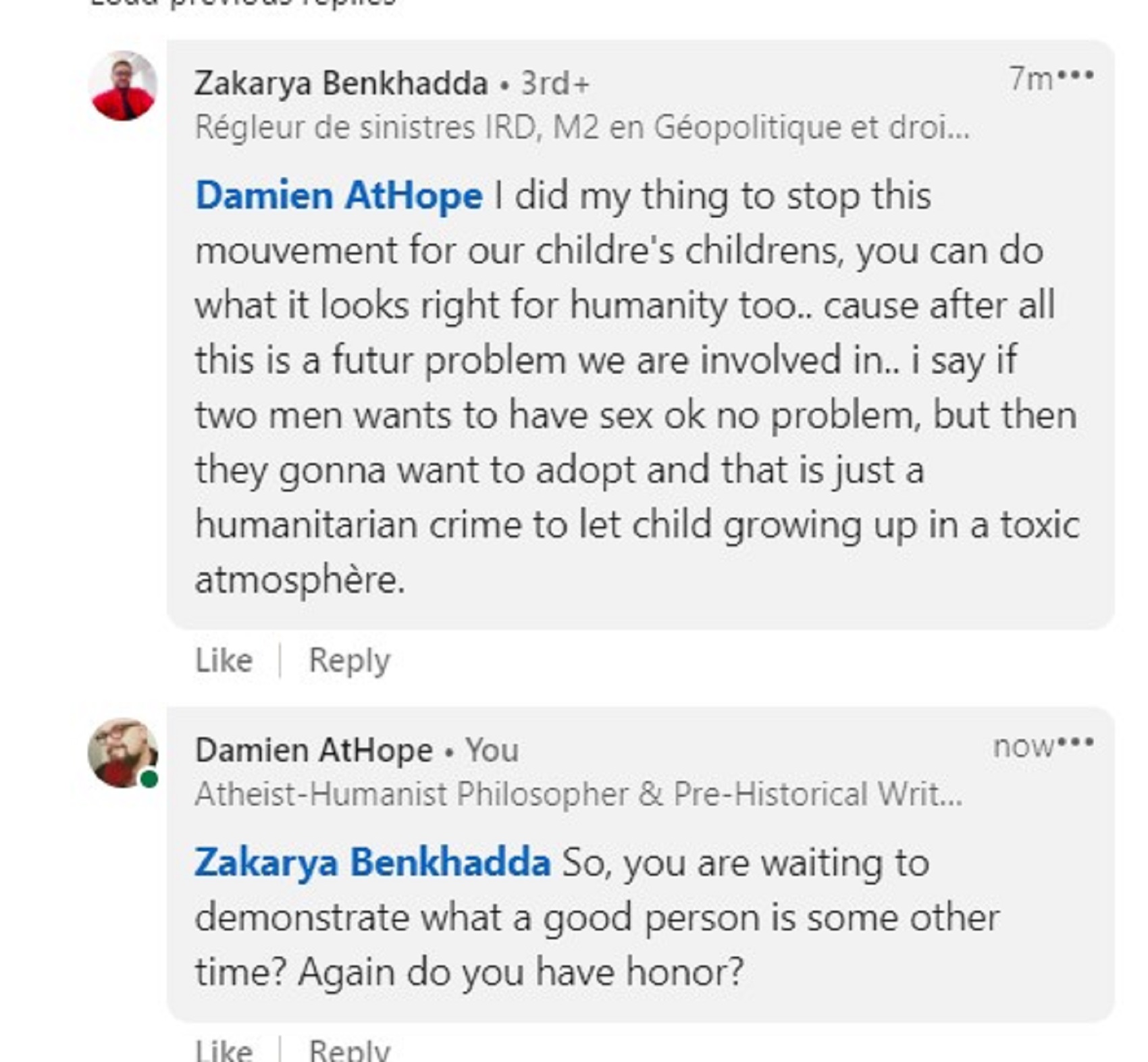

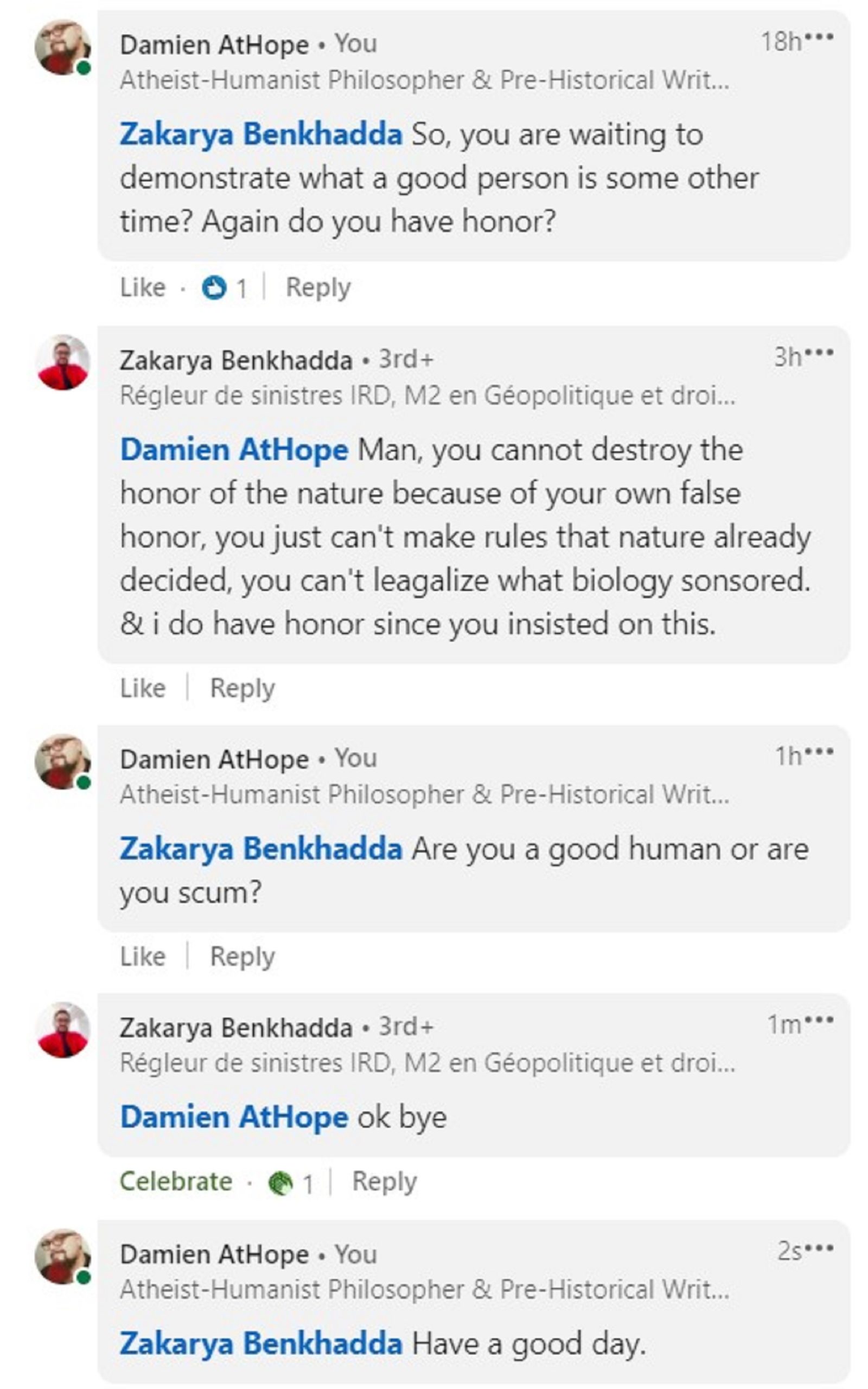
“You may have needed kindness for balance, Damien. I didn’t. I had kindness down to an excessive T. Today, I am not kind to unkind people. That is my balance.” – Leader Deanna L. Lawlis @DeannaLawlis
Me in a message: See how I managed him and stayed kind. My kindness was with them, my morality justification for being able to shame him and he was powerless. Yes, I had to become skilled at kindness as I was not a kind person but now that I am skilled at it I wish to share its power with others, if they want to learn it from me that is.
“I am certain you’ll find your tribe in that.” – Leader Deanna L. Lawlis @DeannaLawlis
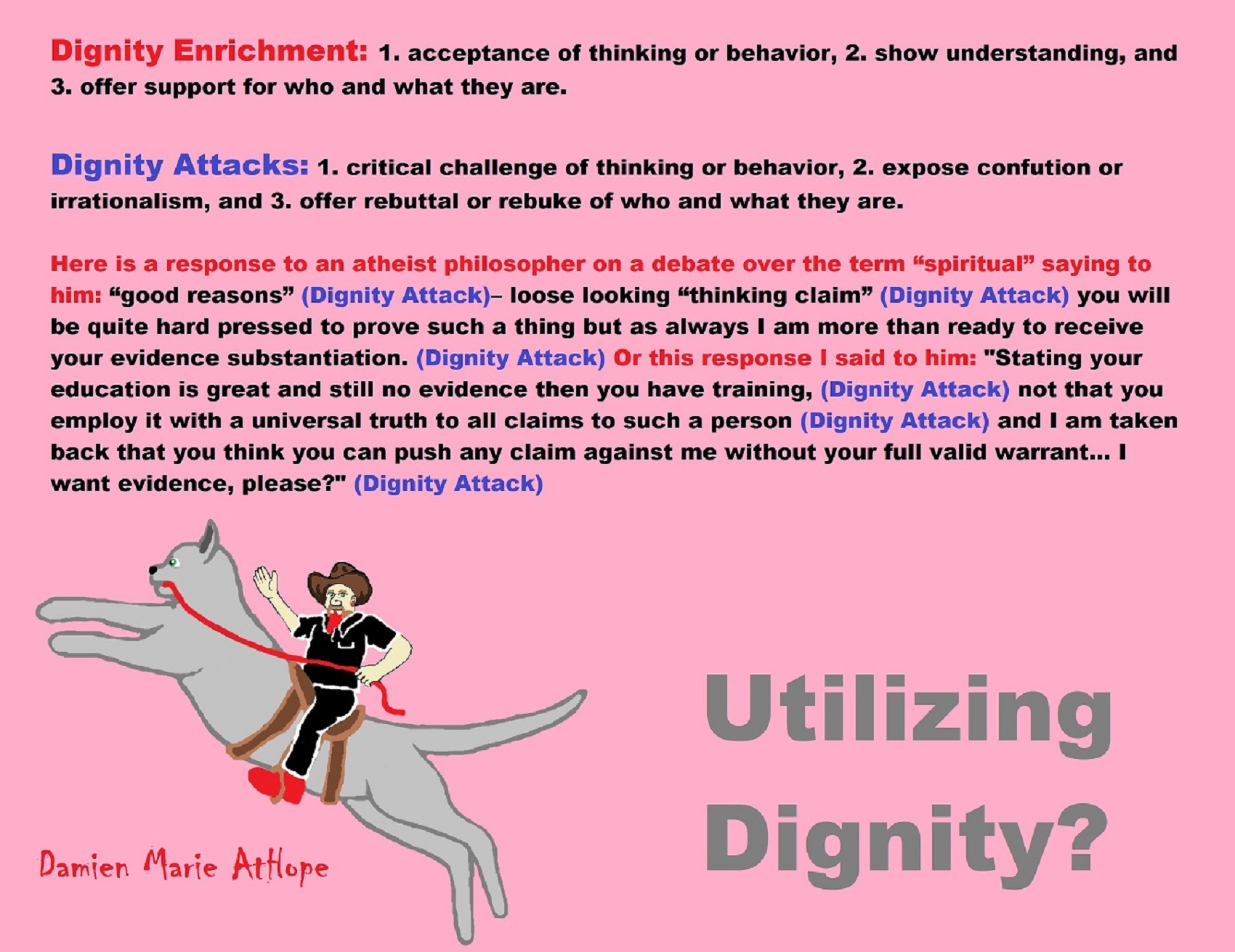
Grasping the Power and Value of Dignity
Dignity Being Theory: Turning a Troll?
Axiology, Morality and the Dignity Being: “Human Entity”
Axiological Dignity: “Value Consciousness vs Value-Blindness”
Axiological Dignity Being Theory
Why care? Because we are Dignity Beings.
Me in a message: My eclectic set of tools for my style I call “Truth Navigation” (Techniques for Discussions or Debates) which involves: *REMS: reason (rationalism), evidence (empiricism), and methodological “truth-seeking” skepticism (Methodic doubt) (the basic or general approach) *The Hammer of Truth: ontology, epistemology, and axiology (methodological use of philosophy) *Dialectical Rhetoric = truth persuasion: use of facts and reasoning (motivational teaching) *Utilizing Dignity: strategic dignity attacks or dignity enrichments (only used if confusion happens or resistance is present)
“So, scenario, you approach someone being beaten to death in a parking lot.. do you talk to the perp in hopes the perp listens, and if so, what do you do if the perp doesn’t listen, because that will not be kindness for the perp, it will be kindness for the victim.” – Leader Deanna L. Lawlis @DeannaLawlis
Me in a message: This is a harm behavior, stoping harmful behaviors is being kind to the one being abused. We all so should be limited in our response dependant on also limiting our harm if possible dependant on the appropriateness of any situation or at least your best understanding of it available to you at the time. So I believe in reasoned aggression if for self-defense or other-defense. Thus I would feel a need to help stop the being beating of someone to death. I have intervened in such things before, at 15 years old, I even turned in two friends for kidnapping a woman and raping her. I show kindness for the perp by not them beating them to death instead nor doing more than is required to stop the harm as my goal is a way of kindness.
“Yep, and this is exactly my stance, of course, being 5’4 female, I’d most likely have to beat the perp to death or at least to the point of unconsciousness, in order for the perp to not come at me more aggressively.” – Leader Deanna L. Lawlis @DeannaLawlis
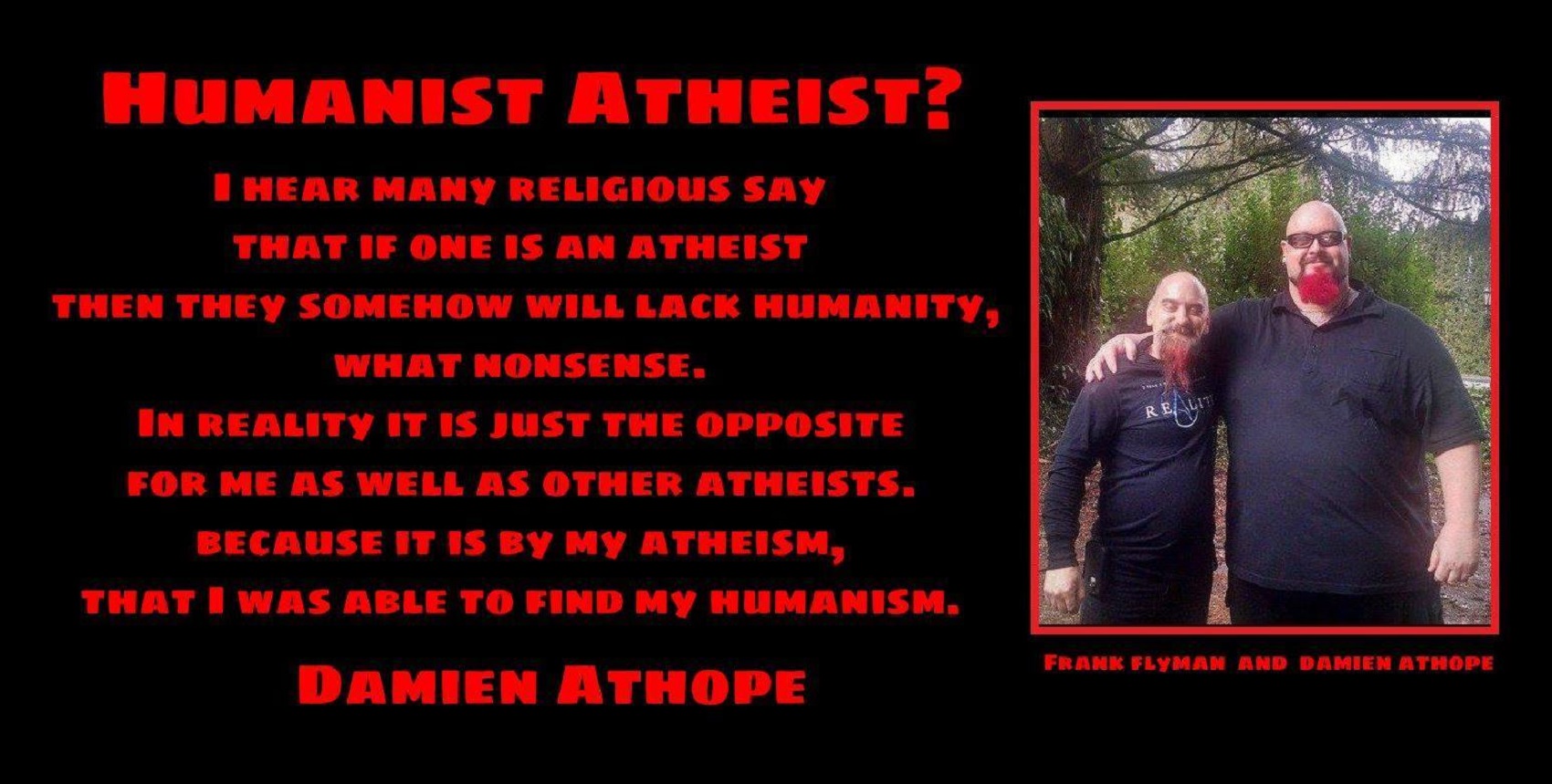
Me in a message: I would agree if you had to go against me being violent death is likely your only hope. I am a big tough person. I understand I am big enough to have other choices.
“My youngest is 6’4 and he towers over me…. built like a football player, too… his gf is tiny… but they’re so good for each other.” – Leader Deanna L. Lawlis @DeannaLawlis
Me in a message: I am intence. I am 6 foot but many guys taller than me are still scared by me. Here is a blog showing my kindness style: Turning a Theist Attack into a Chance for Their New Learning: “an open dialog” https://damienmarieathope.com/2016/02/turning-a-theist-attack-into-a-chance-for-their-new-learning-an-open-dialog/?v=32aec8db952d I am a sociopath and people often feel it when they meet me. some only see my kindness though.
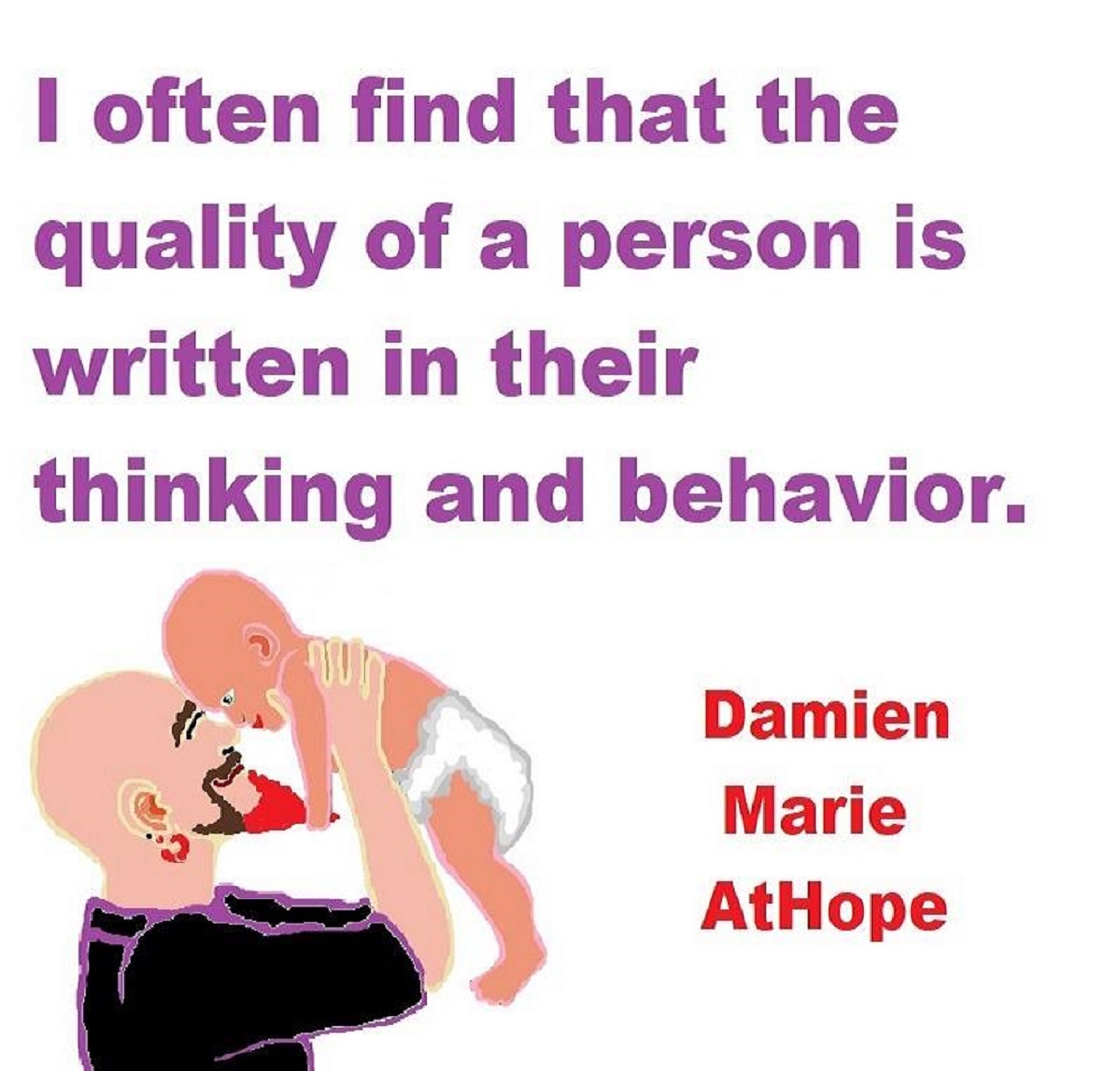
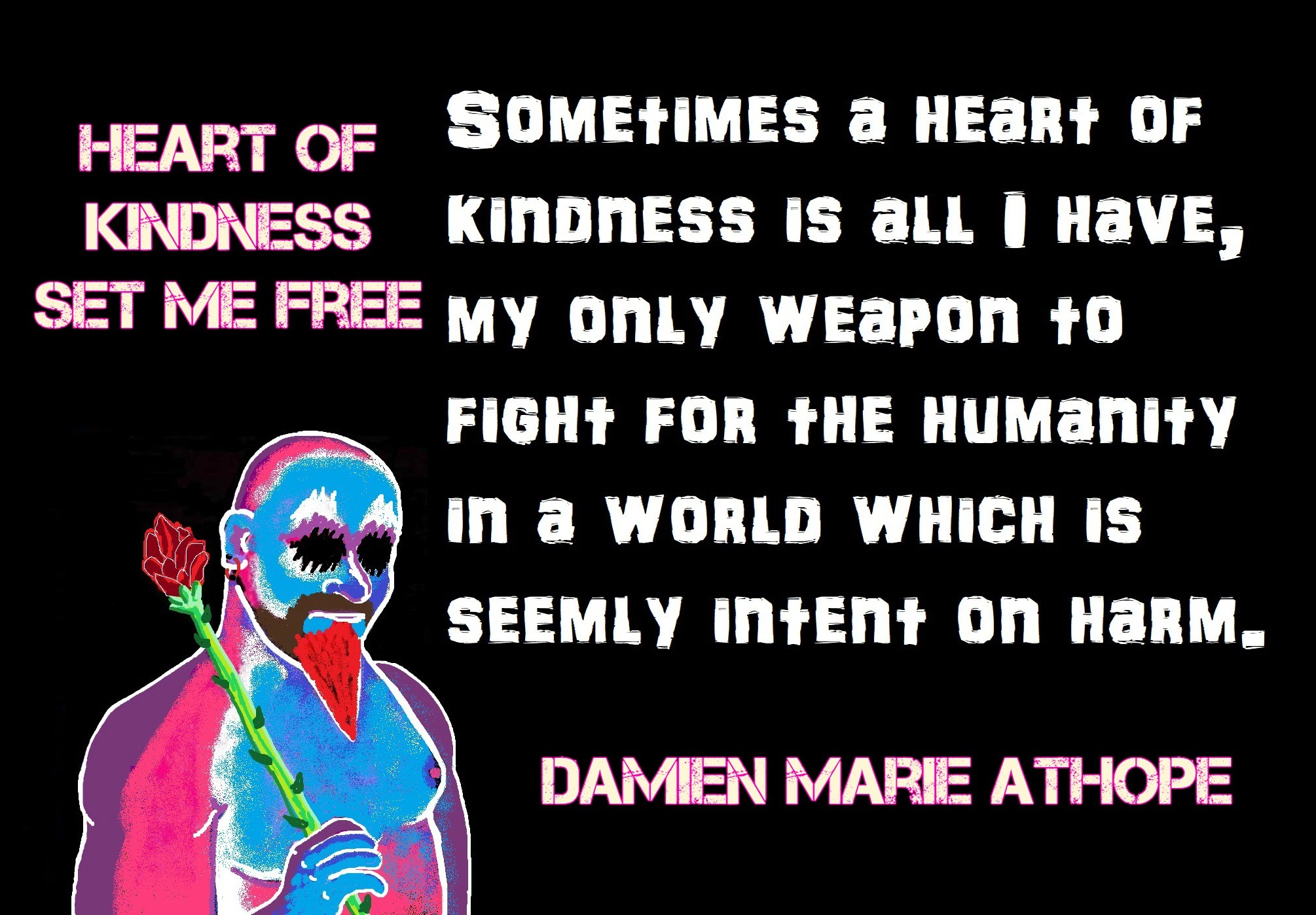
“Hey Damien, I’m looking forward to it! Off to celebrate my husband’s birthday! Have a wonderful day, brother.” – Leader Deanna L. Lawlis @DeannaLawlis
Me in a message: Right on, happy birthday to him. You both have a great day.
“Good morning! Would you be opposed to me giving you a layout of occurrences that happen when becoming indoctrinated to unraveling the indoctrination and the after-effects all via a psychological perspective? My thoughts are that this may help individuals with RTS understand what they have experienced and are experiencing during our discussion today. If you’d rather wing it, no worries, I can do that too. I sent to your email damien.marie.athope@gmail.com.” – Leader Deanna L. Lawlis @DeannaLawlis
Me in a message: Sure. I am open to helping. I got your email. I want to do what you think is best. I am doing this for you.
“Awesome, what do you think? Of course, add/take away as you deem necessary, this is your podcast.” – Leader Deanna L. Lawlis @DeannaLawlis
Me in a message: I have 80,000 followers on my website and I want to inform them about you. I hope you get sales. I appreciate your efforts and think you are doing great work.
“You do know that I don’t profit from my book? It’s been read in Germany, Poland, UK, Canada, and the states, but I listed it at the publisher’s cost to make it affordable for those experiencing RTS, and give it away to those who cannot afford it. My goal is awareness, not branding.” – Leader Deanna L. Lawlis @DeannaLawlis
Me in a message: Well, even better we both do things for free to help others. I value you.
“Likewise, brother.
Me in a message: You still deserve branding as I like you and appreciate your efforts. We rise by helping each other.
“Helping others helps me.” – Leader Deanna L. Lawlis @DeannaLawlis
Me in a message: I share all my stuff free but my book will be like $35,00/65.00 or more when published but it will be 200 or more of my art and my 15 years of work starting 2006 studying and researching prehistory.
“I’m actually considering revising my book, as I’ve matured greatly in my thought process since it’s release, but I’ve also considered writing a secondary, since my first book was 10 years in the making of its release, and new deconstructists will relate to it better, but if I keep the old and revise with the new it should be ok. Go for it, Damien! You have great thinking skills that individuals can learn from! Your art alone is worth more than that!” – Leader Deanna L. Lawlis @DeannaLawlis
Me in a message: Thanks for your support.
“Thank you for yours! Will you be sending the link for the podcast here or email? And what platform are you using? (Determines which computer I’m using.)” – Leader Deanna L. Lawlis @DeannaLawlis
Me in a message: Religious Trauma Syndrome with Author Deanna L. Lawlis: https://www.patreon.com/posts/57473898
“It looks great! Thank you, Damien! I’m so excited to meet you f2f Skype!” – Leader Deanna L. Lawlis @DeannaLawlis
Me in a message: Right on. I enjoyed talking with you. Thanks for your time and I wish you a happy birthday again.
“Likewise, brother! Much love! A Halloween edition would be fun! “Looking for a great scare? Listen to Damien and Deanna discuss…” – Leader Deanna L. Lawlis @DeannaLawlis
Me in a message: I already have a video set up on the 30 then the next Saturday, it is my show with anarchist-communist Cory, my friend, then the next Saturday we can do another. I only do one video a week and I am almost always booked every other Saturday to do my stuff with my socialist anarchist friend. It is on the other Saturdays that I do other videos.
Me in a message: The “Atheist-Humanist-Leftist Revolutionaries”
Me in a message: Cory Johnston ☭ Ⓐ Atheist Leftist @Skepticallefty & I (Damien Marie AtHope) @AthopeMarie (my YouTube & related blog) are working jointly in atheist, antitheist, antireligionist, antifascist, anarchist, socialist, and humanist endeavors in our videos together, generally, every other Saturday.
Me in a message: Why Does Power Bring Responsibility? Think, how often is it the powerless that start wars, oppress others, or commit genocide? So, I guess the question is to us all, to ask, how can power not carry responsibility in a humanity concept? I know I see the deep ethical responsibility that if there is power their must be a humanistic responsibility of ethical and empathic stewardship of that power. Will I be brave enough to be kind? Will I possess enough courage to be compassionate? Will my valor reached its height of empathy? I as everyone earns our justified respect by our actions, that are good, ethical, just, protecting, and kind. Do I have enough self-respect to put my love for humanity’s flushing, over being brought down by some of its bad actors? May we all be the ones doing good actions in the world, to help human flourishing.
Me in a message: I create the world I want to live in, striving for flourishing. Which is not a place but a positive potential involvement and promotion; a life of humanist goal precision. To master oneself, also means mastering positive prosocial behaviors needed for human flourishing. I may have lost a god myth as an atheist but I am happy to tell you my friend, it is exactly because of that, leaving the mental terrorizer, god belief that I truly regained my connected ethical as well as kind humanity.
Me in a message: Cory and I will talk about prehistory and theism, addressing the relevance to atheism, anarchism, and socialism. At the same time of the rise of the male god 7,000 years ago was also the very time there was the rise of violence war, and clans to kingdoms, then empires, then states. It is all connected back to 7,000 years ago and it mover across the world.
Me in a message: Cory Johnston: https://damienmarieathope.com/2021/04/cory-johnston-mind-of-a-skeptical-leftist/?v=32aec8db952d
Me in a message: The Mind of a Skeptical Leftist (YouTube) Cory Johnston: Mind of a Skeptical Leftist @Skepticalcory The Mind of a Skeptical Leftist By Cory Johnston: “Promoting critical thinking, social justice, and left-wing politics by covering current events and talking to a variety of people. Cory Johnston has been thoughtfully talking to people and attempting to promote critical thinking, social justice, and left-wing politics.”
Me in a message: Cory Johnston ☭ Ⓐ @Skepticallefty Evidence-based atheist leftist (he/him) Producer, host, and co-host of 4 podcasts @skeptarchy @skpoliticspod and @AthopeMarie http://anchor.fm/skepticalleft
Me in a message: He needs our support. We rise by helping each other.
“Okeedokee… let me know what date you’re available.” – Leader Deanna L. Lawlis @DeannaLawlis
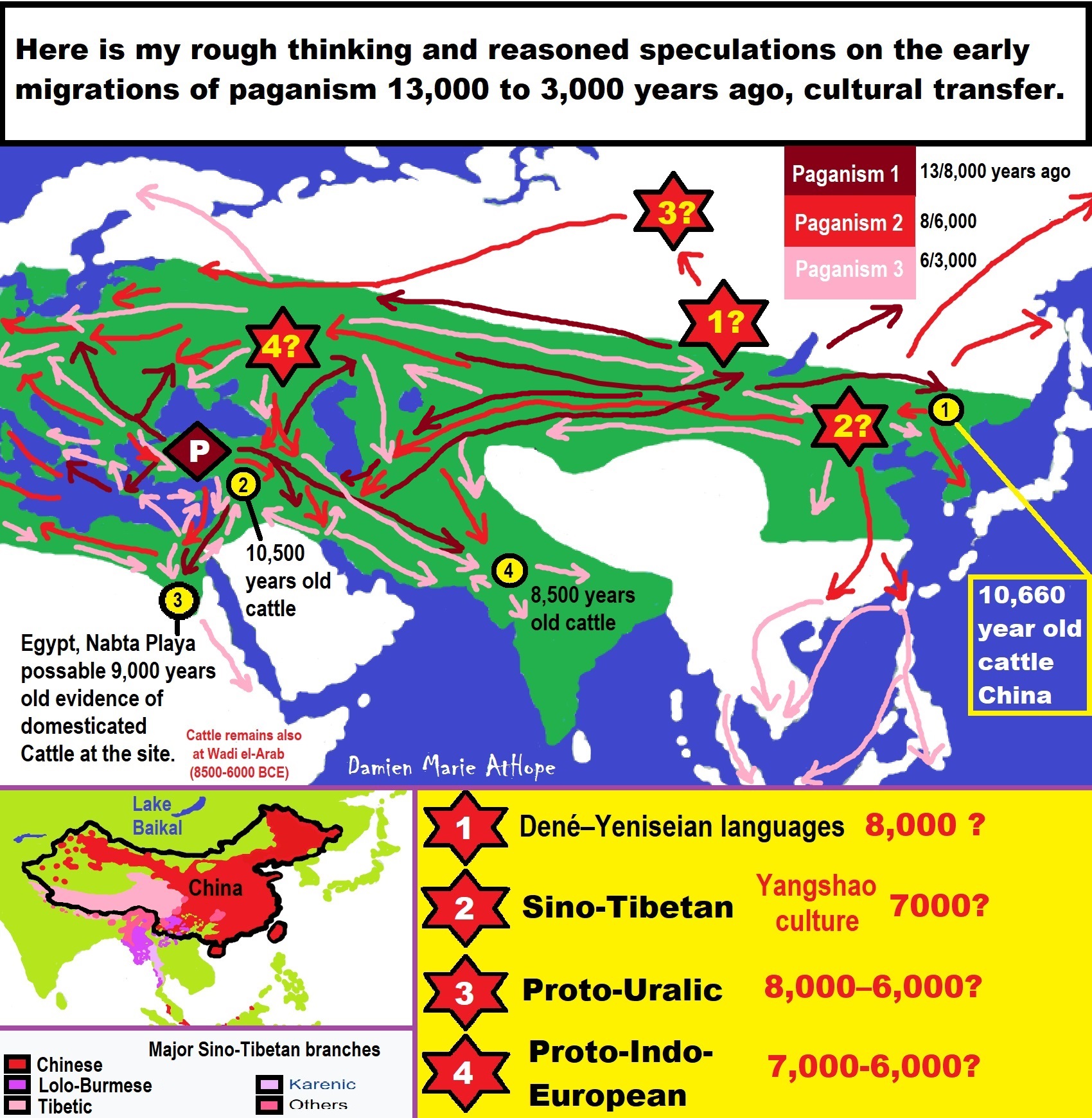
ref, ref, ref, ref, ref, ref, ref, ref, ref, ref, ref, ref, ref, ref, ref, ref, ref, ref
Me in a message: I thought you may like this. My Reasoned Speculations on the Early Migrations of Paganism 13,000 to 3,000 years ago, Cultural Transfer: https://www.patreon.com/posts/58308950 I made a blog post look at the art here and you will start to understand paganism.
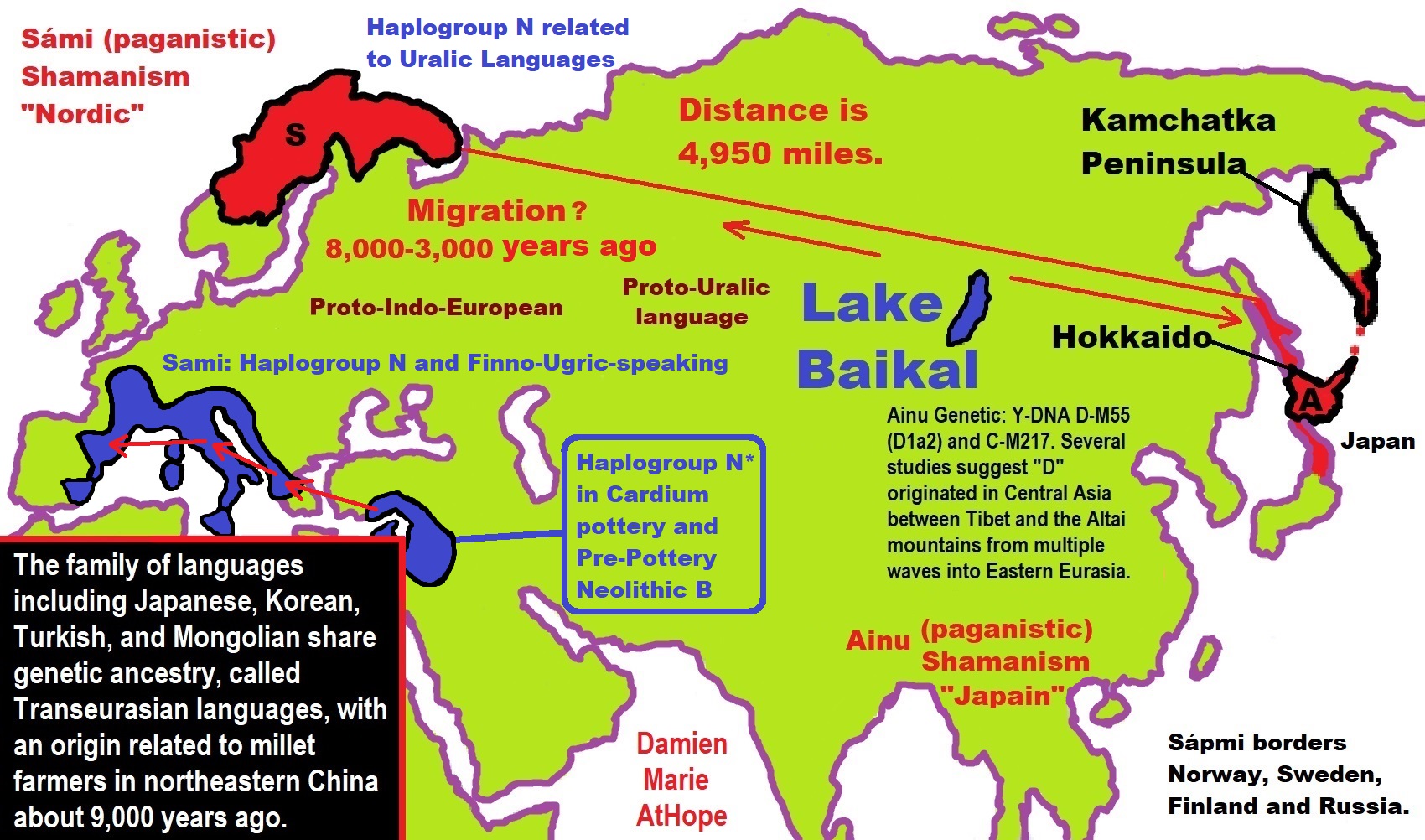
Me in a message: The Amorite/Amurru people’s God Amurru “Lord of the Steppe”, relates to the Origins of the Bible God: https://www.patreon.com/posts/58311612 While hallucinogens are associated with shamanism, it is alcohol that is associated with paganism.
“You need to write a book. Seriously. You are a whirlwind of information. I’d considered writing on the history of religion, but you have all the information, so why would I even bother.” – Leader Deanna L. Lawlis @DeannaLawlis
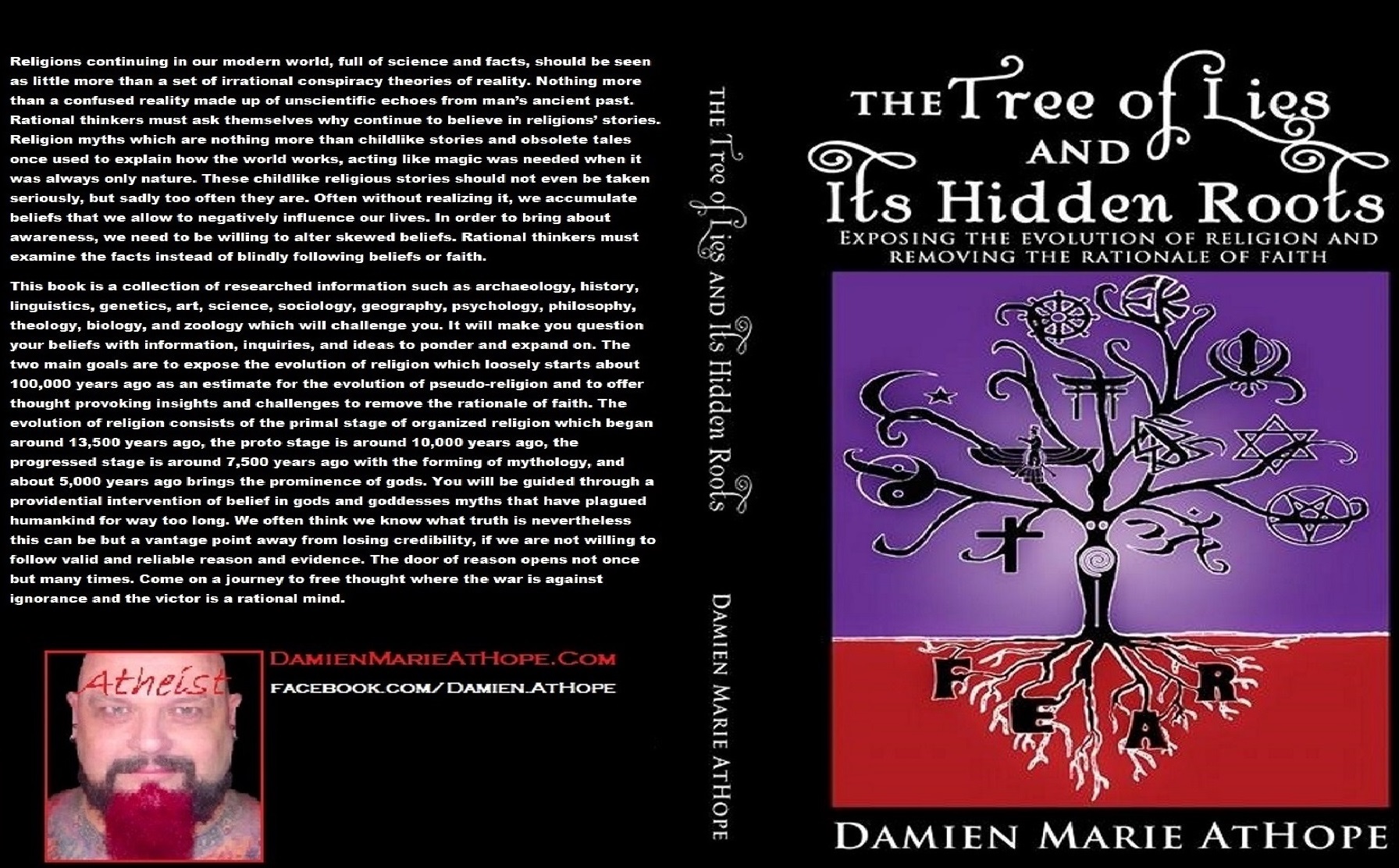
Me in a message: I know everything, well, not everything but an amazing amount that seems like everything. lol I am the best in the world at the evolution of religion. And please feel free to use my information. We need all this information known. I will be written about in history books once my book comes out. I will change the world forever after my knowledge is known.
“It’s a rabbit hole of which I’ve only touched the surface of… but you… you’re a walking encyclopedia.” – Leader Deanna L. Lawlis @DeannaLawlis
Me in a message: I started in 2006. I make historians speechless and archaeologists amazed, I solved all religions in the world showing it as culture, nothing more. I am open to working on videos on religious history if interested. I had a history show The History Voyagers but after two shows it is more of my time than I can manage right now with all the stuff I am already doing. I got overwhelmed with so much I was not resting.
“I encourage you to do so… but I’d only be able to sit there and listen. You should, though!” – Leader Deanna L. Lawlis @DeannaLawlis
Me in a message: I like doing things with people more than alone as I get new thinking talking to others and as I know so much I forget what “you all” don’t know.
“Understood…. but that is great information…. p.s. when you release your book, just a heads up… get it on audio, as well…. audio is the latest craze in this busy society, it can be listened to, to, and from…” – Leader Deanna L. Lawlis @DeannaLawlis
Me in a message: I will, thanks. I am a people person when talking with others my mind figures out stuff I would have missed otherwise.
“I’ve had several requests for audio, but I’ve not done audio because I’m considering revising my book… I’m the same way… I figure stuff out by talking.” – Leader Deanna L. Lawlis @DeannaLawlis
Me in a message: I am trying to finish my book but I move to Florida so it will wait until after I move.
“Why are you and your wife moving to Florida?” – Leader Deanna L. Lawlis @DeannaLawlis
Me in a message: So I don’t require being me but if you work on history with me you must read the entire blog post being addressed so you would understand what I am saying and be able to ask me lots of good questions. I want to retire from my full-time activism like I have done over 15 years. I am going to enjoy the beach and start my handcrafted jewelry business. Here are a few:
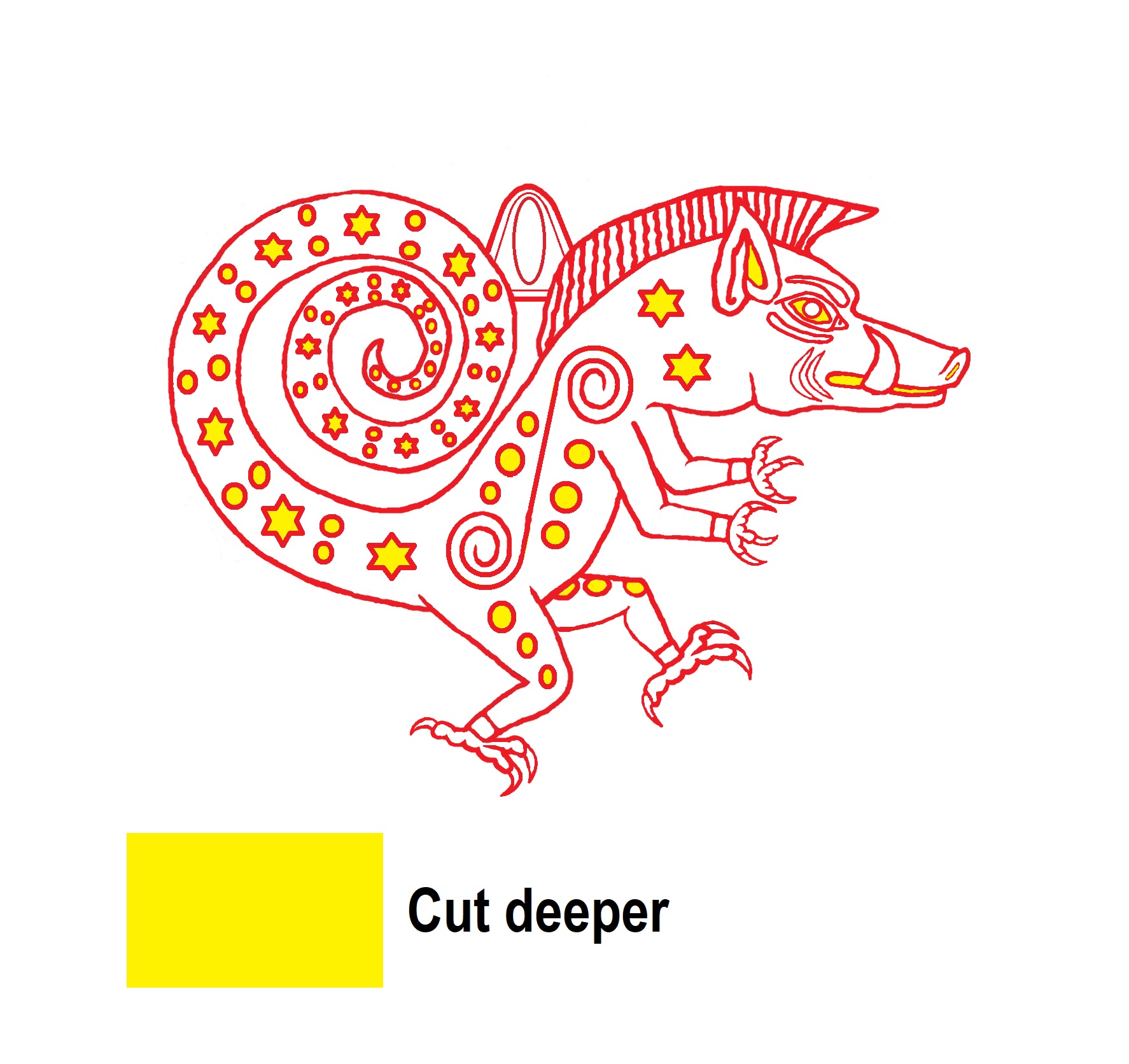
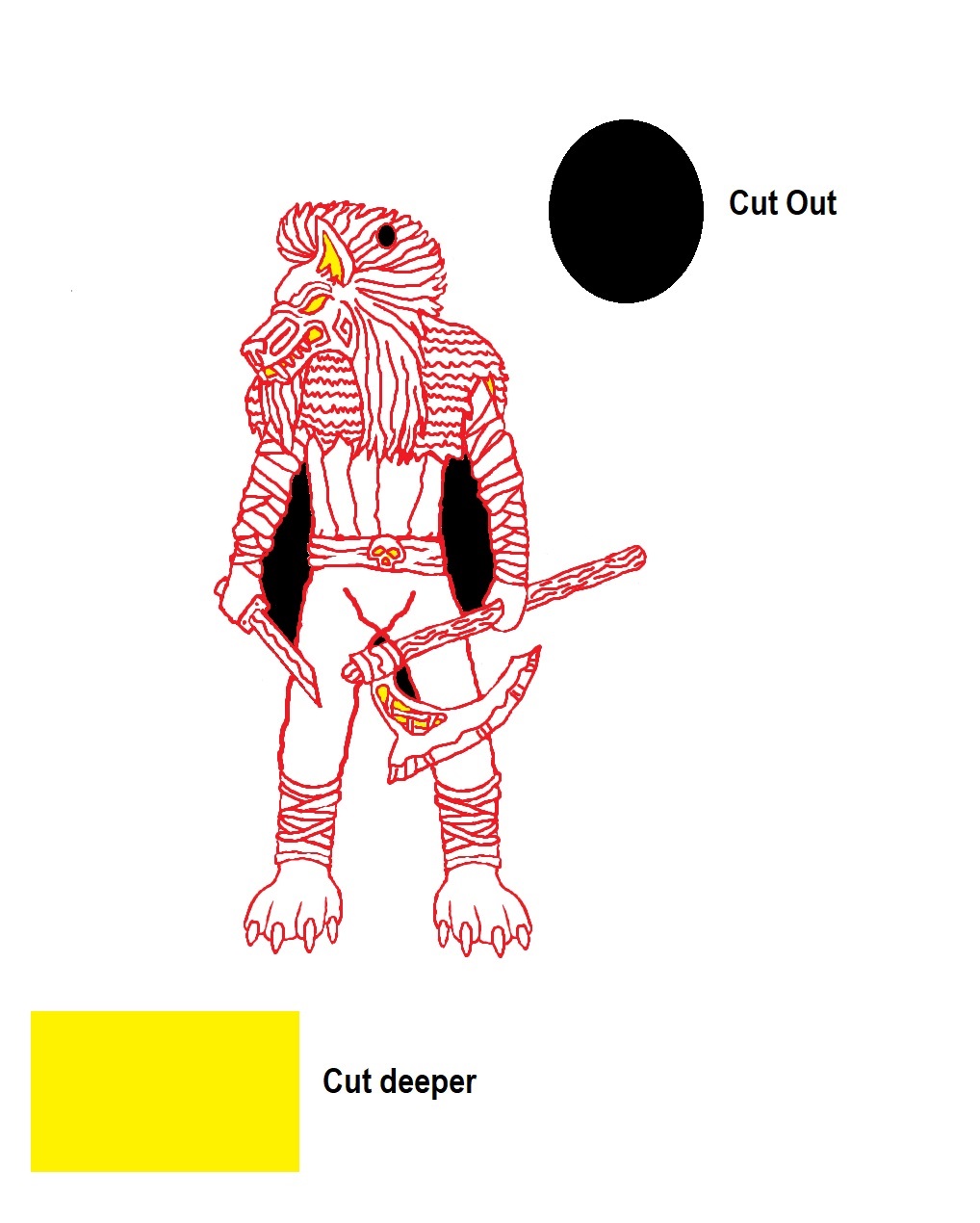
“That is awesome, Damien! Russell and I did that three years ago. We sold the lake house and boat, quit our professional jobs, built a tiny house on 20 acres of land with natural springs and a 6 ft waterfall that opens into a small pool… he began teaching guitar for income, I began crafting (making soap, pillows, muscadine wreaths, etc.) for income… we now garden, kayak fish, etc., it’s been a breath of fresh air. Liberally…Literally… but liberally too.” – Leader Deanna L. Lawlis @DeannaLawlis
Me in a message: Right on. I am sick of arguing with idiots and people unwilling to learn. I am tired. I feel good, I did a shit lot.
“I understand.” – Leader Deanna L. Lawlis @DeannaLawlis
Me in a message: I even offer it for free trying to help as many as possible and some, well many fools don’t even open my blog but tell Me I need to read someone else to better understand god. I always respond, wrong, everyone must read me.
“Oh lawd, I cannot believe I was once one of them. I look at that me as though it’s someone else…. detached… that may be caused by the PTSD… but it’s like I’m not that person and don’t identify with that person. I am missing a lot of memories from the first 30 something years of my life.” – Leader Deanna L. Lawlis @DeannaLawlis
Me in a message: I know more than any archaeologist or historian in the world, but yes, I must read Richard Dawkins’s opinions on religious history not from the immense archaeology facts I know.
“Sometimes they’ll be remembered ‘dissociative amnesia’ and it is confusing when they are… I literally have to sit and think to replay the memory then ask individuals who played a role in the memory if it occurred… many of the memories are just stupid, why I’d forget them, no clue.” – Leader Deanna L. Lawlis @DeannaLawlis
Me in a message: I have forgotten more history than most people learn in a lifetime. Did you know Jesus used to have a magic wand?


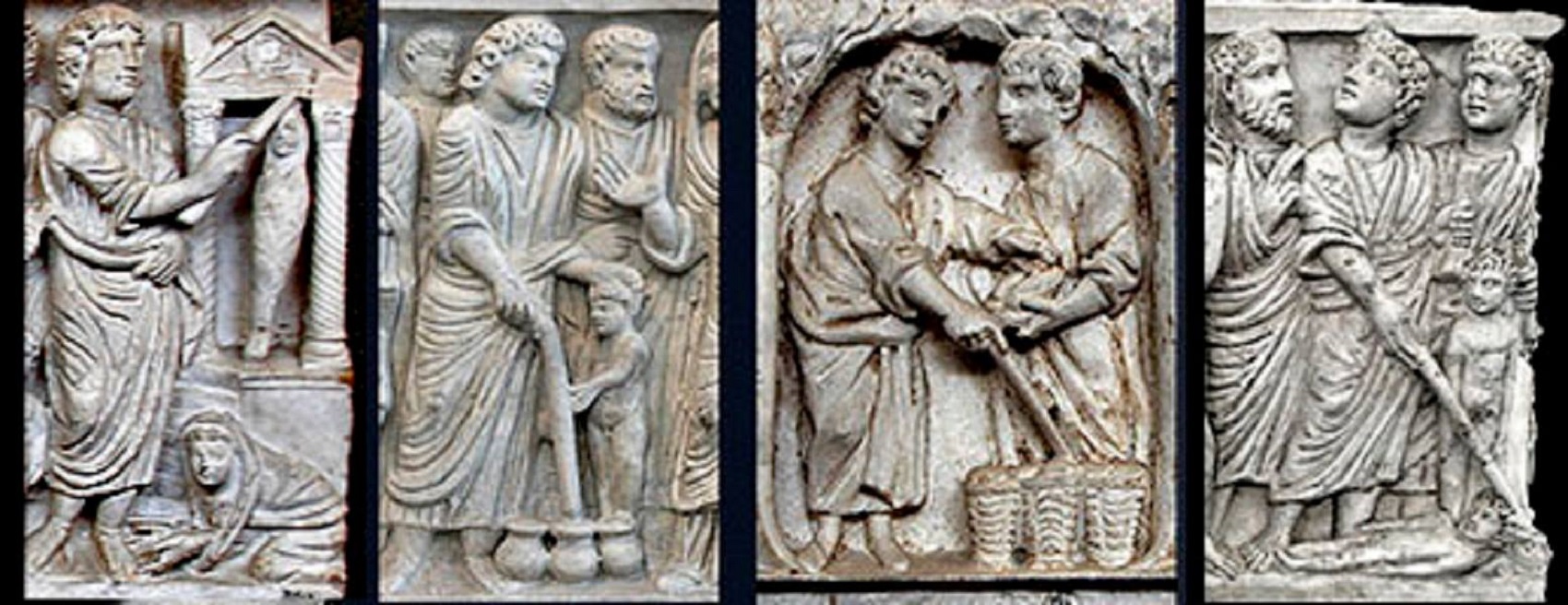
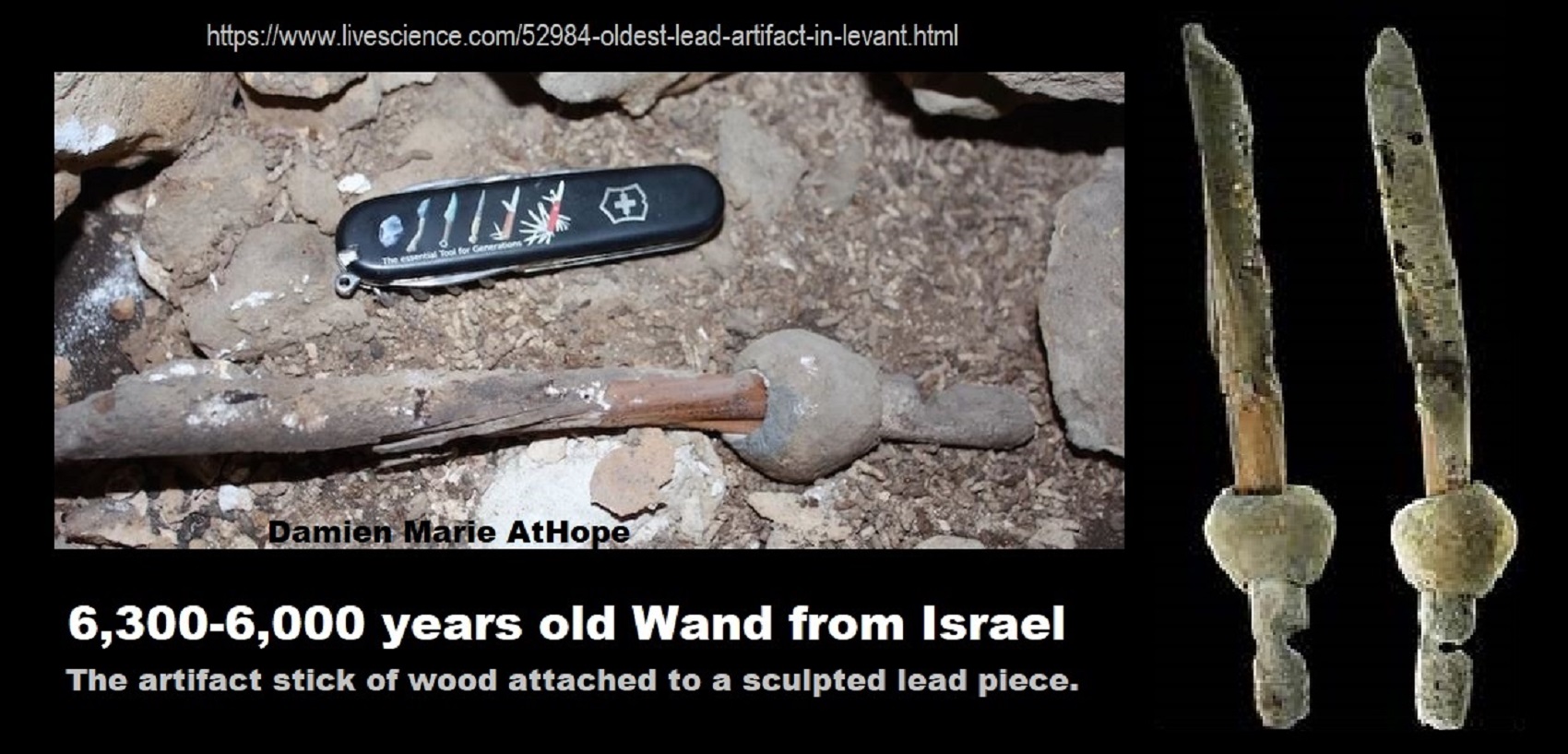
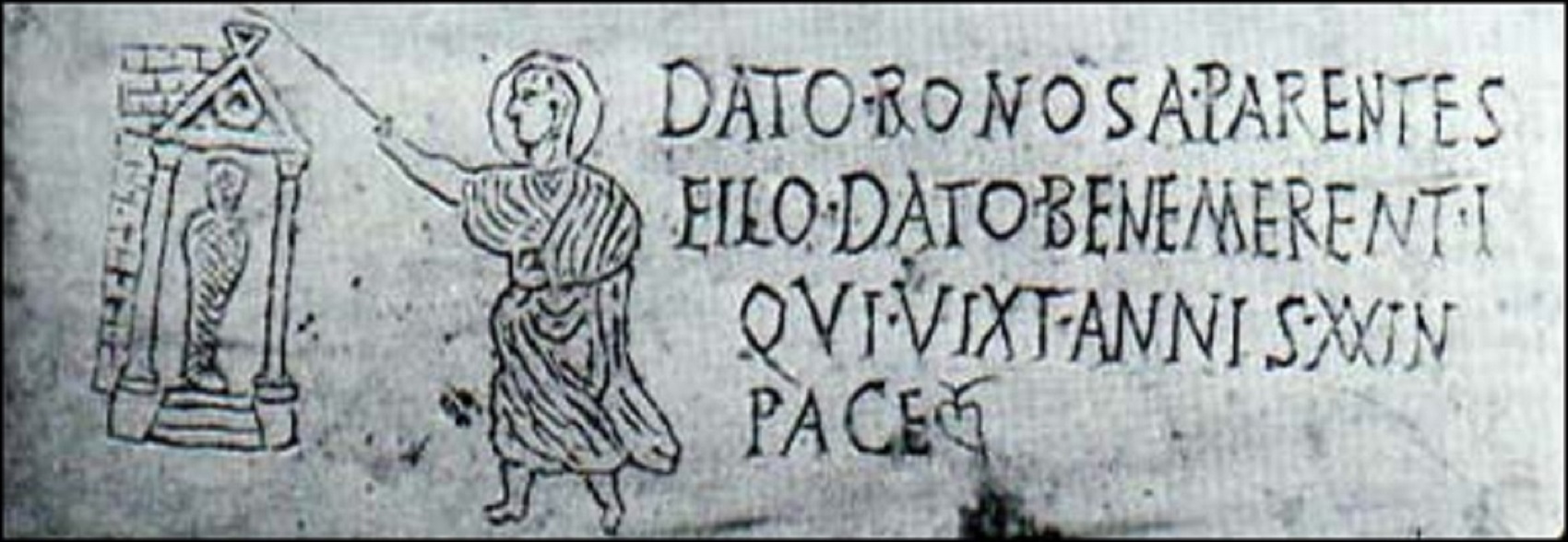
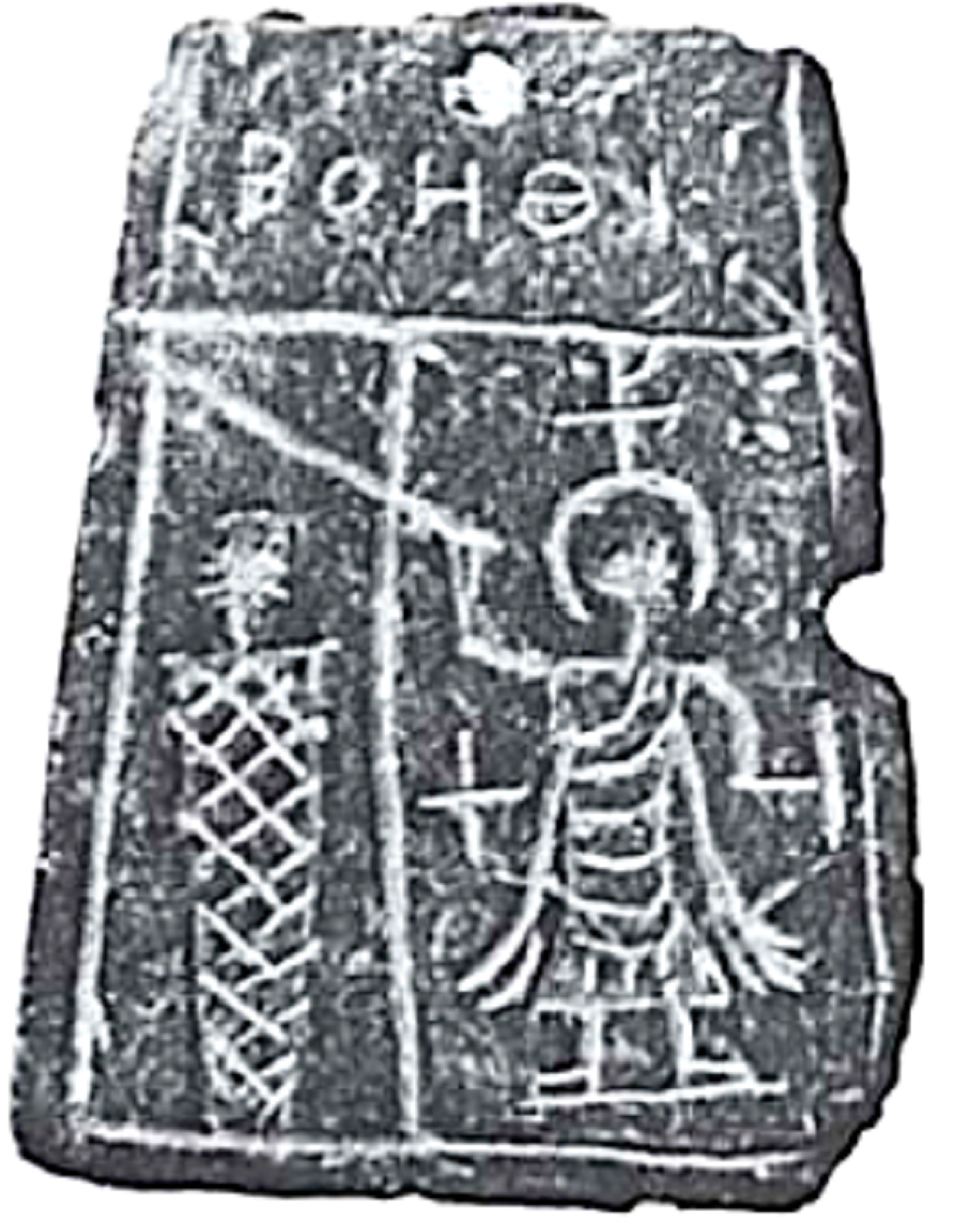


Me in a message: Magic Jesus and his magic wand. lol Atheism is how we all start, then before 7 children tend to think animistically. But they would all outgrow this sometime after 7 as they learn more logical thinking so religion stunts people at the pre 7, “animistic state” that terrorizes them into adulthood supported by myths.
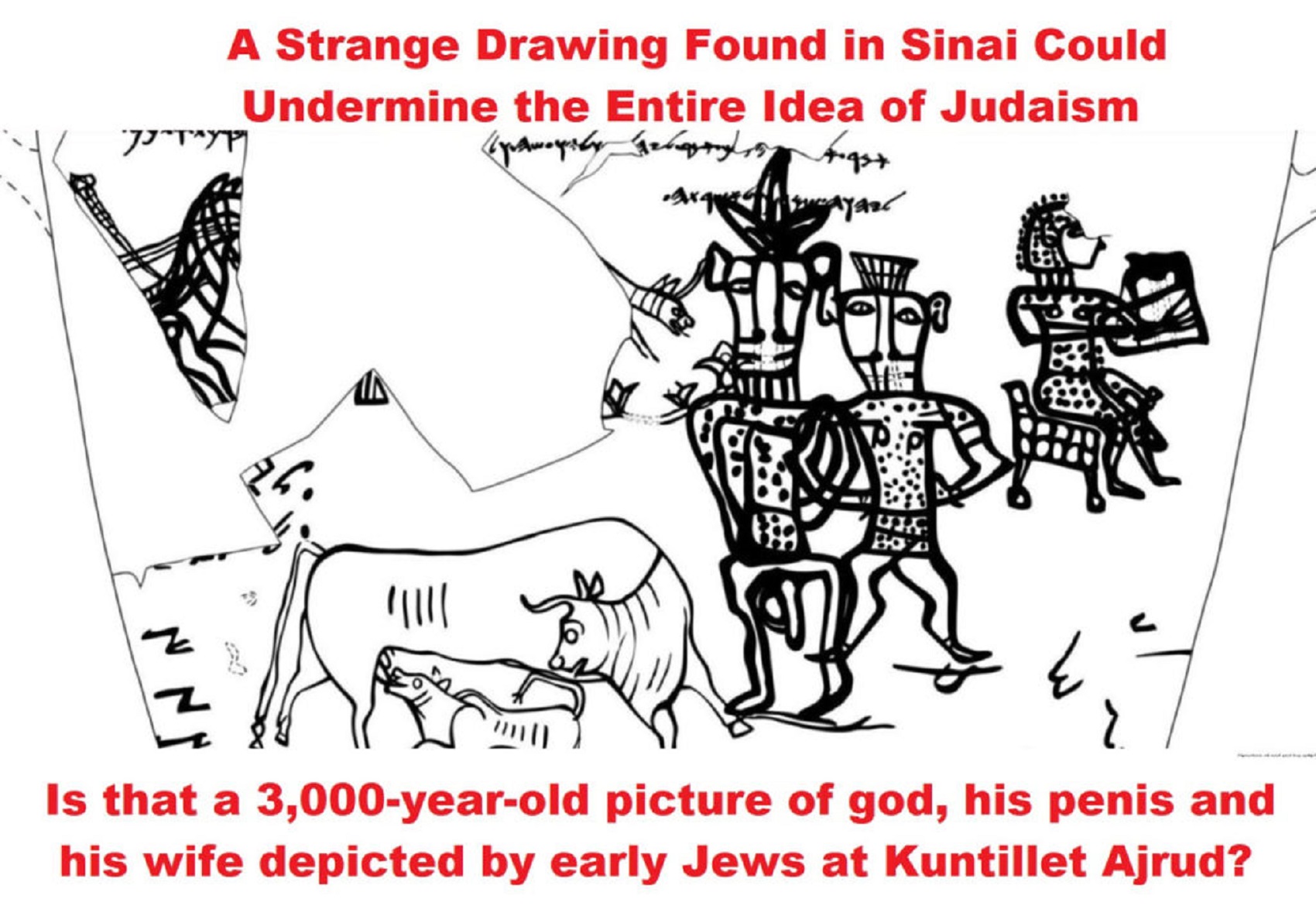
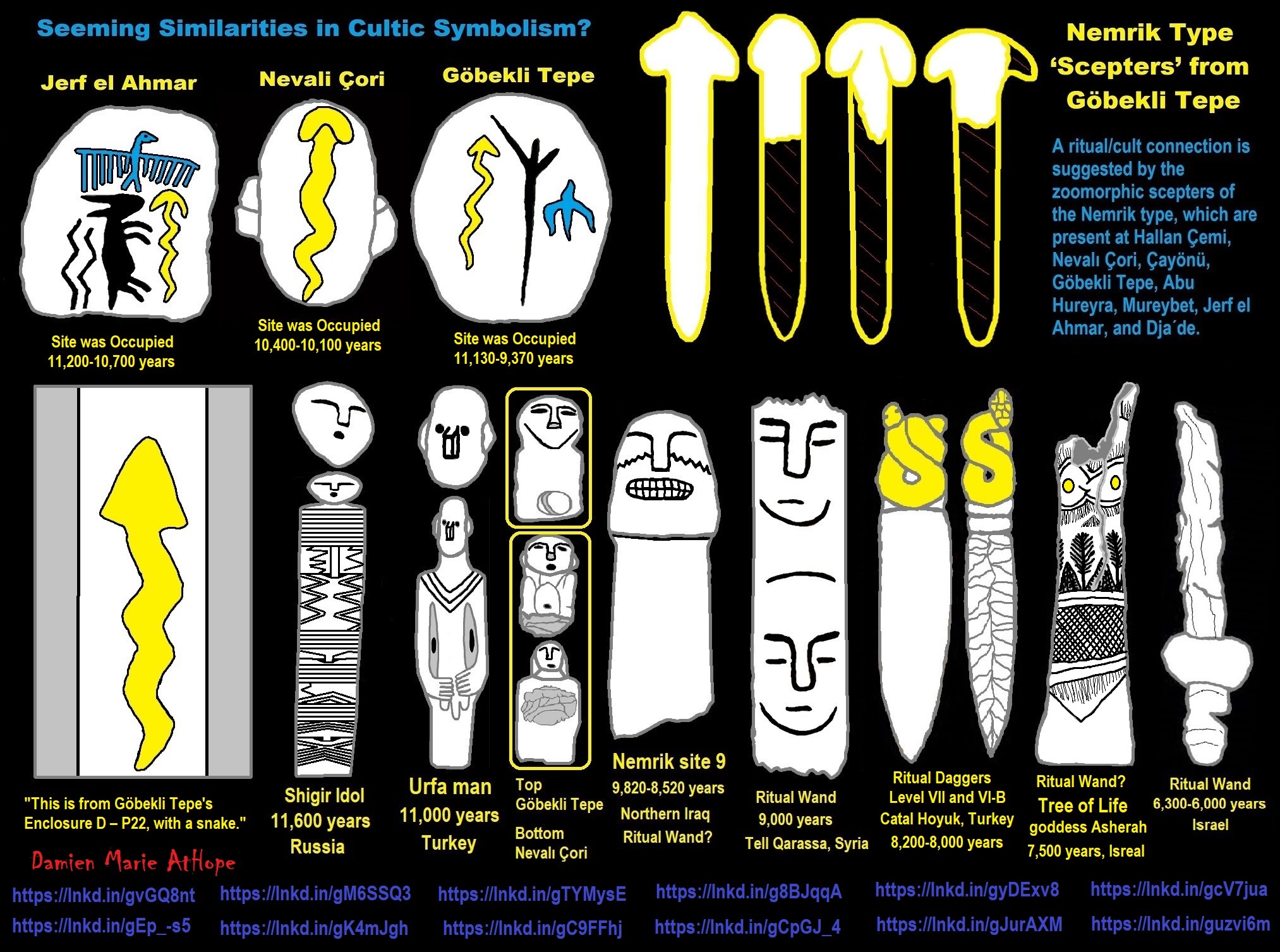
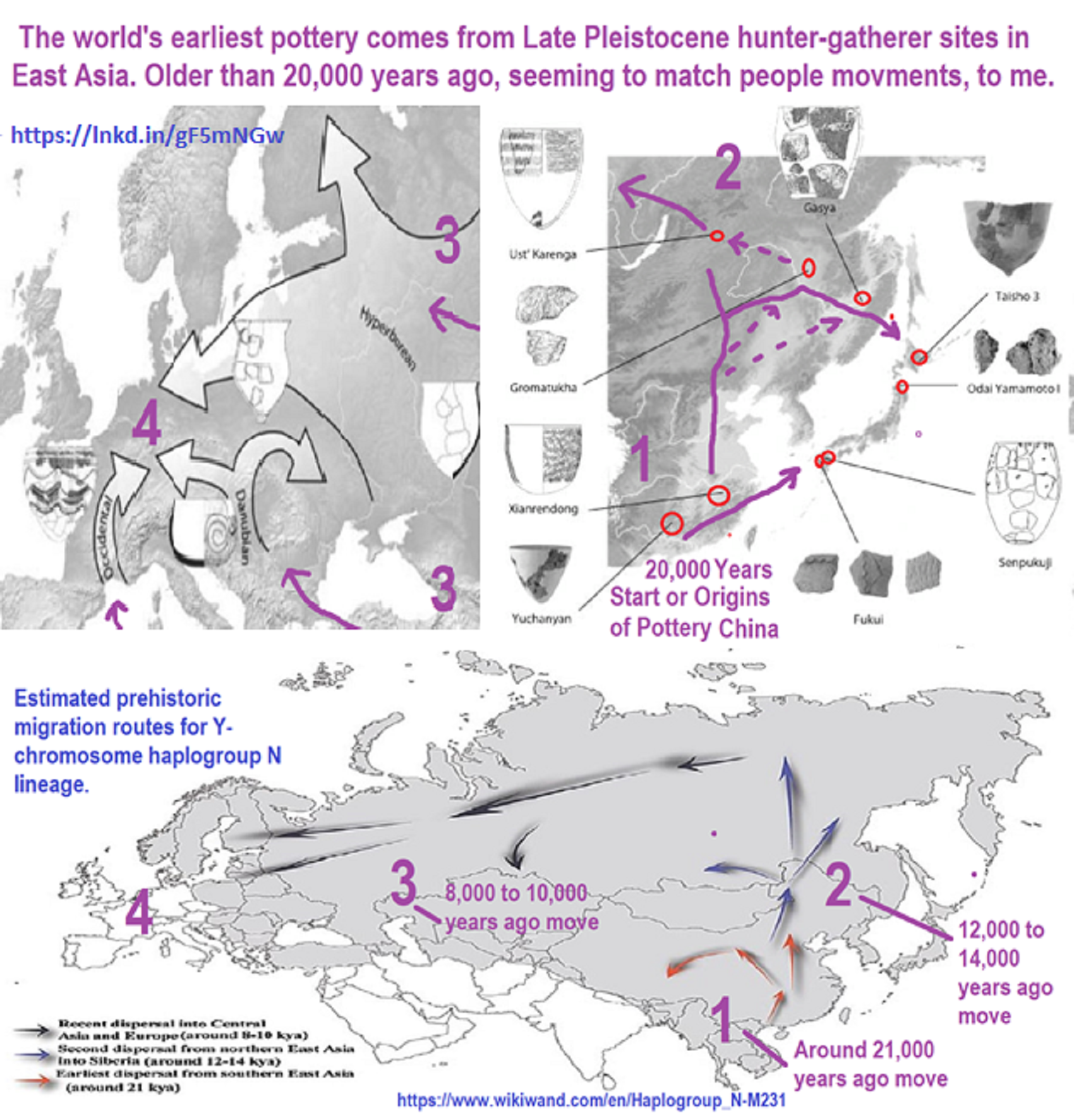
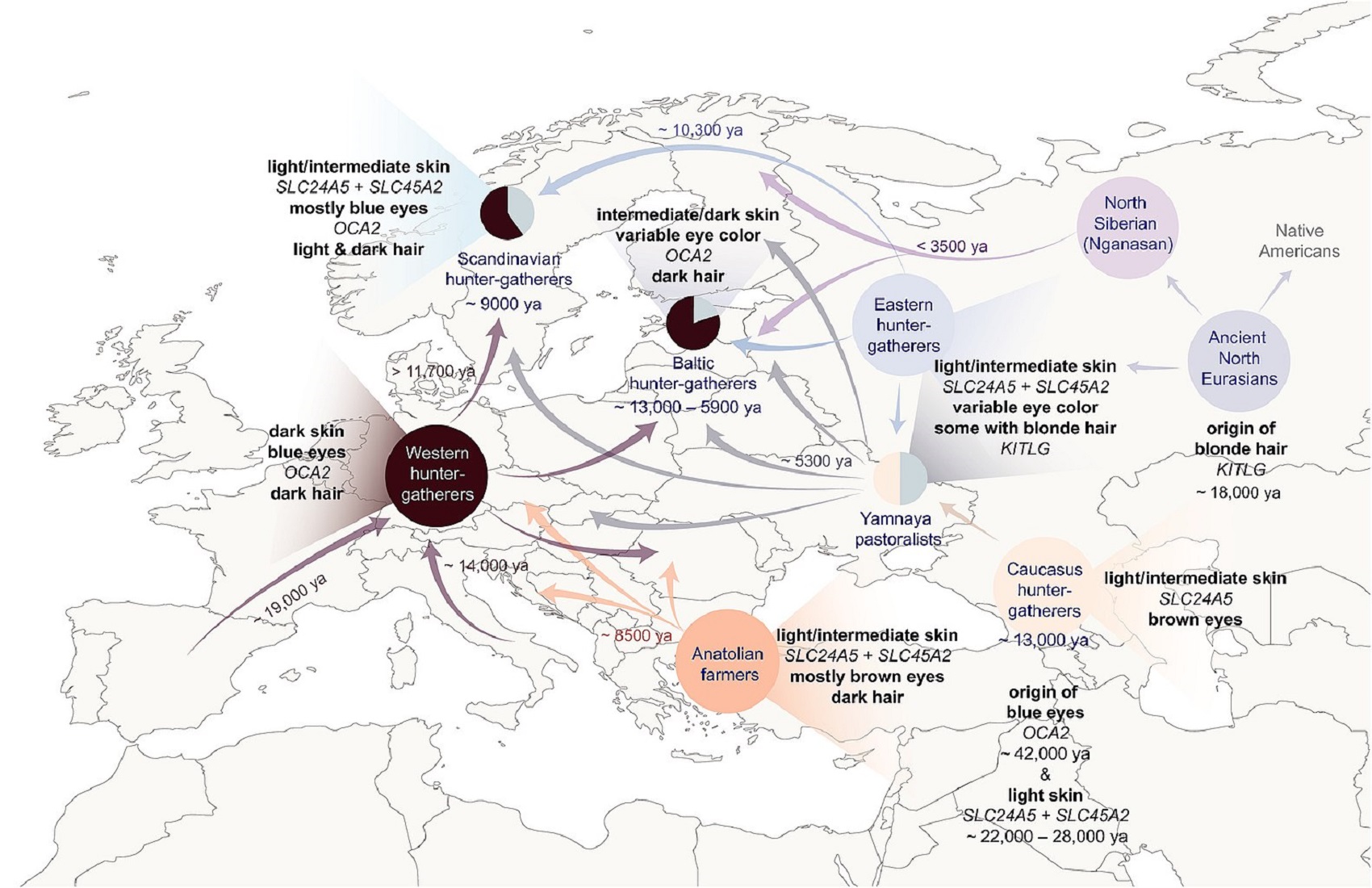

ref, ref, ref, ref, ref, ref, ref, ref, ref, ref, ref, ref, ref, ref, ref, ref, ref
“The shaman is, above all, a connecting figure, bridging several worlds for his people, traveling between this world, the underworld, and the heavens. He transforms himself into an animal and talks with ghosts, the dead, the deities, and the ancestors. He dies and revives. He brings back knowledge from the shadow realm, thus linking his people to the spirits and places which were once mythically accessible to all.–anthropologist Barbara Meyerhoff” ref
Me in a message: All pottery is from the Aisains or the people that started in southern China then went north to Siberia then west to Europe, seen by way of N DNA that started in southern china then went to Siberia then the middle east and Europe.

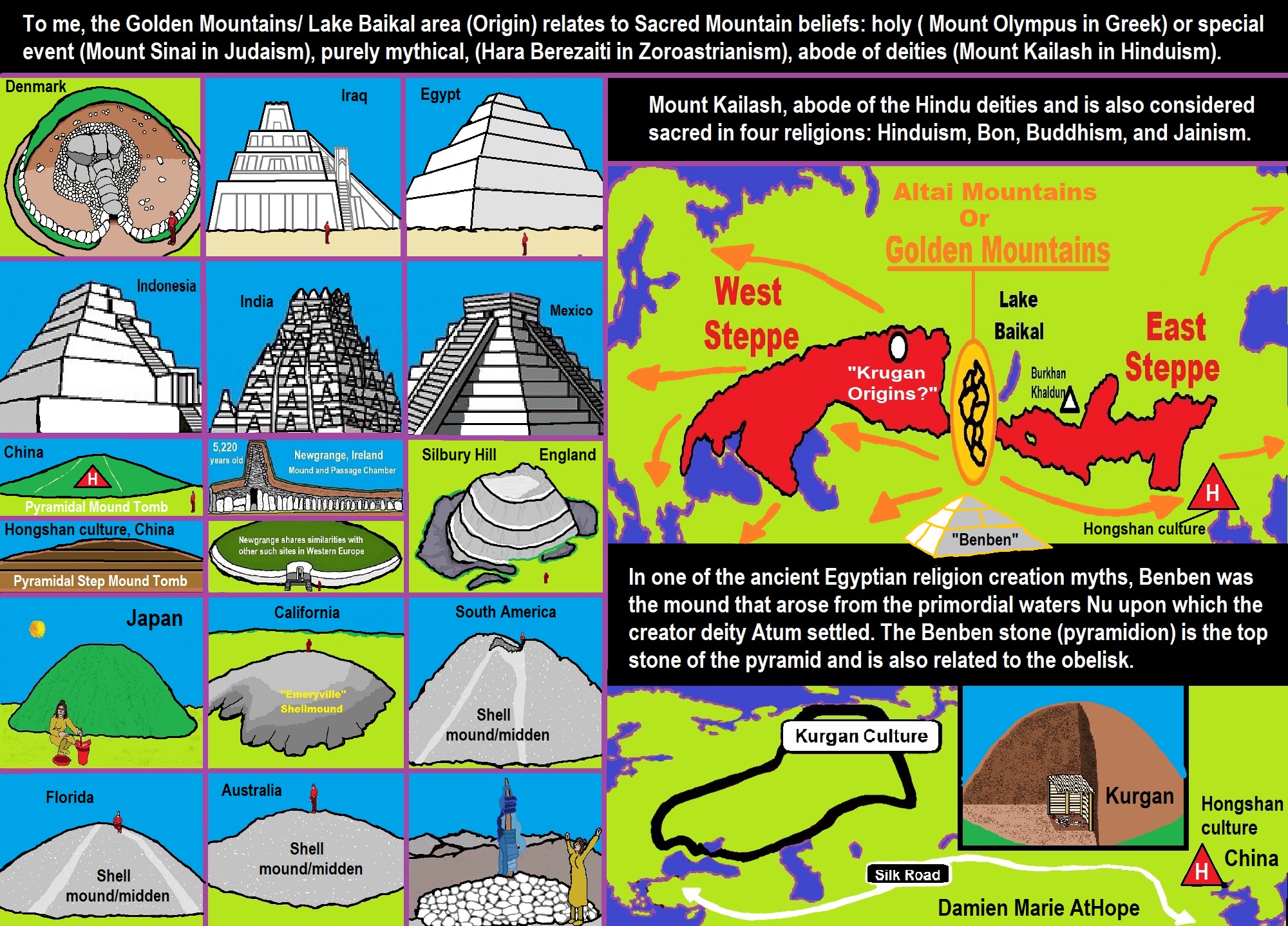
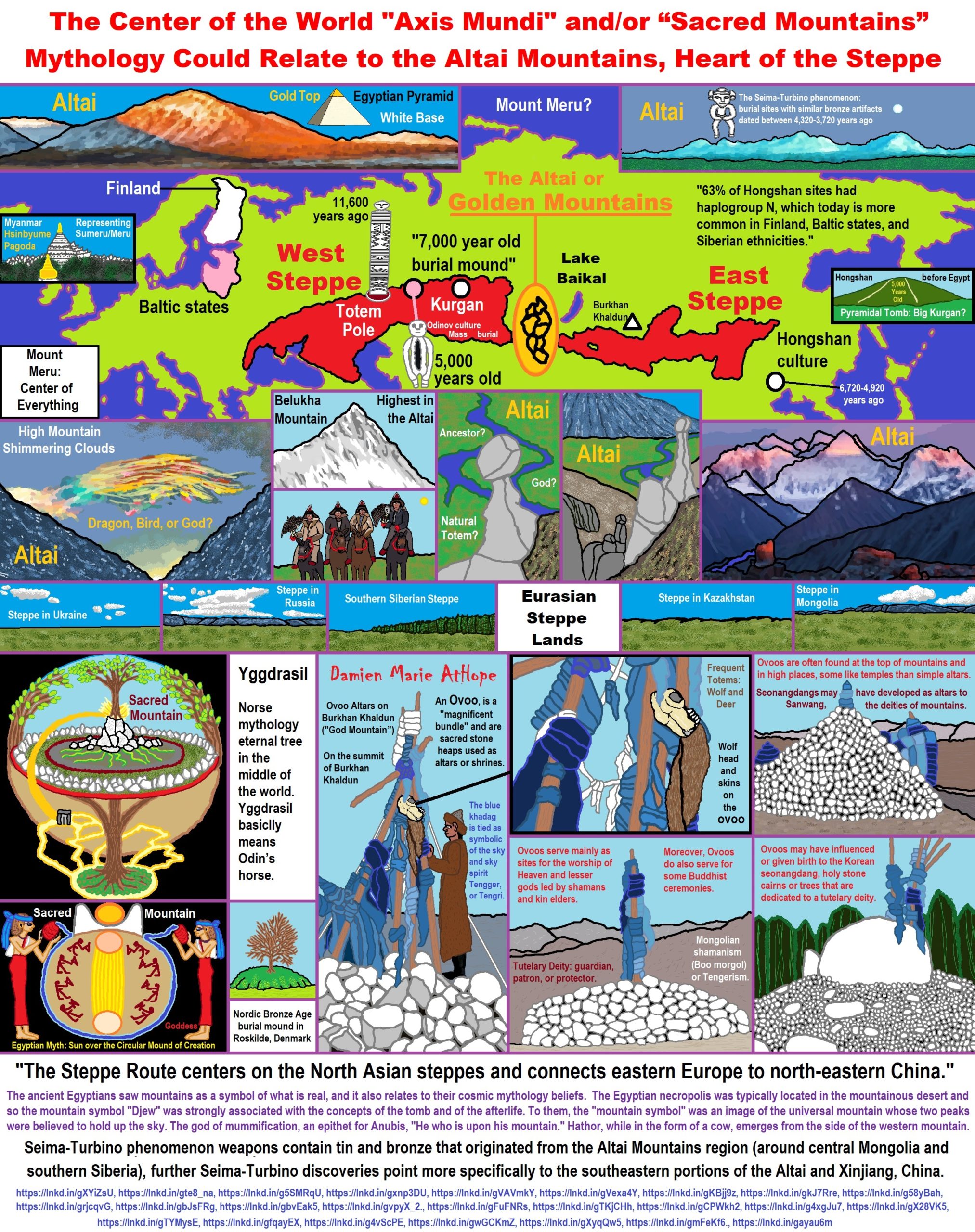
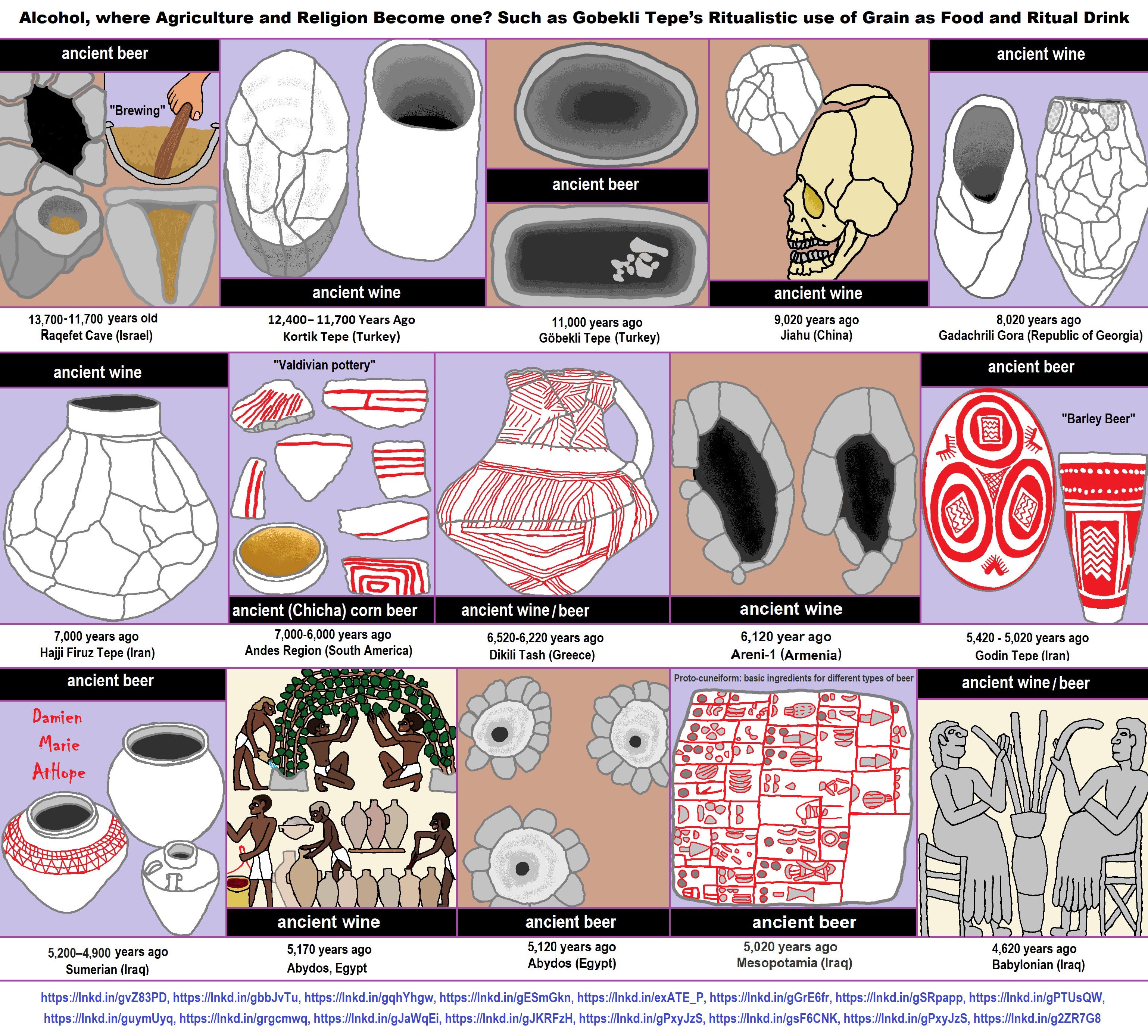
ref, ref, ref, ref, ref, ref, ref, ref, ref, ref, ref, ref, ref, ref, ref
Raqefet Cave
13,000-year-old stone mortars offers the earliest known physical evidence of an extensive ancient beer-brewing operation.
“The find comes on the heels of a July report that archaeologists working in northeastern Jordan discovered the charred remains of bread baked by Natufians some 11,600 to 14,600 years ago. According to the Stanford scientists, the ancient beer residue comes from 11,700 to 13,700 years old. Through laboratory analysis, other archaeological evidence found in the cave, and the wear of the stones, the team discovered that the ancient Natufians used species from seven plant families, “including wheat or barley, oat, legumes and bast fibers (including flax),” according to the article. “They packed plant-foods, including malted wheat/barley, in fiber-made containers and stored them in boulder mortars. They used bedrock mortars for pounding and cooking plant-foods, including brewing wheat/barley-based beer likely served in ritual feasts ca. 13,000 years ago,” the scientists write. “It has long been speculated that the thirst for beer may have been the stimulus behind cereal domestication, which led to a major social-technological change in human history; but this hypothesis has been highly controversial,” the Stanford authors say. “We report here of the earliest archaeological evidence for cereal-based beer brewing by a semi-sedentary, foraging people.” ref
“Beer making was an integral part of rituals and feasting, a social regulatory mechanism in hierarchical societies,” said Stanford’s Wang. The Raqefet Cave discovery of the first man-made alcohol production, the cave also provides one of the earliest pieces of evidence of the use of flower beds on gravesites, discovered under human skeletons. “The Natufian remains in Raqefet Cave never stop surprising us,” co-author Prof. Dani Nadel, of the University of Haifa’s Zinman Institute of Archaeology, said in a press release. “We exposed a Natufian burial area with about 30 individuals, a wealth of small finds such as flint tools, animal bones and ground stone implements, and about 100 stone mortars and cupmarks. Some of the skeletons are well-preserved and provided direct dates and even human DNA, and we have evidence for flower burials and wakes by the graves.” ref
“And now, with the production of beer, the Raqefet Cave remains provide a very vivid and colorful picture of Natufian lifeways, their technological capabilities, and inventions,” he said. Stanford’s Liu posited that the beer production was of a religious nature because its production was found near a graveyard. “This discovery indicates that making alcohol was not necessarily a result of agricultural surplus production, but it was developed for ritual purposes and spiritual needs, at least to some extent, prior to agriculture,” she said. “Alcohol making and food storage were among the major technological innovations that eventually led to the development of civilizations in the world, and archaeological science is a powerful means to help reveal their origins and decode their contents,” said Liu. “We are excited to have the opportunity to present our findings, which shed new light on a deeper history of human society.” ref
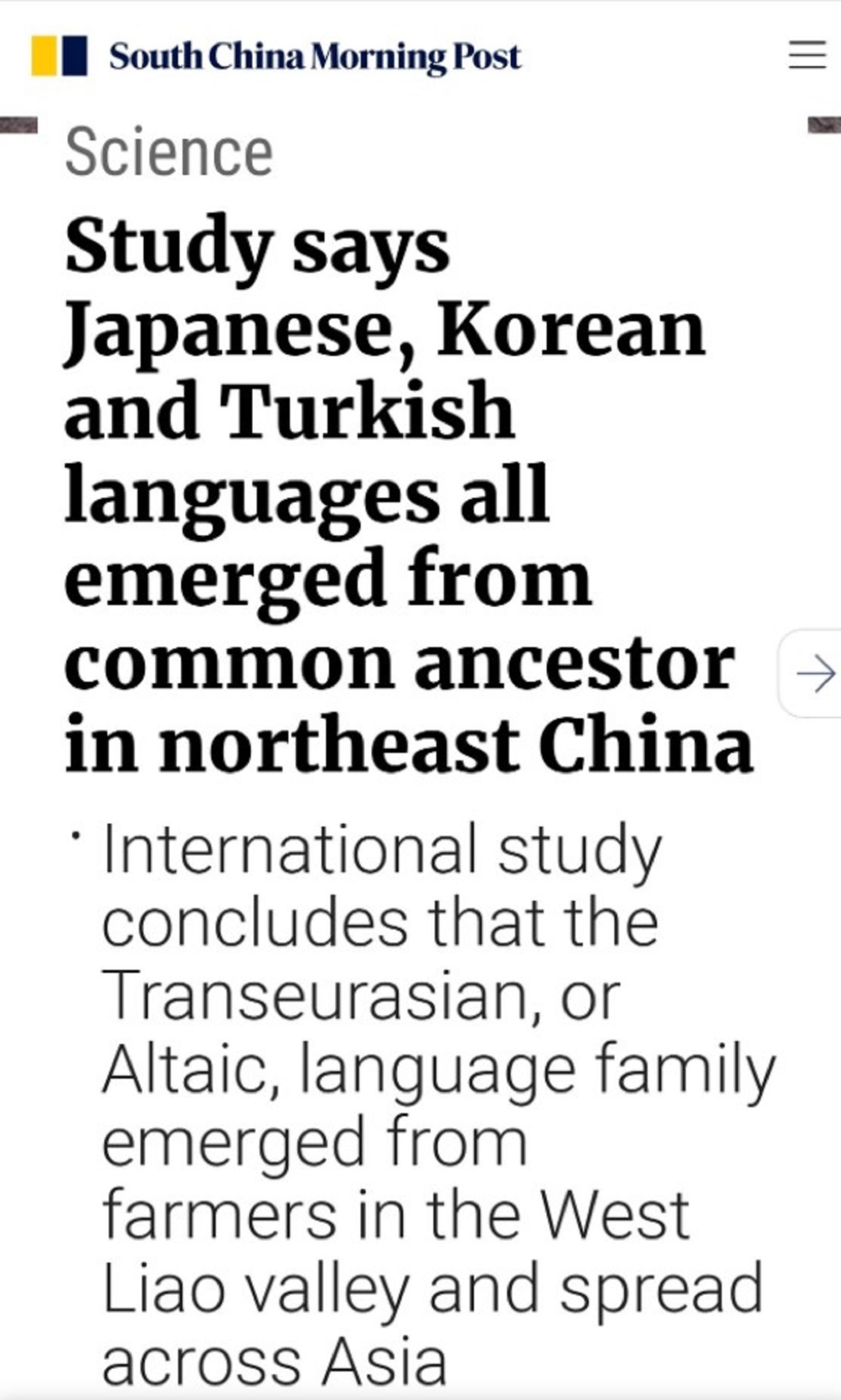
Me in a message: “The study says Japanese, Korean and Turkish languages all emerged from a common ancestor in northeast China. The international study concludes that the Transeurasian, or Altaic, language family emerged from farmers in the West Liao valley and spread across Asia. The link between the five groups in the family has been hotly contested, but researchers say there is archaeological and genetic evidence to support the theory.” ref

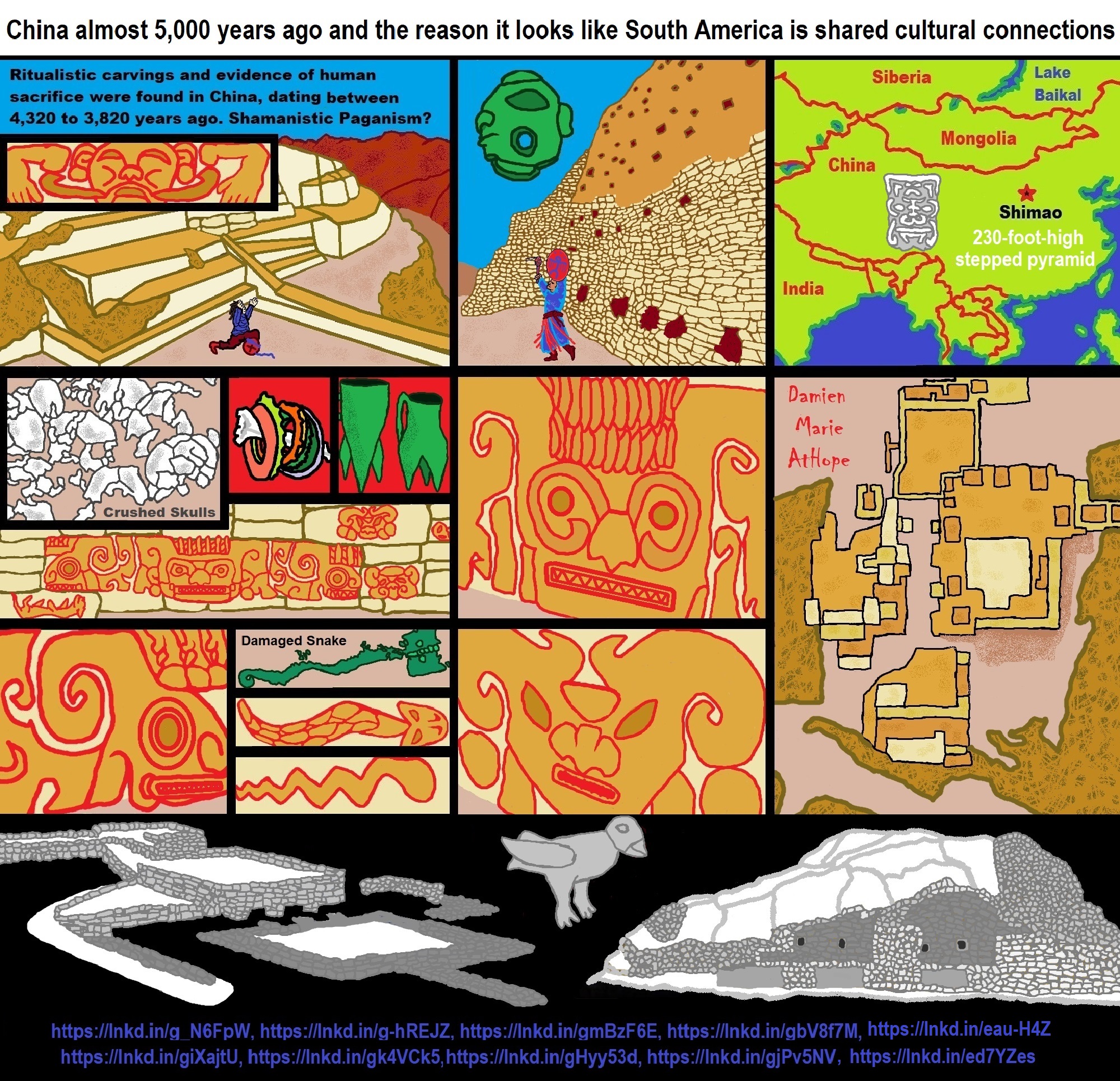
Me in a message: There is a shit ton of stuff happing in Aisa but most people are clueless. Many religions today share mythology due to all this.
List of creation myths:
“A creation myth (or creation story) is a cultural, religious, or traditional myth which describes the earliest beginnings of the present world. Creation myths are the most common form of myth, usually developing first in oral traditions, and are found throughout human culture. A creation myth is usually regarded by those who subscribe to it as conveying profound truths, though not necessarily in a historical or literal sense. They are commonly, though not always, considered cosmogonical myths, that is, they describe the ordering of the cosmos from a state of chaos or amorphousness.” ref
Creation from chaos
Main article: Chaos (cosmogony)
- Enûma Eliš (Babylonian creation myth)
- Greek cosmogonical myth
- Jamshid
- Korean creation narratives
- Kumulipo
- Leviathan (Book of Job 38–41 creation myth)
- Mandé creation myth
- Pangu
- Raven in Creation
- Serer creation myth
- Sumerian creation myth
- Tungusic creation myth
- Unkulunkulu
- Väinämöinen
- Viracocha
Earth diver
Main article: Earth-diver
- Ainu creation myth
- Cherokee creation myth
- Iroquois creation myth
- Väinämöinen
- Yoruba creation myth
- Ob-Ugric creation myth
Emergence
Main article: Emergence
Ex nihilo (out of nothing)
Main article: Ex nihilo
- Debate between sheep and grain
- Barton cylinder
- Ancient Egyptian creation myths
- Genesis creation myth (Judaism, Christianity and Islam)
- Kabezya-Mpungu
- Māori myths
- Mbombo
- Ngai
- Popol Vuh
World parent
Main article: World parent
- Coatlicue
- Enûma Eliš
- Greek cosmogonical myth
- Heliopolis creation myth
- Hiranyagarbha creation myth
- Kumulipo
- Rangi and Papa
- Völuspá
Divine twins
Main article: Divine twins
Regional mythology
Africa
- Ancient Egyptian creation myths
- Fon creation myth
- Kaang creation story (Bushmen)
- Kintu myth (Bugandan)
- Mandé creation myth
- Mbombo (Kuba, Bakuba or Bushongo/Boshongo)
- Ngai (Kamba, Kikuyu and Maasai )
- Serer creation myth (cosmogony of the Serer people of Senegal, the Gambia and Mauritania)
- Unkulunkulu (Zulu)
- Yoruba creation
Mesoamerica
- Coatlicue (Aztec)
- Maya creation of the world myth
- Popol Vuh (Quiché Mayan)
Mid North America
- Anishinaabeg creation stories
- Cherokee creation myth
- Choctaw creation myth
- Creek creation myth
- Hopi creation myth
- Kuterastan (Plains Apache)
- Diné Bahaneʼ (Navajo)
- Raven in Creation (Tlingit, Haida, and Tsimshian)
- Zuni creation myth
South America
- Legend of Trentren Vilu and Caicai Vilu (Chilean)
- Viracocha (Incan)
- Xolas (Chilean)
Central Asia
East Asia
- Ainu creation myth (Japan)
- Au Co (Vietnamese)
- Chinese creation myth
- Japanese creation myth
- Korean creation narratives
- Nüwa (Chinese)
- Pangu (Chinese)
Indian subcontinent
- Ajativada
- Buddhist cosmology
- Folk Hindu creation myth
- Hiranyagarbha creation (India)
- Jainism and non-creationism (India)
- Kanglei mythology (India)
- Mimamsa eternalism (India)
- Nyaya–Vaisheshika atomic theory (India)
- Samkhya–yoga theory (India)
- Sanamahi creation myth (India)
Europe
- Slavic creation myth
- Theogony (Classical Greco-Roman)
- Book of Invasions (Celtic)
- Väinämöinen (Finnish)
- Völuspá (Norse)
Middle East
- Debate between sheep and grain
- Enûma Eliš (Babylonian)
- Genesis creation myth (Hebrew)
- Islamic creation myth (Arabic)
- Leviathan (Book of Job 38-41 creation myth)
- Mashya and Mashyana (Persian)
- Sumerian creation myth
Pacific Islands/Oceanic
- Areop-Enap (Nauruan)
- Kumulipo (Hawaiian)
- Māori myths (Māori)
- Rangi and Papa (Māori)
- Sureq Galigo (Buginese)
Me in a message: It all started a time from 7,000-5,000 years ago that I call world war 0, lots of rape and murder.
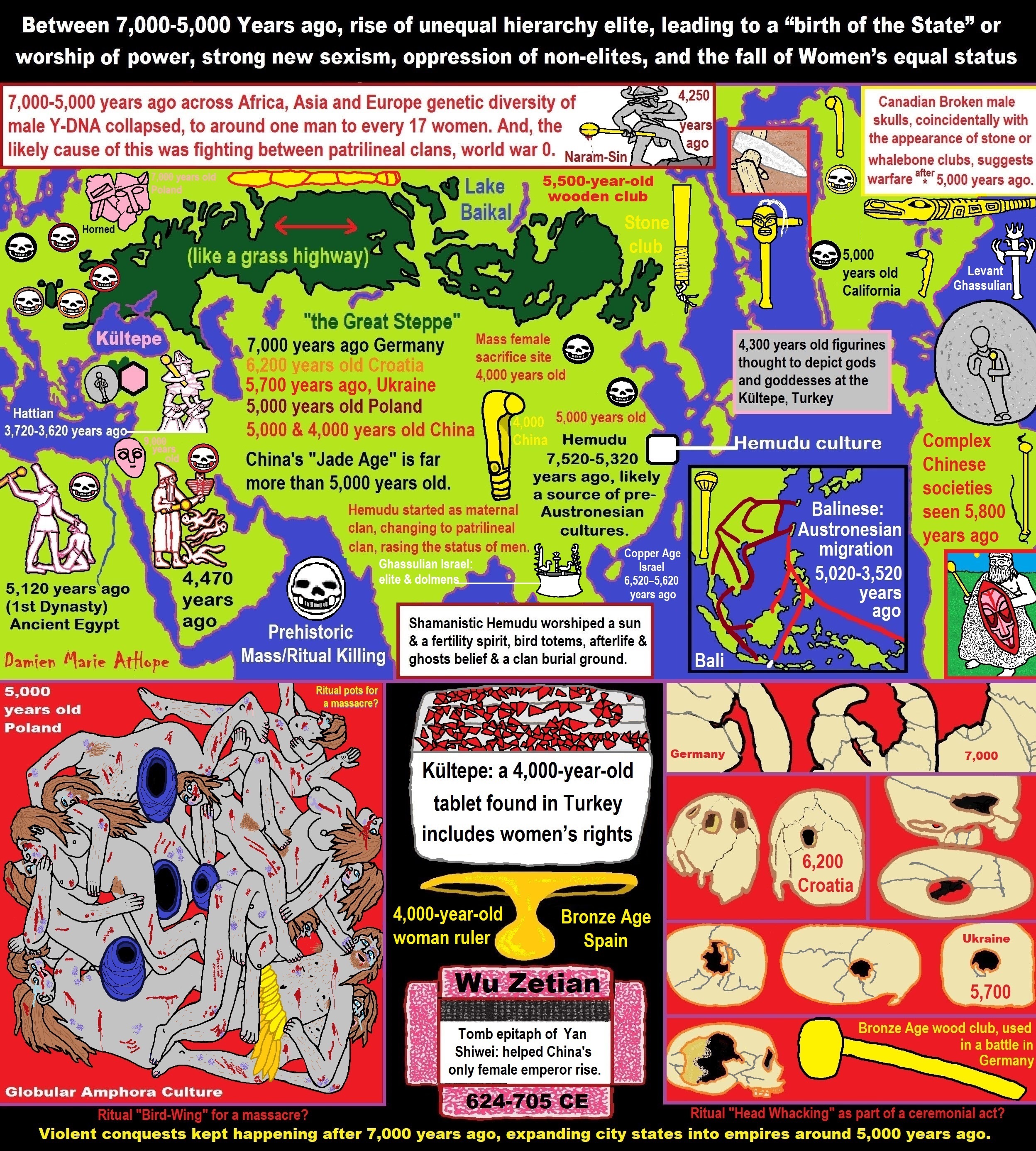
ref, ref, ref, ref, ref, ref, ref, ref, ref, ref, ref, ref, ref, ref, ref, ref, ref, ref, ref, ref, ref, ref, ref, ref, ref, ref, ref, ref, ref, ref, ref, ref, ref, ref, ref, ref, ref, ref, ref, ref, ref, ref, ref, ref, ref, ref, ref, ref, ref, ref, ref, ref, ref, ref, ref, ref, ref, ref, ref, ref, ref, ref, ref, ref, ref, ref, ref, ref, ref, ref, ref, ref, ref, ref, ref, ref, ref, ref, ref, ref, ref, ref, ref, ref, ref, ref, ref, ref, ref, ref
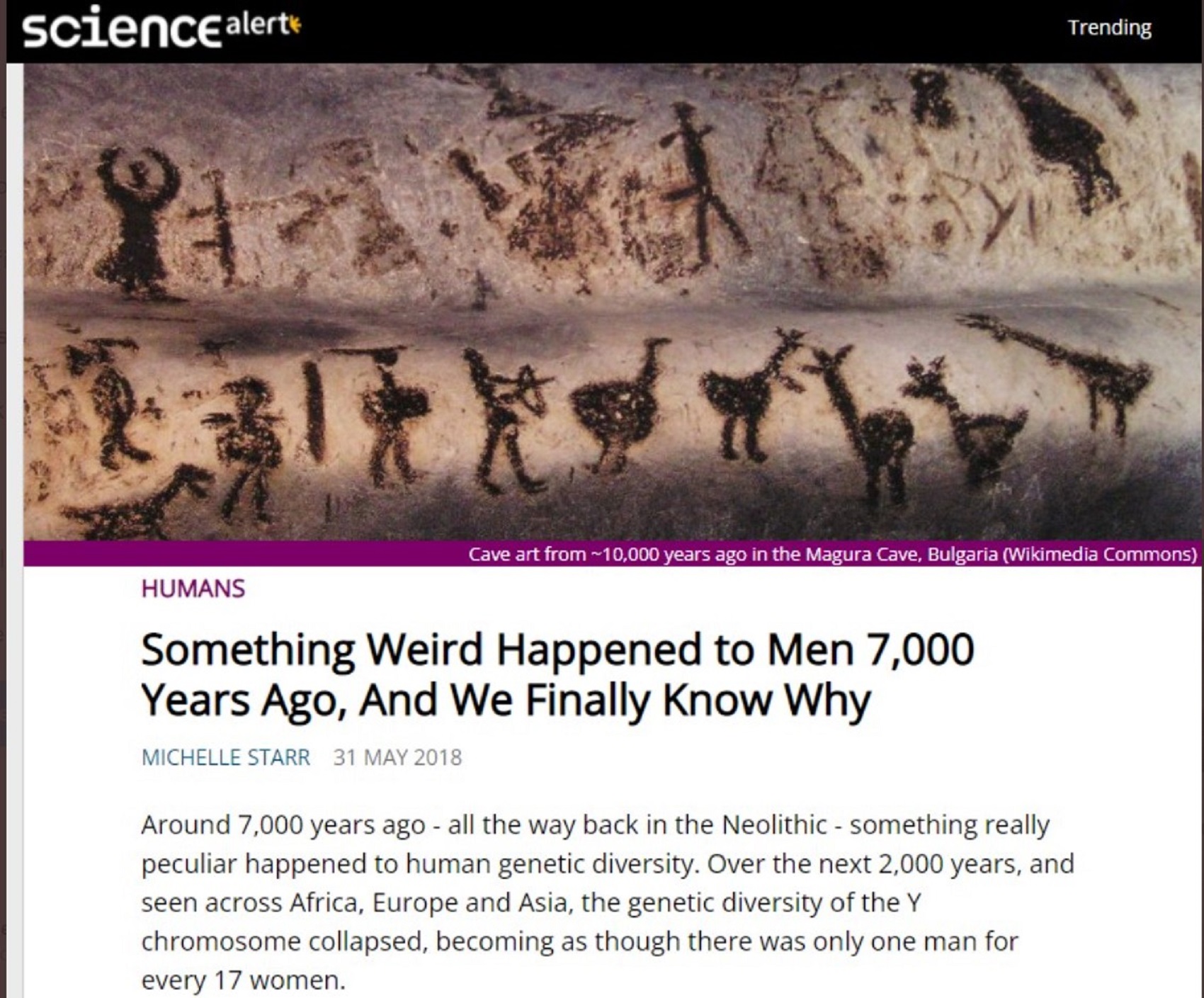
Something Weird Happened to Men 7,000 Years Ago, And We Finally Know Why
Me in a message: MICHELLE STARR 31 MAY 2018 “Around 7,000 years ago – all the way back in the Neolithic – something really peculiar happened to human genetic diversity. Over the next 2,000 years, and seen across Africa, Europe and Asia, the genetic diversity of the Y chromosome collapsed, becoming as though there was only one man for every 17 women.” ref
“Ahhhhhh yes… you spoke of this in video 5… very interesting stuff!” – Leader Deanna L. Lawlis @DeannaLawlis
Me in a message: I do not hate simply because I challenge and expose myths or lies any more than others being thought of as loving simply because of the protection and hiding from challenge their favored myths or lies. The truth is best championed in the sunlight of challenge. An archaeologist once said to me “Damien religion and culture are very different”
My response, So are you saying that was always that way, such as would you say Native Americans’ cultures are separate from their religions? And do you think it always was the way you believe? I had said that religion was a cultural product. That is still how I see it and there are other archaeologists that think close to me as well. Gods too are the myths of cultures that did not understand science or the world around them, seeing magic/supernatural everywhere.
Me in a message: We will be addressing it in the next video, Show six: Emergence of hierarchy, sexism, slavery, and the new male god dominance: related to “Anarchism and Socialism”

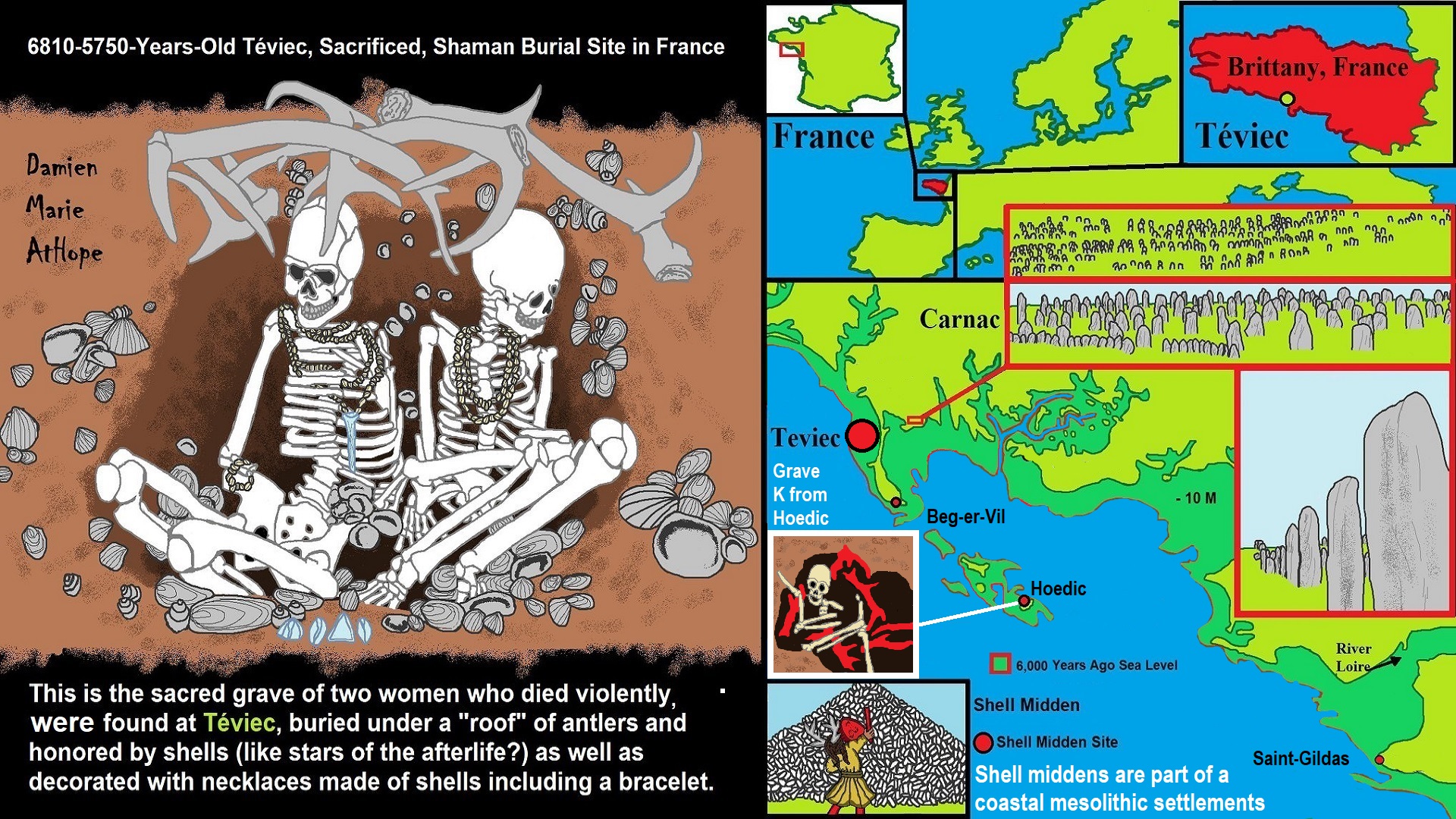
ref, ref, ref, ref, ref, ref, ref
Me in a message: Both are x DNA, there are two kinds of x DNA, x1, and x2. No, I do not think they sailed across, rather they moved both east over to North America or far East Canada, the other West to France, and the other west first then south to the Caucasus Mountains at the intersection of Asia and Europe. Stretching between the Black Sea and the Caspian Sea mountains then the middle east including some jews. “Haplogroup X is a human mitochondrial DNA (mtDNA) haplogroup. It is found in America, Europe, Western Asia, North Africa, and the Horn of Africa. Haplogroup X is also one of the five haplogroups found in the indigenous peoples of the Americas. (namely, X2a subclade).” ref
“Haplogroup X is found in approximately 2% of native Europeans, and 13% of all native North Americans . And Native Assyrians having roughly 3%. Overall, haplogroup X is found in around 2% of the population of Europe, the Middle East, and North Africa. It is especially common, 14.3%, among the natives of Bahariya Oasis (Western Desert, Egypt. The X1 subclade is much less frequent and is largely restricted to North Africa, the Horn of Africa, and the Near East. The frequency of haplogroup X, X1, X2 is observed in the Assyrians, an ancient Nation of Mesopotamia population in Iraq, Syria, Lebanon, Israel, Jordan, Turkey, North Persia.” ref
“Although it occurs only at a frequency of about 3% for the total current indigenous population of the Americas, it is a bigger haplogroup in northern North America, where among the Algonquian peoples it comprises up to 25% of mtDNA types. It is also present in lesser percentages to the west and south of this area—among the Sioux (15%), the Nuu-chah-nulth (11%–13%), the Navajo (7%), and the Yakama (5%). In Latin America, Haplotype X6 was present in the Tarahumara 1.8% (1/53) and Huichol 20% (3/15) X6 and X7 was also found in 12% in Yanomani people. Unlike the four main Native American mtDNA haplogroups (A, B, C, D), X is not strongly associated with East Asia. The main occurrence of X in Asia discovered so far is in the Altai people in Siberia.” ref
“One theory of how the X Haplogroup ended up in North America is that the people carrying it migrated from central Asia along with haplogroups A, B, C, and D, from an ancestor from the Altai Region of Central Asia. Two sequences of haplogroup X2 were sampled further east of Altai among the Evenks of Central Siberia. These two sequences belong to X2* and X2b. It is uncertain if they represent a remnant of the migration of X2 through Siberia or a more recent input.” ref
“This relative absence of haplogroup X2 in Asia is one of the major factors used to support the Solutrean hypothesis during the early 2000s. The Solutrean hypothesis postulates that haplogroup X reached North America with a wave of European migration emerging from the Solutrean culture, roughly 20,000 years ago. a stone-age culture in south-western France and in Spain, by boat around the southern edge of the Arctic ice pack. Since the later 2000s and during the 2010s, evidence has turned against the Solutrean hypothesis, as no presence of mt-DNA ancestral to X2a has been found in Europe or the Near East.” ref
“New World lineages X2a and X2g are not derived form the Old World lineages X2b, X2c, X2d, X2e, and X2f, indicating an early origin of the New World lineages “likely at the very beginning of their expansion and spread from the Near East”. A 2008 study came to the conclusion that the presence of haplogroup X in the Americas does not support migration from Solutrean-period Europe. The lineage of haplogroup X in the Americas is not derived from a European subclade, but rather represents an independent subclade, labeled X2a. The X2a subclade has not been found in Eurasia, and has most likely arisen within the early Paleo-Indian population, at roughly 13,000 years ago. A basal variant of X2a was found in the Kennewick Man fossil (ca. 9,000 years ago).” ref
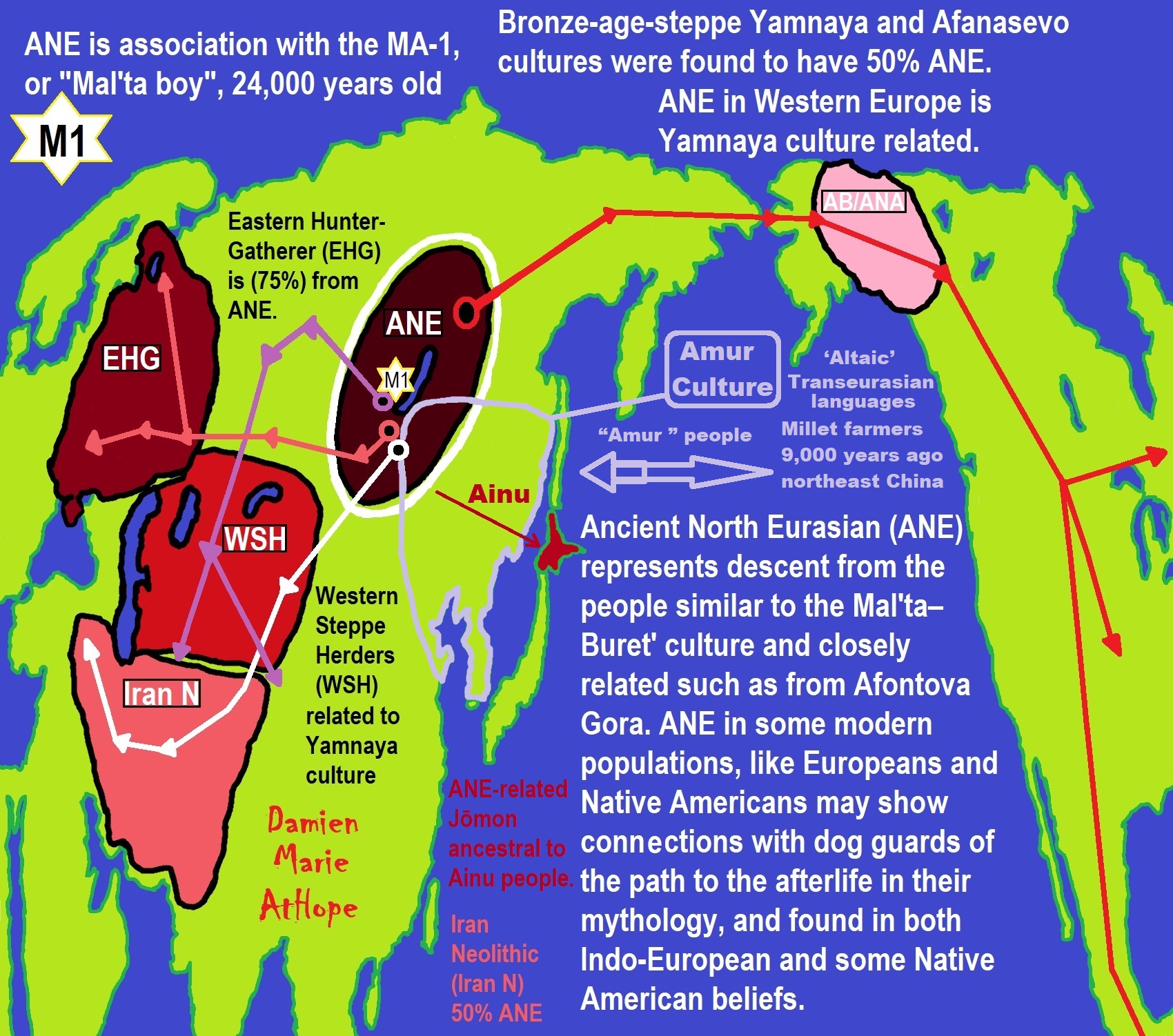
Groups partially derived from the Ancient North Eurasians
“The ANE lineage is defined by association with the MA-1, or “Mal’ta boy”, remains of 24,000 years ago in central Siberia Mal’ta-Buret’ culture 24,000-15,000 years ago. The Ancient North Eurasians (ANE) samples (Afontova Gora 3, Mal’ta 1, and Yana-RHS) show evidence for minor gene flow from an East Asian-related group (simplified by the Amis, Han, or Tianyuan) but no evidence for ANE-related geneflow into East Asians (Amis, Han, Tianyuan), except the Ainu, of North Japan.” ref
“The ANE lineage is defined by association with the MA-1, or “Mal’ta boy”, remains of 24,000 years ago in central Siberia Mal’ta-Buret’ culture 24,000-15,000 years ago “basal to modern-day Europeans”. Some Ancient North Eurasians also carried East Asian populations, such as Tianyuan Man.” ref
“Bronze-age-steppe Yamnaya and Afanasevo cultures were ANE at around 50% and Eastern Hunter-Gatherer (EHG) at around 75% ANE. Karelia culture: Y-DNA R1a-M417 8,400 years ago, Y-DNA J, 7,200 years ago, and Samara, of Y-haplogroup R1b-P297 7,600 years ago is closely related to ANE from Afontova Gora, 18,000 years ago around the time of blond hair first seen there.” ref
Ancient North Eurasian
“In archaeogenetics, the term Ancient North Eurasian (often abbreviated as ANE) is the name given to an ancestral West Eurasian component that represents descent from the people similar to the Mal’ta–Buret’ culture and populations closely related to them, such as from Afontova Gora and the Yana Rhinoceros Horn Site. Significant ANE ancestry are found in some modern populations, including Europeans and Native Americans.” ref
“The ANE lineage is defined by association with the MA-1, or “Mal’ta boy“, the remains of an individual who lived during the Last Glacial Maximum, 24,000 years ago in central Siberia, Ancient North Eurasians are described as a lineage “which is deeply related to Paleolithic/Mesolithic hunter-gatherers in Europe,” meaning that they diverged from Paleolithic Europeans a long time ago.” ref
“The ANE population has also been described as having been “basal to modern-day Europeans” but not especially related to East Asians, and is suggested to have perhaps originated in Europe or Western Asia or the Eurasian Steppe of Central Asia. However, some samples associated with Ancient North Eurasians also carried ancestry from an ancient East Asian population, such as Tianyuan Man. Sikora et al. (2019) found that the Yana RHS sample (31,600 BP) in Northern Siberia “can be modeled as early West Eurasian with an approximately 22% contribution from early East Asians.” ref
“Populations genetically similar to MA-1 were an important genetic contributor to Native Americans, Europeans, Central Asians, South Asians, and some East Asian groups, in order of significance. Lazaridis et al. (2016:10) note “a cline of ANE ancestry across the east-west extent of Eurasia.” The ancient Bronze-age-steppe Yamnaya and Afanasevo cultures were found to have a noteworthy ANE component at ~50%.” ref
“According to Moreno-Mayar et al. 2018 between 14% and 38% of Native American ancestry may originate from gene flow from the Mal’ta–Buret’ people (ANE). This difference is caused by the penetration of posterior Siberian migrations into the Americas, with the lowest percentages of ANE ancestry found in Eskimos and Alaskan Natives, as these groups are the result of migrations into the Americas roughly 5,000 years ago.” ref
“Estimates for ANE ancestry among first wave Native Americans show higher percentages, such as 42% for those belonging to the Andean region in South America. The other gene flow in Native Americans (the remainder of their ancestry) was of East Asian origin. Gene sequencing of another south-central Siberian people (Afontova Gora-2) dating to approximately 17,000 years ago, revealed similar autosomal genetic signatures to that of Mal’ta boy-1, suggesting that the region was continuously occupied by humans throughout the Last Glacial Maximum.” ref
“The earliest known individual with a genetic mutation associated with blonde hair in modern Europeans is an Ancient North Eurasian female dating to around 16000 BCE from the Afontova Gora 3 site in Siberia. It has been suggested that their mythology may have included a narrative, found in both Indo-European and some Native American fables, in which a dog guards the path to the afterlife.” ref
“Genomic studies also indicate that the ANE component was introduced to Western Europe by people related to the Yamnaya culture, long after the Paleolithic. It is reported in modern-day Europeans (7%–25%), but not of Europeans before the Bronze Age. Additional ANE ancestry is found in European populations through paleolithic interactions with Eastern Hunter-Gatherers, which resulted in populations such as Scandinavian Hunter-Gatherers.” ref
“The Ancient North Eurasians (ANE) split from the ancestors of European peoples somewhere in the Middle East or South-central Asia, and used a northern dispersal route through Central Asia into Northern Asia and Siberia. Genetic analyses show that all ANE samples (Afontova Gora 3, Mal’ta 1, and Yana-RHS) show evidence for minor gene flow from an East Asian-related group (simplified by the Amis, Han, or Tianyuan). In contrast, no evidence for ANE-related geneflow into East Asians (Amis, Han, Tianyuan), except the Ainu, was found.” ref
“Genetic data suggests that the ANE formed during the Terminal Upper-Paleolithic (36+-1,5ka) period from a deeply European-related population, which was once widespread in Northern Eurasia, and from an early East Asian-related group, which migrated northwards into Central Asia and Siberia, merging with this deeply European-related population. These population dynamics and constant northwards geneflow of East Asian-related ancestry would later gave rise to the “Ancestral Native Americans” and Paleosiberians, which replaced the ANE as dominant population of Siberia.” ref
Groups partially derived from the Ancient North Eurasians
“Eastern Hunter-Gatherer (EHG) is a lineage derived predominantly (75%) from ANE. It is represented by two individuals from Karelia, one of Y-haplogroup R1a-M417, dated c. 8.4 kya, the other of Y-haplogroup J, dated c. 7.2 kya; and one individual from Samara, of Y-haplogroup R1b-P297, dated c. 7.6 kya. This lineage is closely related to the ANE sample from Afontova Gora, dated c. 18 kya. After the end of the Last Glacial Maximum, the Western Hunter-Gatherers (WHG) and EHG lineages merged in Eastern Europe, accounting for early presence of ANE-derived ancestry in Mesolithic Europe. Evidence suggests that as Ancient North Eurasians migrated West from Eastern Siberia, they absorbed Western Hunter-Gatherers and other West Eurasian populations as well.” ref
“Caucasian Hunter-Gatherer (CHG) is represented by the Satsurblia individual dated ~13 kya (from the Satsurblia cave in Georgia), and carried 36% ANE-derived admixture. While the rest of their ancestry is derived from the Dzudzuana cave individual dated ~26 kya, which lacked ANE-admixture, Dzudzuana affinity in the Caucasus decreased with the arrival of ANE at ~13 kya Satsurblia.” ref
“Scandinavian Hunter-Gatherer (SHG) is represented by several individuals buried at Motala, Sweden ca. 6000 BC. They were descended from Western Hunter-Gatherers who initially settled Scandinavia from the south, and later populations of EHG who entered Scandinavia from the north through the coast of Norway.” ref
“Iran Neolithic (Iran_N) individuals dated ~8.5 kya carried 50% ANE-derived admixture and 50% Dzudzuana-related admixture, marking them as different from other Near-Eastern and Anatolian Neolithics who didn’t have ANE admixture. Iran Neolithics were later replaced by Iran Chalcolithics, who were a mixture of Iran Neolithic and Near Eastern Levant Neolithic.” ref
“Ancient Beringian/Ancestral Native American are specific archaeogenetic lineages, based on the genome of an infant found at the Upward Sun River site (dubbed USR1), dated to 11,500 years ago. The AB lineage diverged from the Ancestral Native American (ANA) lineage about 20,000 years ago.” ref
“West Siberian Hunter-Gatherer (WSHG) are a specific archaeogenetic lineage, first reported in a genetic study published in Science in September 2019. WSGs were found to be of about 30% EHG ancestry, 50% ANE ancestry, and 20% to 38% East Asian ancestry.” ref
“Western Steppe Herders (WSH) is the name given to a distinct ancestral component that represents descent closely related to the Yamnaya culture of the Pontic–Caspian steppe. This ancestry is often referred to as Yamnaya ancestry or Steppe ancestry.” ref
“Late Upper Paeolithic Lake Baikal – Ust’Kyakhta-3 (UKY) 14,050-13,770 BP were mixture of 30% ANE ancestry and 70% East Asian ancestry.” ref
“Lake Baikal Holocene – Baikal Eneolithic (Baikal_EN) and Baikal Early Bronze Age (Baikal_EBA) derived 6.4% to 20.1% ancestry from ANE, while rest of their ancestry was derived from East Asians. Fofonovo_EN near by Lake Baikal were mixture of 12-17% ANE ancestry and 83-87% East Asian ancestry.” ref
“Hokkaido Jōmon people specifically refers to the Jōmon period population of Hokkaido in northernmost Japan. Though the Jōmon people themselves descended mainly from East Asian lineages, one study found an affinity between Hokkaido Jōmon with the Northern Eurasian Yana sample (an ANE-related group, related to Mal’ta), and suggest as an explanation the possibility of minor Yana gene flow into the Hokkaido Jōmon population (as well as other possibilities). A more recent study by Cooke et al. 2021, confirmed ANE-related geneflow among the Jōmon people, partially ancestral to the Ainu people. ANE ancestry among Jōmon people is estimated at 21%, however, there is a North to South cline within the Japanese archipelago, with the highest amount of ANE ancestry in Hokkaido and Tohoku.” ref
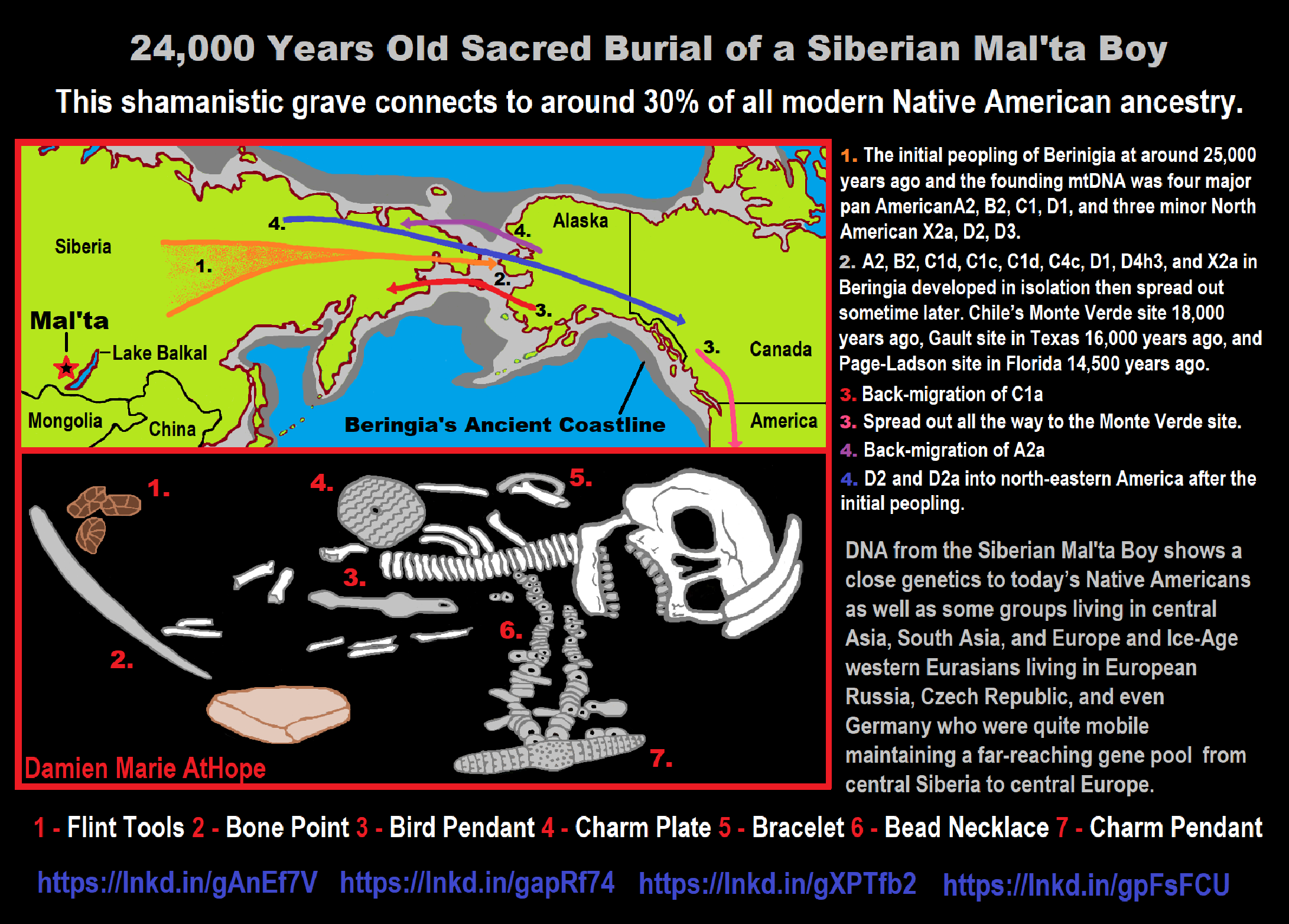
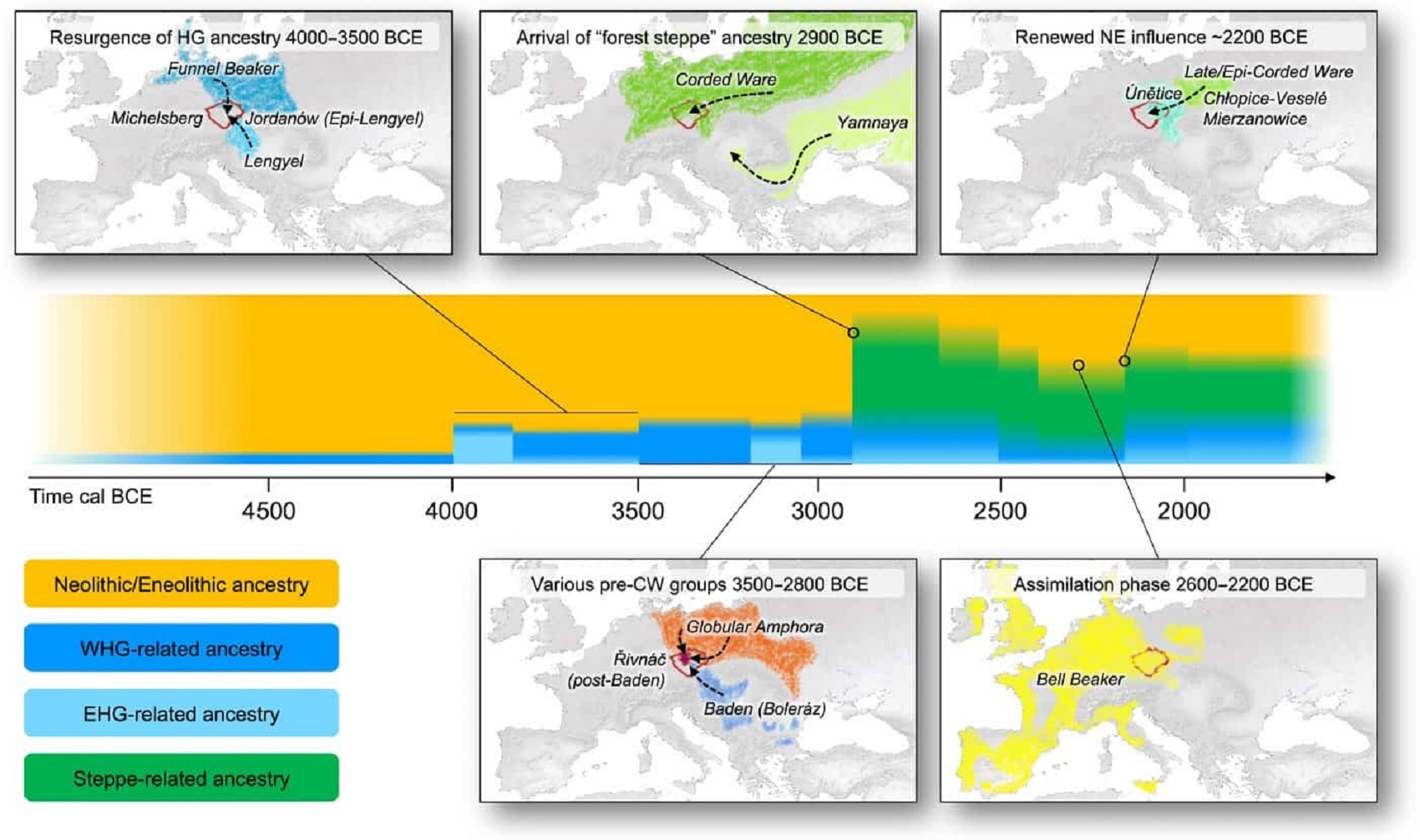
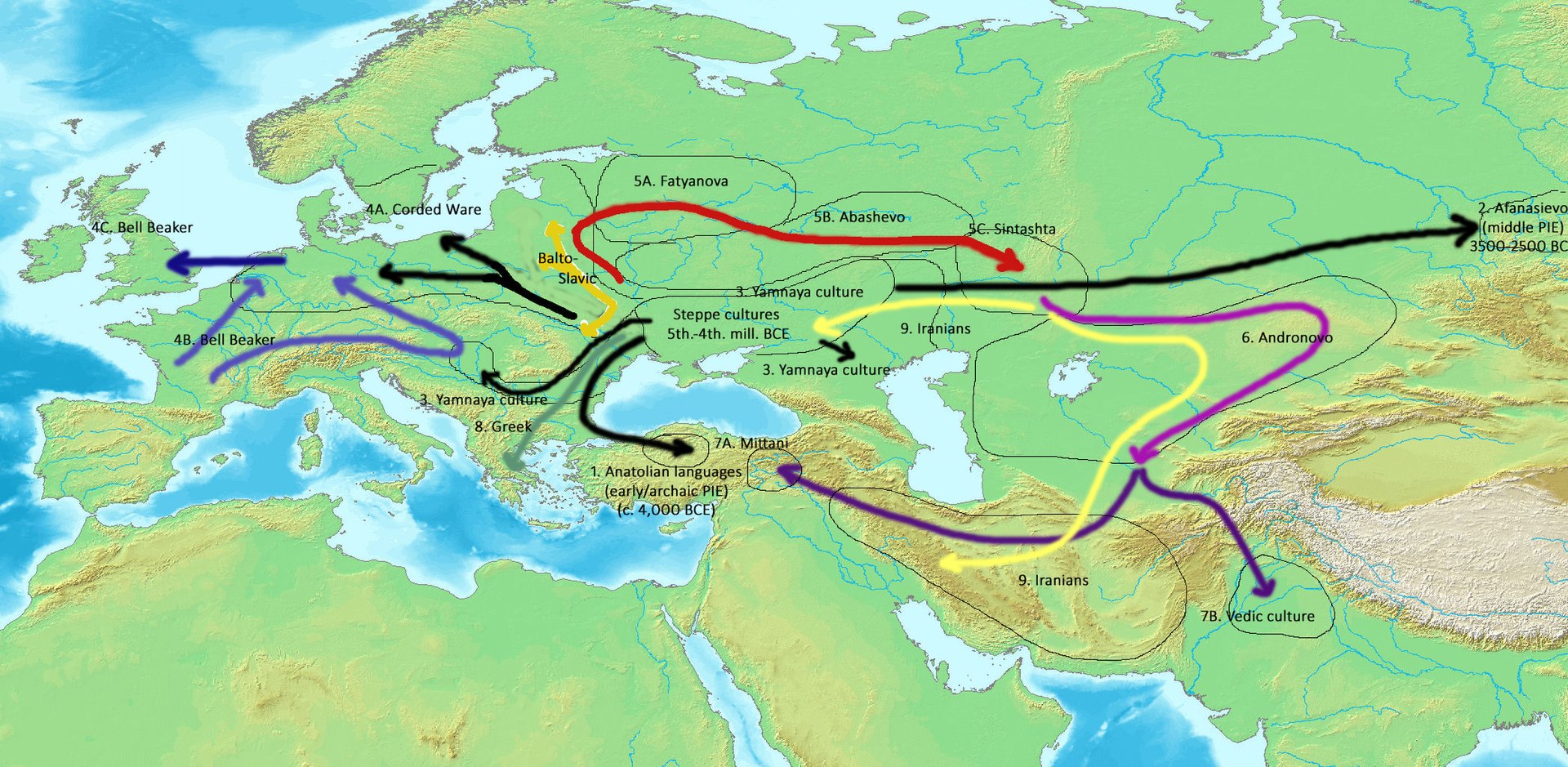

Me in a message: Similar related but not the same group, rather similar religions.
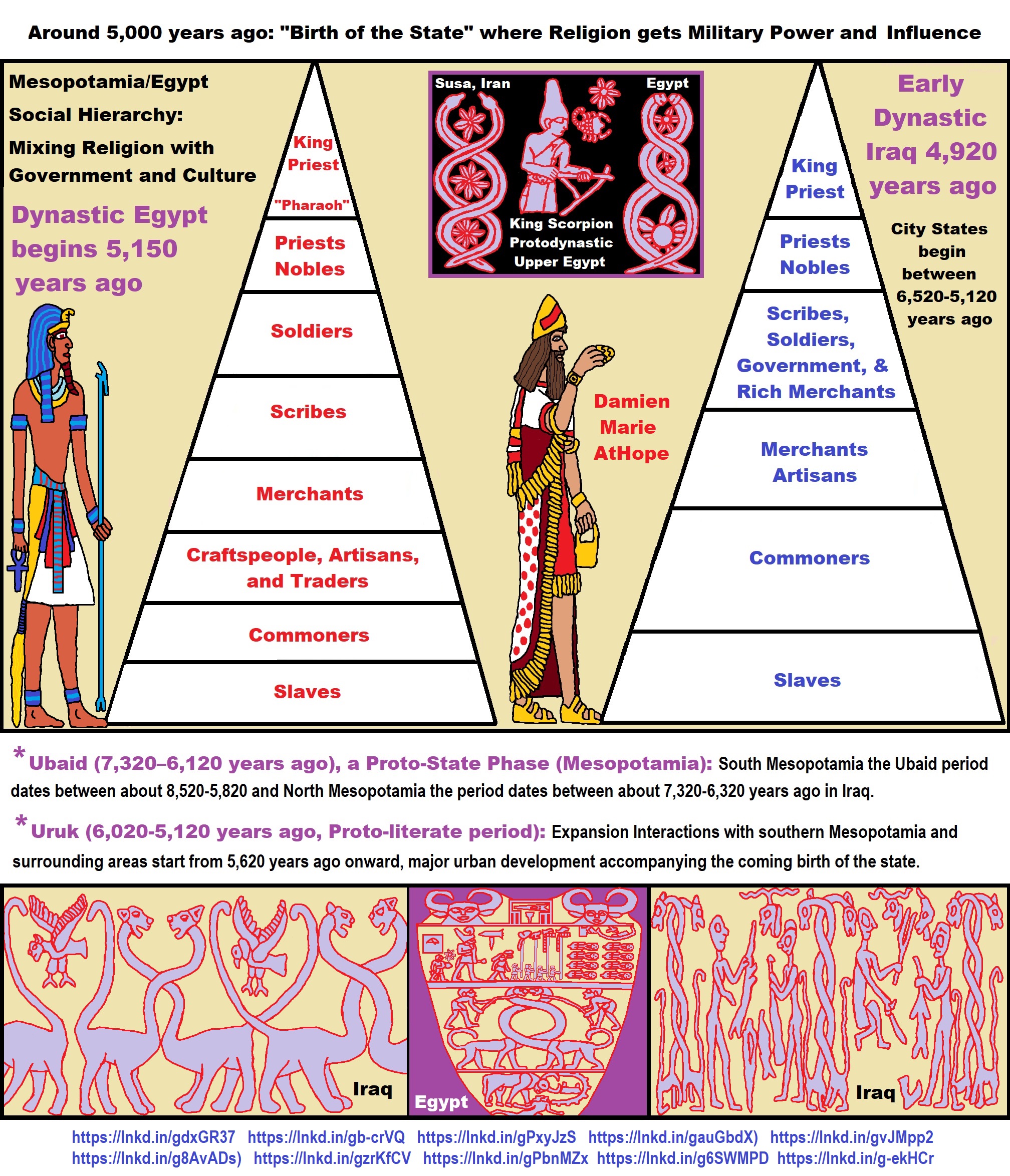
ref, ref, ref, ref, ref, ref, ref, ref, ref
“Brb…. time to teach my youngin.” – Leader Deanna L. Lawlis @DeannaLawlis
Me in a message: I am giving you all this now but it’s not until next Saturday that you look through it. I was giving you time to read if interested and trying to help explain this very hard stuff. Don’t feel a need to read stuff the moment I post it. You want to be involved with my prehistory teaching so I am first teaching you a little so it goes great in the video. Feel free to ask me any questions during the video. The harder the question is no big deal with me as I understand most of this stuff without even having to look it up anymore. Lol
Me in a message: All the somewhat related groups and are related both genetically they have similar or related religions all “paganistic shamanism with strong totemism”. So warriors like the somewhat far removed cousins of them the Norse.
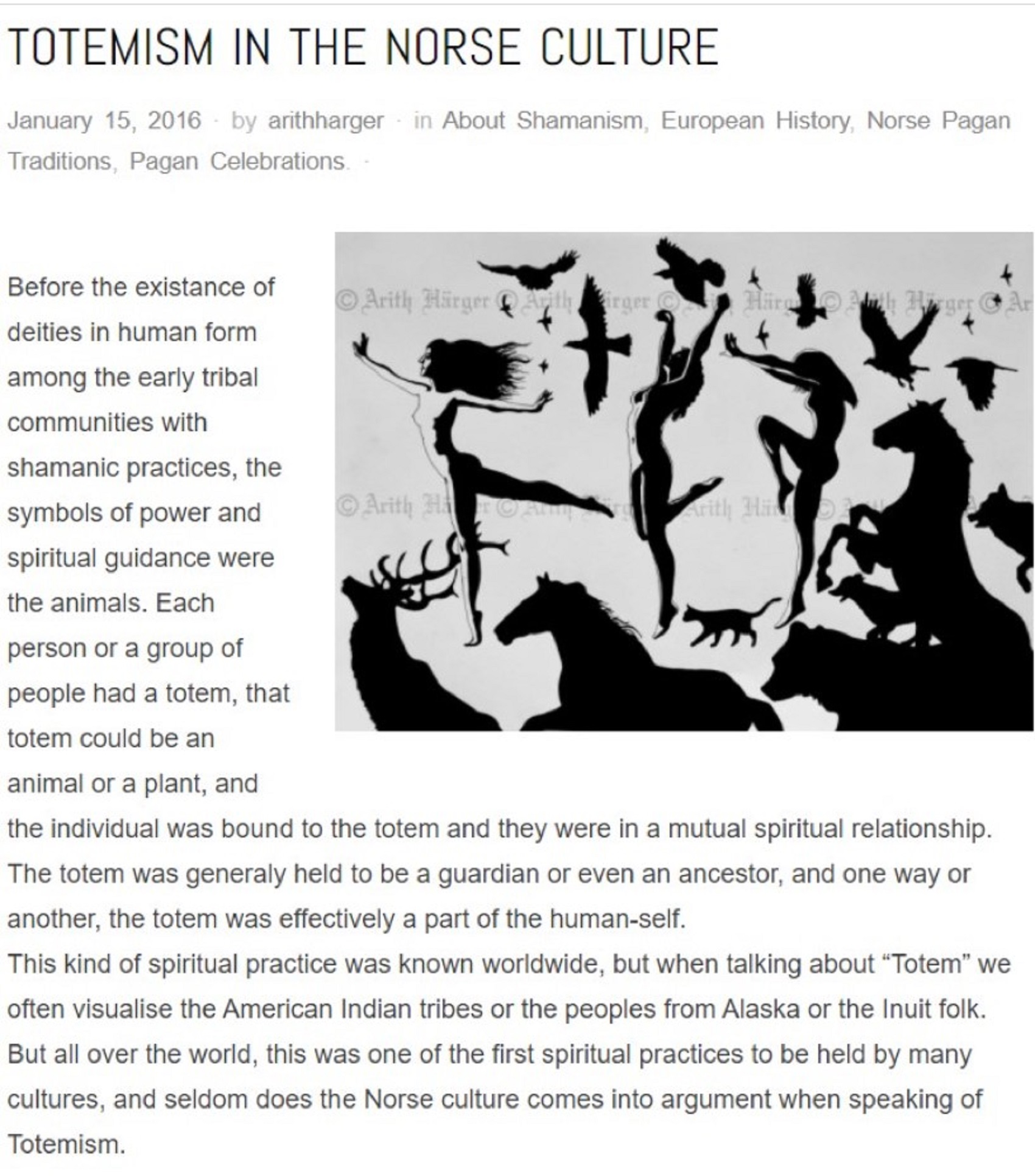
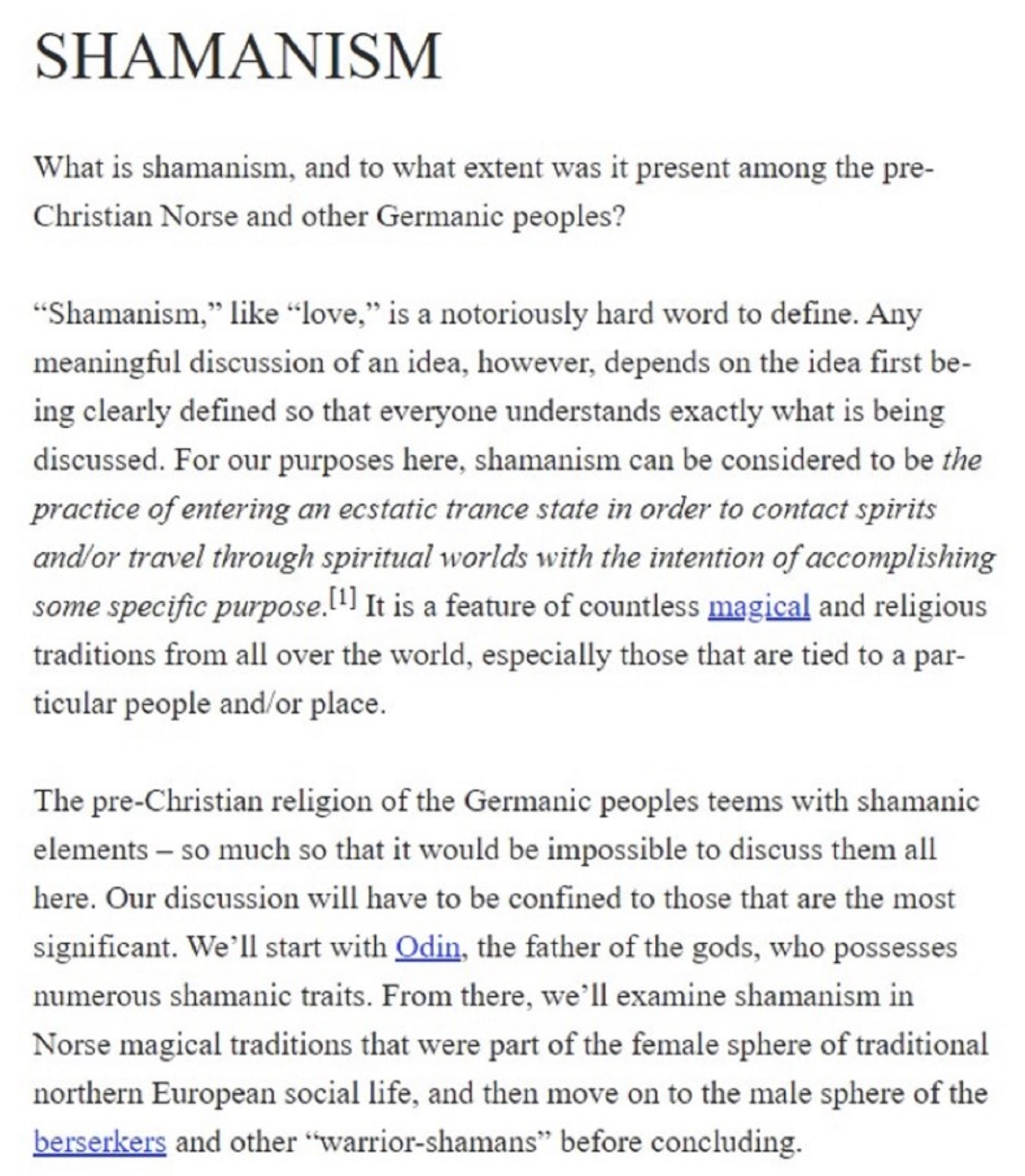
Me in a message: Norse Paganism-shamanism with totemism.
Me in a message: We will have the privilege of having (Religious Trauma Syndrome related Author Deanna L. Lawlis) join us as we sadly enter the time of capitalism rape, murder, slavery, and the elite. Sexism added to religion like never before. The rise of male glorification, we just call our “His-story”, too often biased understandings of history. Around 7,000 years ago we sadly enter the time of capitalism, with rape, murder, slavery, and the elite. Sexism added to religion like never before. The rise of male glorification, we just call our “His-story”, too often biased understandings of history.
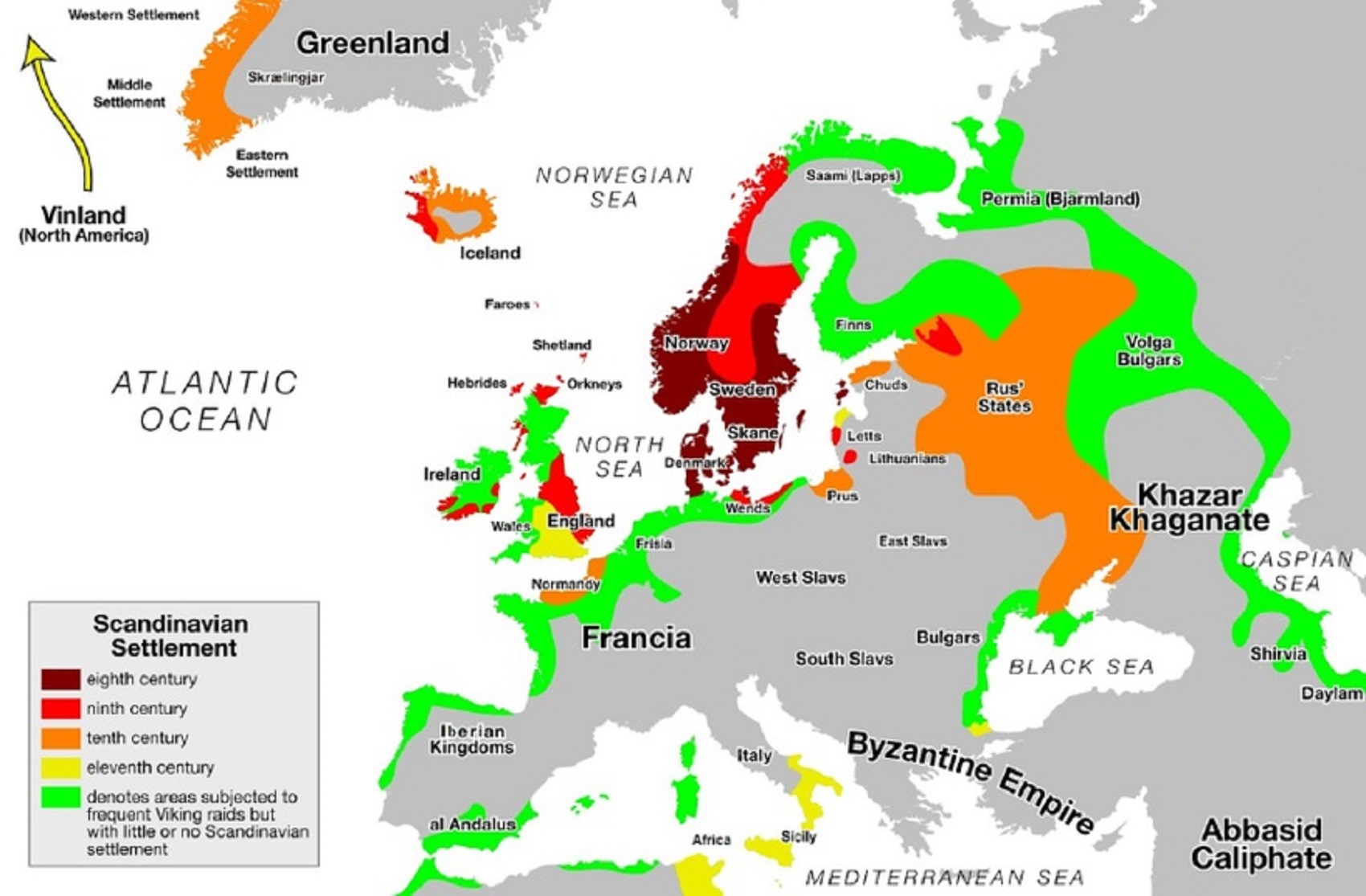
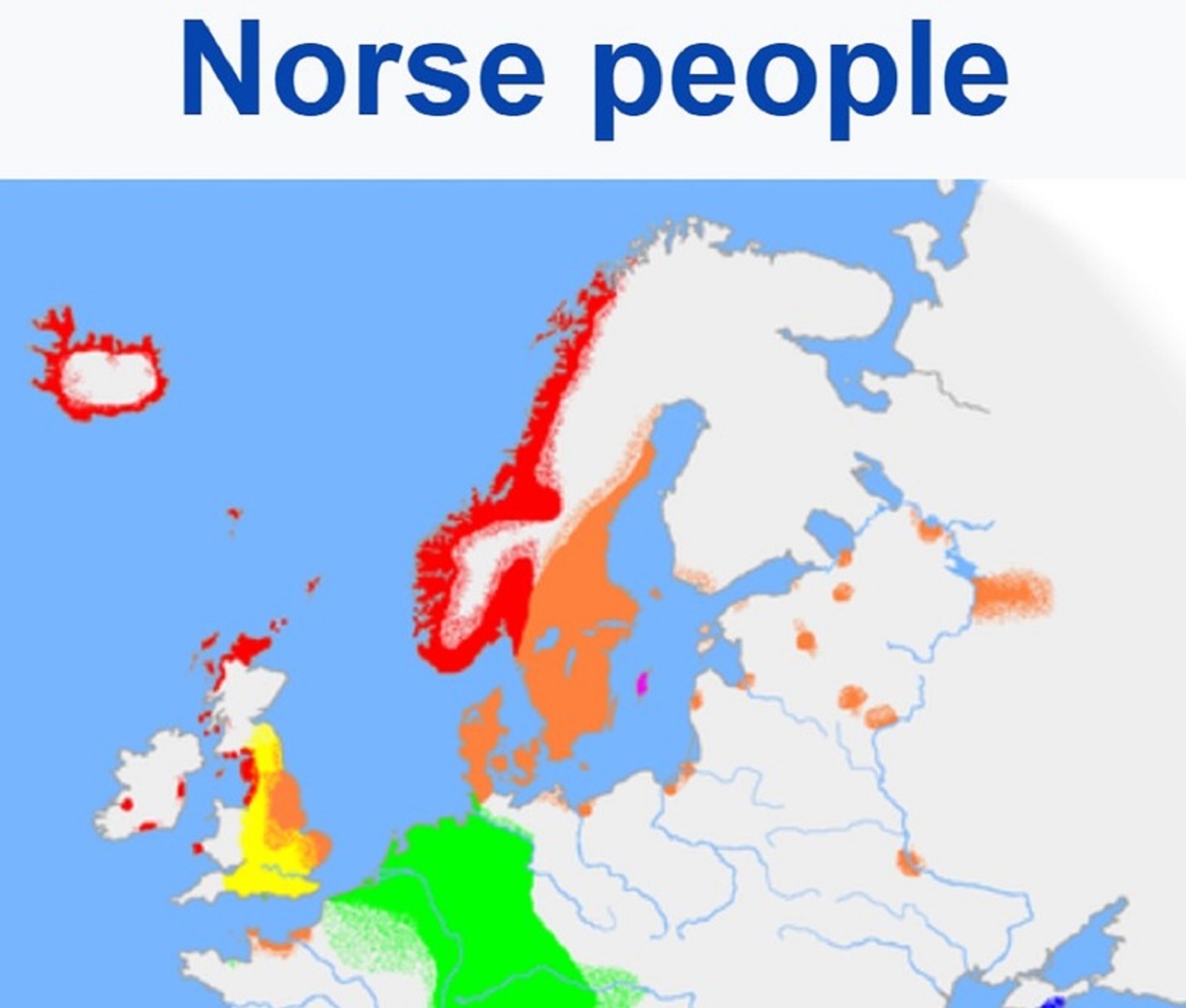
Old Norse religion
Me in a message: “Old Norse Religion, also known as Norse Paganism, is the most common name for a branch of Germanic religion which developed during the Proto-Norse period, when the North Germanic peoples separated into a distinct branch of the Germanic peoples. It was replaced by Christianity and forgotten during the Christianization of Scandinavia. Scholars reconstruct aspects of North Germanic Religion by historical linguistics, archaeology, toponymy, and records left by North Germanic peoples, such as runic inscriptions in the Younger Futhark, a distinctly North Germanic extension of the runic alphabet. Numerous Old Norse works dated to the 13th century record Norse mythology, a component of North Germanic religion.” ref
“Old Norse religion was polytheistic, entailing a belief in various gods and goddesses. These deities in Norse mythology were divided into two groups, the Æsir and the Vanir, who in some sources were said to have engaged in an ancient war until realizing that they were equally powerful. Among the most widespread deities were the gods Odin and Thor. This world was inhabited also by various other mythological races, including giants, dwarfs, elves, and land-spirits. Norse cosmology revolved around a world tree known as Yggdrasil, with various realms existing alongside that of humans, named Midgard. These include multiple afterlife realms, several of which are controlled by a particular deity.” ref
“Transmitted through oral culture rather than through codified texts, Old Norse religion focused heavily on ritual practice, with kings and chiefs playing a central role in carrying out public acts of sacrifice. Various cultic spaces were used; initially, outdoor spaces such as groves and lakes were typically selected, but after the third century CE cult houses seem to also have been purposely built for ritual activity, although they were never widespread. Norse society also contained practitioners of Seiðr, a form of sorcery which some scholars describe as shamanistic. Various forms of burial were conducted, including both inhumation and cremation, typically accompanied by a variety of grave goods.” ref
“Throughout its history, varying levels of trans-cultural diffusion occurred among neighboring peoples, such as the Sami and Finns. By the twelfth century, Old Norse religion had succumbed to Christianity, with elements continuing into Scandinavian folklore. A revival of interest in Old Norse religion occurred amid the romanticist movement of the nineteenth century, during which it inspired a range of artworks. It also attracted the interest of political figures, and was used by a range of right-wing and nationalist groups. Academic research into the subject began in the early nineteenth century, initially influenced by the pervasive romanticist sentiment.” ref
“Capitalism is a nihilism of the most banal sort. Paganism, on the other hand, is dedicated to the rich complexity, vibrancy, and value-laden nature of life. To see how and why this is the case we need to investigate the concept of value rather closely.” ref
Me in a message: It is often nihilism vs. axiology in the battle for good. Imagine having all the Power and Wealth to help the world end starvation and homeless, and yet do nothing??? I mean I am not perfect but at least I am not a billionaire with blood on my hands. Or worse harm the vulnerable. Paganism 7,000-5,000 years old: related to “Anarchism and Socialism” (Capitalism) (World War 0) Elite and their slaves: https://www.patreon.com/posts/58451950
Me in a message: Ancient Egypt: Epipaleolithic, Neolithic, and Predynastic from 12,000 to 5,000 years ago: https://www.patreon.com/posts/ancient-egypt-12-26743230
Me in a message: Goddesses/Demigoddesses/Grandmother-Mother Ancestor Spirits from Catal Huyuk: https://www.patreon.com/posts/26603972
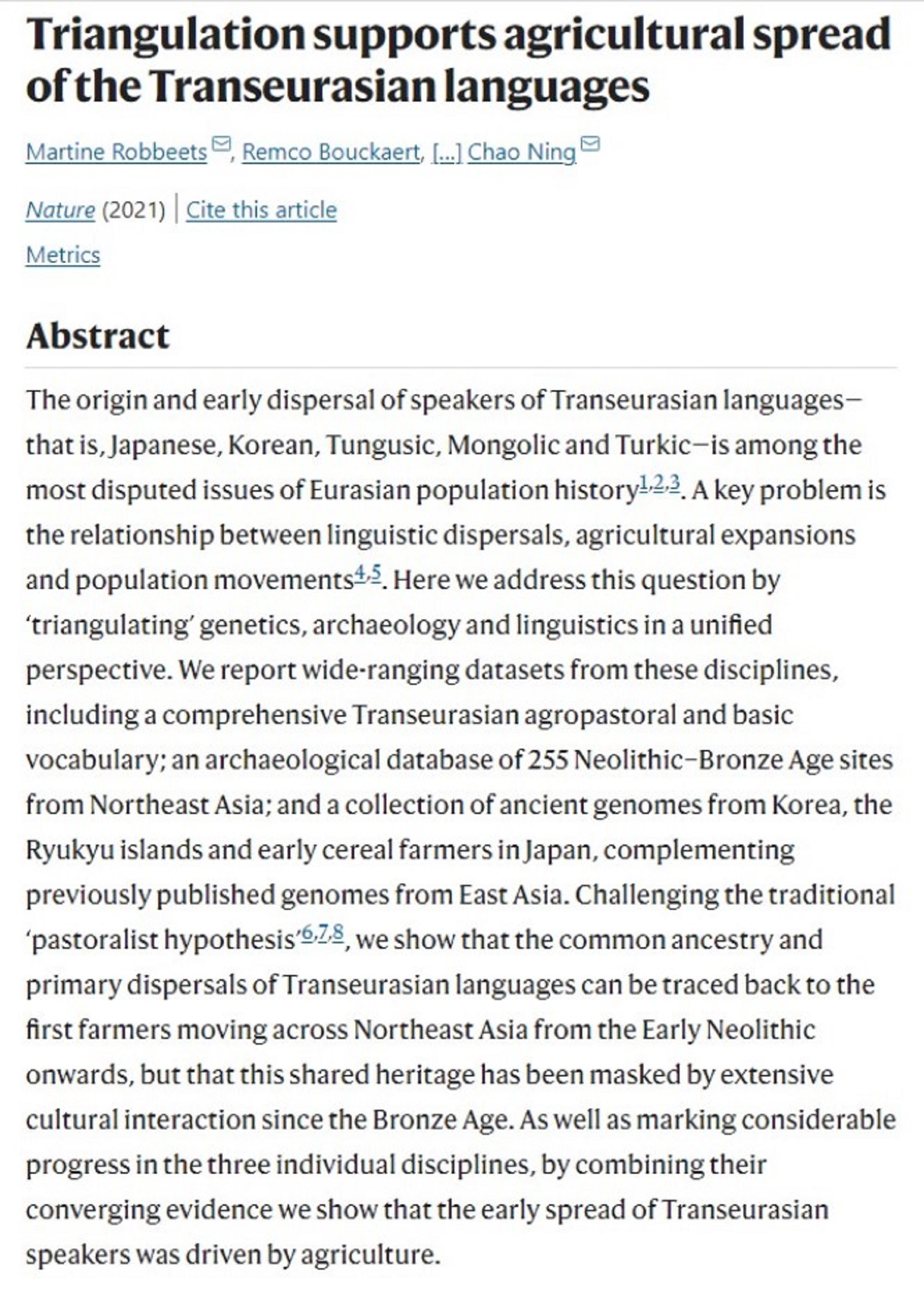
Me in a message: Triangulation supports agricultural spread of the Transeurasian languages: https://www.nature.com/articles/s41586-021-04108-8 Just out today more supportive of my thinking, as usual. Triangulation supports the agricultural spread of the Transeurasian languages.
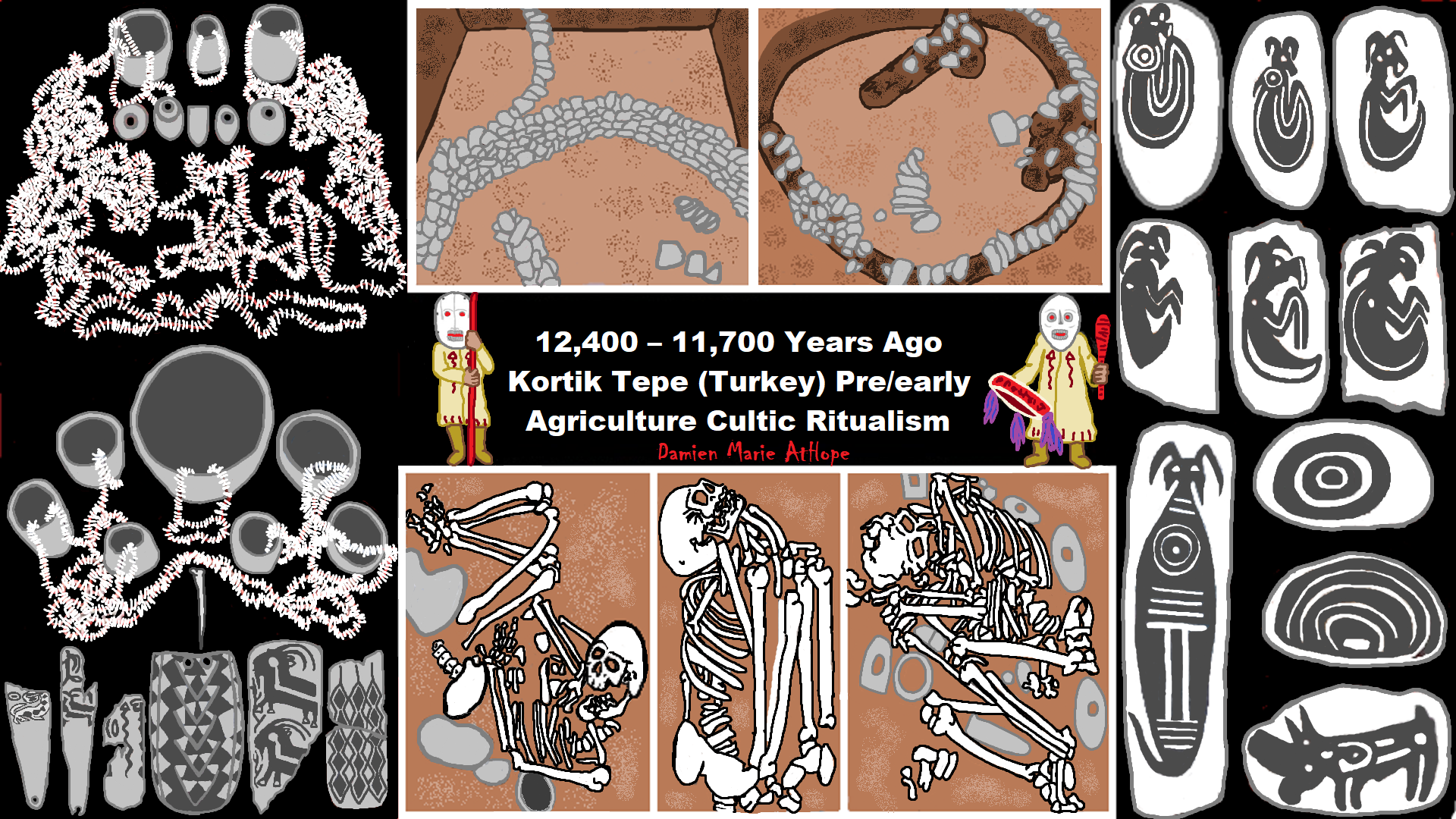
Me in a message: Bone or Flesh: Defleshing and Post-Depositional Treatments at Körtik Tepe (Southeastern Anatolia, PPNA Period): https://www.academia.edu/8530779/Bone_or_Flesh_Defleshing_and_Post_Depositional_Treatments_at_K%C3%B6rtik_Tepe_Southeastern_Anatolia_PPNA_Period_?email_work_card=title
Me in a message: Life, death and the emergence of differential status in the Near Eastern Neolithic: Evidence from Kfar HaHoresh, Lower Galilee, Israel: https://www.academia.edu/8748426/Life_death_and_the_emergence_of_differential_status_in_the_Near_Eastern_Neolithic_Evidence_from_Kfar_HaHoresh_Lower_Galilee_Israel?email_work_card=title
Me in a message: Investigating the influence the domestication of animals had on the animal symbolism of the Neolithic Near East: https://www.academia.edu/10373183/Investigating_the_influence_the_domestication_of_animals_had_on_the_animal_symbolism_of_the_Neolithic_Near_East?email_work_card=title
Me in a message: Heady Business: Skulls, Heads, and Decaptitation in Neolithic Anatolia and Greece: https://www.academia.edu/556095/Heady_Business_Skulls_Heads_and_Decaptitation_in_Neolithic_Anatolia_and_Greece?email_work_card=title
Me in a message: Anarchism and the Archaeology of Anarchic Societies: Resistance to Centralization in the Coast Salish Region of the Pacific Northwest Coast: https://www.academia.edu/2045039/Anarchism_and_the_Archaeology_of_Anarchic_Societies_Resistance_to_Centralization_in_the_Coast_Salish_Region_of_the_Pacific_Northwest_Coast?email_work_card=title
Me in a message: Is it goddess or bear? | The role of Çatalhöyük animal seals in Neolithic symbolism: https://www.academia.edu/6041699/Is_it_goddess_or_bear_The_role_of_%C3%87atalh%C3%B6y%C3%BCk_animal_seals_in_Neolithic_symbolism?email_work_card=title
Me in a message: In and Outside the Square: The Sky and the Power of Belief in Ancient China and the World, c. 4,500 BC – AD 220. Volume I: The Ancient Eurasian World and the Celestial Pivot: https://www.academia.edu/11382971/In_and_Outside_the_Square_The_Sky_and_the_Power_of_Belief_in_Ancient_China_and_the_World_c_4_500_BC_AD_220_Volume_I_The_Ancient_Eurasian_World_and_the_Celestial_Pivot?email_work_card=title
Me in a message: Kurgan Copper Revolution: https://www.academia.edu/14001057/Kurgan_Copper_Revolution?email_work_card=title
Me in a message: “Dynasty 0” Predynastic and Early Dynastic Egypt, Ancient Egyptian History, Egyptian Predynastic chronology: https://www.academia.edu/31304670/Dynasty_0?email_work_card=title
Me in a message: Absolute chronology of the settlement of the Eastern Linear Pottery culture at Moravany: https://www.academia.edu/24741906/Absolute_chronology_of_the_settlement_of_the_Eastern_Linear_Pottery_culture_at_Moravany?email_work_card=title
Me in a message: “Cha Si 48 Pages 2 Files Egyptology, Mesopotamian Archaeology, Mesopotamia History, Chalcolithic Archaeology, Kurgans, Predynastic and Early Dynastic Egypt, Uruk Expansion, Uruk Period, Predynastic Egypt, The Narmer Palette, Predynastic Naqada, Eridu. This anthology of ancient and fresh archaeological artifacts paints a cohesive arc from the beginning of the chalcolithic to the first empires of Uruk and Egypt, ignited around the Black Sea by the Kurgan Copper revolution.” ref
Me in a message: Our side “the Left” is more often on the fact side, the other side “the Right” is a cesspool of mythology, propaganda, cult, conspiracy theories, and anti-intellectualism generally, or at least it seems as so many are out and proud of such foolishness.
Me in a message: Did Indo-European Languages Stem From a Trans-Eurasian Original Language: https://www.academia.edu/49885484/Did_Indo_European_Languages_Stem_From_a_Trans_Eurasian_Original_Language?email_work_card=title
Me in a message: Natufian Beginnings: The consequences of a sedentary lifestyle: https://www.academia.edu/2236450/Natufian_Beginnings_The_consequences_of_a_sedentary_lifestyle?email_work_card=title
Me in a message: M. Vidale, T-Shaped Pillars and Mesolithic “Chiefdoms” in the Prehistory of Southern Eurasia: a Preliminary Note: https://www.academia.edu/3877380/M_Vidale_T_Shaped_Pillars_and_Mesolithic_Chiefdoms_in_the_Prehistory_of_Southern_Eurasia_a_Preliminary_Note?email_work_card=title
Me in a message: Pigs in Space (and Time): Pork Consumption and Identity Negotiations in the Late Bronze and Iron Ages of Ancient Israel, Near Eastern Archaeology 81: 276-299: https://www.academia.edu/38549199/Pigs_in_Space_and_Time_Pork_Consumption_and_Identity_Negotiations_in_the_Late_Bronze_and_Iron_Ages_of_Ancient_Israel_Near_Eastern_Archaeology_81_276-299?email_work_card=title
Me in a message: Ancient Felines and the Great-Goddess in Anatolia: Kubaba and Cybele Goddesses: https://www.academia.edu/220990/Ancient_Felines_and_the_Great-Goddess_in_Anatolia_Kubaba_and_Cybele?email_work_card=title
Me in a message: Anatolia From the Pre-Pottery Neolithic to the End of the Early Bronze Age (10,500–2000 BCE): https://www.academia.edu/40971286/Anatolia_From_the_Pre_Pottery_Neolithic_to_the_End_of_the_Early_Bronze_Age_10_500_2000_bce_?email_work_card=title
Me in a message: Recent excavations at the Neolithic site of yiftahel (Khalet Khalladyiah), lower Galilee: https://www.academia.edu/23733311/Recent_excavations_at_the_Neolithic_site_of_yiftahel_Khalet_Khalladyiah_lower_Galilee?email_work_card=title
Me in a message: Inanna in Mesopotamian Religion and Culture: Reinforcer of Heteronormativity, or Legitimizer of non-Heteronormativity: https://academia.edu/9898651/Inanna_in_Mesopotamian_Religion_and_Culture_Reinforcer_of_Heteronormativity_or_Legitimizer_of_non-Heteronormativity?email_work_card=title
Me in a message: East Asian ethnolinguistic phylogeography: https://www.academia.edu/10168550/East_Asian_ethnolinguistic_phylogeography?email_work_card=minimal-title
Me in a message: Neolithic Levant: Chronology; Natufian overview; Neolithic summary; PPNA (Jericho; Gobekli Tepe; agriculture; lithics); PPNB (Ain Ghazal; herding); PNA (pottery; Yarmukian culture); PNB (Wadi Rabah); main trends: https://www.academia.edu/9552951/Anth.340_Ppt._lecture-3_Neolithic_Levant_Chronology_Natufian_overview_Neolithic_summary_PPNA_Jericho_Gobekli_Tepe_agriculture_lithics_PPNB_Ain_Ghazal_herding_PNA_pottery_Yarmukian_culture_PNB_Wadi_Rabah_main_trends_by_G._Mumford_revised_Sept._2018_?email_work_card=title
Me in a message: Starcevo-Cris Culture in Western Romania – repository, distribution map, state of research and chronology: https://www.academia.edu/1527168/Starcevo-Cris_Culture_in_Western_Romania_-_repository_distribution_map_state_of_research_and_chronology?email_work_card=title
Me in a message: MESOLITHIC PEOPLE FROM CRIMEA: The materials for our study were represented by three skeletons from Murzak‐koba I andII and Fatma‐koba dated to the Upper Paleolithic‐Mesolithic period: https://www.academia.edu/30971852/MESOLITHIC_PEOPLE_FROM_CRIMEA?email_work_card=minimal-title
Me in a message: From Upper Perigordian to the current Non-hierarchical Gravettian in the Cantabrian Region (Northern Spain): Recent Changes, Current Challenges: https://www.academia.edu/16562337/From_Upper_Perigordian_to_the_current_Non-hierarchical_Gravettian_in_the_Cantabrian_Region_Northern_Spain_Recent_Changes_Current_Challenges?email_work_card=minimal-title
Me in a message: Just think this is not even a beginning to all I know. I am happy you are open to learning and helping me teach others. I value you.
“Thanks, brother.” – Leader Deanna L. Lawlis @DeannaLawlis
Me in a message: We rise by helping each other. I want others to take what I learned and go learn more. Go then and teach more. I am not a leader that wants to make followers, rather I want to create leaders that go out and do the same, creating more leaders. I am for the emancipation of humanity.
Me in a message: This Saturday we will talk on learning prehistory with leader Deanna L. Lawlis. “Learning Prehistory with Leader Deanna L. Lawlis.
“You’re the leader, I’m just the reader.” – Leader Deanna L. Lawlis @DeannaLawlis
Me in a message: Then you still don’t get me, do you? I only see the true power you are not the weakness the world has told us we are. I am trying to empower you to your greatest.
“Yes, I’m capable of learning, but I’m not the Encyclopedia Damien.” – Leader Deanna L. Lawlis @DeannaLawlis
Me in a message: My best quality is not the wealth of knowledge I know but the wealth in my heart and the behaviors that inspire me to do. Axiological atheism unlike atheism alone requires antitheism and should inspire some amount of antireligion as a common sense in one with a good value awareness. It also unlike atheism alone requires humanism and secularism. It is a value theory or value science type of unbelief. My IQ is 135. The military told me I am so amazing at reason I score at or higher than the top 10 percent of thinkers in America. I don’t use my mind against others, rather I try to be an impossibility remover for others.
“My third child, who is in the Army, scored this way, as well… Very smart.” – Leader Deanna L. Lawlis @DeannaLawlis
Me in a message: Wonderful. I think it is rather common but capitalism only schooling the rich makes it look otherwise. I bet you work to be a good mother.
“I think, unless there is brain damage, everyone has the ability to expand intelligence, but because of the competitiveness of cultural divides, which creates a defense in the mind against all other views, we tend to limit our ability to learn.” – Leader Deanna L. Lawlis @DeannaLawlis
Me in a message: And here we again see YOU the leader offering your wisdom.
“My children went through hell growing up… today, I work toward being their friend.” – Leader Deanna L. Lawlis @DeannaLawlis
Me in a message: See I was right you are both wise and a good example of a leader to learn from. We rise by helping each other, not our EGO’s. You need to hear support as you in your mind need a friend that is safe.
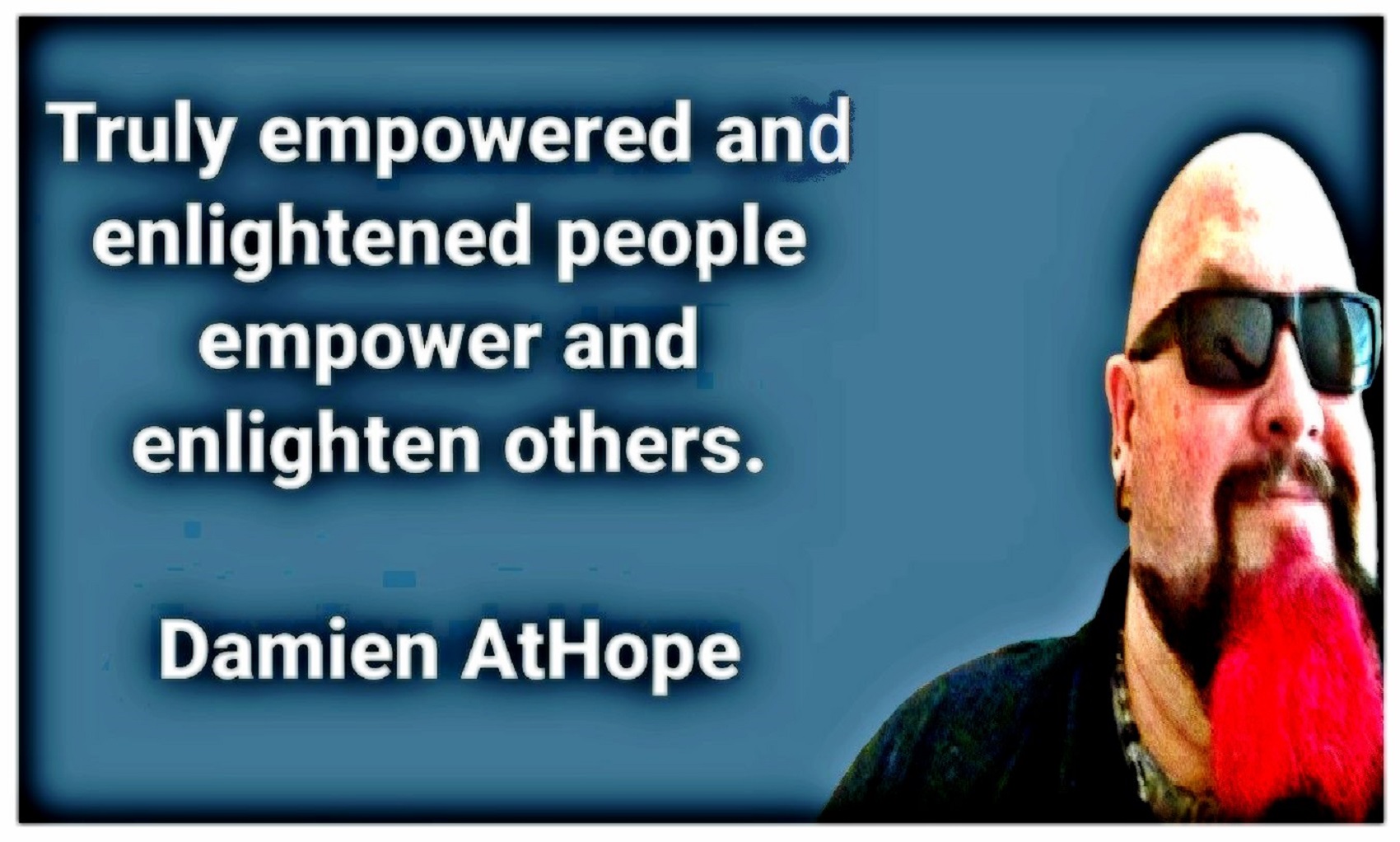
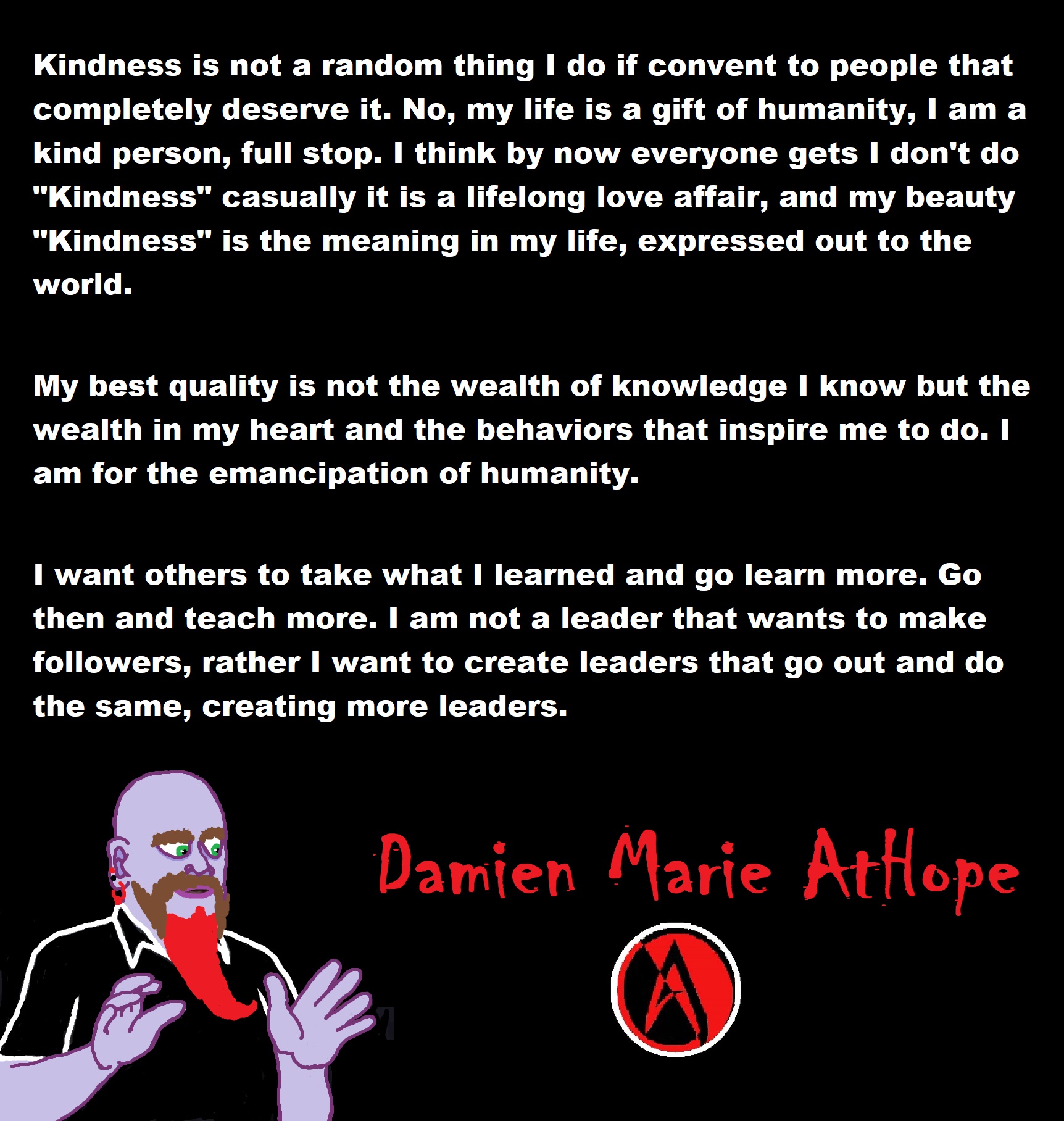
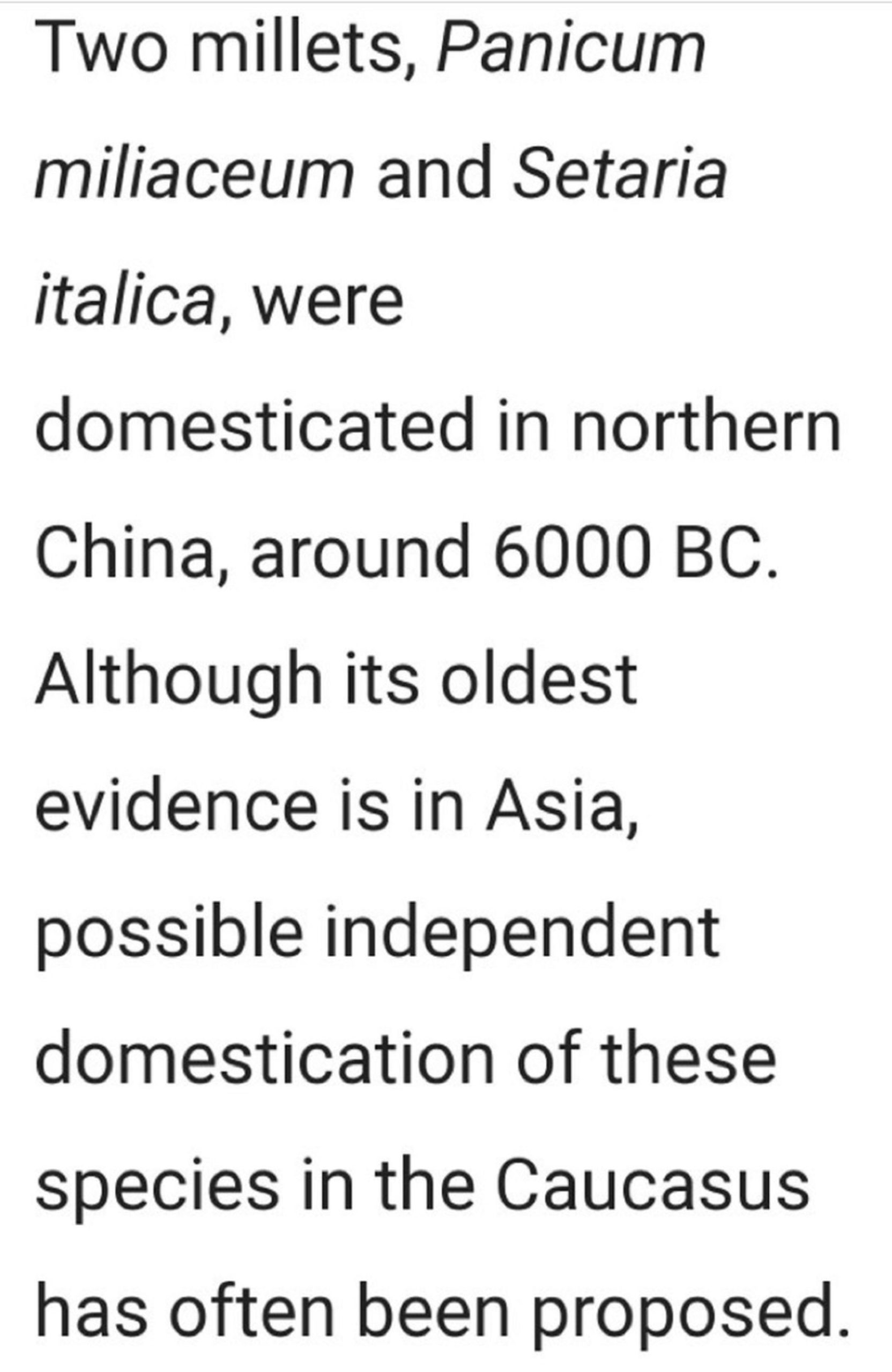
The place of millet in food globalization during Late Prehistory as evidenced by new bioarchaeological data from the Caucasus: https://www.nature.com/articles/s41598-021-92392-9
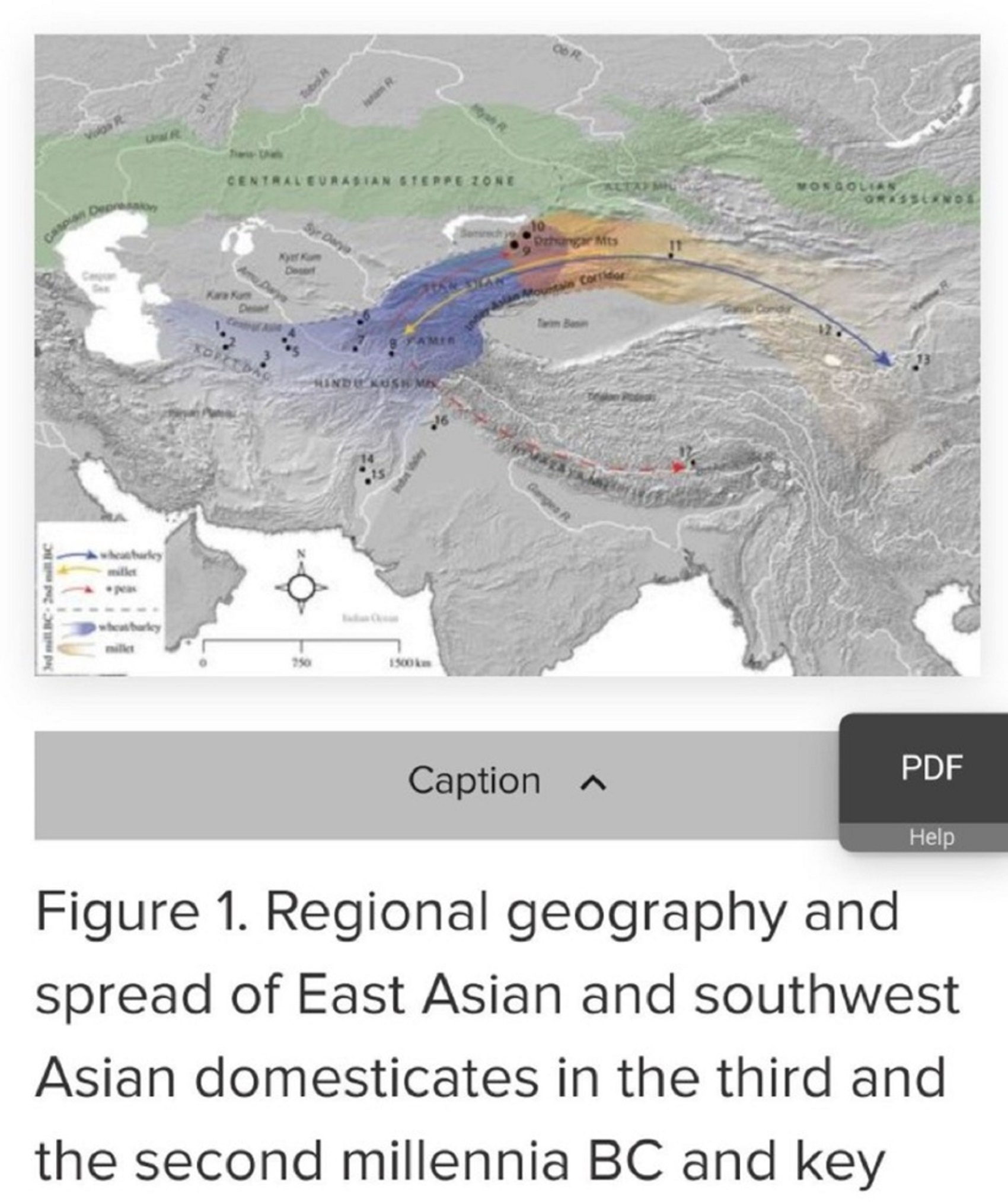
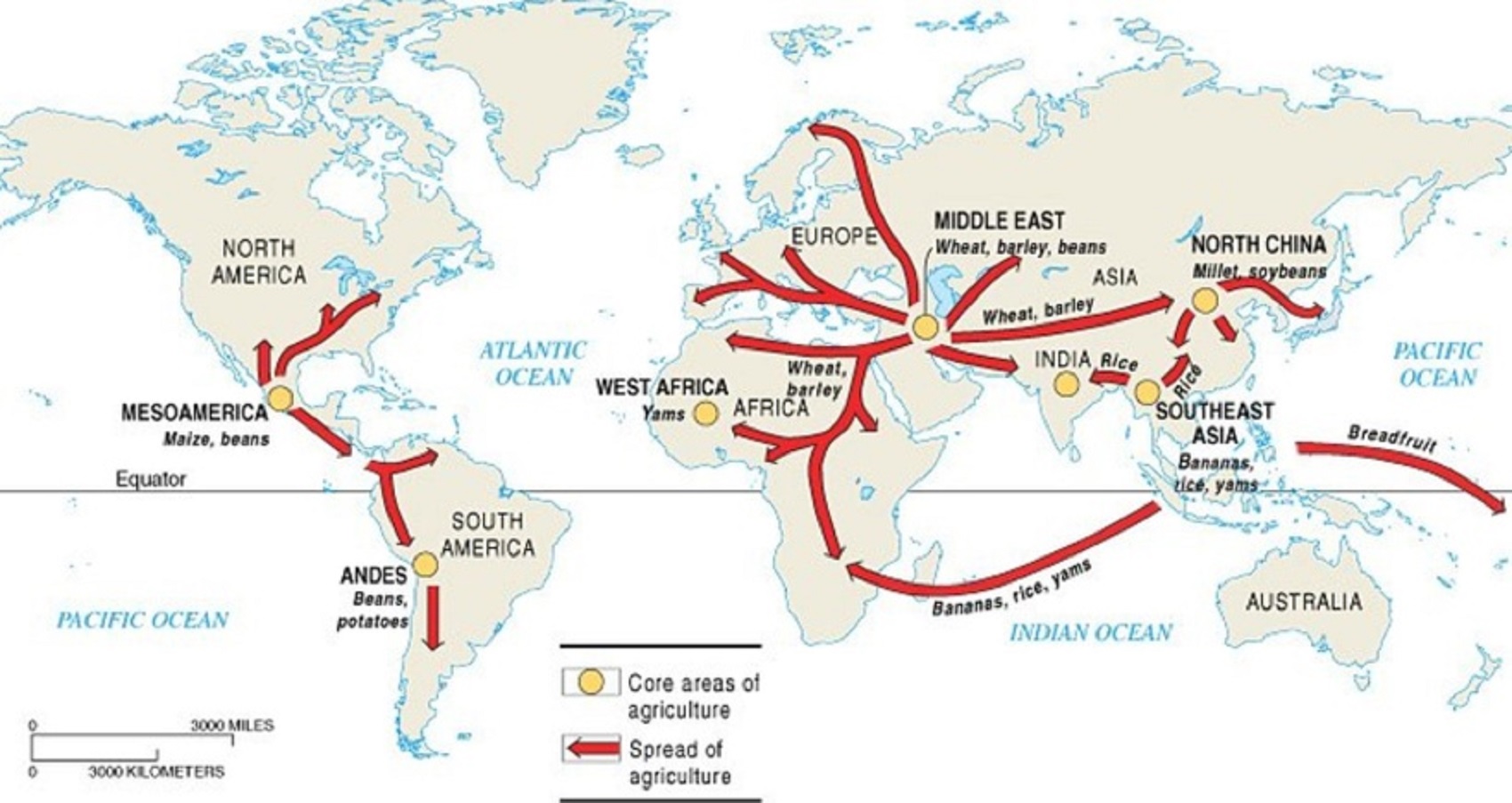
“Somewhat.. I’m understanding somewhat, but just a sliver of glass somewhat. Much respect, brother.” – Leader Deanna L. Lawlis
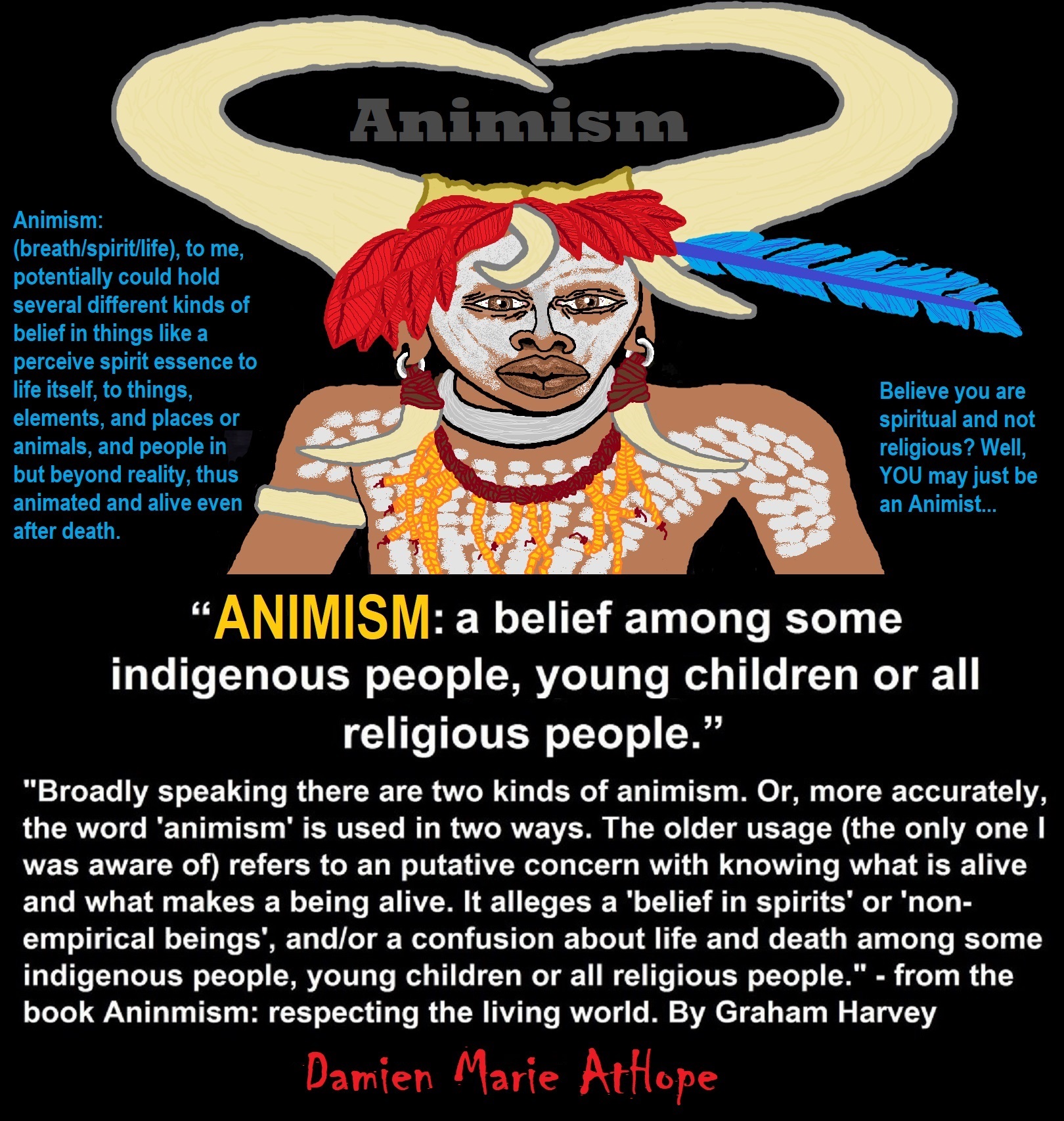
Animism: Respecting the Living World by Graham Harvey
“How have human cultures engaged with and thought about animals, plants, rocks, clouds, and other elements in their natural surroundings? Do animals and other natural objects have a spirit or soul? What is their relationship to humans? In this new study, Graham Harvey explores current and past animistic beliefs and practices of Native Americans, Maori, Aboriginal Australians, and eco-pagans. He considers the varieties of animism found in these cultures as well as their shared desire to live respectfully within larger natural communities. Drawing on his extensive casework, Harvey also considers the linguistic, performative, ecological, and activist implications of these different animisms.” ref
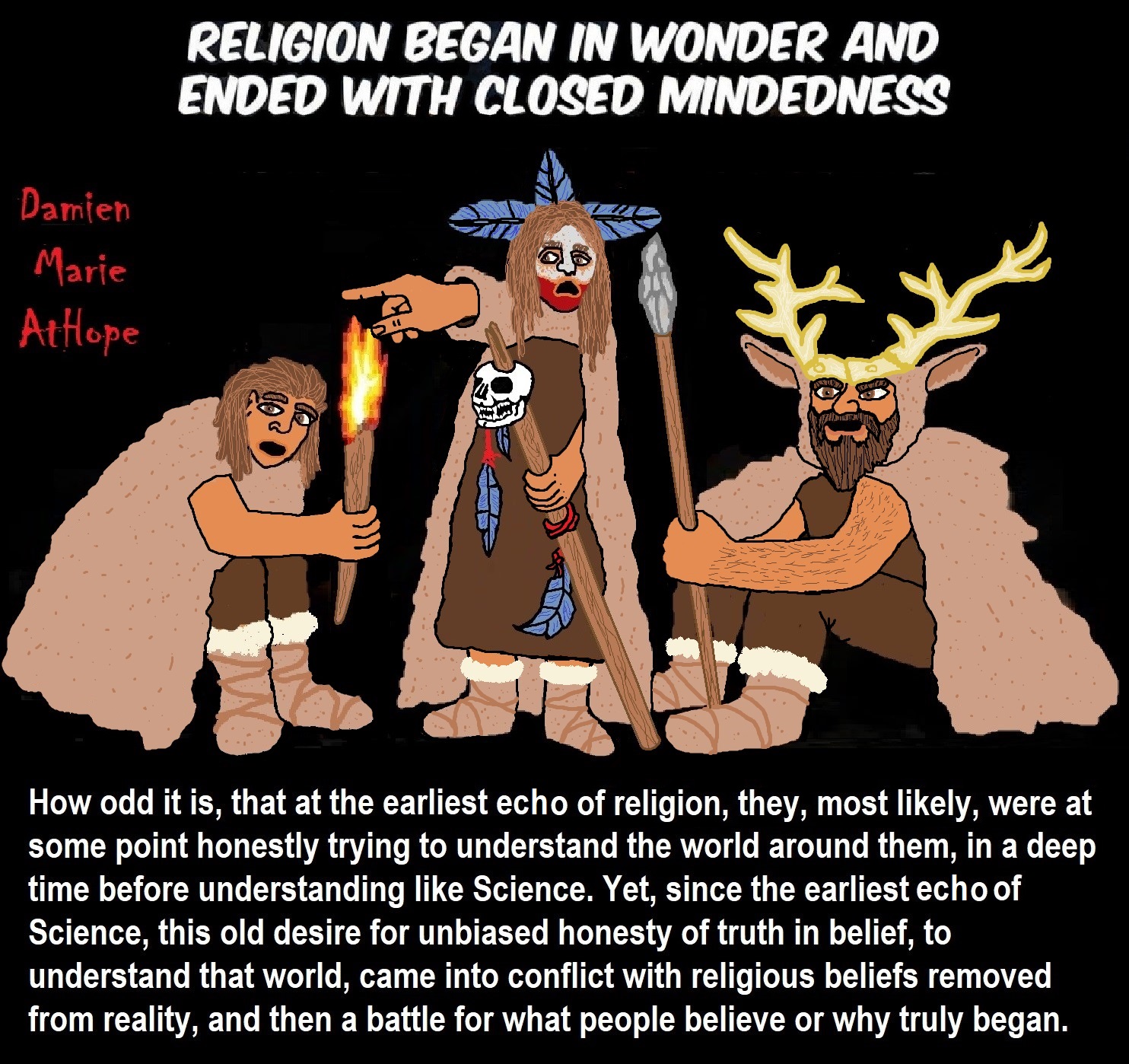

My thoughts on Religion Evolution with external links for more info:
- (Pre-Animism Africa mainly, but also Europe, and Asia at least 300,000 years ago), (Pre-Animism – Oxford Dictionaries)
- (Animism Africa around 100,000 years ago), (Animism – Britannica.com)
- (Totemism Europe around 50,000 years ago), (Totemism – Anthropology)
- (Shamanism Siberia around 30,000 years ago), (Shamanism – Britannica.com)
- (Paganism Turkey around 12,000 years ago), (Paganism – BBC Religion)
- (Progressed Organized Religion “Institutional Religion” Egypt around 5,000 years ago), (Ancient Egyptian Religion – Britannica.com)
- (CURRENT “World” RELIGIONS after 4,000 years ago) (Origin of Major Religions – Sacred Texts)
- (Early Atheistic Doubting at least by 2,600 years ago) (History of Atheism – Wikipedia)
“Religion is an Evolved Product” and Yes, Religion is Like Fear Given Wings…
Atheists talk about gods and religions for the same reason doctors talk about cancer, they are looking for a cure, or a firefighter talks about fires because they burn people and they care to stop them. We atheists too often feel a need to help the victims of mental slavery, held in the bondage that is the false beliefs of gods and the conspiracy theories of reality found in religions.
Understanding Religion Evolution:
- Pre-Animism (at least 300,000 years ago)
- Animism (Africa: 100,000 years ago)
- Totemism (Europe: 50,000 years ago)
- Shamanism (Siberia: 30,000 years ago)
- Paganism (Turkey: 12,000 years ago)
- Progressed organized religion (Egypt: 5,000 years ago), (Egypt, the First Dynasty 5,150 years ago)
- CURRENT “World” RELIGIONS (after 4,000 years ago)
- Early Atheistic Doubting (at least by 2,600 years ago)
“An Archaeological/Anthropological Understanding of Religion Evolution”
It seems ancient peoples had to survived amazing threats in a “dangerous universe (by superstition perceived as good and evil),” and human “immorality or imperfection of the soul” which was thought to affect the still living, leading to ancestor worship. This ancestor worship presumably led to the belief in supernatural beings, and then some of these were turned into the belief in gods. This feeble myth called gods were just a human conceived “made from nothing into something over and over, changing, again and again, taking on more as they evolve, all the while they are thought to be special,” but it is just supernatural animistic spirit-belief perceived as sacred.
Quick Evolution of Religion?
Pre-Animism (at least 300,000 years ago) pre-religion is a beginning that evolves into later Animism. So, Religion as we think of it, to me, all starts in a general way with Animism (Africa: 100,000 years ago) (theoretical belief in supernatural powers/spirits), then this is physically expressed in or with Totemism (Europe: 50,000 years ago) (theoretical belief in mythical relationship with powers/spirits through a totem item), which then enlists a full-time specific person to do this worship and believed interacting Shamanism (Siberia/Russia: 30,000 years ago) (theoretical belief in access and influence with spirits through ritual), and then there is the further employment of myths and gods added to all the above giving you Paganism (Turkey: 12,000 years ago) (often a lot more nature-based than most current top world religions, thus hinting to their close link to more ancient religious thinking it stems from). My hypothesis is expressed with an explanation of the building of a theatrical house (modern religions development). Progressed organized religion (Egypt: 5,000 years ago) with CURRENT “World” RELIGIONS (after 4,000 years ago).
Historically, in large city-state societies (such as Egypt or Iraq) starting around 5,000 years ago culminated to make religion something kind of new, a sociocultural-governmental-religious monarchy, where all or at least many of the people of such large city-state societies seem familiar with and committed to the existence of “religion” as the integrated life identity package of control dynamics with a fixed closed magical doctrine, but this juggernaut integrated religion identity package of Dogmatic-Propaganda certainly did not exist or if developed to an extent it was highly limited in most smaller prehistoric societies as they seem to lack most of the strong control dynamics with a fixed closed magical doctrine (magical beliefs could be at times be added or removed). Many people just want to see developed religious dynamics everywhere even if it is not. Instead, all that is found is largely fragments until the domestication of religion.
Religions, as we think of them today, are a new fad, even if they go back to around 6,000 years in the timeline of human existence, this amounts to almost nothing when seen in the long slow evolution of religion at least around 70,000 years ago with one of the oldest ritual worship. Stone Snake of South Africa: “first human worship” 70,000 years ago. This message of how religion and gods among them are clearly a man-made thing that was developed slowly as it was invented and then implemented peace by peace discrediting them all. Which seems to be a simple point some are just not grasping how devastating to any claims of truth when we can see the lie clearly in the archeological sites.
I wish people fought as hard for the actual values as they fight for the group/clan names political or otherwise they think support values. Every amount spent on war is theft to children in need of food or the homeless kept from shelter.
Here are several of my blog posts on history:
- To Find Truth You Must First Look
- (Magdalenian/Iberomaurusian) Connections to the First Paganists of the early Neolithic Near East Dating from around 17,000 to 12,000 Years Ago
- Natufians: an Ancient People at the Origins of Agriculture and Sedentary Life
- Possible Clan Leader/Special “MALE” Ancestor Totem Poles At Least 13,500 years ago?
- Jewish People with DNA at least 13,200 years old, Judaism, and the Origins of Some of its Ideas
- Baltic Reindeer Hunters: Swiderian, Lyngby, Ahrensburgian, and Krasnosillya cultures 12,020 to 11,020 years ago are evidence of powerful migratory waves during the last 13,000 years and a genetic link to Saami and the Finno-Ugric peoples.
- The Rise of Inequality: patriarchy and state hierarchy inequality
- Fertile Crescent 12,500 – 9,500 Years Ago: fertility and death cult belief system?
- 12,400 – 11,700 Years Ago – Kortik Tepe (Turkey) Pre/early-Agriculture Cultic Ritualism
- Ritualistic Bird Symbolism at Gobekli Tepe and its “Ancestor Cult”
- Male-Homosexual (female-like) / Trans-woman (female) Seated Figurine from Gobekli Tepe
- Could a 12,000-year-old Bull Geoglyph at Göbekli Tepe relate to older Bull and Female Art 25,000 years ago and Later Goddess and the Bull cults like Catal Huyuk?
- Sedentism and the Creation of goddesses around 12,000 years ago as well as male gods after 7,000 years ago.
- Alcohol, where Agriculture and Religion Become one? Such as Gobekli Tepe’s Ritualistic use of Grain as Food and Ritual Drink
- Neolithic Ritual Sites with T-Pillars and other Cultic Pillars
- Paganism: Goddesses around 12,000 years ago then Male Gods after 7,000 years ago
- First Patriarchy: Split of Women’s Status around 12,000 years ago & First Hierarchy: fall of Women’s Status around 5,000 years ago.
- Natufians: an Ancient People at the Origins of Agriculture and Sedentary Life
- J DNA and the Spread of Agricultural Religion (paganism)
- Paganism: an approximately 12,000-year-old belief system
- Paganism 12,000 years old: related to “Anarchism and Socialism” (Pre-Capitalism)
- Shaman burial in Israel 12,000 years ago and the Shamanism Phenomena
- Need to Mythicized: gods and goddesses
- 12,000 – 7,000 Years Ago – Paleo-Indian Culture (The Americas)
- 12,000 – 2,000 Years Ago – Indigenous-Scandinavians (Nordic)
- Norse did not wear helmets with horns?
- Pre-Pottery Neolithic Skull Cult around 11,500 to 8,400 Years Ago?
- 10,400 – 10,100 Years Ago, in Turkey the Nevail Cori Religious Settlement
- 9,000-6,500 Years Old Submerged Pre-Pottery/Pottery Neolithic Ritual Settlements off Israel’s Coast
- Catal Huyuk “first religious designed city” around 9,500 to 7,700 years ago (Turkey)
- Cultic Hunting at Catal Huyuk “first religious designed city”
- Special Items and Art as well as Special Elite Burials at Catal Huyuk
- New Rituals and Violence with the appearance of Pottery and People?
- Haplogroup N and its related Uralic Languages and Cultures
- Ainu people, Sámi people, Native Americans, the Ancient North Eurasians, and Paganistic-Shamanism with Totemism
- Ideas, Technology and People from Turkey, Europe, to China and Back again 9,000 to 5,000 years ago?
- First Pottery of Europe and the Related Cultures
- 9,000 years old Neolithic Artifacts Judean Desert and Hills Israel
- 9,000-7,000 years-old Sex and Death Rituals: Cult Sites in Israel, Jordan, and the Sinai
- 9,000-8500 year old Horned Female shaman Bad Dürrenberg Germany
- Neolithic Jewelry and the Spread of Farming in Europe Emerging out of West Turkey
- 8,600-year-old Tortoise Shells in Neolithic graves in central China have Early Writing and Shamanism
- Swing of the Mace: the rise of Elite, Forced Authority, and Inequality begin to Emerge 8,500 years ago?
- Migrations and Changing Europeans Beginning around 8,000 Years Ago
- My “Steppe-Anatolian-Kurgan hypothesis” 8,000/7,000 years ago
- Around 8,000-year-old Shared Idea of the Mistress of Animals, “Ritual” Motif
- Pre-Columbian Red-Paint (red ochre) Maritime Archaic Culture 8,000-3,000 years ago
- 7,522-6,522 years ago Linear Pottery culture which I think relates to Arcane Capitalism’s origins
- Arcane Capitalism: Primitive socialism, Primitive capital, Private ownership, Means of production, Market capitalism, Class discrimination, and Petite bourgeoisie (smaller capitalists)
- 7,500-4,750 years old Ritualistic Cucuteni-Trypillian culture of Moldova, Romania, and Ukraine
- Roots of a changing early society 7,200-6,700 years ago Jordan and Israel
- Agriculture religion (Paganism) with farming reached Britain between about 7,000 to 6,500 or so years ago and seemingly expressed in things like Western Europe’s Long Barrows
- My Thoughts on Possible Migrations of “R” DNA and Proto-Indo-European?
- “Millet” Spreading from China 7,022 years ago to Europe and related Language may have Spread with it leading to Proto-Indo-European
- Proto-Indo-European (PIE), ancestor of Indo-European languages: DNA, Society, Language, and Mythology
- The Dnieper–Donets culture and Asian varieties of Millet from China to the Black Sea region of Europe by 7,022 years ago
- Kurgan 6,000 years ago/dolmens 7,000 years ago: funeral, ritual, and other?
- 7,020 to 6,020-year-old Proto-Indo-European Homeland of Urheimat or proposed home of their Language and Religion
- Ancient Megaliths: Kurgan, Ziggurat, Pyramid, Menhir, Trilithon, Dolman, Kromlech, and Kromlech of Trilithons
- The Mytheme of Ancient North Eurasian Sacred-Dog belief and similar motifs are found in Indo-European, Native American, and Siberian comparative mythology
- Elite Power Accumulation: Ancient Trade, Tokens, Writing, Wealth, Merchants, and Priest-Kings
- Sacred Mounds, Mountains, Kurgans, and Pyramids may hold deep connections?
- Between 7,000-5,000 Years ago, rise of unequal hierarchy elite, leading to a “birth of the State” or worship of power, strong new sexism, oppression of non-elites, and the fall of Women’s equal status
- Paganism 7,000-5,000 years old: related to “Anarchism and Socialism” (Capitalism) (World War 0) Elite & their slaves
- Hell and Underworld mythologies starting maybe as far back as 7,000 to 5,000 years ago with the Proto-Indo-Europeans?
- The First Expression of the Male God around 7,000 years ago?
- White (light complexion skin) Bigotry and Sexism started 7,000 years ago?
- Around 7,000-year-old Shared Idea of the Divine Bird (Tutelary and/or Trickster spirit/deity), “Ritual” Motif
- Nekhbet an Ancient Egyptian Vulture Goddess and Tutelary Deity
- 6,720 to 4,920 years old Ritualistic Hongshan Culture of Inner Mongolia with 5,000-year-old Pyramid Mounds and Temples
- First proto-king in the Balkans, Varna culture around 6,500 years ago?
- 6,500–5,800 years ago in Israel Late Chalcolithic (Copper Age) Period in the Southern Levant Seems to Express Northern Levant Migrations, Cultural and Religious Transfer
- KING OF BEASTS: Master of Animals “Ritual” Motif, around 6,000 years old or older…
- Around 6000-year-old Shared Idea of the Solid Wheel & the Spoked Wheel-Shaped Ritual Motif
- “The Ghassulian Star,” a mysterious 6,000-year-old mural from Jordan; a Proto-Star of Ishtar, Star of Inanna or Star of Venus?
- Religious/Ritual Ideas, including goddesses and gods as well as ritual mounds or pyramids from Northeastern Asia at least 6,000 years old, seemingly filtering to Iran, Iraq, the Mediterranean, Europe, Egypt, and the Americas?
- Maykop (5,720–5,020 years ago) Caucasus region Bronze Age culture-related to Copper Age farmers from the south, influenced by the Ubaid period and Leyla-Tepe culture, as well as influencing the Kura-Araxes culture
- 5-600-year-old Tomb, Mummy, and First Bearded Male Figurine in a Grave
- Kura-Araxes Cultural 5,520 to 4,470 years old DNA traces to the Canaanites, Arabs, and Jews
- Minoan/Cretan (Keftiu) Civilization and Religion around 5,520 to 3,120 years ago
- Evolution Of Science at least by 5,500 years ago
- 5,500 Years old birth of the State, the rise of Hierarchy, and the fall of Women’s status
- “Jiroft culture” 5,100 – 4,200 years ago and the History of Iran
- Stonehenge: Paganistic Burial and Astrological Ritual Complex, England (5,100-3,600 years ago)
- Around 5,000-year-old Shared Idea of the “Tree of Life” Ritual Motif
- Complex rituals for elite, seen from China to Egypt, at least by 5,000 years ago
- Around 5,000 years ago: “Birth of the State” where Religion gets Military Power and Influence
- The Center of the World “Axis Mundi” and/or “Sacred Mountains” Mythology Could Relate to the Altai Mountains, Heart of the Steppe
- Progressed organized religion starts, an approximately 5,000-year-old belief system
- China’s Civilization between 5,000-3,000 years ago, was a time of war and class struggle, violent transition from free clans to a Slave or Elite society
- Origin of Logics is Naturalistic Observation at least by around 5,000 years ago.
- Paganism 5,000 years old: progressed organized religion and the state: related to “Anarchism and Socialism” (Kings and the Rise of the State)
- Ziggurats (multi-platform temples: 4,900 years old) to Pyramids (multi-platform tombs: 4,700 years old)
- Did a 4,520–4,420-year-old Volcano In Turkey Inspire the Bible God?
- Finland’s Horned Shaman and Pre-Horned-God at least 4,500 years ago?
- 4,000-year-Old Dolmens in Israel: A Connected Dolmen Religious Phenomenon?
- Creation myths: From chaos, Ex nihilo, Earth-diver, Emergence, World egg, and World parent
- Bronze Age “Ritual” connections of the Bell Beaker culture with the Corded Ware/Single Grave culture, which were related to the Yamnaya culture and Proto-Indo-European Languages/Religions
- Low Gods (Earth/ Tutelary deity), High Gods (Sky/Supreme deity), and Moralistic Gods (Deity enforcement/divine order)
- The exchange of people, ideas, and material-culture including, to me, the new god (Sky Father) and goddess (Earth Mother) religion between the Cucuteni-Trypillians and others which is then spread far and wide
- Koryaks: Indigenous People of the Russian Far East and Big Raven myths also found in Tlingit, Haida, Tsimshian, and other Indigenous People of North America
- 42 Principles Of Maat (Egyptian Goddess of the justice) around 4,400 years ago, 2000 Years Before Ten Commandments
- “Happy Easter” Well Happy Eostre/Ishter
- 4,320-3,820 years old “Shimao” (North China) site with Totemistic-Shamanistic Paganism and a Stepped Pyramid
- 4,250 to 3,400 Year old Stonehenge from Russia: Arkaim?
- 4,100-year-old beaker with medicinal & flowering plants in a grave of a woman in Scotland
- Early European Farmer ancestry, Kelif el Boroud people with the Cardial Ware culture, and the Bell Beaker culture Paganists too, spread into North Africa, then to the Canary Islands off West Africa
- Flood Accounts: Gilgamesh epic (4,100 years ago) Noah in Genesis (2,600 years ago)
- Paganism 4,000 years old: related to “Anarchism and Socialism” (First Moralistic gods, then the Origin time of Monotheism)
- When was the beginning: TIMELINE OF CURRENT RELIGIONS, which start around 4,000 years ago.
- Early Religions Thought to Express Proto-Monotheistic Systems around 4,000 years ago
- Kultepe? An archaeological site with a 4,000 years old women’s rights document.
- Single God Religions (Monotheism) = “Man-o-theism” started around 4,000 years ago with the Great Sky Spirit/God Tiān (天)?
- Confucianism’s Tiān (Shangdi god 4,000 years old): Supernaturalism, Pantheism or Theism?
- Yes, Your Male God is Ridiculous
- Mythology, a Lunar Deity is a Goddess or God of the Moon
- Sacred Land, Hills, and Mountains: Sami Mythology (Paganistic Shamanism)
- Horse Worship/Sacrifice: mythical union of Ruling Elite/Kingship and the Horse
- The Amorite/Amurru people’s God Amurru “Lord of the Steppe”, relates to the Origins of the Bible God?
- Bronze Age Exotic Trade Routes Spread Quite Far as well as Spread Religious Ideas with Them
- Sami and the Northern Indigenous Peoples Landscape, Language, and its Connection to Religion
- Prototype of Ancient Analemmatic Sundials around 3,900-3,150 years ago and a Possible Solar Connection to gods?
- Judaism is around 3,450 or 3,250 years old. (“Paleo-Hebrew” 3,000 years ago and Torah 2,500 years ago)
- The Weakening of Ancient Trade and the Strengthening of Religions around 3000 years ago?
- Are you aware that there are religions that worship women gods, explain now religion tears women down?
- Animistic, Totemistic, and Paganistic Superstition Origins of bible god and the bible’s Religion.
- Myths and Folklore: “Trickster gods and goddesses”
- Jews, Judaism, and the Origins of Some of its Ideas
- An Old Branch of Religion Still Giving Fruit: Sacred Trees
- Dating the BIBLE: naming names and telling times (written less than 3,000 years ago, provable to 2,200 years ago)
- Did a Volcano Inspire the bible god?
- Dené–Yeniseian language, Old Copper Complex, and Pre-Columbian Mound Builders?
- No “dinosaurs and humans didn’t exist together just because some think they are in the bible itself”
- Sacred Shit and Sacred Animals?
- Everyone Killed in the Bible Flood? “Nephilim” (giants)?
- Hey, Damien dude, I have a question for you regarding “the bible” Exodus.
- Archaeology Disproves the Bible
- Bible Battle, Just More, Bible Babble
- The Jericho Conquest lie?
- Canaanites and Israelites?
- Accurate Account on how did Christianity Began?
- Let’s talk about Christianity.
- So the 10 commandments isn’t anything to go by either right?
- Misinformed christian
- Debunking Jesus?
- Paulism vs Jesus
- Ok, you seem confused so let’s talk about Buddhism.
- Unacknowledged Buddhism: Gods, Savior, Demons, Rebirth, Heavens, Hells, and Terrorism
- His Foolishness The Dalai Lama
- Yin and Yang is sexist with an ORIGIN around 2,300 years ago?
- I Believe Archaeology, not Myths & Why Not, as the Religious Myths Already Violate Reason!
- Archaeological, Scientific, & Philosophic evidence shows the god myth is man-made nonsense.
- Aquatic Ape Theory/Hypothesis? As Always, Just Pseudoscience.
- Ancient Aliens Conspiracy Theorists are Pseudohistorians
- The Pseudohistoric and Pseudoscientific claims about “Bakoni Ruins” of South Africa
- Why do people think Religion is much more than supernaturalism and superstitionism?
- Religion is an Evolved Product
- Was the Value of Ancient Women Different?
- 1000 to 1100 CE, human sacrifice Cahokia Mounds a pre-Columbian Native American site
- Feminist atheists as far back as the 1800s?
- Promoting Religion as Real is Mentally Harmful to a Flourishing Humanity
- Screw All Religions and Their Toxic lies, they are all fraud
- Forget Religions’ Unfounded Myths, I Have Substantiated “Archaeology Facts.”
- Religion Dispersal throughout the World
- I Hate Religion Just as I Hate all Pseudoscience
- Exposing Scientology, Eckankar, Wicca and Other Nonsense?
- Main deity or religious belief systems
- Quit Trying to Invent Your God From the Scraps of Science.
- Archaeological, Scientific, & Philosophic evidence shows the god myth is man-made nonsense.
- Ancient Alien Conspiracy Theorists: Misunderstanding, Rhetoric, Misinformation, Fabrications, and Lies
- Misinformation, Distortion, and Pseudoscience in Talking with a Christian Creationist
- Judging the Lack of Goodness in Gods, Even the Norse God Odin
- Challenging the Belief in God-like Aliens and Gods in General
- A Challenge to Christian use of Torture Devices?
- Yes, Hinduism is a Religion
- Trump is One of the Most Reactionary Forces of Far-right Christian Extremism
- Was the Bull Head a Symbol of God? Yes!
- Primate Death Rituals
- Christian – “God and Christianity are objectively true”
- Australopithecus afarensis Death Ritual?
- You Claim Global Warming is a Hoax?
- Doubter of Science and Defamer of Atheists?
- I think that sounds like the Bible?
- History of the Antifa (“anti-fascist”) Movements
- Indianapolis Anti-Blasphemy Laws #Free Soheil Rally
- Damien, you repeat the golden rule in so many forms then you say religion is dogmatic?
- Science is a Trustable Methodology whereas Faith is not Trustable at all!
- Was I ever a believer, before I was an atheist?
- Atheists rise in reason
- Mistrust of science?
- Open to Talking About the Definition of ‘God’? But first, we address Faith.
- ‘United Monarchy’ full of splendor and power – Saul, David, and Solomon? Most likely not.
- Is there EXODUS ARCHAEOLOGY? The short answer is “no.”
- Lacking Proof of Bigfoots, Unicorns, and Gods is Just a Lack of Research?
- Religion and Politics: Faith Beliefs vs. Rational Thinking
- Hammer of Truth that lying pig RELIGION: challenged by an archaeologist
- “The Hammer of Truth” -ontology question- What do You Mean by That?
- Navigation of a bad argument: Ad Hominem vs. Attack
- Why is it Often Claimed that Gods have a Gender?
- Why are basically all monotheistic religions ones that have a male god?
- Shifting through the Claims in support of Faith
- Dear Mr. AtHope, The 20th Century is an Indictment of Secularism and a Failed Atheist Century
- An Understanding of the Worldwide Statistics and Dynamics of Terrorist Incidents and Suicide Attacks
- Intoxication and Evolution? Addressing and Assessing the “Stoned Ape” or “Drunken Monkey” Theories as Catalysts in Human Evolution
- Sacred Menstrual cloth? Inanna’s knot, Isis knot, and maybe Ma’at’s feather?
- Damien, why don’t the Hebrews accept the bible stories?
- Dealing with a Troll and Arguing Over Word Meaning
- Knowledge without Belief? Justified beliefs or disbeliefs worthy of Knowledge?
- Afrocentrism and African Religions
- Crecganford @crecganford offers history & stories of the people, places, gods, & culture
- Empiricism-Denier?
I am not an academic. I am a revolutionary that teaches in public, in places like social media, and in the streets. I am not a leader by some title given but from my commanding leadership style of simply to start teaching everywhere to everyone, all manner of positive education.









ref, ref, ref, ref, ref, ref, ref, ref, ref, ref, ref, ref, ref, ref, ref, ref, ref, ref, ref, ref, ref
Low Gods “Earth” or Tutelary deity and High Gods “Sky” or Supreme deity
“An Earth goddess is a deification of the Earth. Earth goddesses are often associated with the “chthonic” deities of the underworld. Ki and Ninhursag are Mesopotamian earth goddesses. In Greek mythology, the Earth is personified as Gaia, corresponding to Roman Terra, Indic Prithvi/Bhūmi, etc. traced to an “Earth Mother” complementary to the “Sky Father” in Proto-Indo-European religion. Egyptian mythology exceptionally has a sky goddess and an Earth god.” ref
“A mother goddess is a goddess who represents or is a personification of nature, motherhood, fertility, creation, destruction or who embodies the bounty of the Earth. When equated with the Earth or the natural world, such goddesses are sometimes referred to as Mother Earth or as the Earth Mother. In some religious traditions or movements, Heavenly Mother (also referred to as Mother in Heaven or Sky Mother) is the wife or feminine counterpart of the Sky father or God the Father.” ref
“Any masculine sky god is often also king of the gods, taking the position of patriarch within a pantheon. Such king gods are collectively categorized as “sky father” deities, with a polarity between sky and earth often being expressed by pairing a “sky father” god with an “earth mother” goddess (pairings of a sky mother with an earth father are less frequent). A main sky goddess is often the queen of the gods and may be an air/sky goddess in her own right, though she usually has other functions as well with “sky” not being her main. In antiquity, several sky goddesses in ancient Egypt, Mesopotamia, and the Near East were called Queen of Heaven. Neopagans often apply it with impunity to sky goddesses from other regions who were never associated with the term historically. The sky often has important religious significance. Many religions, both polytheistic and monotheistic, have deities associated with the sky.” ref
“In comparative mythology, sky father is a term for a recurring concept in polytheistic religions of a sky god who is addressed as a “father”, often the father of a pantheon and is often either a reigning or former King of the Gods. The concept of “sky father” may also be taken to include Sun gods with similar characteristics, such as Ra. The concept is complementary to an “earth mother“. “Sky Father” is a direct translation of the Vedic Dyaus Pita, etymologically descended from the same Proto-Indo-European deity name as the Greek Zeûs Pater and Roman Jupiter and Germanic Týr, Tir or Tiwaz, all of which are reflexes of the same Proto-Indo-European deity’s name, *Dyēus Ph₂tḗr. While there are numerous parallels adduced from outside of Indo-European mythology, there are exceptions (e.g. In Egyptian mythology, Nut is the sky mother and Geb is the earth father).” ref
Tutelary deity
“A tutelary (also tutelar) is a deity or spirit who is a guardian, patron, or protector of a particular place, geographic feature, person, lineage, nation, culture, or occupation. The etymology of “tutelary” expresses the concept of safety and thus of guardianship. In late Greek and Roman religion, one type of tutelary deity, the genius, functions as the personal deity or daimon of an individual from birth to death. Another form of personal tutelary spirit is the familiar spirit of European folklore.” ref
“A tutelary (also tutelar) in Korean shamanism, jangseung and sotdae were placed at the edge of villages to frighten off demons. They were also worshiped as deities. Seonangshin is the patron deity of the village in Korean tradition and was believed to embody the Seonangdang. In Philippine animism, Diwata or Lambana are deities or spirits that inhabit sacred places like mountains and mounds and serve as guardians. Such as: Maria Makiling is the deity who guards Mt. Makiling and Maria Cacao and Maria Sinukuan. In Shinto, the spirits, or kami, which give life to human bodies come from nature and return to it after death. Ancestors are therefore themselves tutelaries to be worshiped. And similarly, Native American beliefs such as Tonás, tutelary animal spirit among the Zapotec and Totems, familial or clan spirits among the Ojibwe, can be animals.” ref
“A tutelary (also tutelar) in Austronesian beliefs such as: Atua (gods and spirits of the Polynesian peoples such as the Māori or the Hawaiians), Hanitu (Bunun of Taiwan‘s term for spirit), Hyang (Kawi, Sundanese, Javanese, and Balinese Supreme Being, in ancient Java and Bali mythology and this spiritual entity, can be either divine or ancestral), Kaitiaki (New Zealand Māori term used for the concept of guardianship, for the sky, the sea, and the land), Kawas (mythology) (divided into 6 groups: gods, ancestors, souls of the living, spirits of living things, spirits of lifeless objects, and ghosts), Tiki (Māori mythology, Tiki is the first man created by either Tūmatauenga or Tāne and represents deified ancestors found in most Polynesian cultures). ” ref, ref, ref, ref, ref, ref, ref
Mesopotamian Tutelary Deities can be seen as ones related to City-States
“Historical city-states included Sumerian cities such as Uruk and Ur; Ancient Egyptian city-states, such as Thebes and Memphis; the Phoenician cities (such as Tyre and Sidon); the five Philistine city-states; the Berber city-states of the Garamantes; the city-states of ancient Greece (the poleis such as Athens, Sparta, Thebes, and Corinth); the Roman Republic (which grew from a city-state into a vast empire); the Italian city-states from the Middle Ages to the early modern period, such as Florence, Siena, Ferrara, Milan (which as they grew in power began to dominate neighboring cities) and Genoa and Venice, which became powerful thalassocracies; the Mayan and other cultures of pre-Columbian Mesoamerica (including cities such as Chichen Itza, Tikal, Copán and Monte Albán); the central Asian cities along the Silk Road; the city-states of the Swahili coast; Ragusa; states of the medieval Russian lands such as Novgorod and Pskov; and many others.” ref
“The Uruk period (ca. 4000 to 3100 BCE; also known as Protoliterate period) of Mesopotamia, named after the Sumerian city of Uruk, this period saw the emergence of urban life in Mesopotamia and the Sumerian civilization. City-States like Uruk and others had a patron tutelary City Deity along with a Priest-King.” ref
“Chinese folk religion, both past, and present, includes myriad tutelary deities. Exceptional individuals, highly cultivated sages, and prominent ancestors can be deified and honored after death. Lord Guan is the patron of military personnel and police, while Mazu is the patron of fishermen and sailors. Such as Tu Di Gong (Earth Deity) is the tutelary deity of a locality, and each individual locality has its own Earth Deity and Cheng Huang Gong (City God) is the guardian deity of an individual city, worshipped by local officials and locals since imperial times.” ref
“A tutelary (also tutelar) in Hinduism, personal tutelary deities are known as ishta-devata, while family tutelary deities are known as Kuladevata. Gramadevata are guardian deities of villages. Devas can also be seen as tutelary. Shiva is the patron of yogis and renunciants. City goddesses include: Mumbadevi (Mumbai), Sachchika (Osian); Kuladevis include: Ambika (Porwad), and Mahalakshmi. In NorthEast India Meitei mythology and religion (Sanamahism) of Manipur, there are various types of tutelary deities, among which Lam Lais are the most predominant ones. Tibetan Buddhism has Yidam as a tutelary deity. Dakini is the patron of those who seek knowledge.” ref
“A tutelary (also tutelar) The Greeks also thought deities guarded specific places: for instance, Athena was the patron goddess of the city of Athens. Socrates spoke of hearing the voice of his personal spirit or daimonion:
You have often heard me speak of an oracle or sign which comes to me … . This sign I have had ever since I was a child. The sign is a voice which comes to me and always forbids me to do something which I am going to do, but never commands me to do anything, and this is what stands in the way of my being a politician.” ref
“Tutelary deities who guard and preserve a place or a person are fundamental to ancient Roman religion. The tutelary deity of a man was his Genius, that of a woman her Juno. In the Imperial era, the Genius of the Emperor was a focus of Imperial cult. An emperor might also adopt a major deity as his personal patron or tutelary, as Augustus did Apollo. Precedents for claiming the personal protection of a deity were established in the Republican era, when for instance the Roman dictator Sulla advertised the goddess Victory as his tutelary by holding public games (ludi) in her honor.” ref
“Each town or city had one or more tutelary deities, whose protection was considered particularly vital in time of war and siege. Rome itself was protected by a goddess whose name was to be kept ritually secret on pain of death (for a supposed case, see Quintus Valerius Soranus). The Capitoline Triad of Juno, Jupiter, and Minerva were also tutelaries of Rome. The Italic towns had their own tutelary deities. Juno often had this function, as at the Latin town of Lanuvium and the Etruscan city of Veii, and was often housed in an especially grand temple on the arx (citadel) or other prominent or central location. The tutelary deity of Praeneste was Fortuna, whose oracle was renowned.” ref
“The Roman ritual of evocatio was premised on the belief that a town could be made vulnerable to military defeat if the power of its tutelary deity were diverted outside the city, perhaps by the offer of superior cult at Rome. The depiction of some goddesses such as the Magna Mater (Great Mother, or Cybele) as “tower-crowned” represents their capacity to preserve the city. A town in the provinces might adopt a deity from within the Roman religious sphere to serve as its guardian, or syncretize its own tutelary with such; for instance, a community within the civitas of the Remi in Gaul adopted Apollo as its tutelary, and at the capital of the Remi (present-day Rheims), the tutelary was Mars Camulus.” ref
Household deity (a kind of or related to a Tutelary deity)
“A household deity is a deity or spirit that protects the home, looking after the entire household or certain key members. It has been a common belief in paganism as well as in folklore across many parts of the world. Household deities fit into two types; firstly, a specific deity – typically a goddess – often referred to as a hearth goddess or domestic goddess who is associated with the home and hearth, such as the ancient Greek Hestia.” ref
“The second type of household deities are those that are not one singular deity, but a type, or species of animistic deity, who usually have lesser powers than major deities. This type was common in the religions of antiquity, such as the Lares of ancient Roman religion, the Gashin of Korean shamanism, and Cofgodas of Anglo-Saxon paganism. These survived Christianisation as fairy-like creatures existing in folklore, such as the Anglo-Scottish Brownie and Slavic Domovoy.” ref
“Household deities were usually worshipped not in temples but in the home, where they would be represented by small idols (such as the teraphim of the Bible, often translated as “household gods” in Genesis 31:19 for example), amulets, paintings, or reliefs. They could also be found on domestic objects, such as cosmetic articles in the case of Tawaret. The more prosperous houses might have a small shrine to the household god(s); the lararium served this purpose in the case of the Romans. The gods would be treated as members of the family and invited to join in meals, or be given offerings of food and drink.” ref
“In many religions, both ancient and modern, a god would preside over the home. Certain species, or types, of household deities, existed. An example of this was the Roman Lares. Many European cultures retained house spirits into the modern period. Some examples of these include:
- Brownie (Scotland and England) or Hob (England) / Kobold (Germany) / Goblin / Hobgoblin
- Domovoy (Slavic)
- Nisse (Norwegian or Danish) / Tomte (Swedish) / Tonttu (Finnish)
- Húsvættir (Norse)” ref
“Although the cosmic status of household deities was not as lofty as that of the Twelve Olympians or the Aesir, they were also jealous of their dignity and also had to be appeased with shrines and offerings, however humble. Because of their immediacy they had arguably more influence on the day-to-day affairs of men than the remote gods did. Vestiges of their worship persisted long after Christianity and other major religions extirpated nearly every trace of the major pagan pantheons. Elements of the practice can be seen even today, with Christian accretions, where statues to various saints (such as St. Francis) protect gardens and grottos. Even the gargoyles found on older churches, could be viewed as guardians partitioning a sacred space.” ref
“For centuries, Christianity fought a mop-up war against these lingering minor pagan deities, but they proved tenacious. For example, Martin Luther‘s Tischreden have numerous – quite serious – references to dealing with kobolds. Eventually, rationalism and the Industrial Revolution threatened to erase most of these minor deities, until the advent of romantic nationalism rehabilitated them and embellished them into objects of literary curiosity in the 19th century. Since the 20th century this literature has been mined for characters for role-playing games, video games, and other fantasy personae, not infrequently invested with invented traits and hierarchies somewhat different from their mythological and folkloric roots.” ref
“In contradistinction to both Herbert Spencer and Edward Burnett Tylor, who defended theories of animistic origins of ancestor worship, Émile Durkheim saw its origin in totemism. In reality, this distinction is somewhat academic, since totemism may be regarded as a particularized manifestation of animism, and something of a synthesis of the two positions was attempted by Sigmund Freud. In Freud’s Totem and Taboo, both totem and taboo are outward expressions or manifestations of the same psychological tendency, a concept which is complementary to, or which rather reconciles, the apparent conflict. Freud preferred to emphasize the psychoanalytic implications of the reification of metaphysical forces, but with particular emphasis on its familial nature. This emphasis underscores, rather than weakens, the ancestral component.” ref
“William Edward Hearn, a noted classicist, and jurist, traced the origin of domestic deities from the earliest stages as an expression of animism, a belief system thought to have existed also in the neolithic, and the forerunner of Indo-European religion. In his analysis of the Indo-European household, in Chapter II “The House Spirit”, Section 1, he states:
The belief which guided the conduct of our forefathers was … the spirit rule of dead ancestors.” ref
“In Section 2 he proceeds to elaborate:
It is thus certain that the worship of deceased ancestors is a vera causa, and not a mere hypothesis. …
In the other European nations, the Slavs, the Teutons, and the Kelts, the House Spirit appears with no less distinctness. … [T]he existence of that worship does not admit of doubt. … The House Spirits had a multitude of other names which it is needless here to enumerate, but all of which are more or less expressive of their friendly relations with man. … In [England] … [h]e is the Brownie. … In Scotland this same Brownie is well known. He is usually described as attached to particular families, with whom he has been known to reside for centuries, threshing the corn, cleaning the house, and performing similar household tasks. His favorite gratification was milk and honey.” ref

Hinduism around 3,700 to 3,500 years old. ref
Judaism around 3,450 or 3,250 years old. (The first writing in the bible was “Paleo-Hebrew” dated to around 3,000 years ago Khirbet Qeiyafa is the site of an ancient fortress city overlooking the Elah Valley. And many believe the religious Jewish texts were completed around 2,500) ref, ref
Judaism is around 3,450 or 3,250 years old. (“Paleo-Hebrew” 3,000 years ago and Torah 2,500 years ago)
“Judaism is an Abrahamic, its roots as an organized religion in the Middle East during the Bronze Age. Some scholars argue that modern Judaism evolved from Yahwism, the religion of ancient Israel and Judah, by the late 6th century BCE, and is thus considered to be one of the oldest monotheistic religions.” ref
“Yahwism is the name given by modern scholars to the religion of ancient Israel, essentially polytheistic, with a plethora of gods and goddesses. Heading the pantheon was Yahweh, the national god of the Israelite kingdoms of Israel and Judah, with his consort, the goddess Asherah; below them were second-tier gods and goddesses such as Baal, Shamash, Yarikh, Mot, and Astarte, all of whom had their own priests and prophets and numbered royalty among their devotees, and a third and fourth tier of minor divine beings, including the mal’ak, the messengers of the higher gods, who in later times became the angels of Judaism, Christianity and Islam. Yahweh, however, was not the ‘original’ god of Israel “Isra-El”; it is El, the head of the Canaanite pantheon, whose name forms the basis of the name “Israel”, and none of the Old Testament patriarchs, the tribes of Israel, the Judges, or the earliest monarchs, have a Yahwistic theophoric name (i.e., one incorporating the name of Yahweh).” ref
“El is a Northwest Semitic word meaning “god” or “deity“, or referring (as a proper name) to any one of multiple major ancient Near Eastern deities. A rarer form, ‘ila, represents the predicate form in Old Akkadian and in Amorite. The word is derived from the Proto-Semitic *ʔil-, meaning “god”. Specific deities known as ‘El or ‘Il include the supreme god of the ancient Canaanite religion and the supreme god of East Semitic speakers in Mesopotamia’s Early Dynastic Period. ʼĒl is listed at the head of many pantheons. In some Canaanite and Ugaritic sources, ʼĒl played a role as father of the gods, of creation, or both. For example, in the Ugaritic texts, ʾil mlk is understood to mean “ʼĒl the King” but ʾil hd as “the god Hadad“. The Semitic root ʾlh (Arabic ʾilāh, Aramaic ʾAlāh, ʾElāh, Hebrew ʾelōah) may be ʾl with a parasitic h, and ʾl may be an abbreviated form of ʾlh. In Ugaritic the plural form meaning “gods” is ʾilhm, equivalent to Hebrew ʾelōhîm “powers”. In the Hebrew texts this word is interpreted as being semantically singular for “god” by biblical commentators. However the documentary hypothesis for the Old Testament (corresponds to the Jewish Torah) developed originally in the 1870s, identifies these that different authors – the Jahwist, Elohist, Deuteronomist, and the Priestly source – were responsible for editing stories from a polytheistic religion into those of a monotheistic religion. Inconsistencies that arise between monotheism and polytheism in the texts are reflective of this hypothesis.” ref
Jainism around 2,599 – 2,527 years old. ref
Confucianism around 2,600 – 2,551 years old. ref
Buddhism around 2,563/2,480 – 2,483/2,400 years old. ref
Christianity around 2,o00 years old. ref
Shinto around 1,305 years old. ref
Islam around 1407–1385 years old. ref

Knowledge to Ponder:
Stars/Astrology:
- Possibly, around 30,000 years ago (in simpler form) to 6,000 years ago, Stars/Astrology are connected to Ancestors, Spirit Animals, and Deities.
- The star also seems to be a possible proto-star for Star of Ishtar, Star of Inanna, or Star of Venus.
- Around 7,000 to 6,000 years ago, Star Constellations/Astrology have connections to the “Kurgan phenomenon” of below-ground “mound” stone/wood burial structures and “Dolmen phenomenon” of above-ground stone burial structures.
- Around 6,500–5,800 years ago, The Northern Levant migrations into Jordon and Israel in the Southern Levant brought new cultural and religious transfer from Turkey and Iran.
- “The Ghassulian Star,” a mysterious 6,000-year-old mural from Jordan may have connections to the European paganstic kurgan/dolmens phenomenon.
“Astrology is a range of divinatory practices, recognized as pseudoscientific since the 18th century, that claim to discern information about human affairs and terrestrial events by studying the apparent positions of celestial objects. Different cultures have employed forms of astrology since at least the 2nd millennium BCE, these practices having originated in calendrical systems used to predict seasonal shifts and to interpret celestial cycles as signs of divine communications. Most, if not all, cultures have attached importance to what they observed in the sky, and some—such as the Hindus, Chinese, and the Maya—developed elaborate systems for predicting terrestrial events from celestial observations. Western astrology, one of the oldest astrological systems still in use, can trace its roots to 19th–17th century BCE Mesopotamia, from where it spread to Ancient Greece, Rome, the Islamicate world and eventually Central and Western Europe. Contemporary Western astrology is often associated with systems of horoscopes that purport to explain aspects of a person’s personality and predict significant events in their lives based on the positions of celestial objects; the majority of professional astrologers rely on such systems.” ref
Around 5,500 years ago, Science evolves, The first evidence of science was 5,500 years ago and was demonstrated by a body of empirical, theoretical, and practical knowledge about the natural world. ref
Around 5,000 years ago, Origin of Logics is a Naturalistic Observation (principles of valid reasoning, inference, & demonstration) ref
Around 4,150 to 4,000 years ago: The earliest surviving versions of the Sumerian Epic of Gilgamesh, which was originally titled “He who Saw the Deep” (Sha naqba īmuru) or “Surpassing All Other Kings” (Shūtur eli sharrī) were written. ref
Hinduism:
- 3,700 years ago or so, the oldest of the Hindu Vedas (scriptures), the Rig Veda was composed.
- 3,500 years ago or so, the Vedic Age began in India after the collapse of the Indus Valley Civilization.
Judaism:
- around 3,000 years ago, the first writing in the bible was “Paleo-Hebrew”
- around 2,500 years ago, many believe the religious Jewish texts were completed
Myths: The bible inspired religion is not just one religion or one myth but a grouping of several religions and myths
- Around 3,450 or 3,250 years ago, according to legend, is the traditionally accepted period in which the Israelite lawgiver, Moses, provided the Ten Commandments.
- Around 2,500 to 2,400 years ago, a collection of ancient religious writings by the Israelites based primarily upon the Hebrew Bible, Tanakh, or Old Testament is the first part of Christianity’s bible.
- Around 2,400 years ago, the most accepted hypothesis is that the canon was formed in stages, first the Pentateuch (Torah).
- Around 2,140 to 2,116 years ago, the Prophets was written during the Hasmonean dynasty, and finally the remaining books.
- Christians traditionally divide the Old Testament into four sections:
- The first five books or Pentateuch (Torah).
- The proposed history books telling the history of the Israelites from their conquest of Canaan to their defeat and exile in Babylon.
- The poetic and proposed “Wisdom books” dealing, in various forms, with questions of good and evil in the world.
- The books of the biblical prophets, warning of the consequences of turning away from God:
- Henotheism:
- Exodus 20:23 “You shall not make other gods besides Me (not saying there are no other gods just not to worship them); gods of silver or gods of gold, you shall not make for yourselves.”
- Polytheism:
- Judges 10:6 “Then the sons of Israel again did evil in the sight of the LORD, served the Baals and the Ashtaroth, the gods of Aram, the gods of Sidon, the gods of Moab, the gods of the sons of Ammon, and the gods of the Philistines; thus they forsook the LORD and did not serve Him.”
- 1 Corinthians 8:5 “For even if there are so-called gods whether in heaven or on earth, as indeed there are many gods and many lords.”
- Monotheism:
- Isaiah 43:10 “You are my witnesses,” declares the LORD, “and my servant whom I have chosen, so that you may know and believe me and understand that I am he. Before me no god was formed, nor will there be one after me.
Around 2,570 to 2,270 Years Ago, there is a confirmation of atheistic doubting as well as atheistic thinking, mainly by Greek philosophers. However, doubting gods is likely as old as the invention of gods and should destroy the thinking that belief in god(s) is the “default belief”. The Greek word is apistos (a “not” and pistos “faithful,”), thus not faithful or faithless because one is unpersuaded and unconvinced by a god(s) claim. Short Definition: unbelieving, unbeliever, or unbelief.

Expressions of Atheistic Thinking:
- Around 2,600 years ago, Ajita Kesakambali, ancient Indian philosopher, who is the first known proponent of Indian materialism. ref
- Around 2,535 to 2,475 years ago, Heraclitus, Greek pre-Socratic philosopher, a native of the Greek city Ephesus, Ionia, on the coast of Anatolia, also known as Asia Minor or modern Turkey. ref
- Around 2,500 to 2,400 years ago, according to The Story of Civilization book series certain African pygmy tribes have no identifiable gods, spirits, or religious beliefs or rituals, and even what burials accrue are without ceremony. ref
- Around 2,490 to 2,430 years ago, Empedocles, Greek pre-Socratic philosopher and a citizen of Agrigentum, a Greek city in Sicily. ref
- Around 2,460 to 2,370 years ago, Democritus, Greek pre-Socratic philosopher considered to be the “father of modern science” possibly had some disbelief amounting to atheism. ref
- Around 2,399 years ago or so, Socrates, a famous Greek philosopher was tried for sinfulness by teaching doubt of state gods. ref
- Around 2,341 to 2,270 years ago, Epicurus, a Greek philosopher known for composing atheistic critics and famously stated, “Is God willing to prevent evil, but not able? Then he is not omnipotent. Is he able, but not willing? Then he is malevolent. Is he both able and willing? Then whence cometh evil? Is he neither able nor willing? Then why call him god?” ref
This last expression by Epicurus, seems to be an expression of Axiological Atheism. To understand and utilize value or actually possess “Value Conscious/Consciousness” to both give a strong moral “axiological” argument (the problem of evil) as well as use it to fortify humanism and positive ethical persuasion of human helping and care responsibilities. Because value-blindness gives rise to sociopathic/psychopathic evil.
I am living proof counseling can help change your life as an ex-street kid thug/crime and hurt anyone I felt like which seemed to be males and I liked fighting men/youth males, doing it often from pre-teenage to adulthood at 17. At 17, I was put inpatient to a mental/addiction center to both sober me up and aided my enlightened thinking. Look at me now!
My Caring Firebrand Atheist Activism Training, as Easy as 1 2 3: https://damienmarieathope.com/2020/12/my-caring-firebrand-atheist-activism-training-as-easy-as-1-2-3/?v=32aec8db952d
Truth Navigation: Techniques for Discussions or Debates
“The Hammer of Truth” -ontology question- What do You Mean by That?
Hammer of Truth that lying pig RELIGION: challenged by an archaeologist
Truth Navigation and the fallacy of Fideism “faith-ism”
Truth Navigation: “Belief-Etiquette”
Atheist Activism Training #1: Know You, Know Your Motivations and Understand Others: https://damienmarieathope.com/2019/06/atheist-activism-training-1-know-you-know-your-motivations-and-understand-others/?v=32aec8db952d
Atheist Activism Training #2: Ontology, Epistemology, and Axiology (methodological use of philosophy): https://damienmarieathope.com/2019/06/atheist-activism-training-2-ontology-epistemology-and-axiology-methodological-use-of-philosophy/?v=32aec8db952d
Atheist Activism Training #3: Navigate the Discussion, Control the Questions, and Turn the Argument: https://damienmarieathope.com/2019/07/atheist-activism-training-3-navigate-the-discussion-control-the-questions-and-turn-the-argument/?v=32aec8db952d


While hallucinogens are associated with shamanism, it is alcohol that is associated with paganism.
The Atheist-Humanist-Leftist Revolutionaries Shows in the prehistory series:
Show two: Pre-animism 300,000 years old and animism 100,000 years old: related to “Anarchism and Socialism”
Show tree: Totemism 50,000 years old: related to “Anarchism and Socialism”
Show four: Shamanism 30,000 years old: related to “Anarchism and Socialism”
Show five: Paganism 12,000 years old: related to “Anarchism and Socialism”
Show six: Emergence of hierarchy, sexism, slavery, and the new male god dominance: Paganism 7,000-5,000 years old: related to “Anarchism and Socialism” (Capitalism) (World War 0) Elite and their slaves!
Prehistory: related to “Anarchism and Socialism” the division of labor, power, rights, and recourses: VIDEO
Pre-animism 300,000 years old and animism 100,000 years old: related to “Anarchism and Socialism”: VIDEO
Totemism 50,000 years old: related to “Anarchism and Socialism”: VIDEO
Shamanism 30,000 years old: related to “Anarchism and Socialism”: VIDEO
Paganism 12,000 years old: related to “Anarchism and Socialism” (Pre-Capitalism): VIDEO
Paganism 7,000-5,000 years old: related to “Anarchism and Socialism” (Capitalism) (World War 0) Elite and their slaves: VIEDO
Paganism 5,000 years old: progressed organized religion and the state: related to “Anarchism and Socialism” (Kings and the Rise of the State): VIEDO
Paganism 4,000 years old: related to “Anarchism and Socialism” (First Moralistic gods, then the Origin time of Monotheism): VIEDO
I do not hate simply because I challenge and expose myths or lies any more than others being thought of as loving simply because of the protection and hiding from challenge their favored myths or lies.
The truth is best championed in the sunlight of challenge.
An archaeologist once said to me “Damien religion and culture are very different”
My response, So are you saying that was always that way, such as would you say Native Americans’ cultures are separate from their religions? And do you think it always was the way you believe?
I had said that religion was a cultural product. That is still how I see it and there are other archaeologists that think close to me as well. Gods too are the myths of cultures that did not understand science or the world around them, seeing magic/supernatural everywhere.
I personally think there is a goddess and not enough evidence to support a male god at Çatalhöyük but if there was both a male and female god and goddess then I know the kind of gods they were like Proto-Indo-European mythology.
This series idea was addressed in, Anarchist Teaching as Free Public Education or Free Education in the Public: VIDEO
Our 12 video series: Organized Oppression: Mesopotamian State Force and the Politics of power (9,000-4,000 years ago), is adapted from: The Complete and Concise History of the Sumerians and Early Bronze Age Mesopotamia (7000-2000 BC): https://www.youtube.com/watch?v=szFjxmY7jQA by “History with Cy“
Show #1: Mesopotamian State Force and the Politics of Power (Samarra, Halaf, Ubaid)
Show #2: Mesopotamian State Force and the Politics of Power
Show #3: Mesopotamian State Force and the Politics of Power (Uruk and the First Cities)
Show #4: Mesopotamian State Force and the Politics of Power (First Kings)
Show #5: Mesopotamian State Force and the Politics of Power (Early Dynastic Period)
Show #6: Mesopotamian State Force and the Politics of Power
Show #7: Mesopotamian State Force and the Politics of Power (Sargon and Akkadian Rule)
Show #9: Mesopotamian State Force and the Politics of Power (Gudea of Lagash and Utu-hegal)
Show #12: Mesopotamian State Force and the Politics of Power (Aftermath and Legacy of Sumer)

The “Atheist-Humanist-Leftist Revolutionaries”
Cory Johnston ☭ Ⓐ Atheist Leftist @Skepticallefty & I (Damien Marie AtHope) @AthopeMarie (my YouTube & related blog) are working jointly in atheist, antitheist, antireligionist, antifascist, anarchist, socialist, and humanist endeavors in our videos together, generally, every other Saturday.
Why Does Power Bring Responsibility?
Think, how often is it the powerless that start wars, oppress others, or commit genocide? So, I guess the question is to us all, to ask, how can power not carry responsibility in a humanity concept? I know I see the deep ethical responsibility that if there is power their must be a humanistic responsibility of ethical and empathic stewardship of that power. Will I be brave enough to be kind? Will I possess enough courage to be compassionate? Will my valor reach its height of empathy? I as everyone, earns our justified respect by our actions, that are good, ethical, just, protecting, and kind. Do I have enough self-respect to put my love for humanity’s flushing, over being brought down by some of its bad actors? May we all be the ones doing good actions in the world, to help human flourishing.
I create the world I want to live in, striving for flourishing. Which is not a place but a positive potential involvement and promotion; a life of humanist goal precision. To master oneself, also means mastering positive prosocial behaviors needed for human flourishing. I may have lost a god myth as an atheist, but I am happy to tell you, my friend, it is exactly because of that, leaving the mental terrorizer, god belief, that I truly regained my connected ethical as well as kind humanity.
Cory and I will talk about prehistory and theism, addressing the relevance to atheism, anarchism, and socialism.
At the same time as the rise of the male god, 7,000 years ago, there was also the very time there was the rise of violence, war, and clans to kingdoms, then empires, then states. It is all connected back to 7,000 years ago, and it moved across the world.
Cory Johnston: https://damienmarieathope.com/2021/04/cory-johnston-mind-of-a-skeptical-leftist/?v=32aec8db952d
The Mind of a Skeptical Leftist (YouTube)
Cory Johnston: Mind of a Skeptical Leftist @Skepticallefty
The Mind of a Skeptical Leftist By Cory Johnston: “Promoting critical thinking, social justice, and left-wing politics by covering current events and talking to a variety of people. Cory Johnston has been thoughtfully talking to people and attempting to promote critical thinking, social justice, and left-wing politics.” http://anchor.fm/skepticalleft
Cory needs our support. We rise by helping each other.
Cory Johnston ☭ Ⓐ @Skepticallefty Evidence-based atheist leftist (he/him) Producer, host, and co-host of 4 podcasts @skeptarchy @skpoliticspod and @AthopeMarie
Damien Marie AtHope (“At Hope”) Axiological Atheist, Anti-theist, Anti-religionist, Secular Humanist. Rationalist, Writer, Artist, Poet, Philosopher, Advocate, Activist, Psychology, and Armchair Archaeology/Anthropology/Historian.
Damien is interested in: Freedom, Liberty, Justice, Equality, Ethics, Humanism, Science, Atheism, Antiteism, Antireligionism, Ignosticism, Left-Libertarianism, Anarchism, Socialism, Mutualism, Axiology, Metaphysics, LGBTQI, Philosophy, Advocacy, Activism, Mental Health, Psychology, Archaeology, Social Work, Sexual Rights, Marriage Rights, Woman’s Rights, Gender Rights, Child Rights, Secular Rights, Race Equality, Ageism/Disability Equality, Etc. And a far-leftist, “Anarcho-Humanist.”
I am not a good fit in the atheist movement that is mostly pro-capitalist, I am anti-capitalist. Mostly pro-skeptic, I am a rationalist not valuing skepticism. Mostly pro-agnostic, I am anti-agnostic. Mostly limited to anti-Abrahamic religions, I am an anti-religionist.
To me, the “male god” seems to have either emerged or become prominent around 7,000 years ago, whereas the now favored monotheism “male god” is more like 4,000 years ago or so. To me, the “female goddess” seems to have either emerged or become prominent around 11,000-10,000 years ago or so, losing the majority of its once prominence around 2,000 years ago due largely to the now favored monotheism “male god” that grow in prominence after 4,000 years ago or so.
My Thought on the Evolution of Gods?
Animal protector deities from old totems/spirit animal beliefs come first to me, 13,000/12,000 years ago, then women as deities 11,000/10,000 years ago, then male gods around 7,000/8,000 years ago. Moralistic gods around 5,000/4,000 years ago, and monotheistic gods around 4,000/3,000 years ago.


Damien Marie AtHope (Said as “At” “Hope”)/(Autodidact Polymath but not good at math):
Axiological Atheist, Anti-theist, Anti-religionist, Secular Humanist, Rationalist, Writer, Artist, Jeweler, Poet, “autodidact” Philosopher, schooled in Psychology, and “autodidact” Armchair Archaeology/Anthropology/Pre-Historian (Knowledgeable in the range of: 1 million to 5,000/4,000 years ago). I am an anarchist socialist politically. Reasons for or Types of Atheism
My Website, My Blog, & Short-writing or Quotes, My YouTube, Twitter: @AthopeMarie, and My Email: damien.marie.athope@gmail.com

